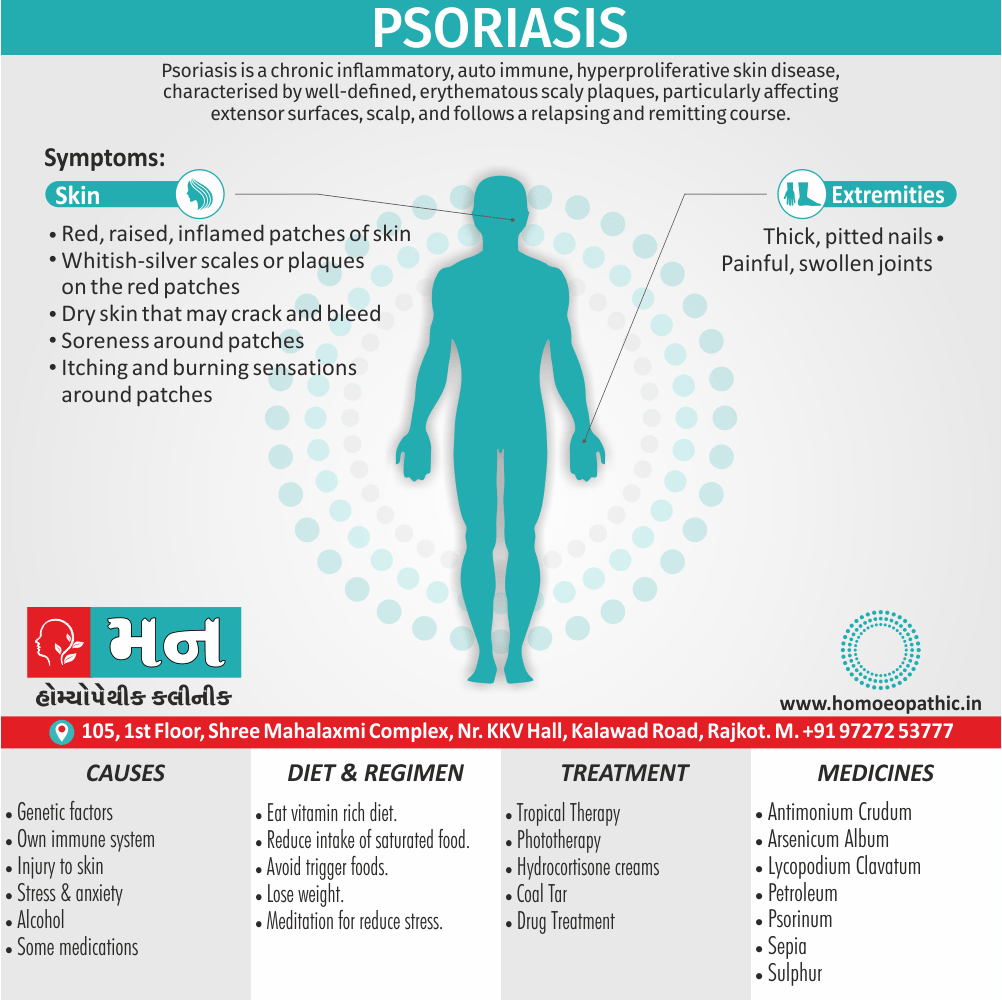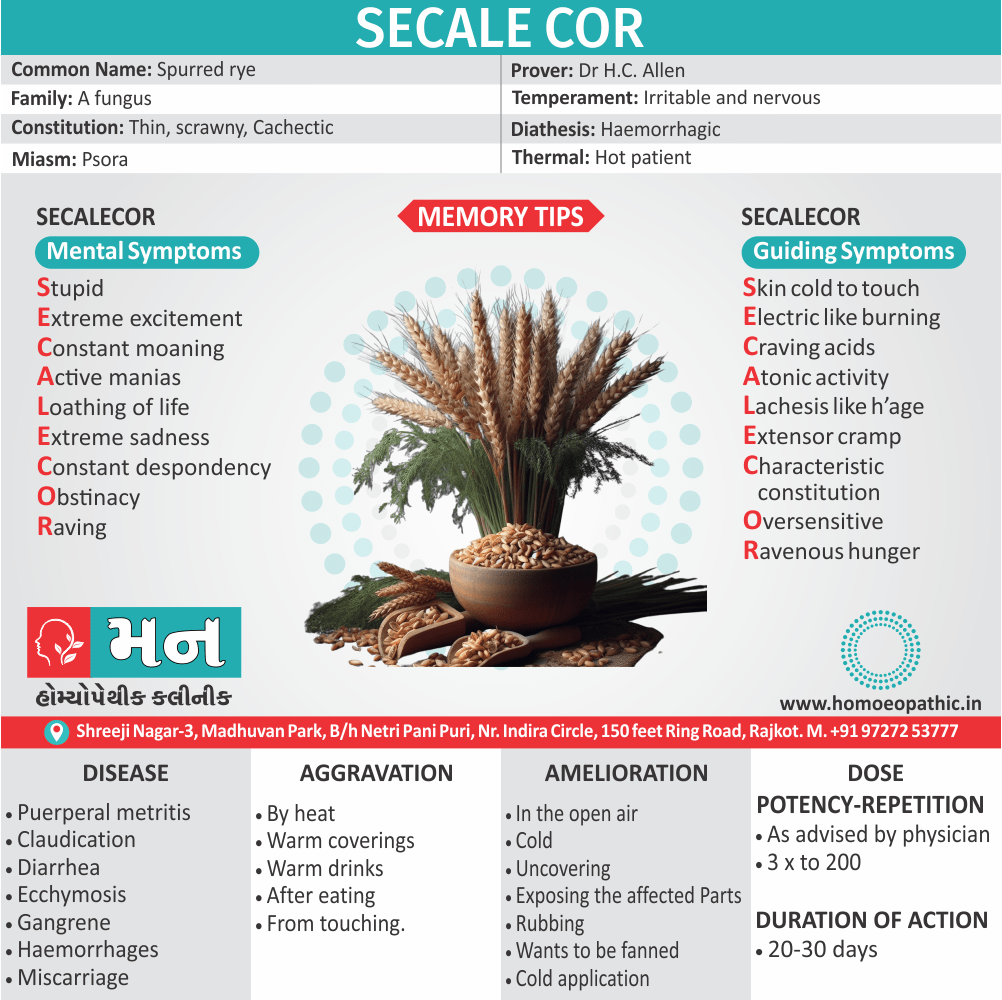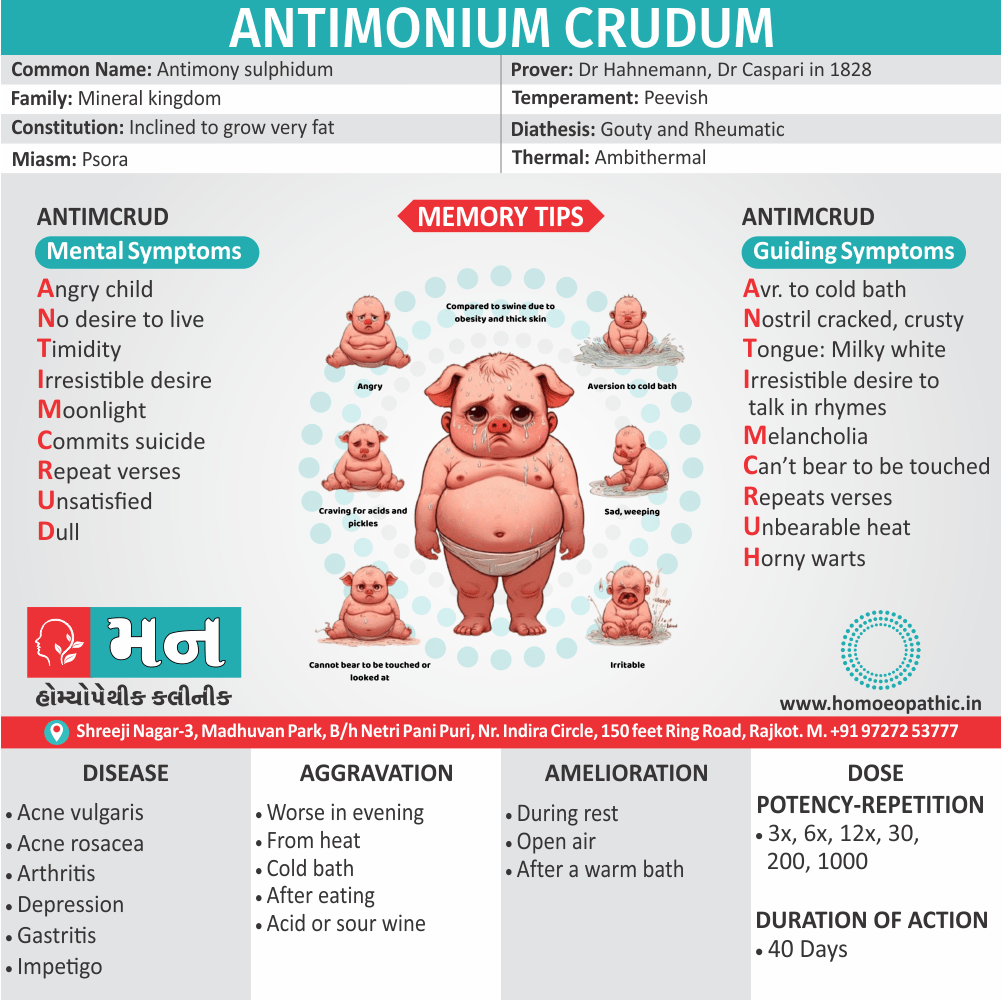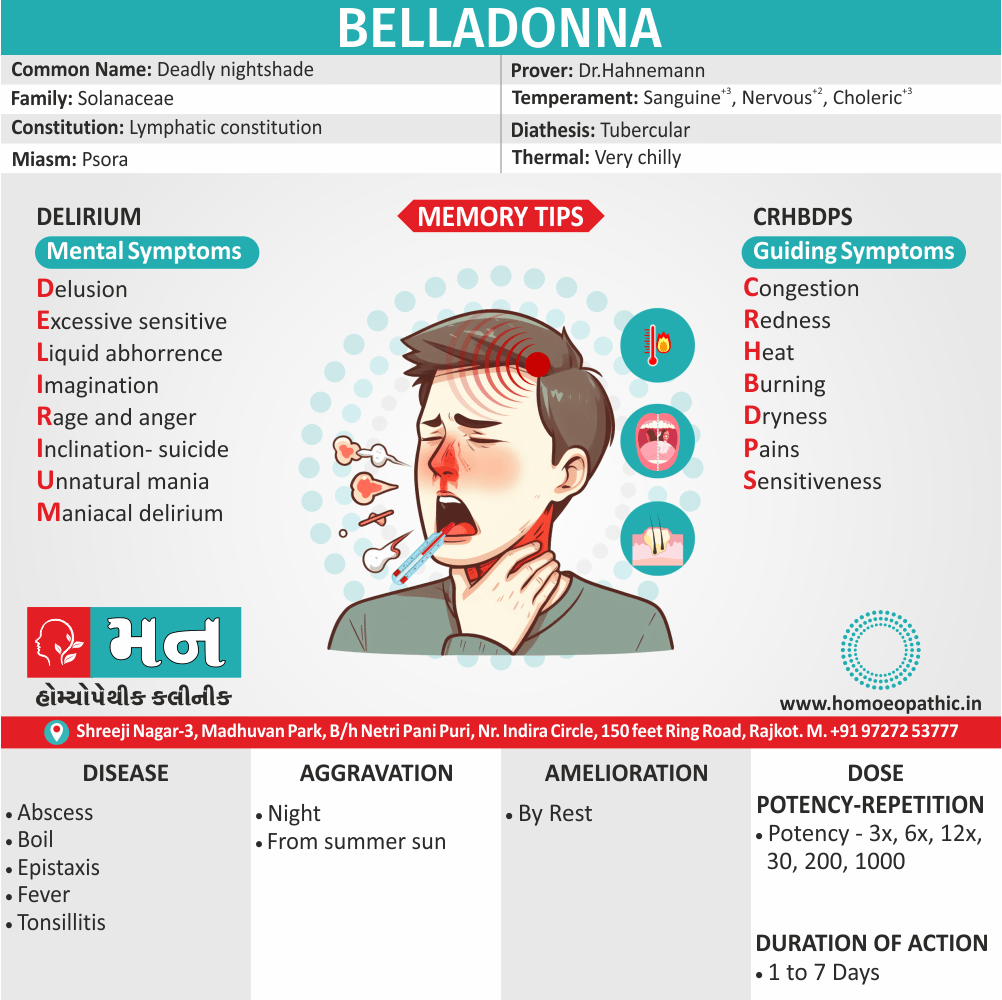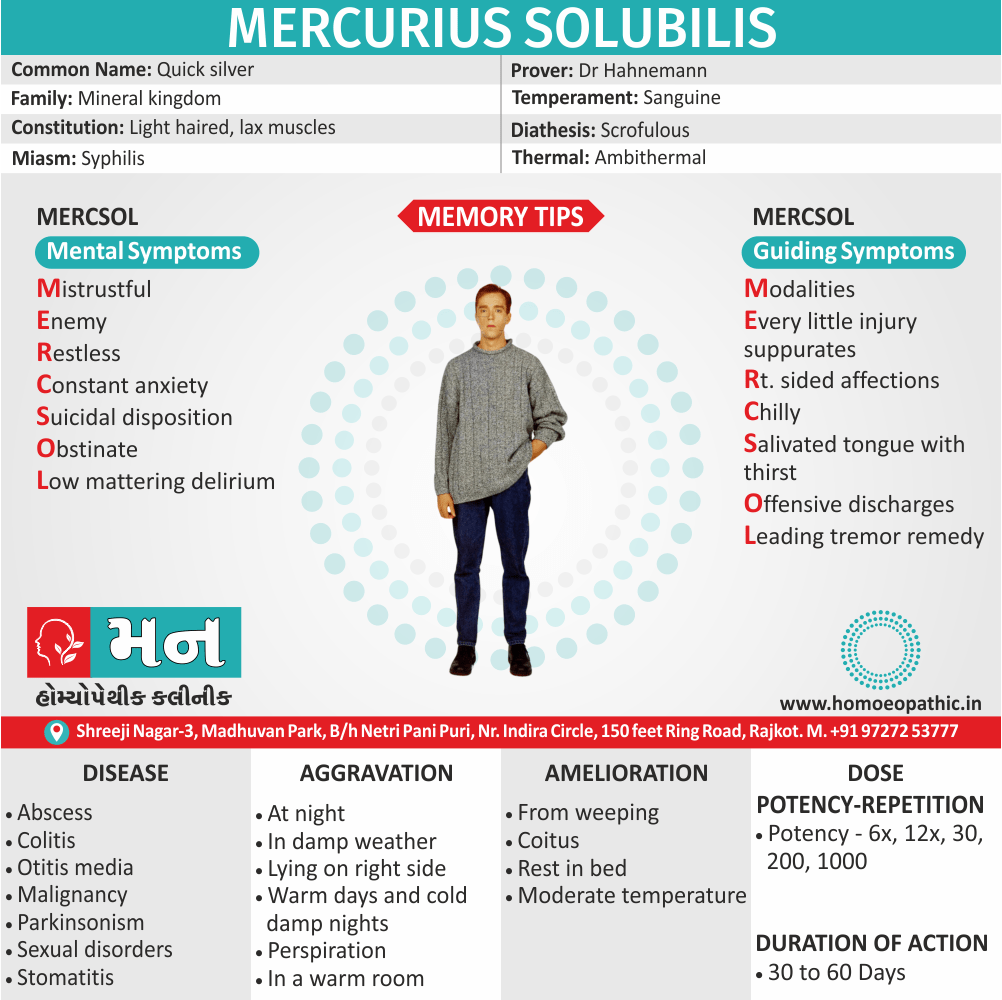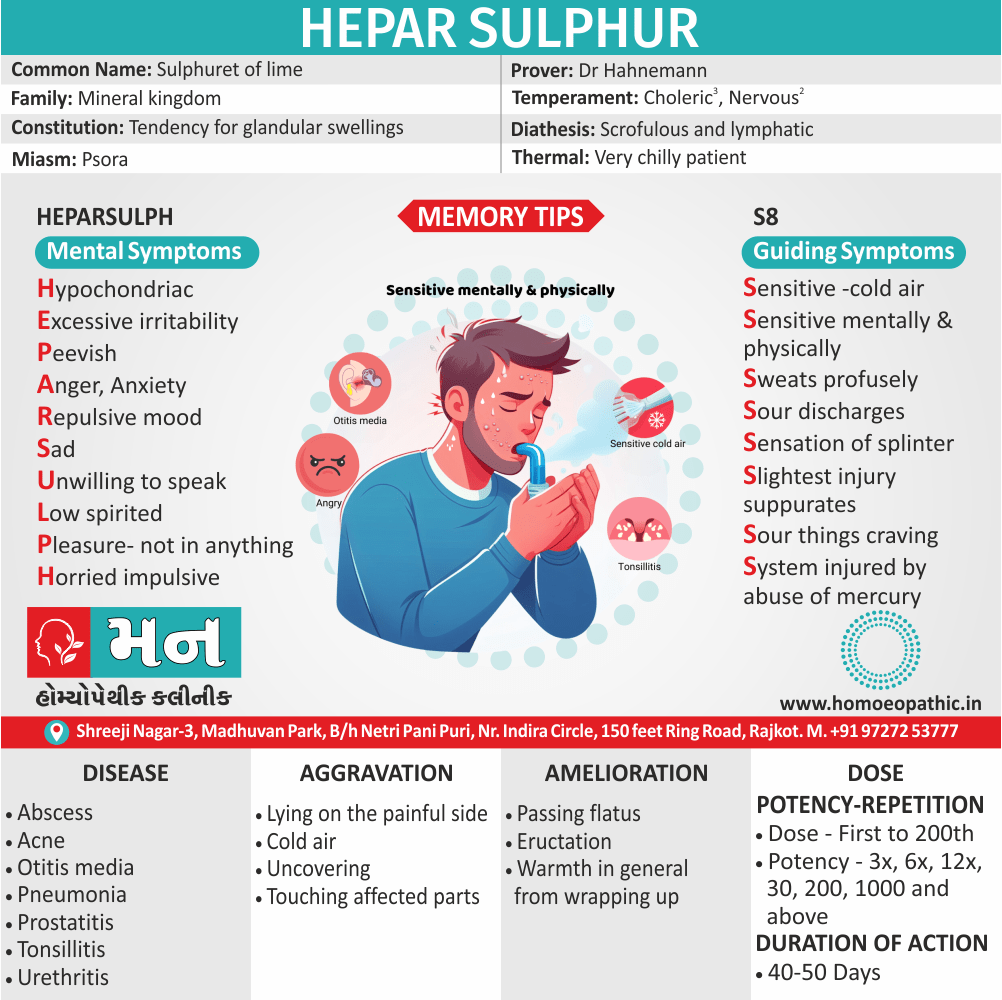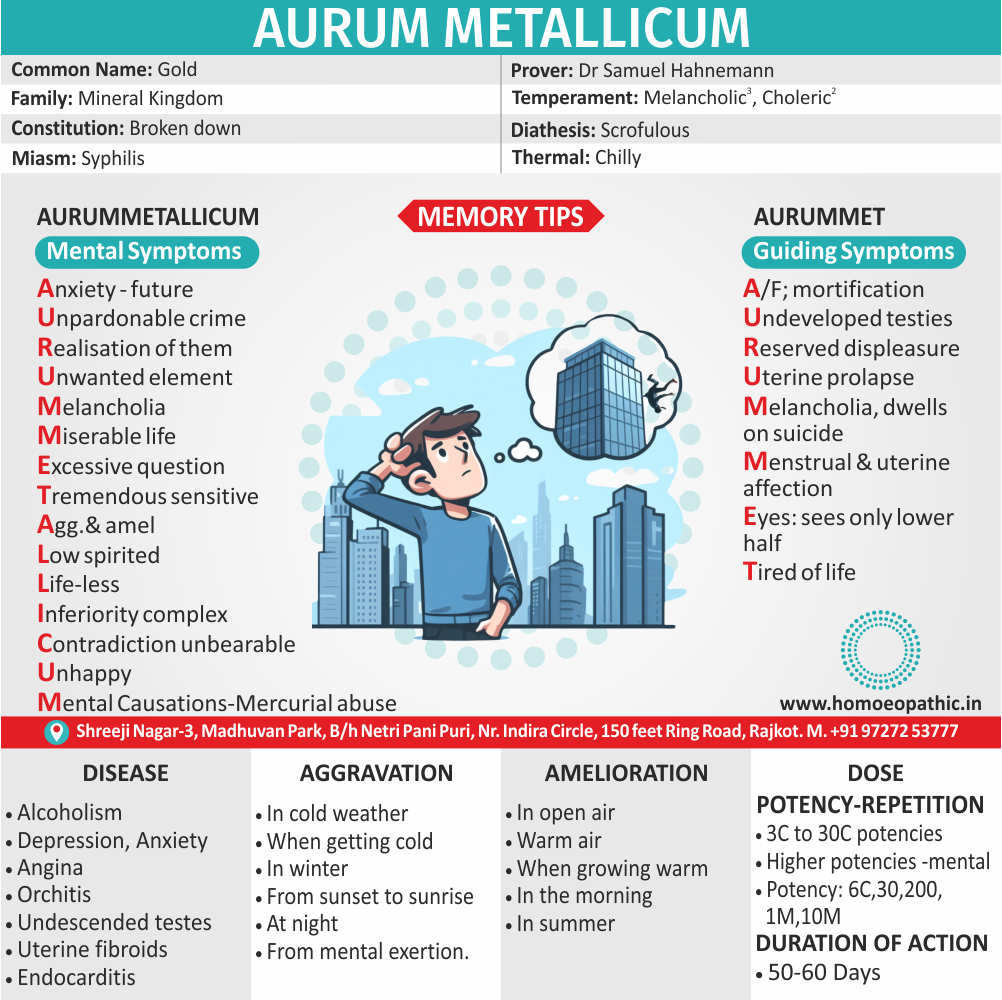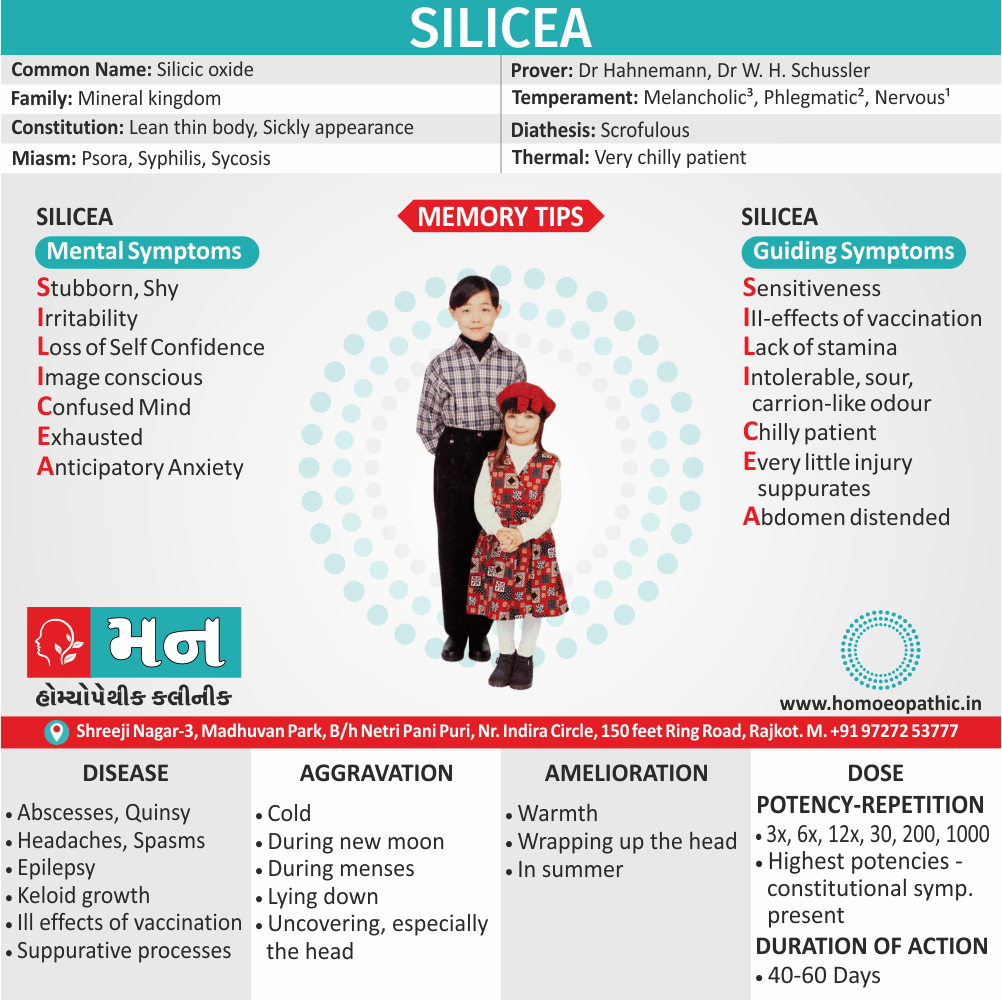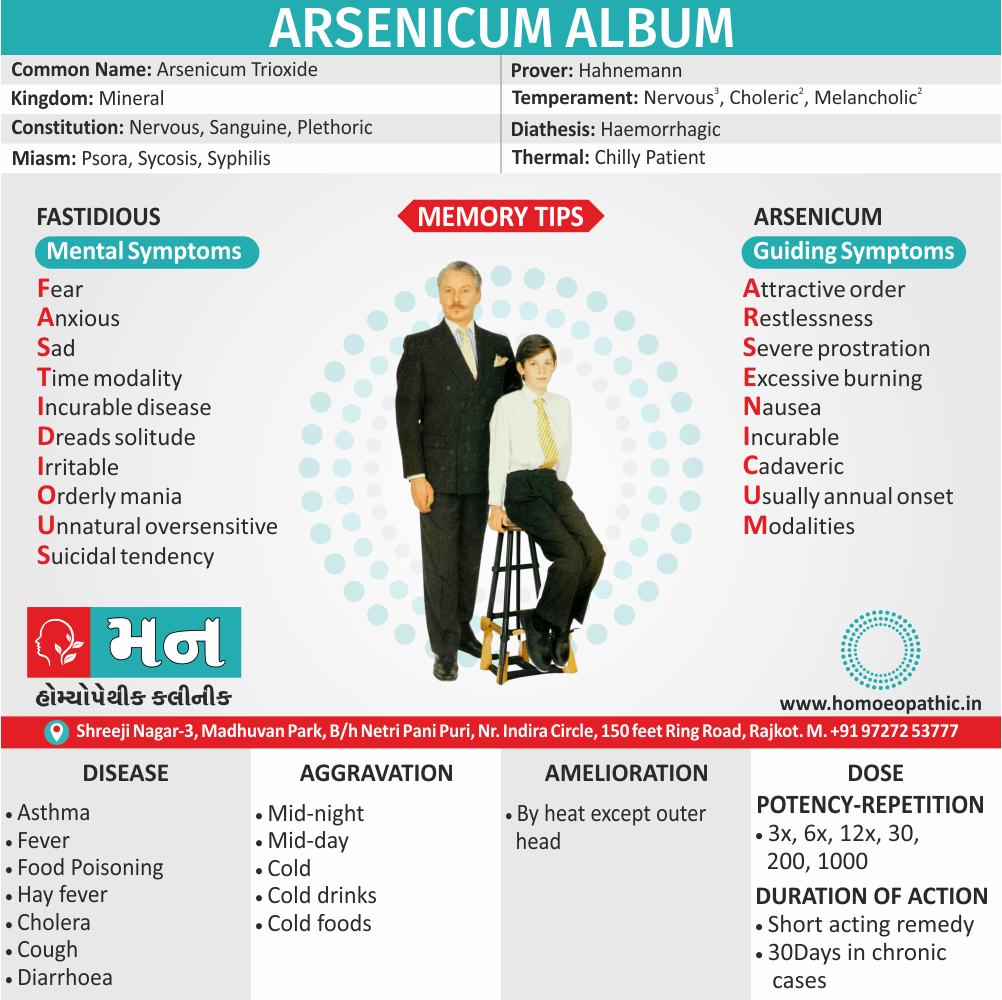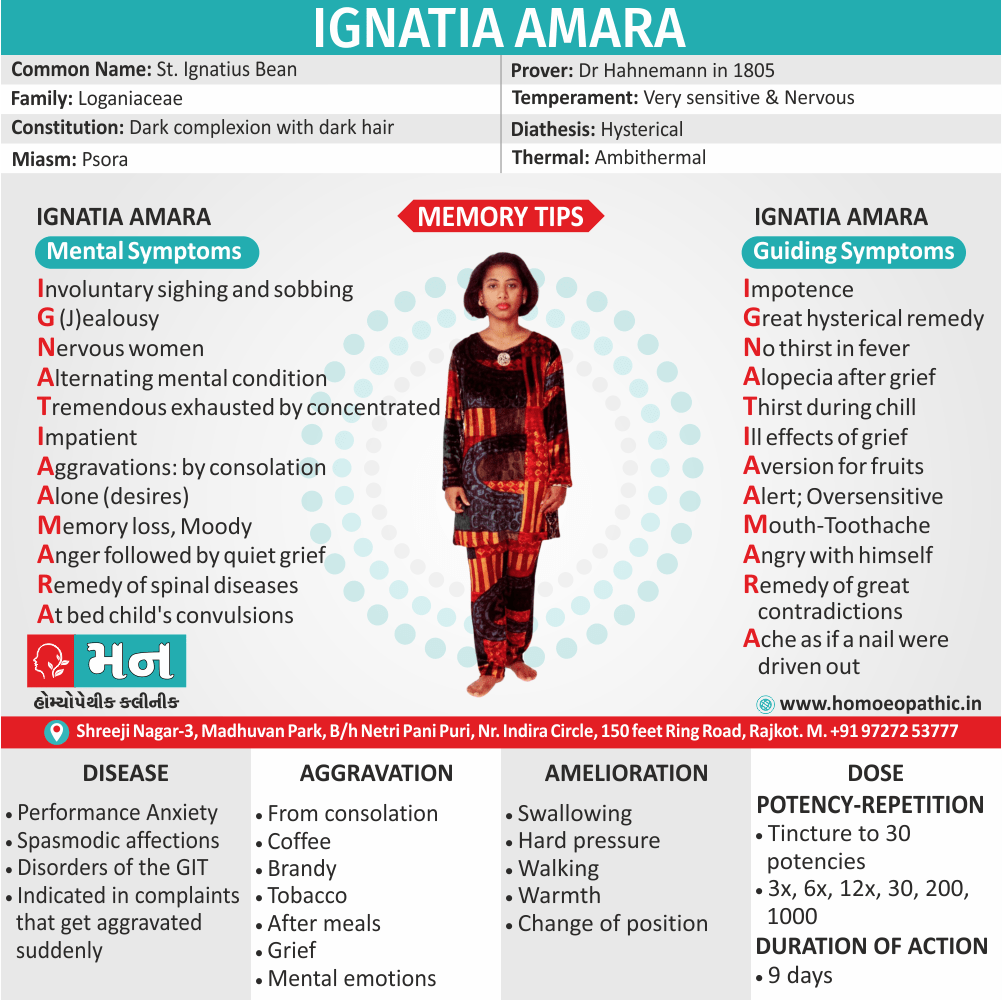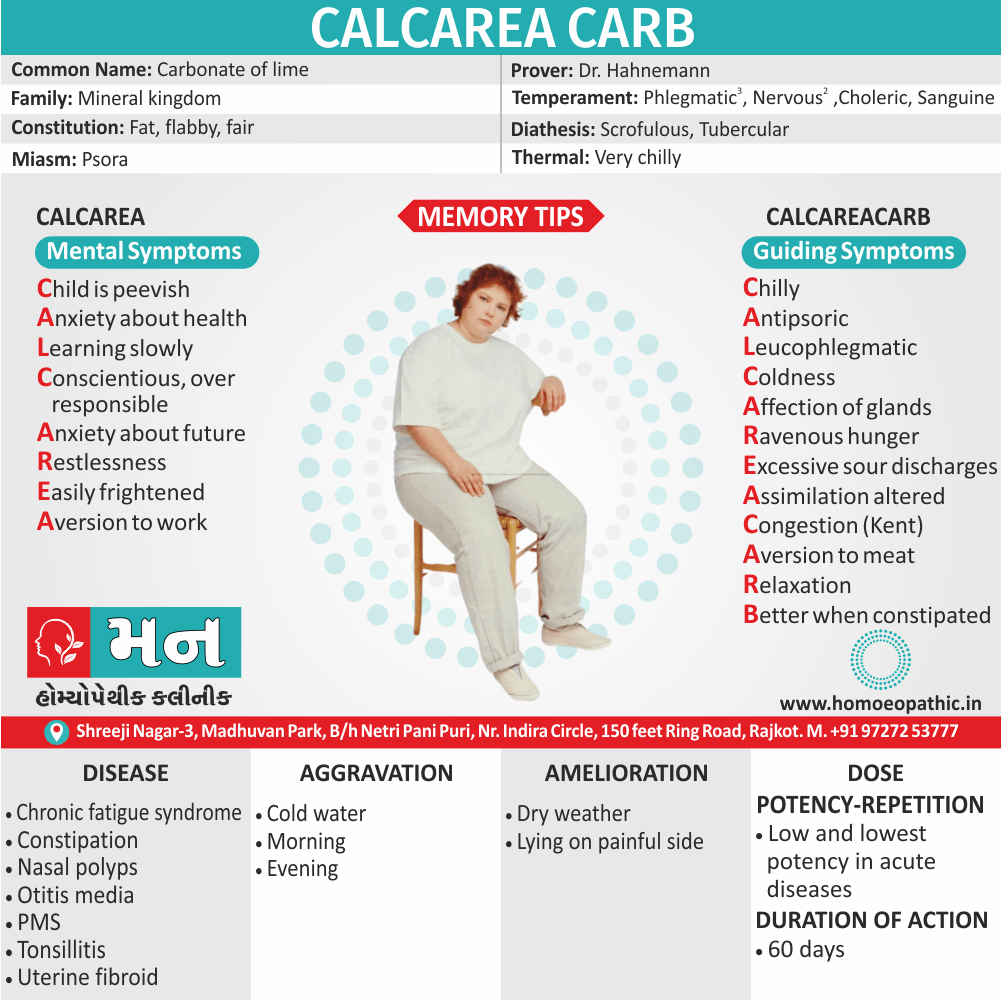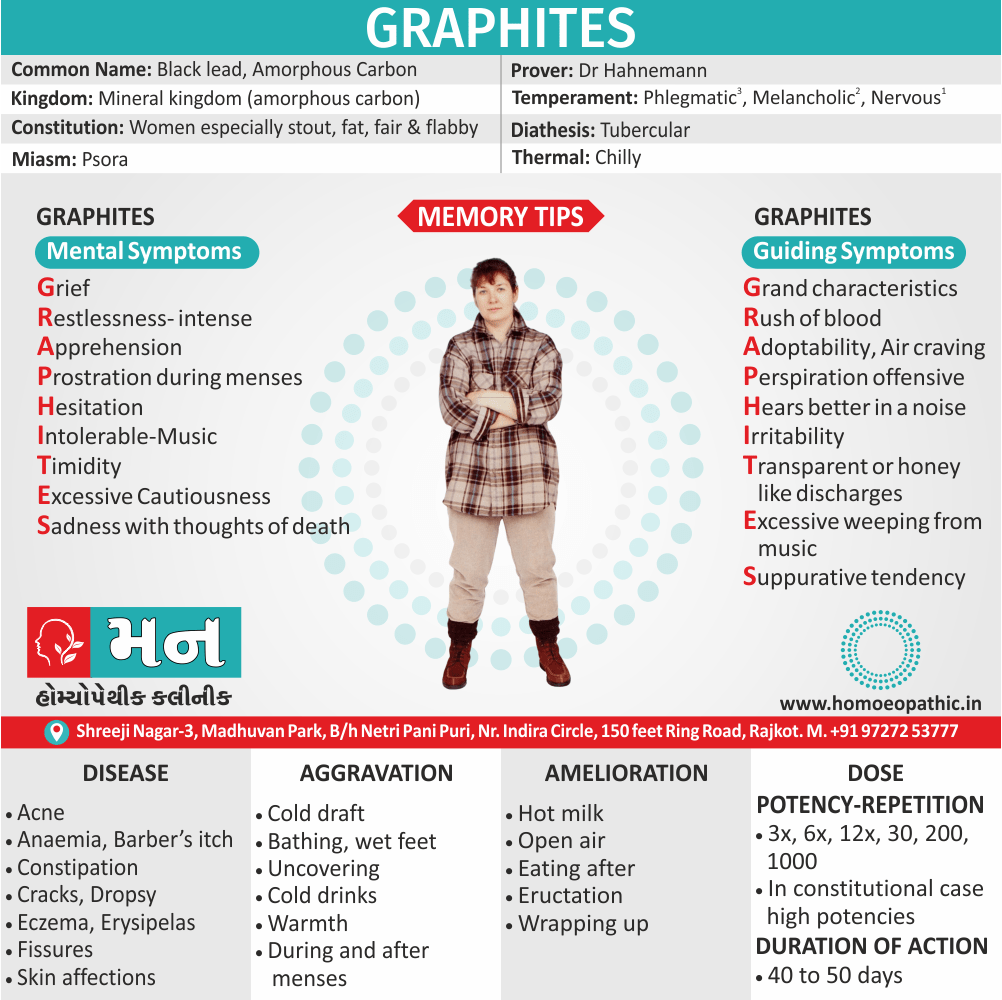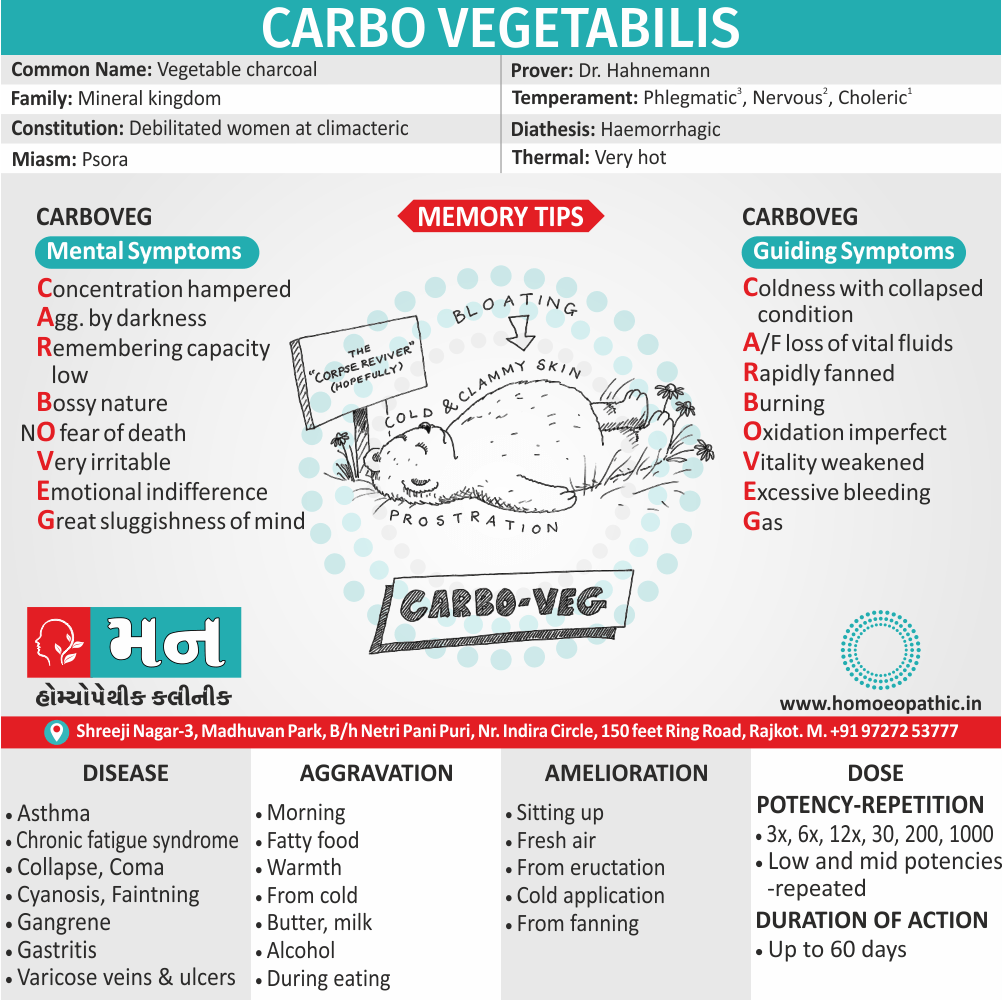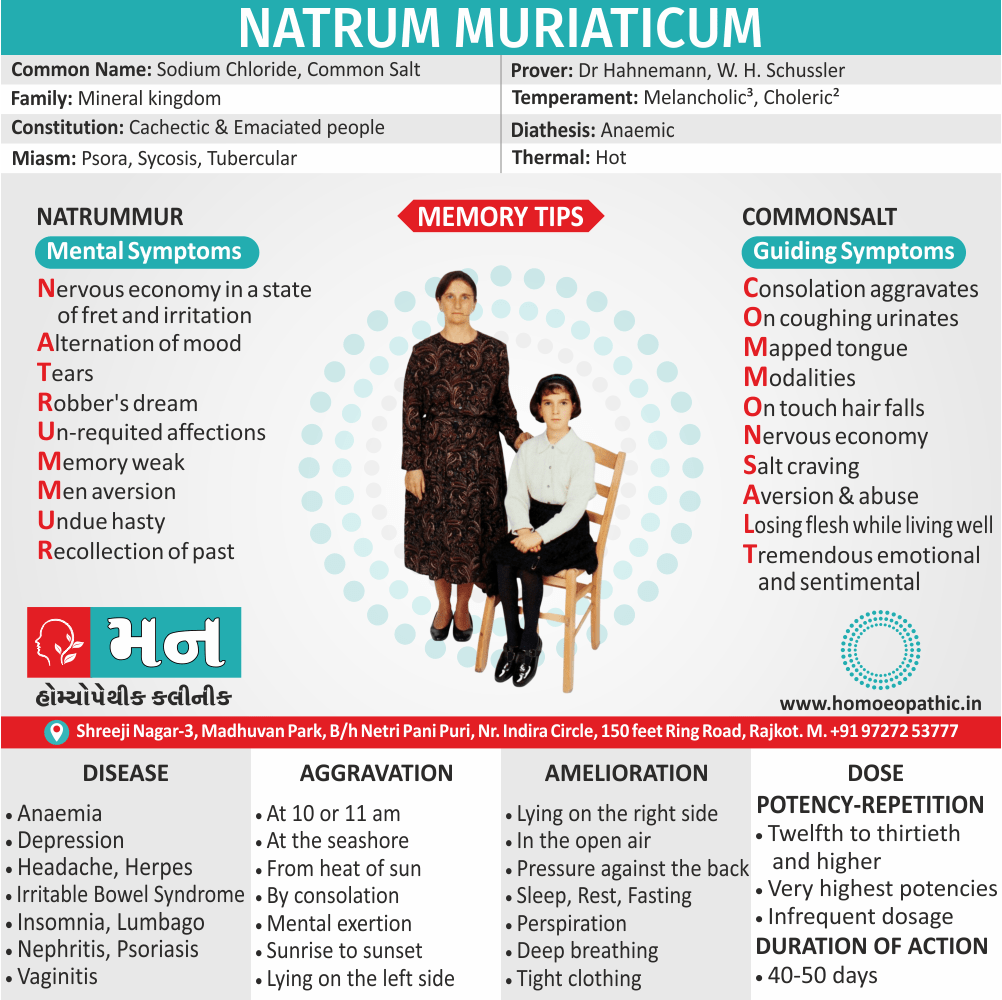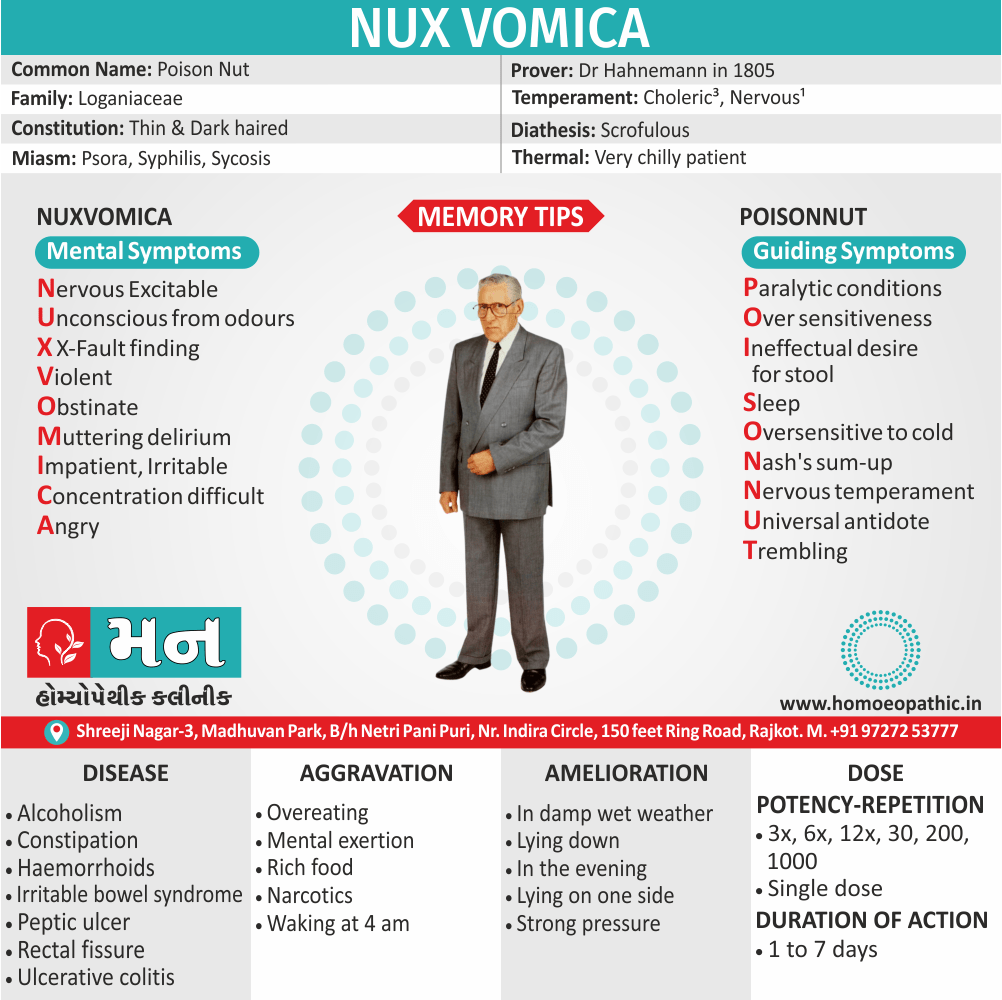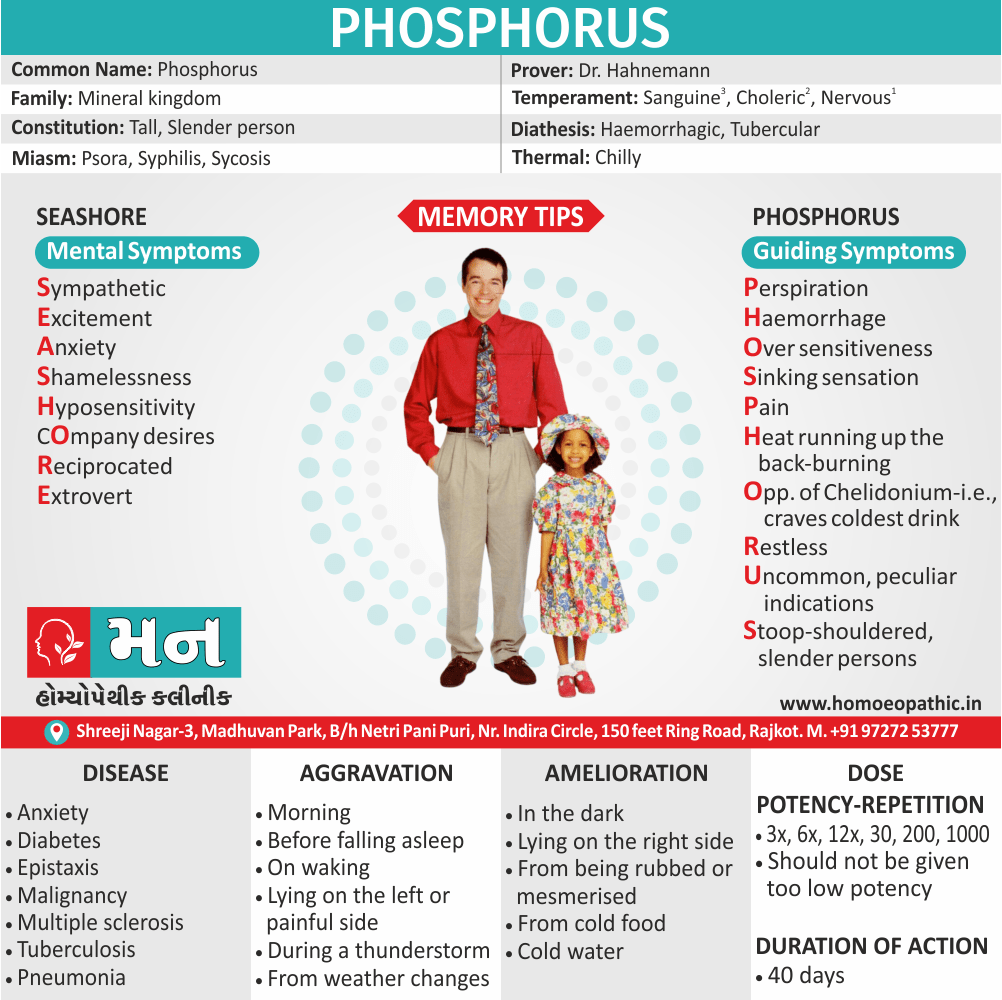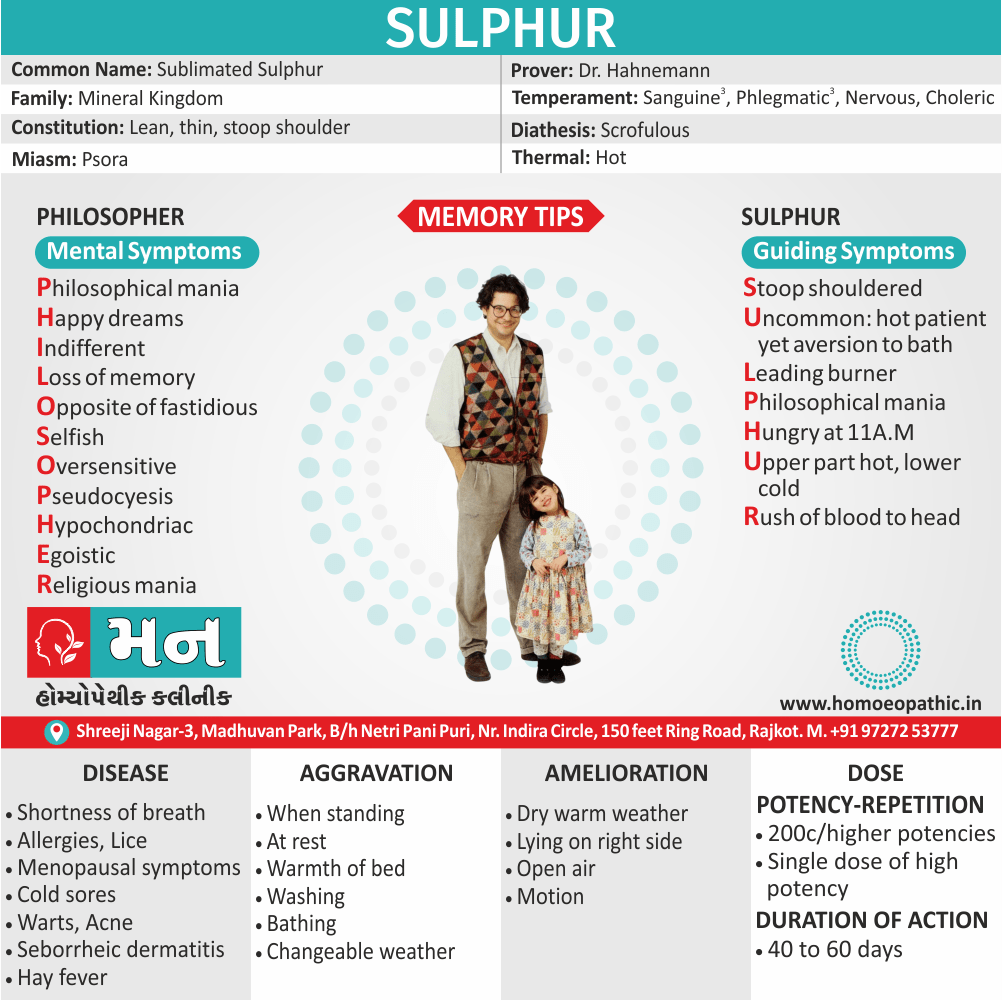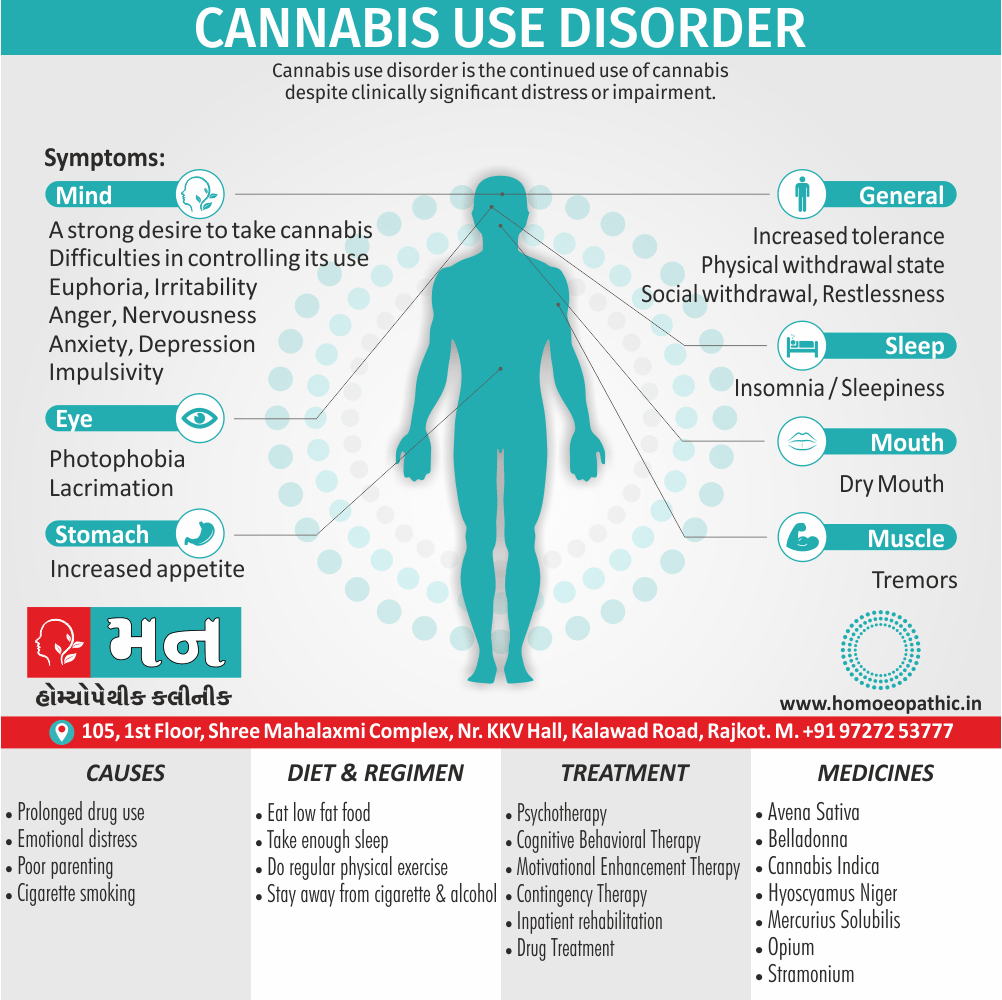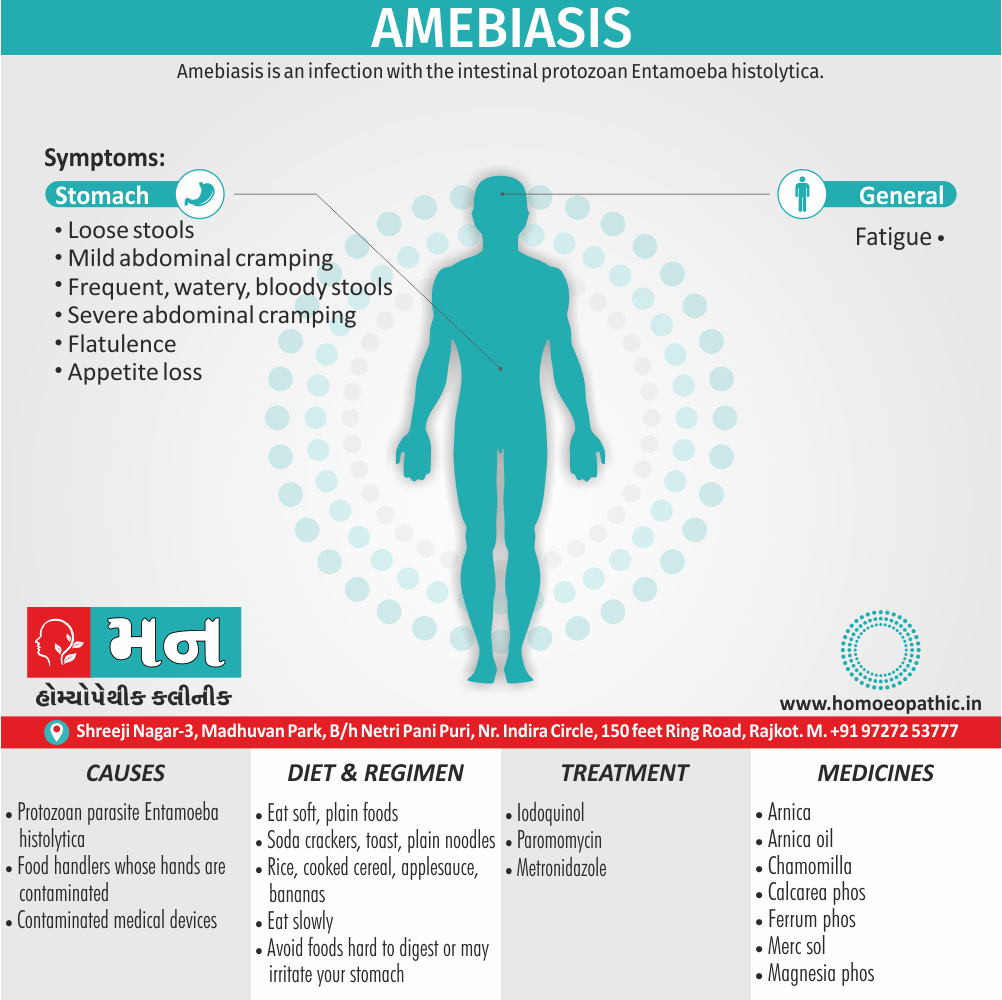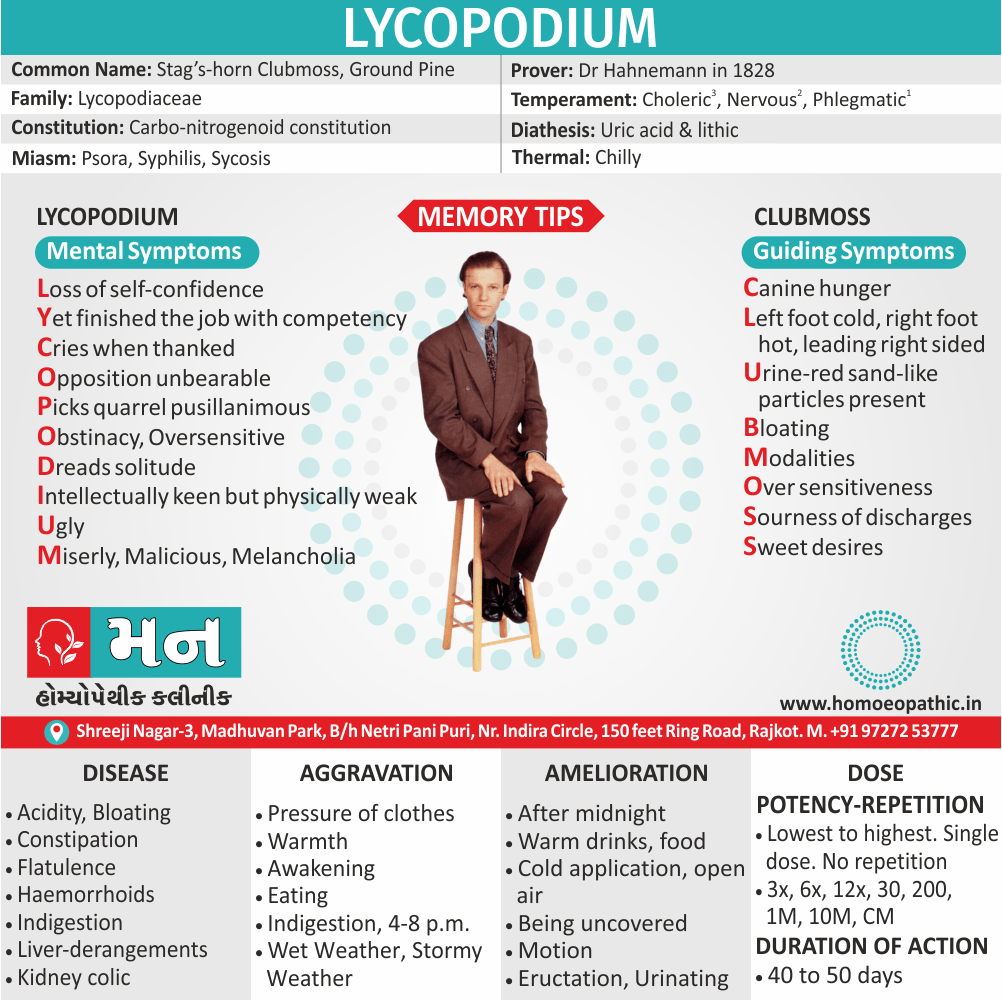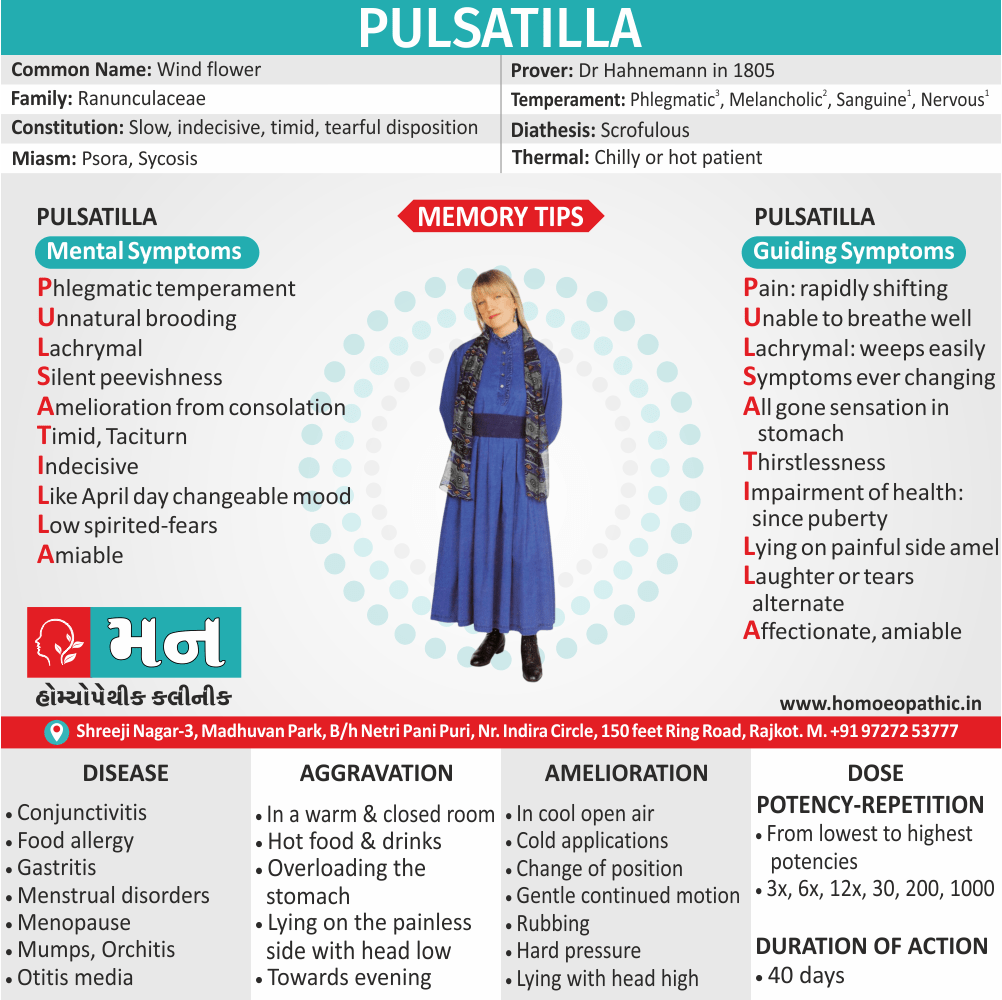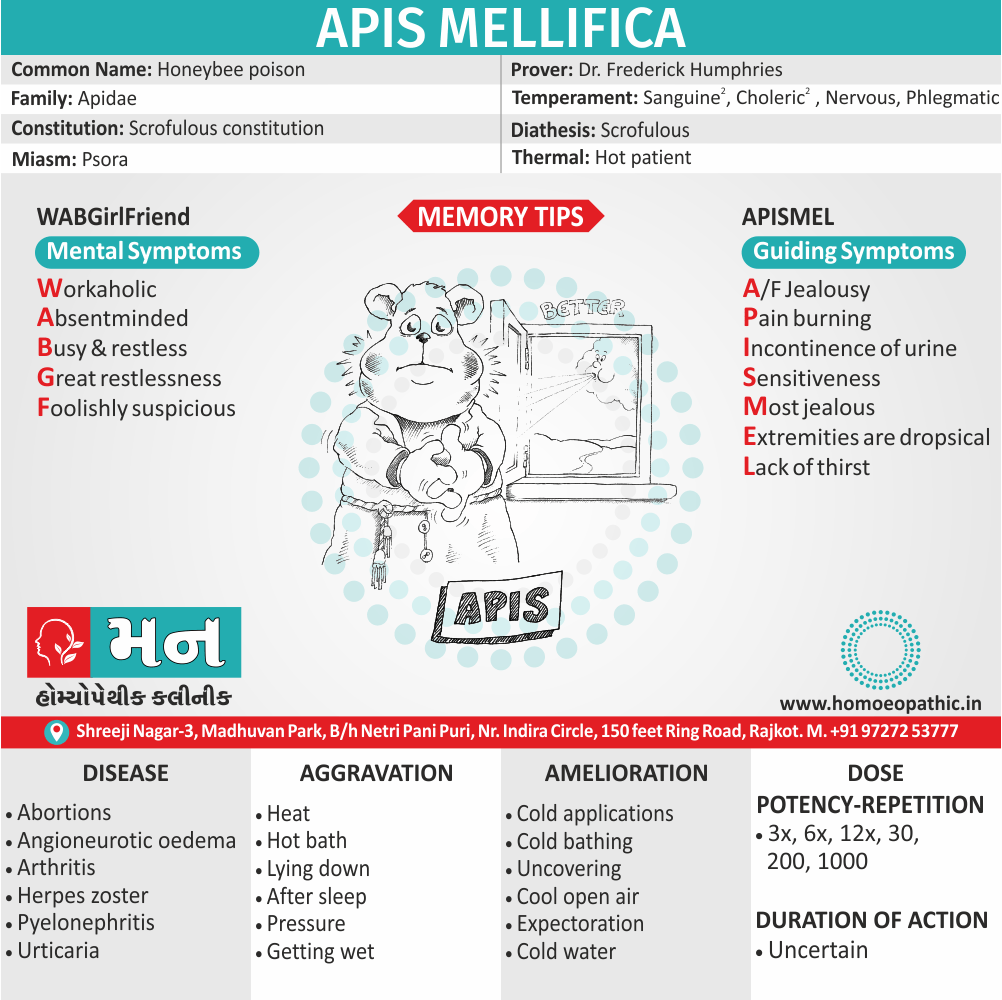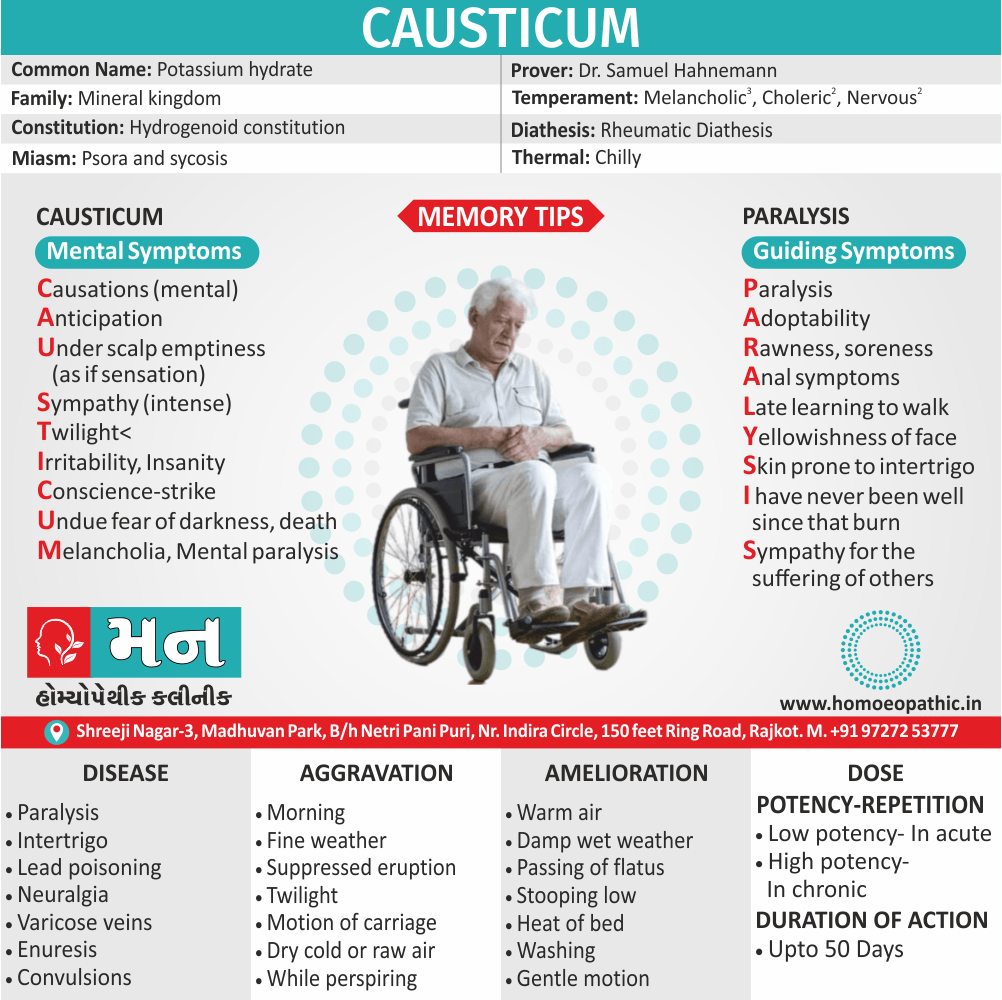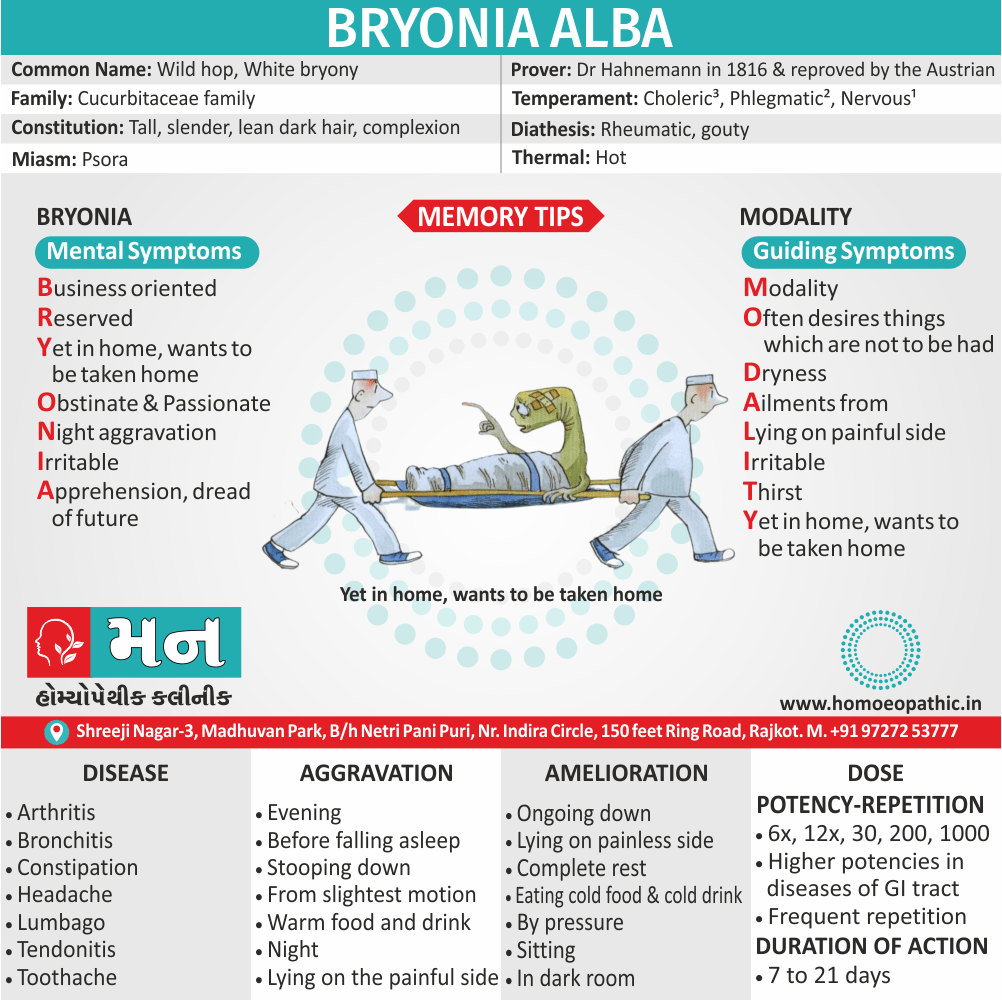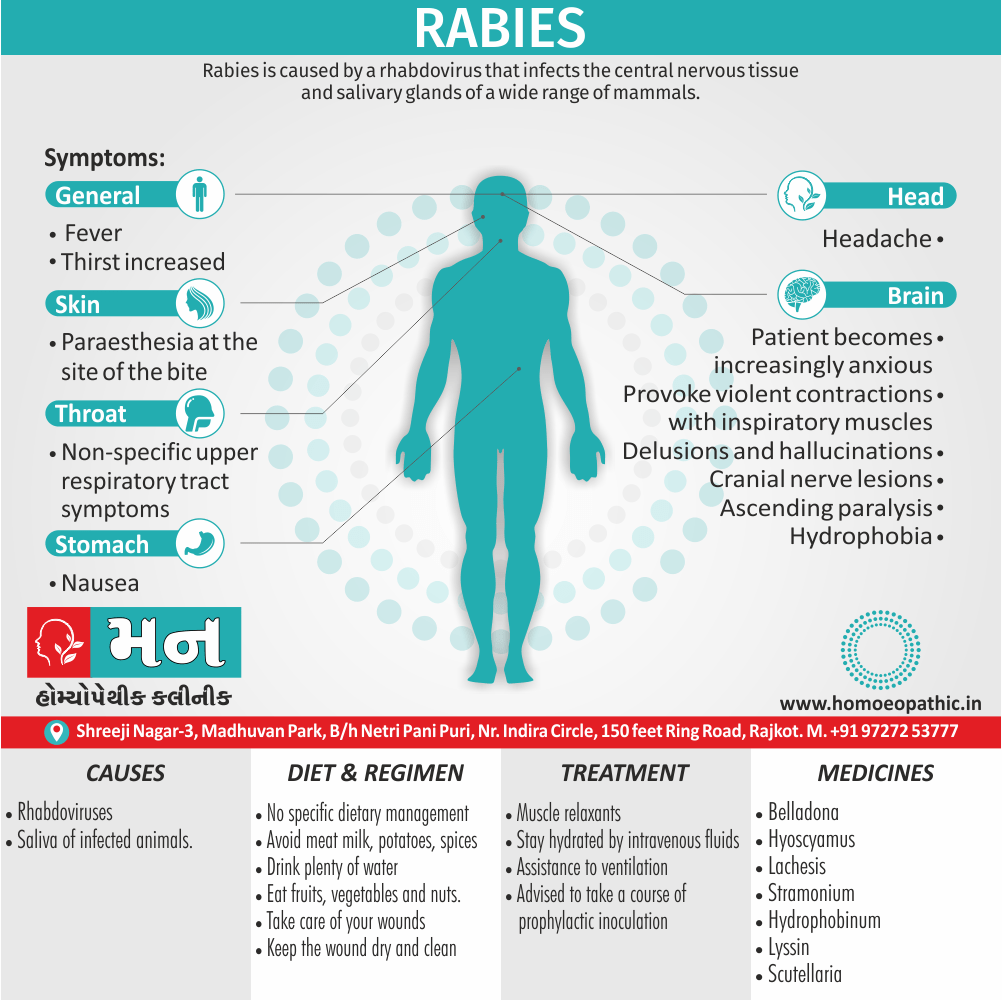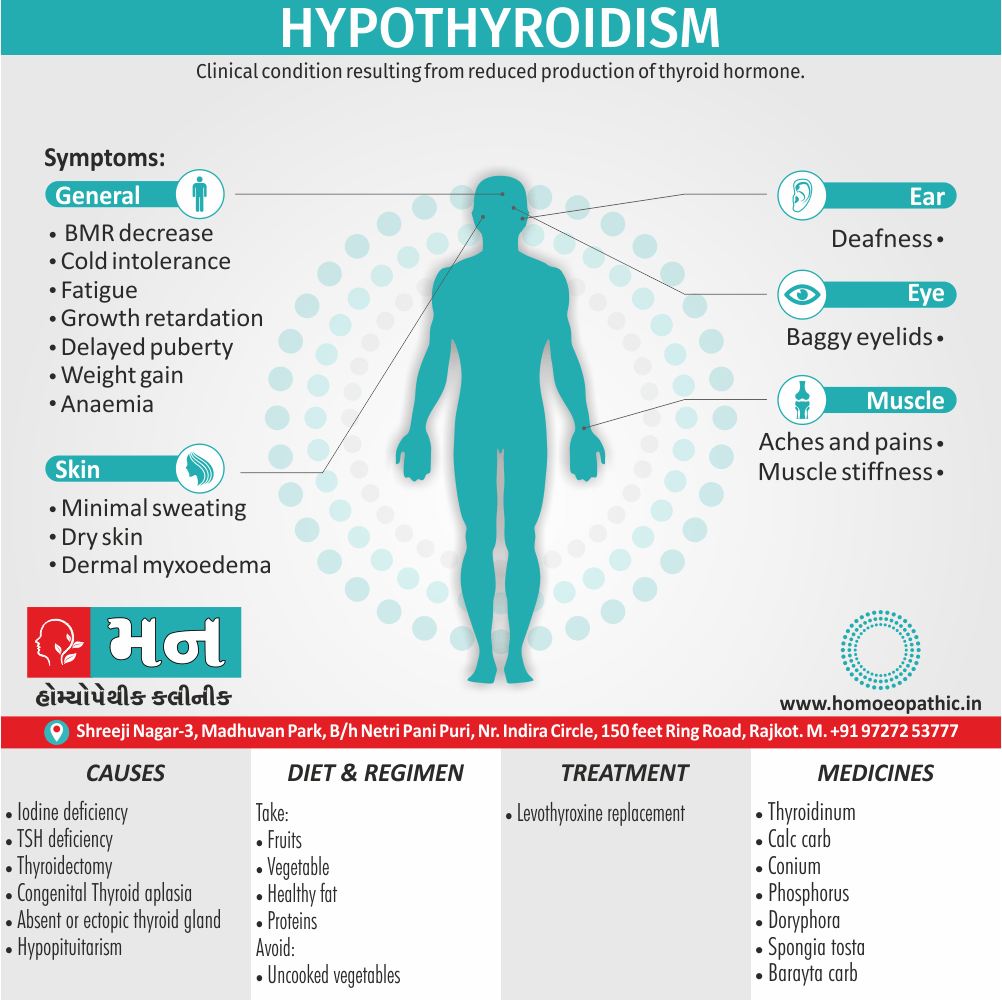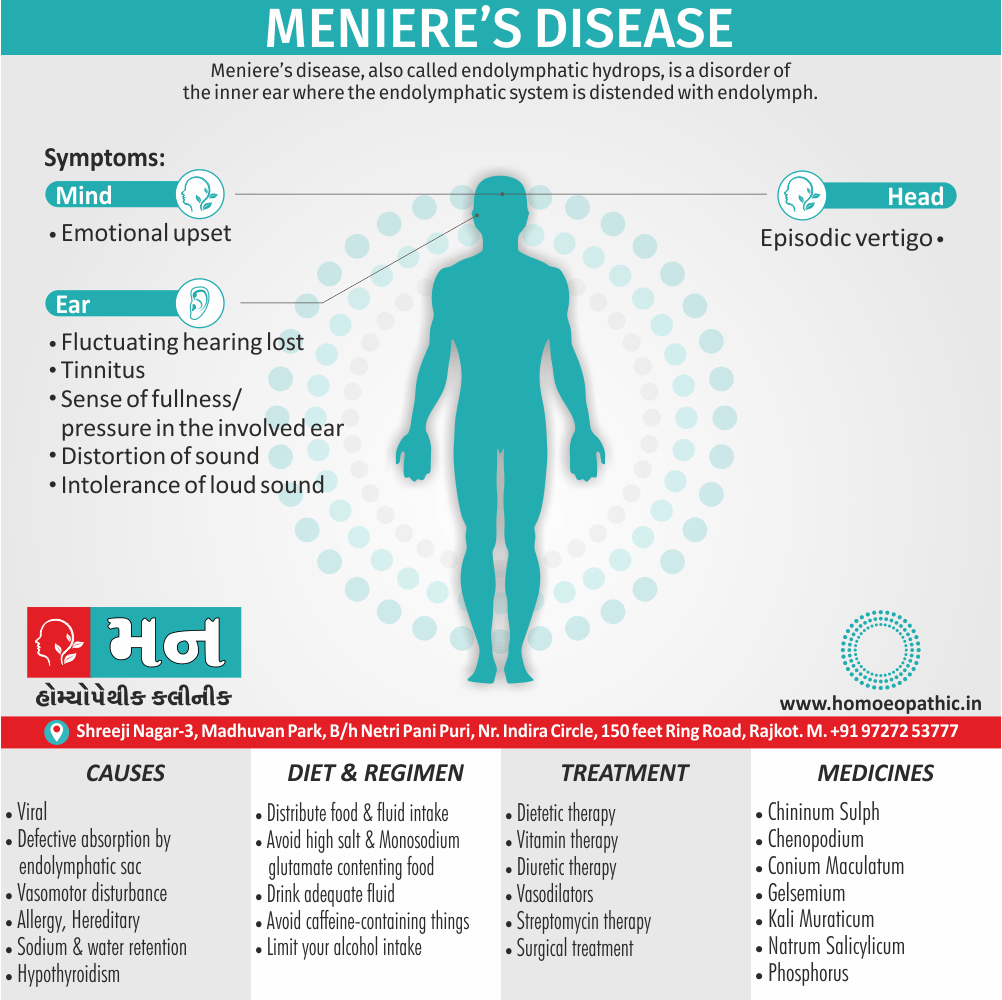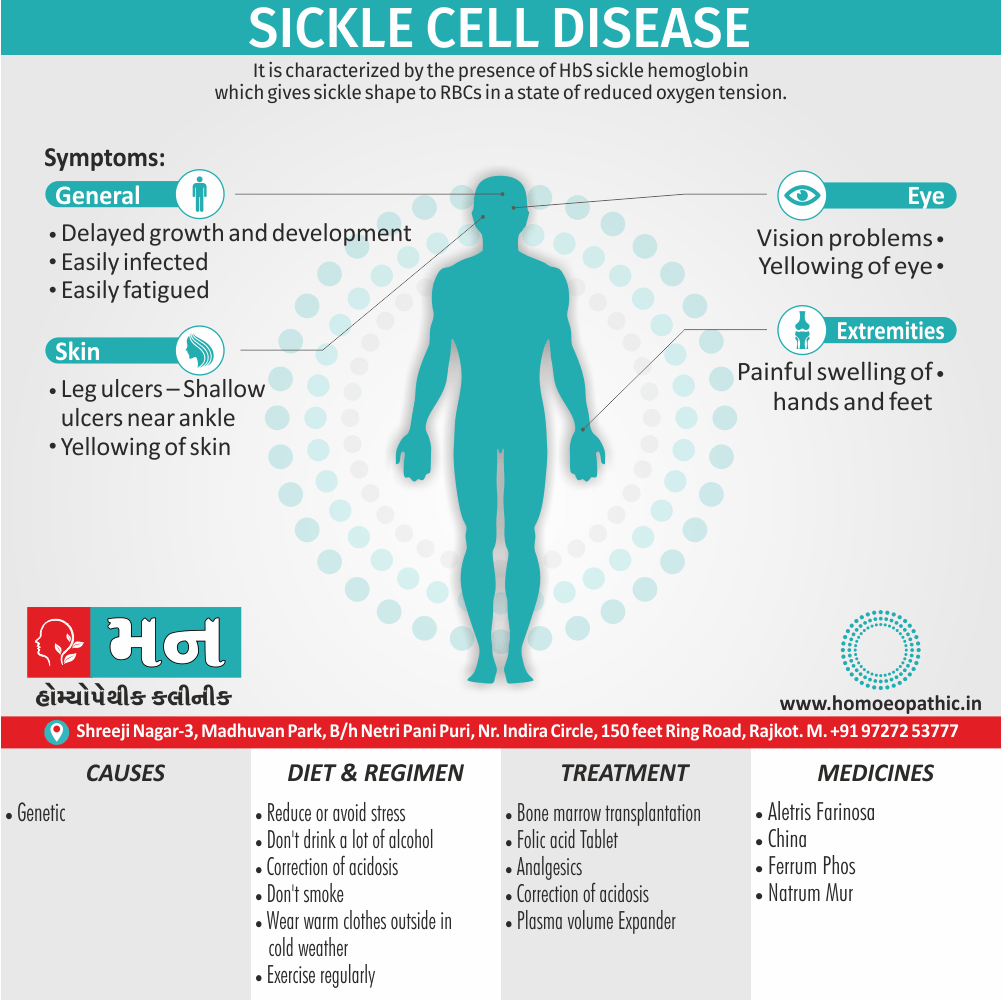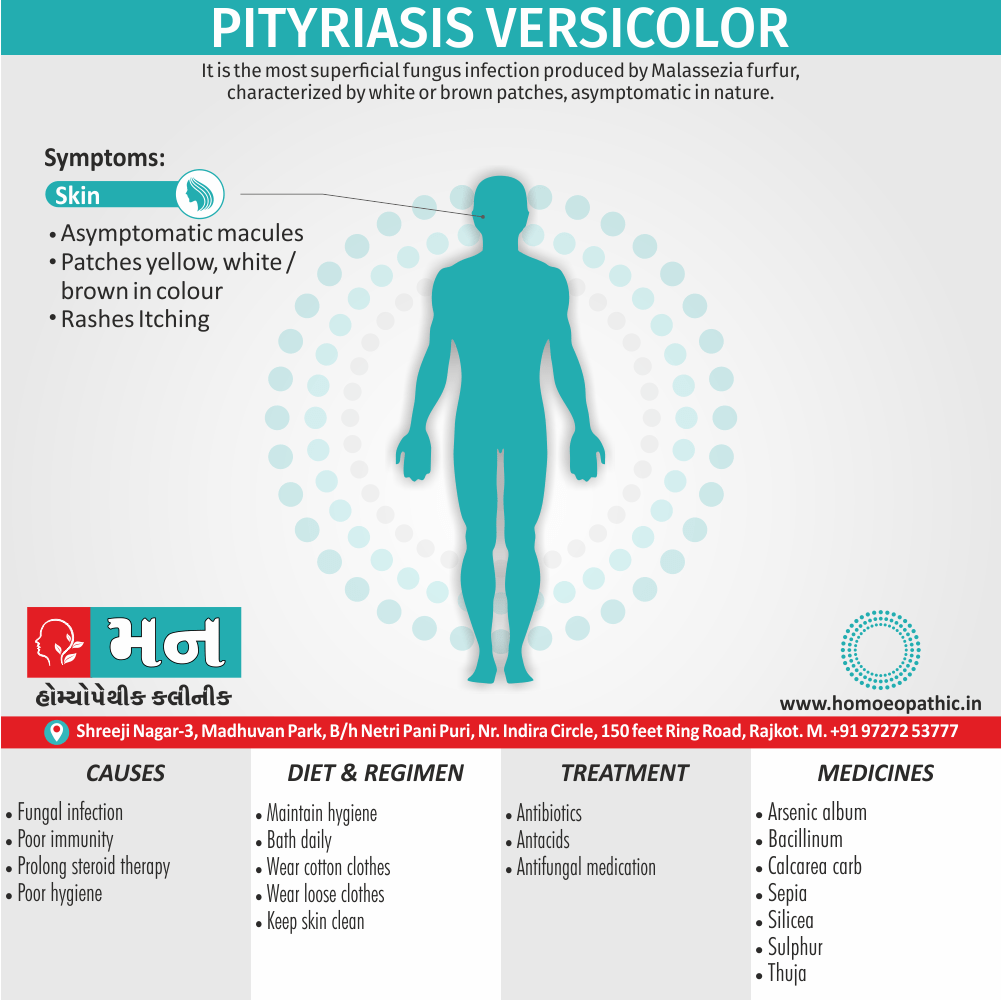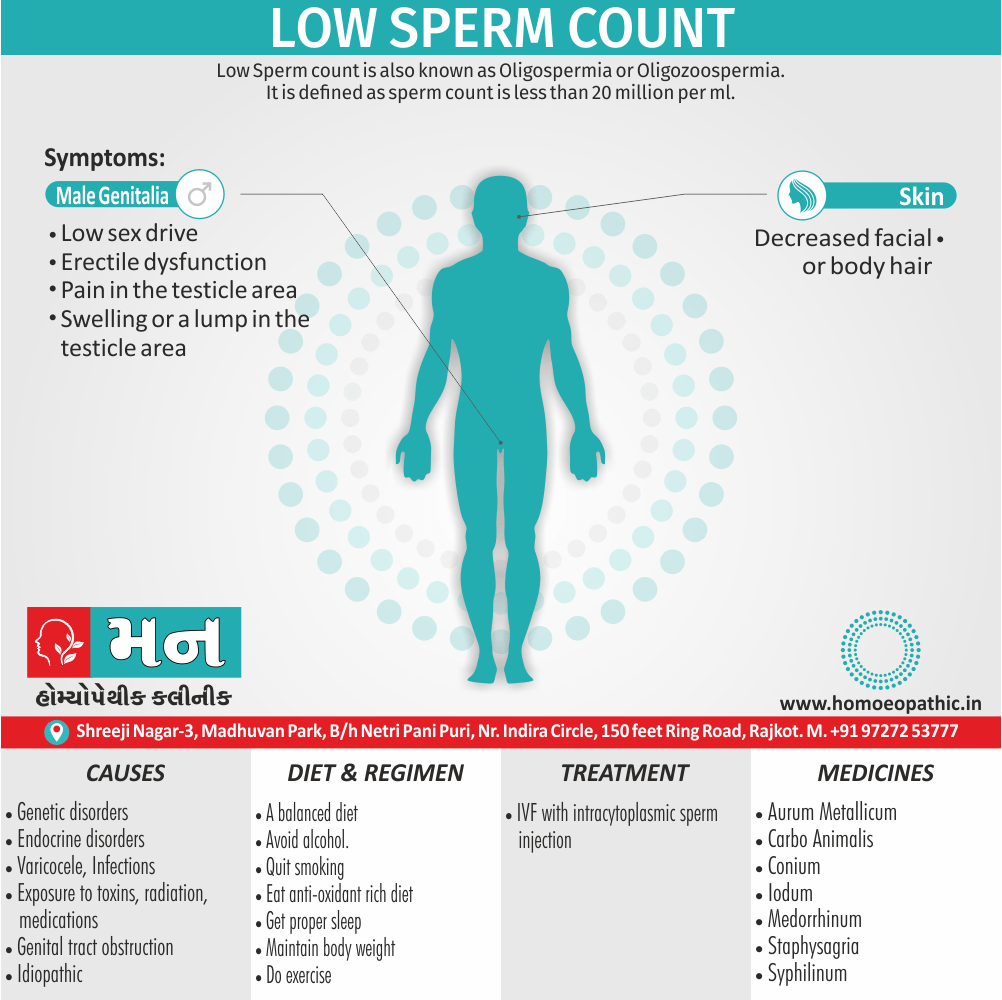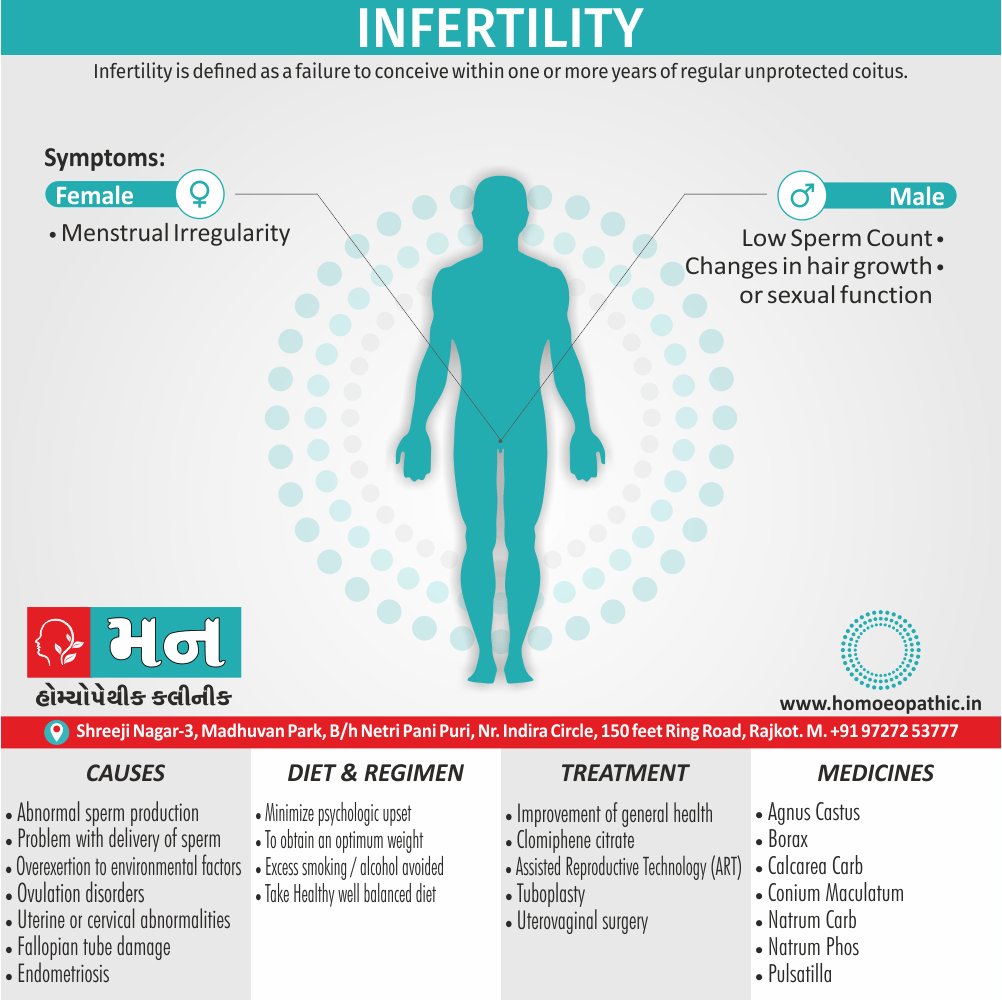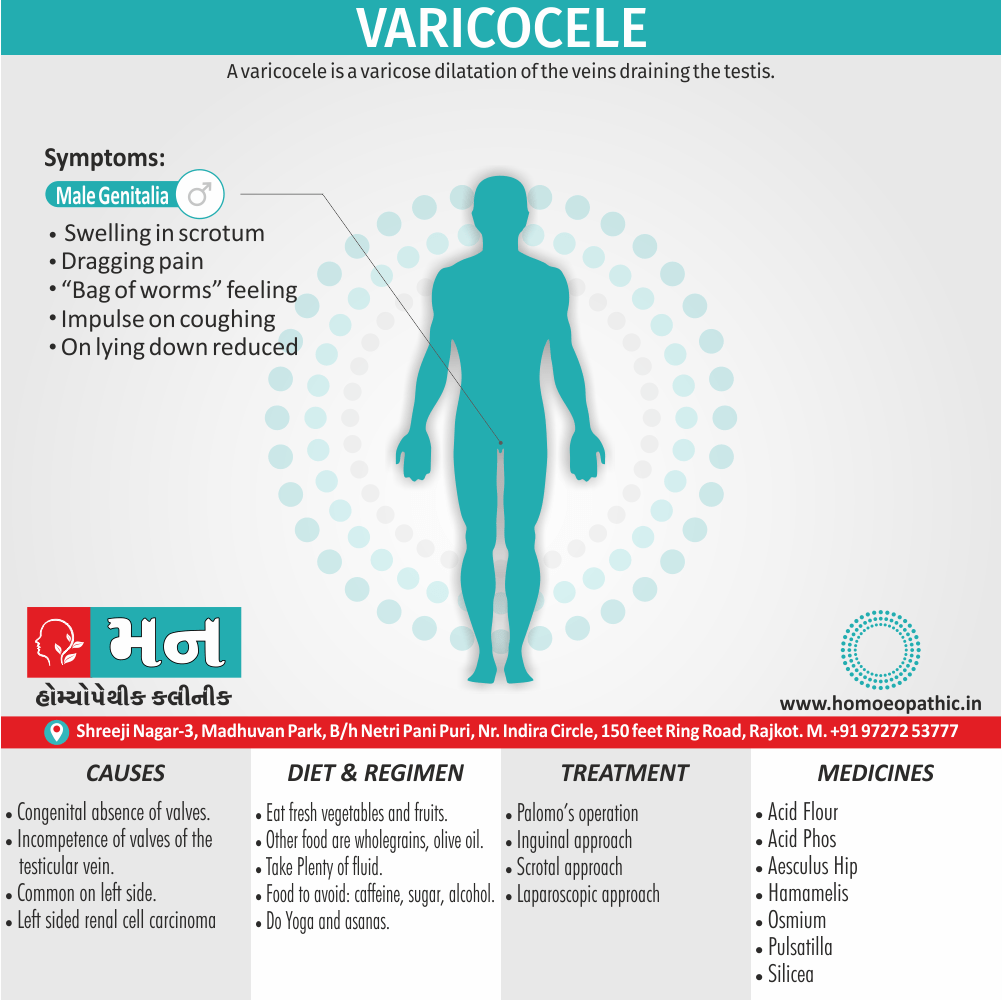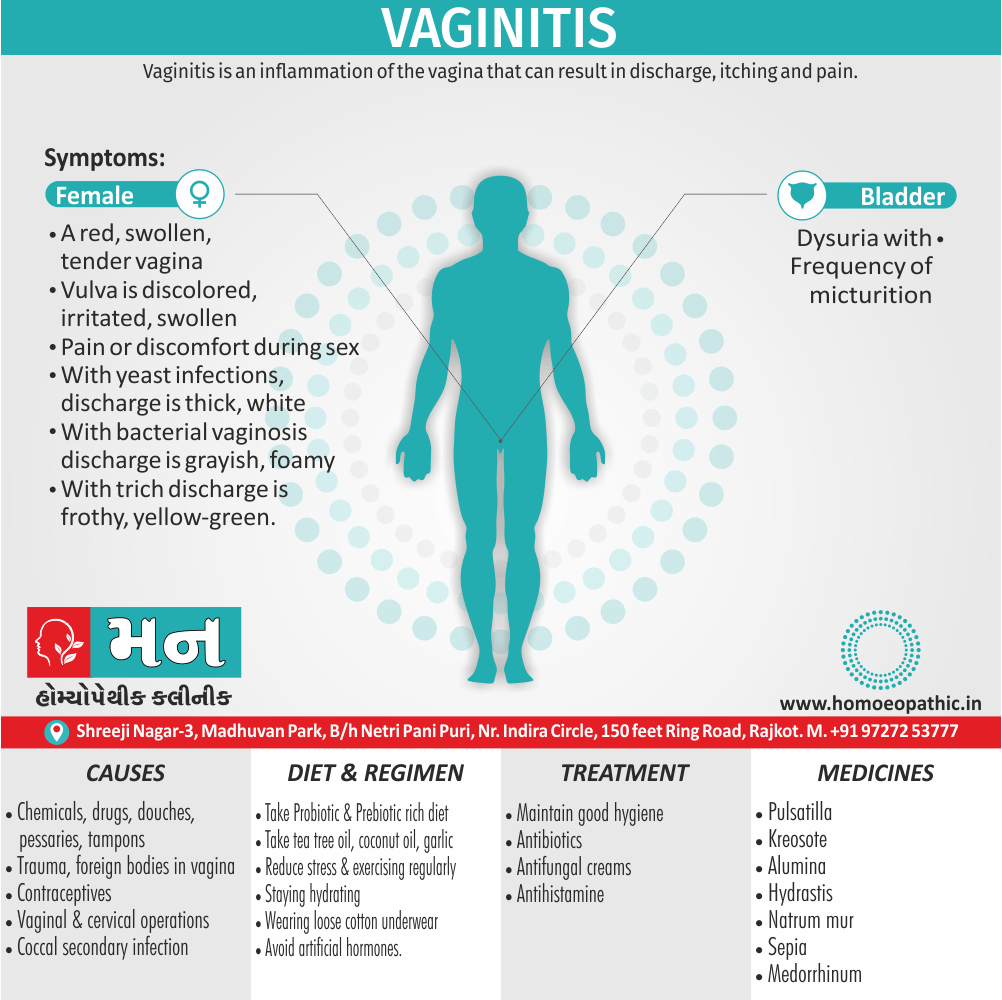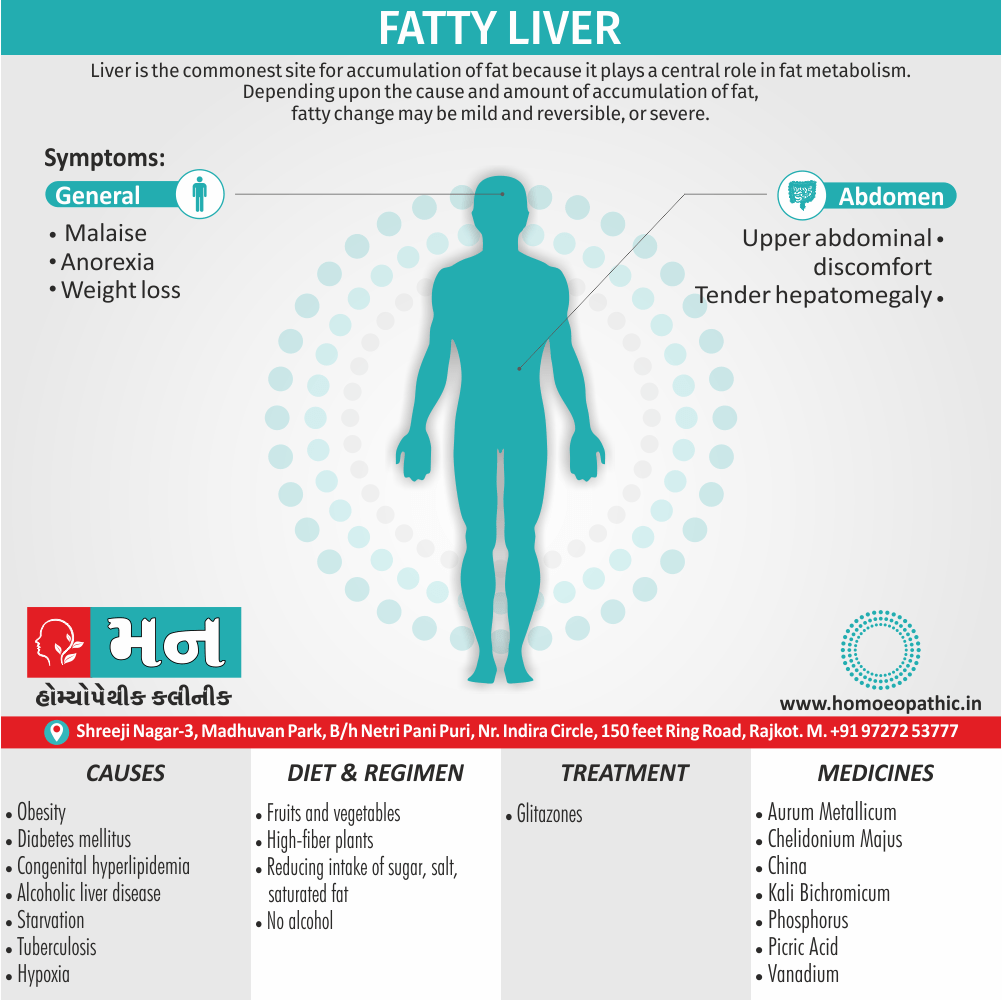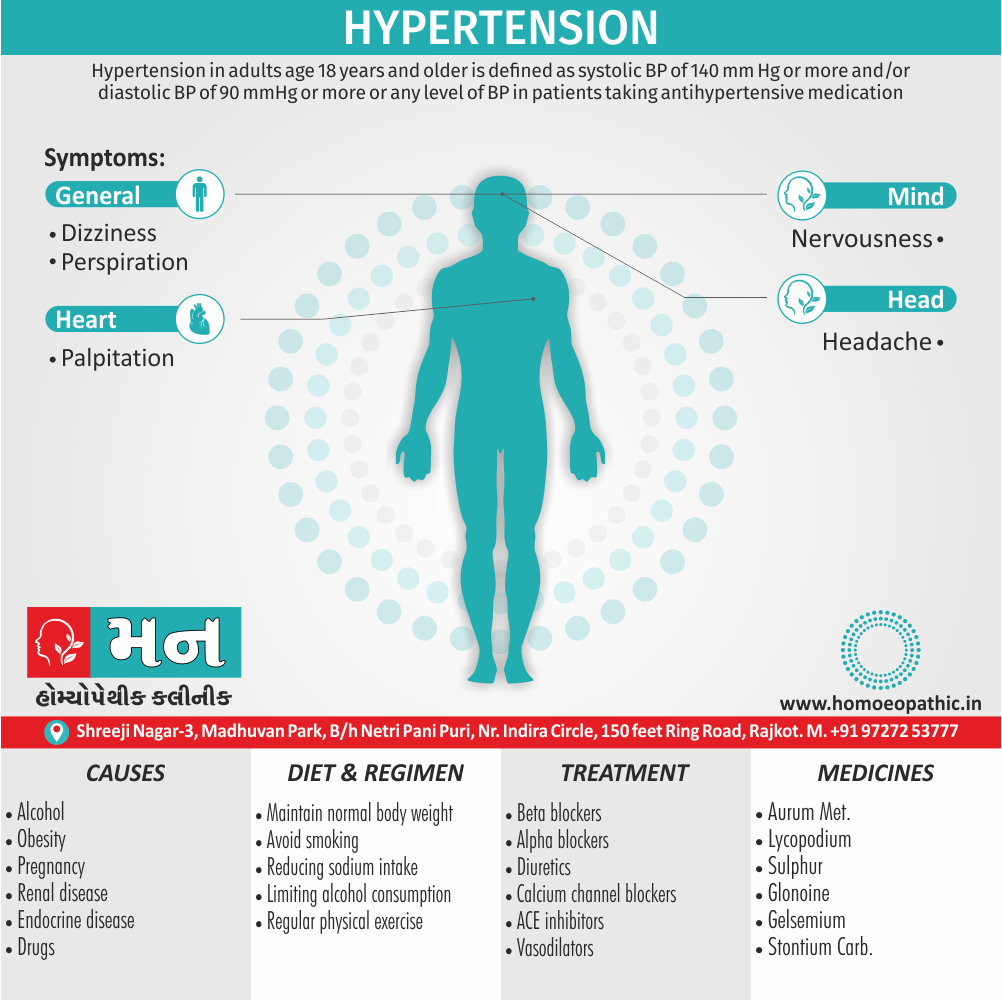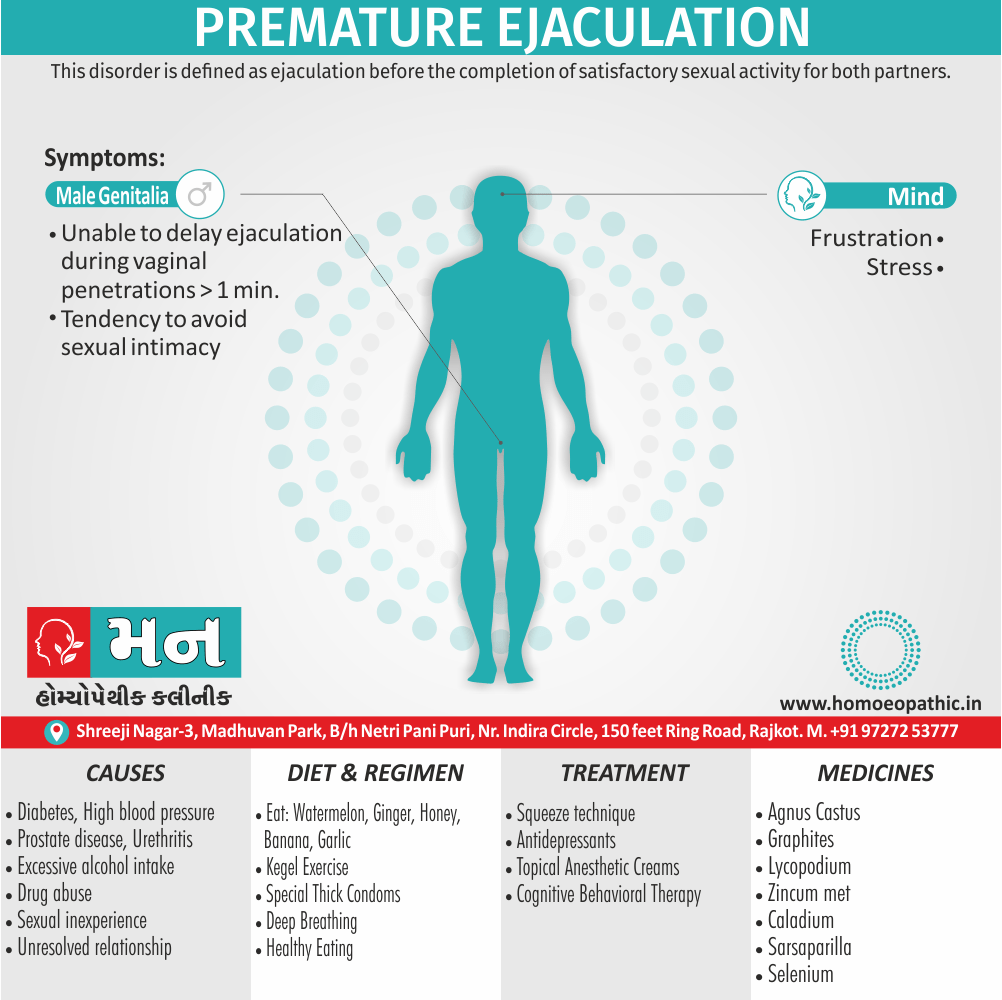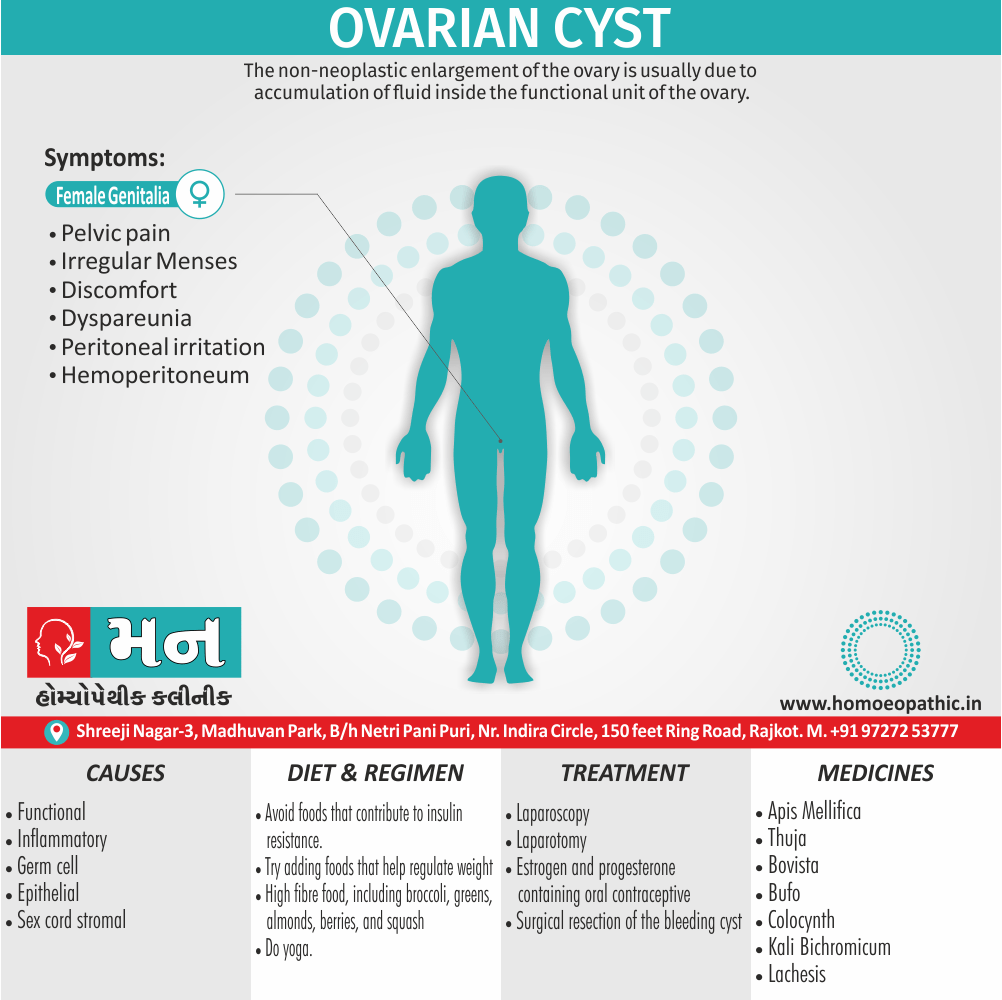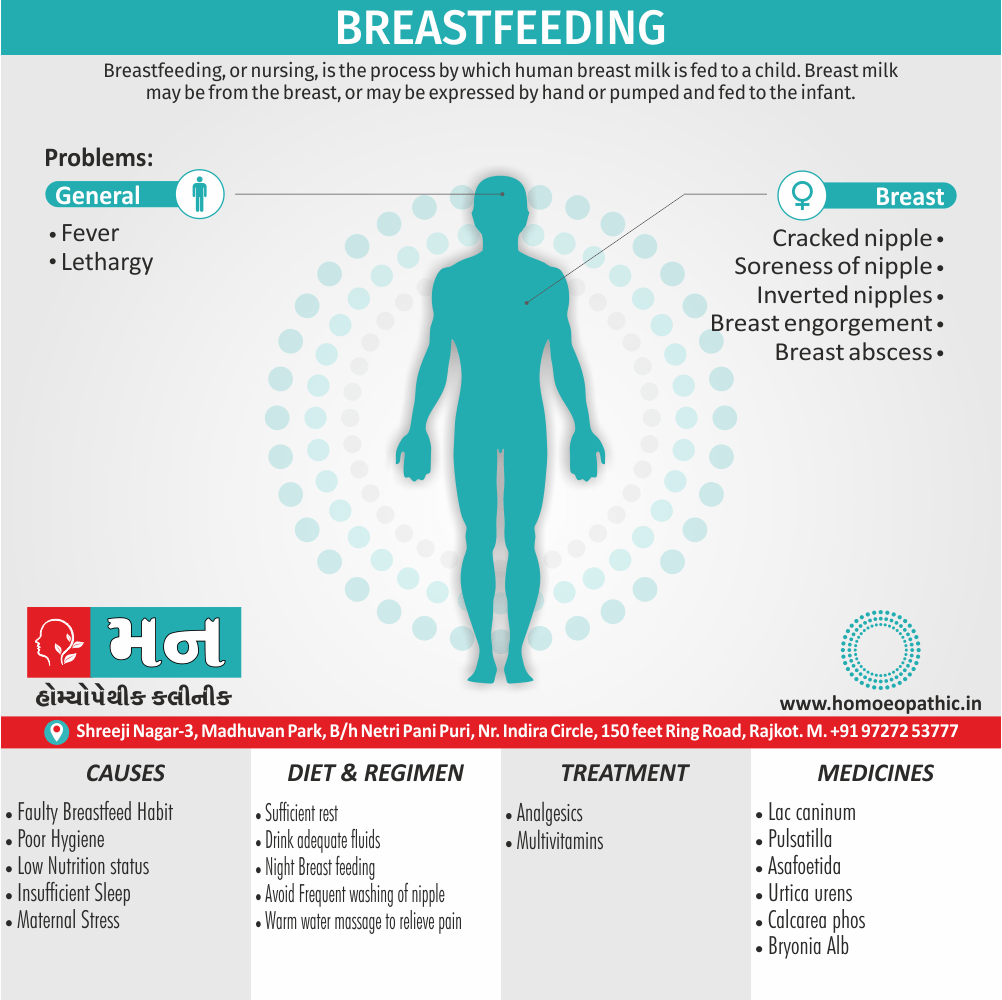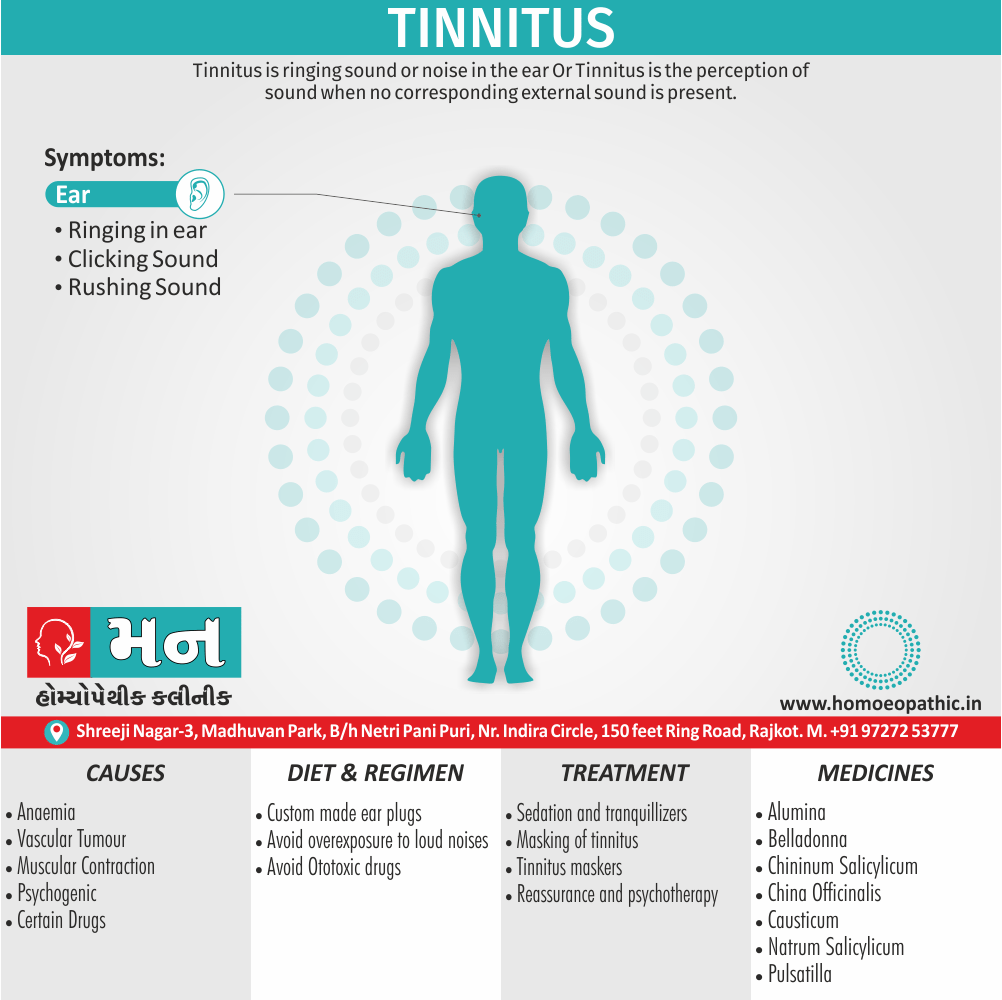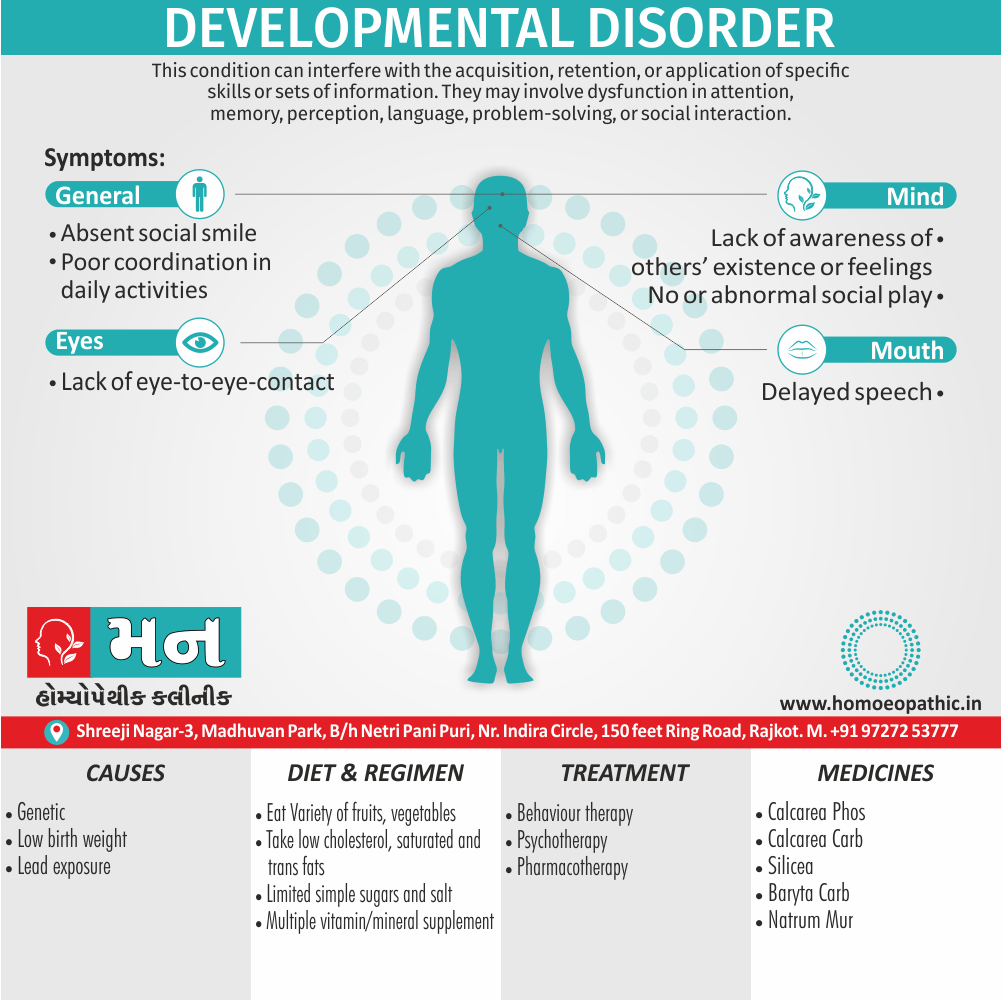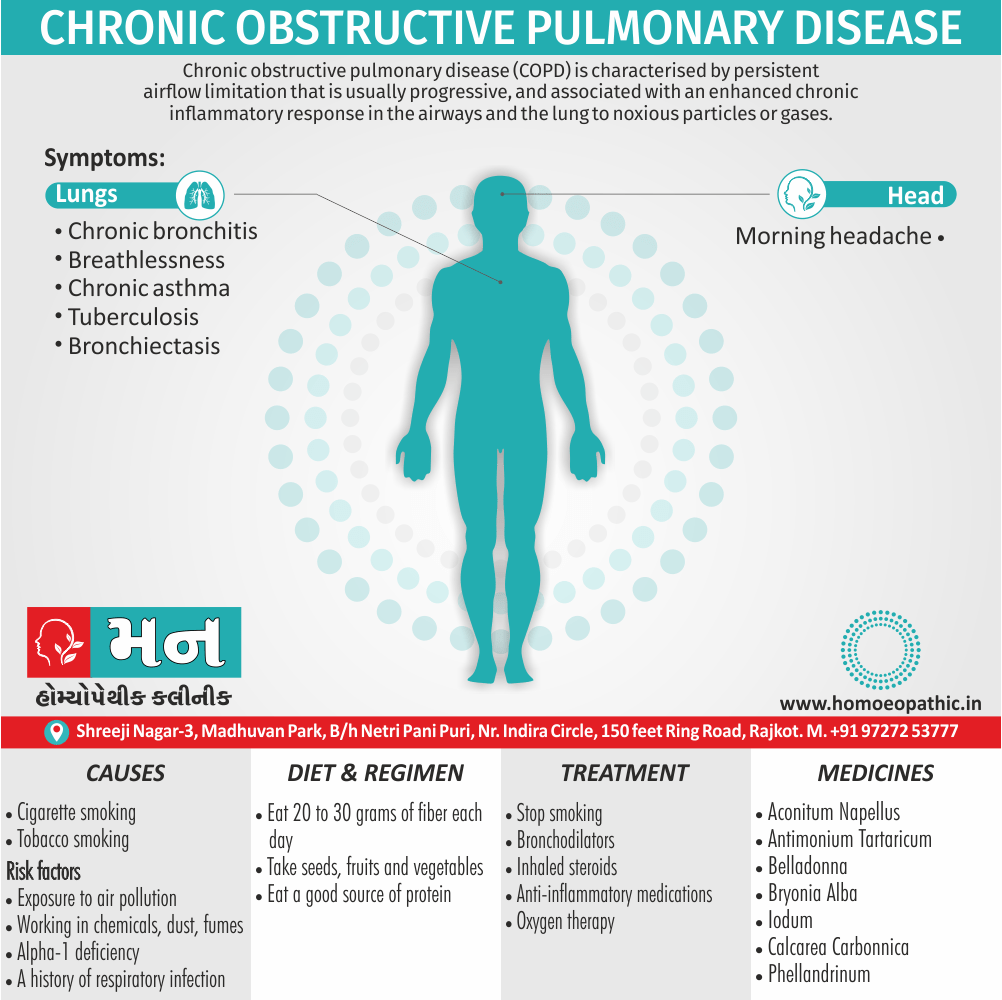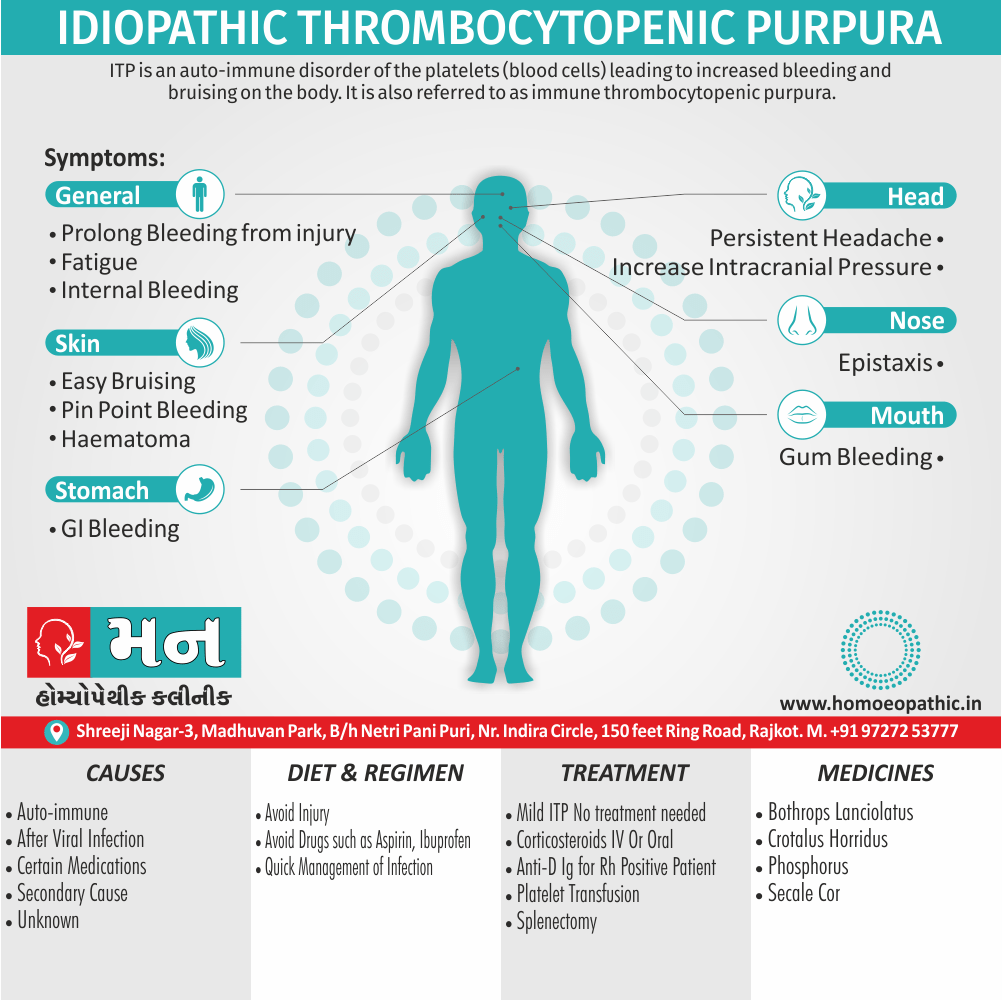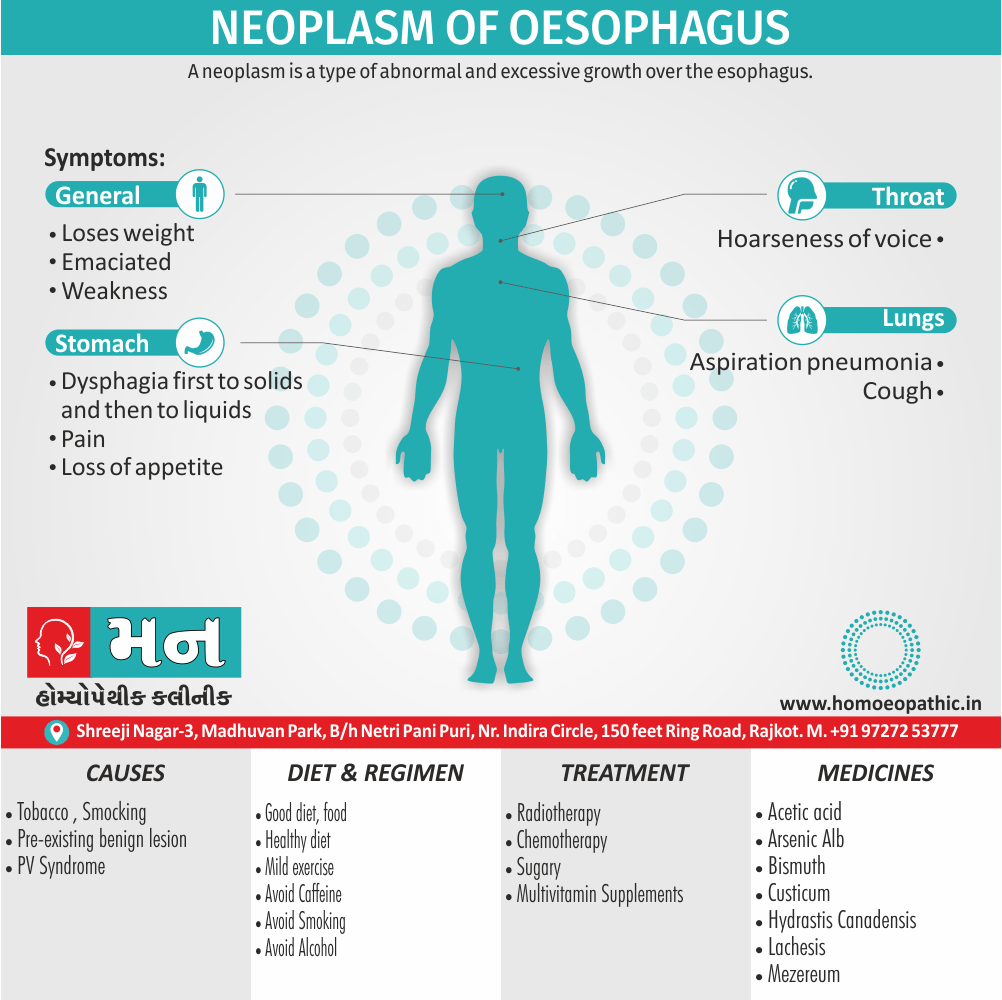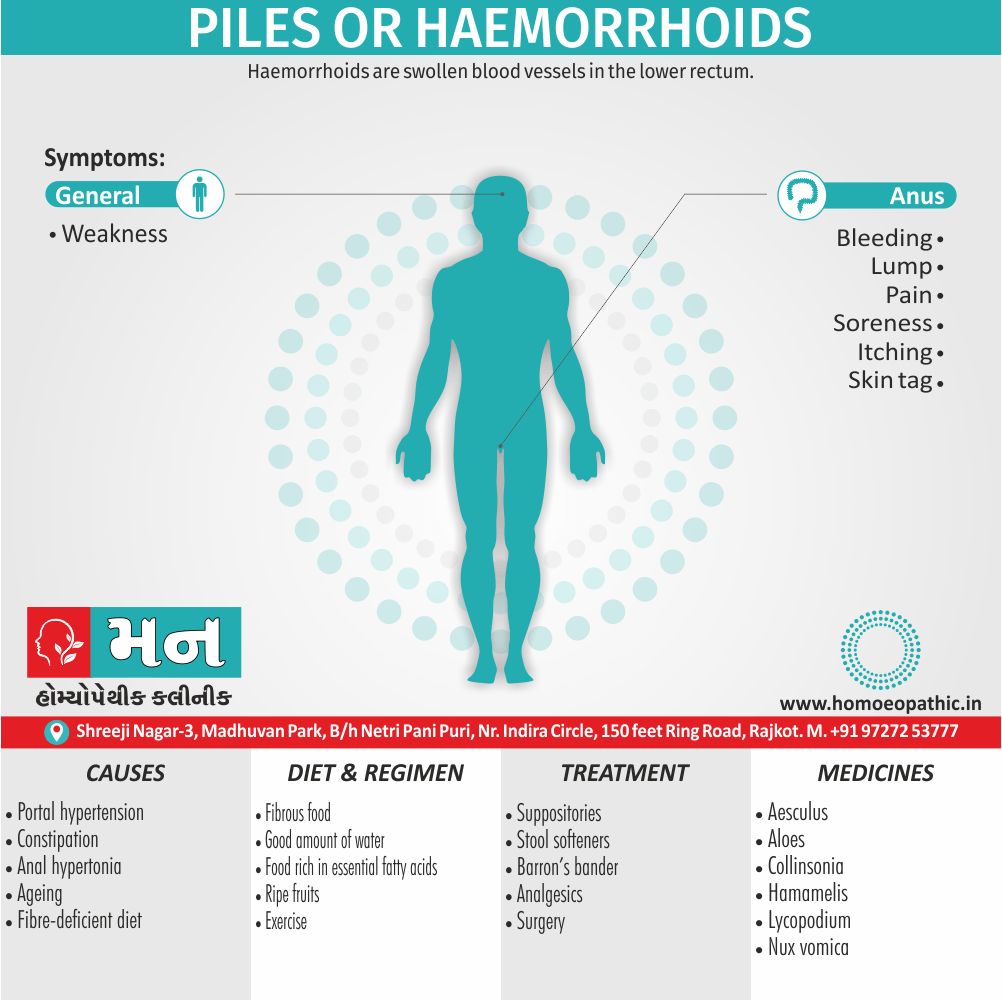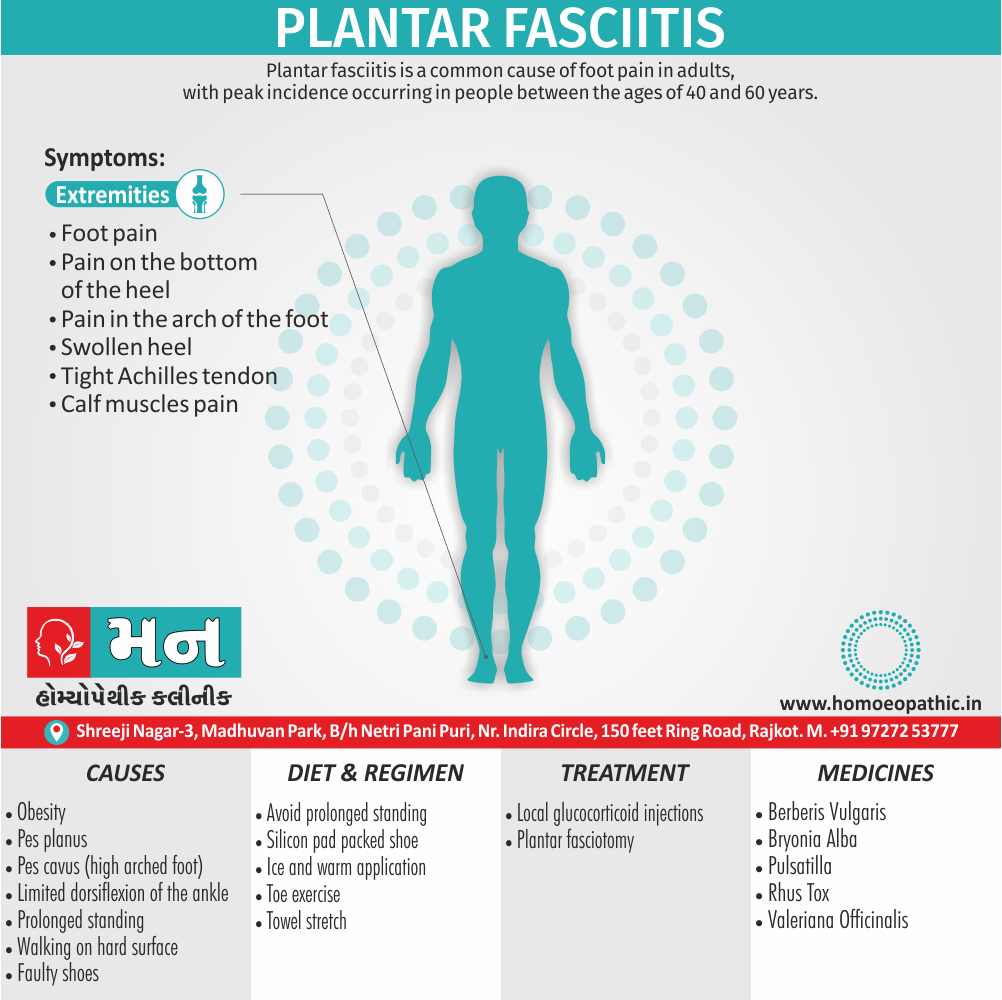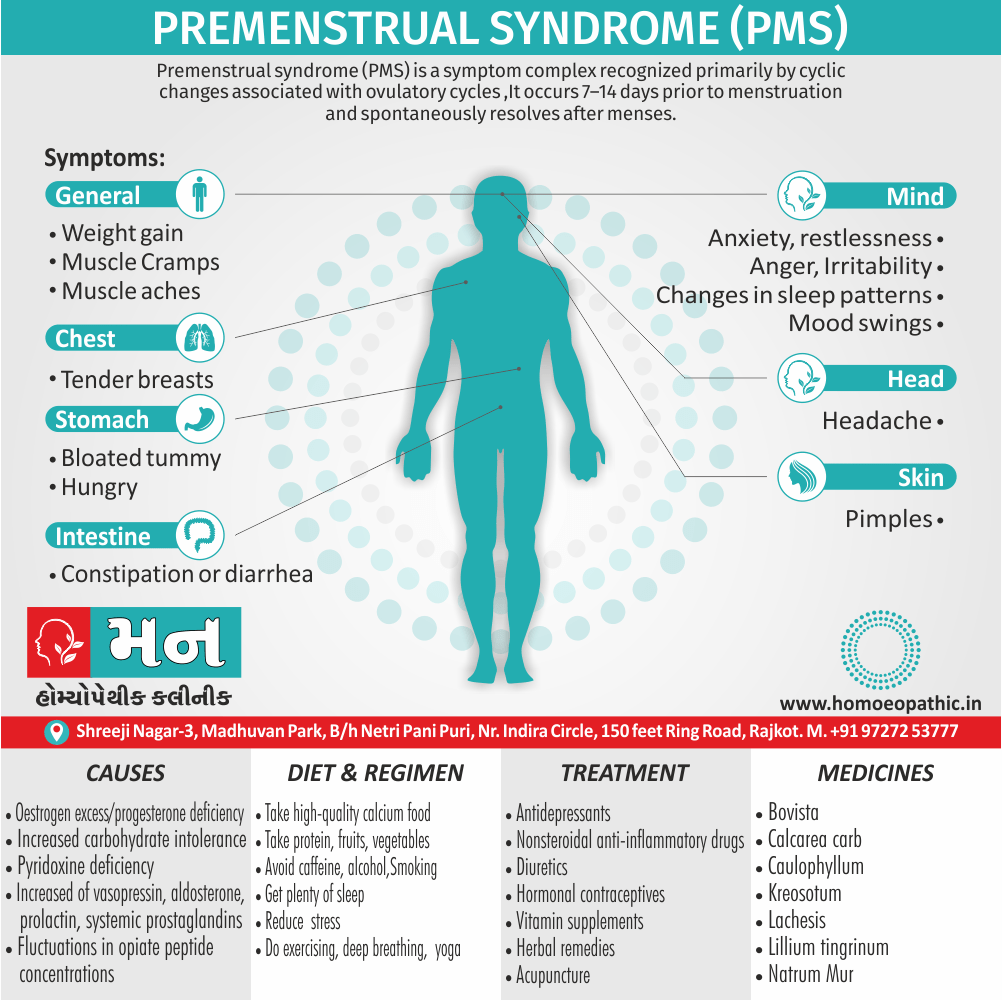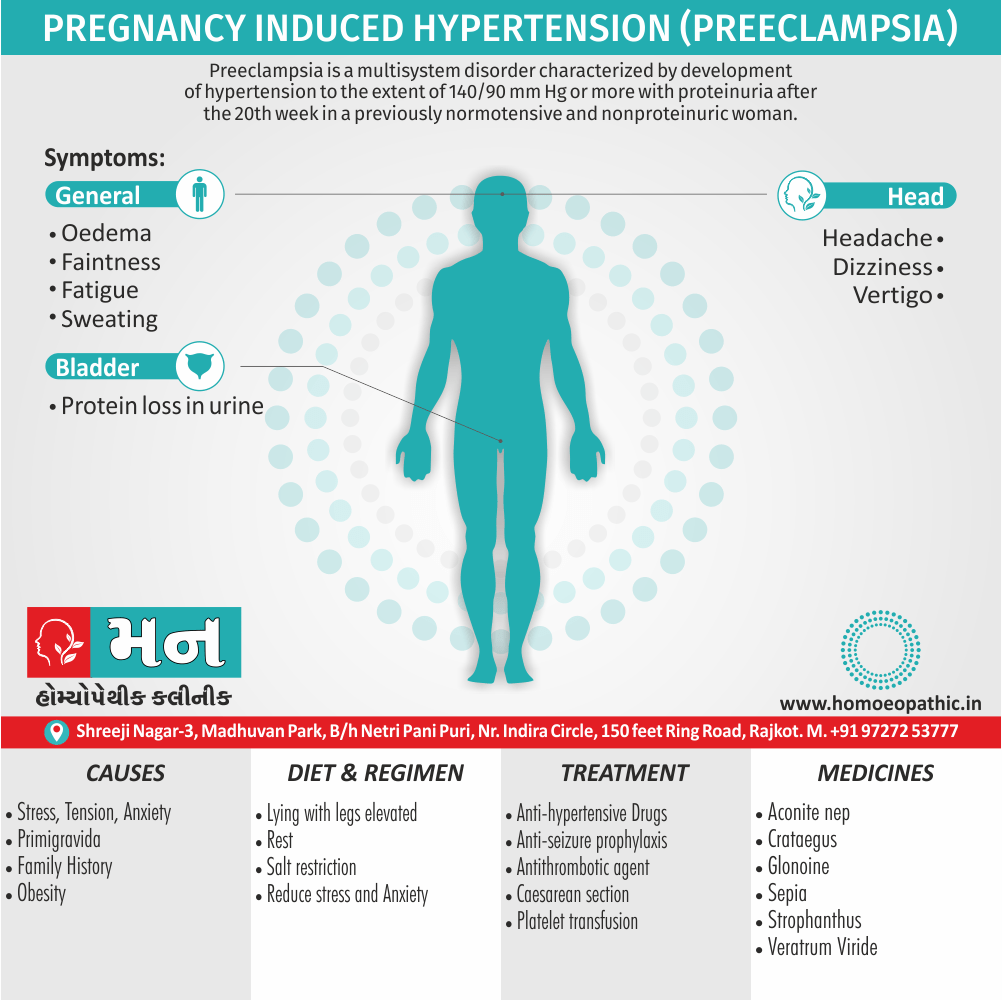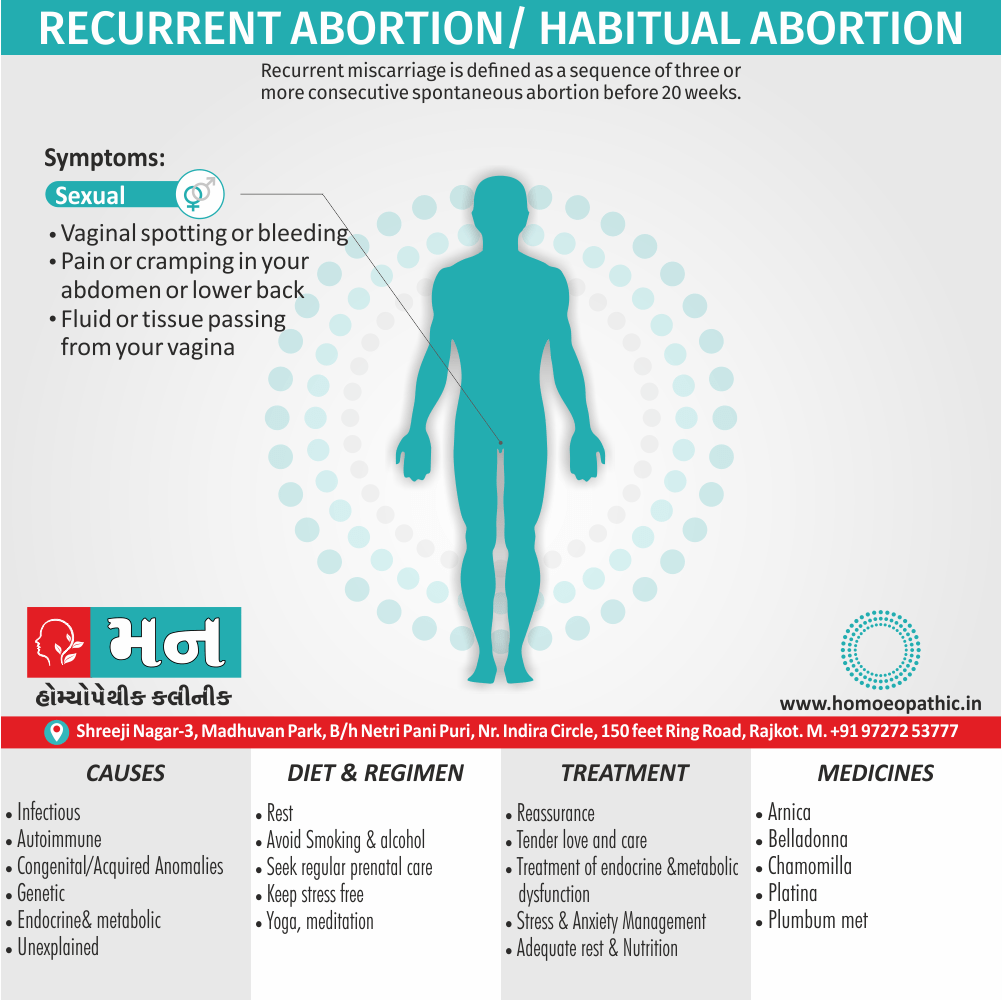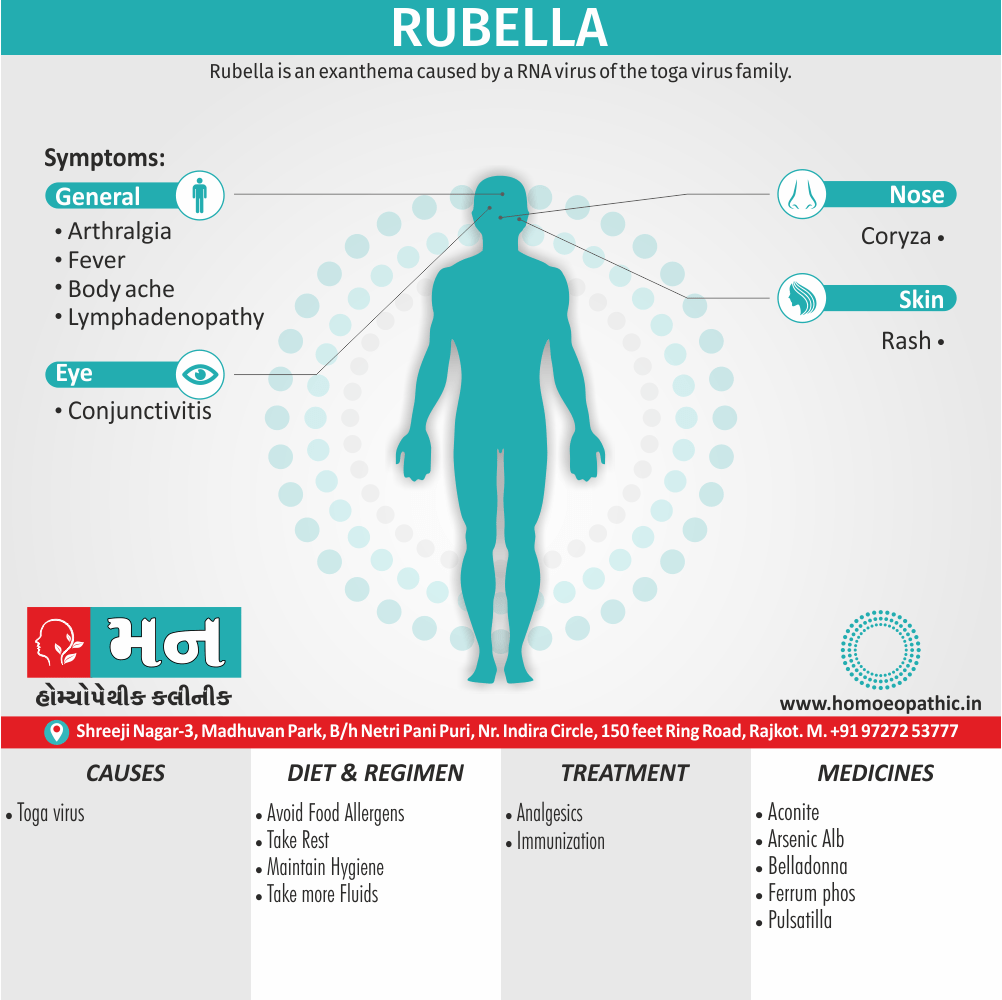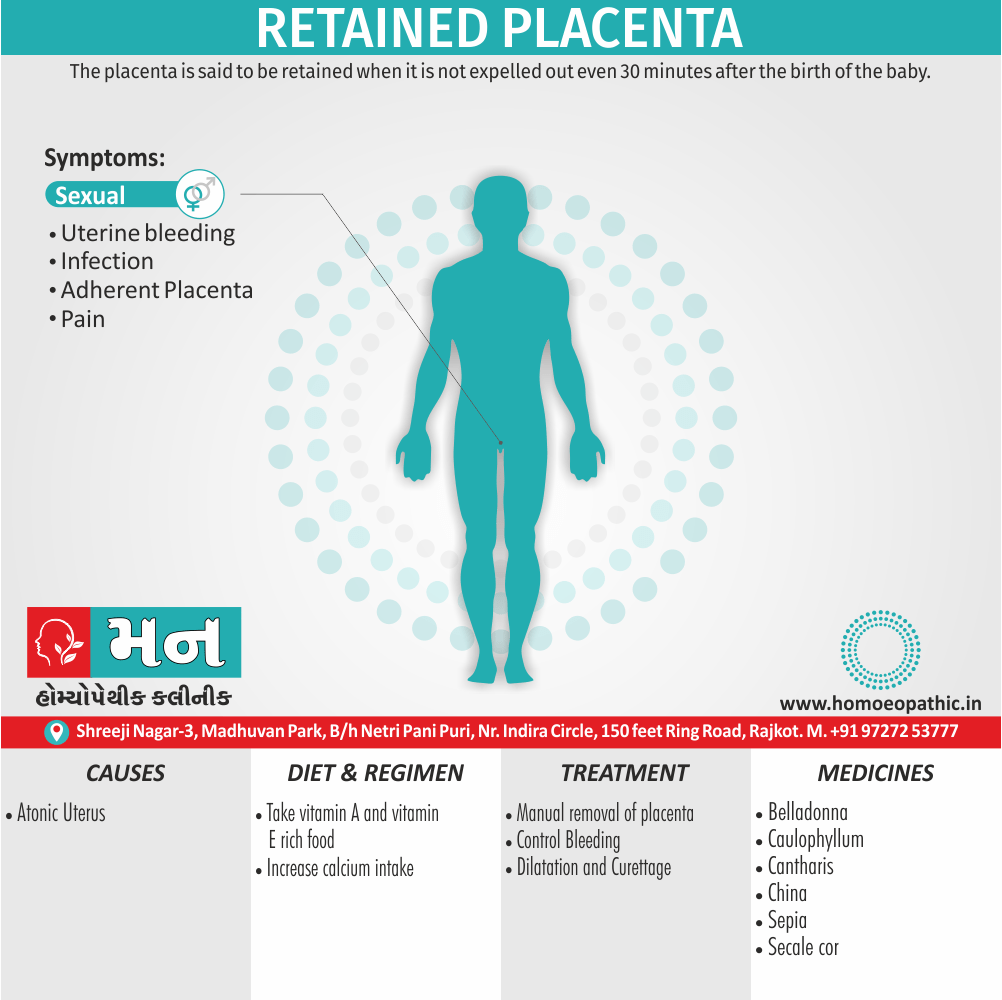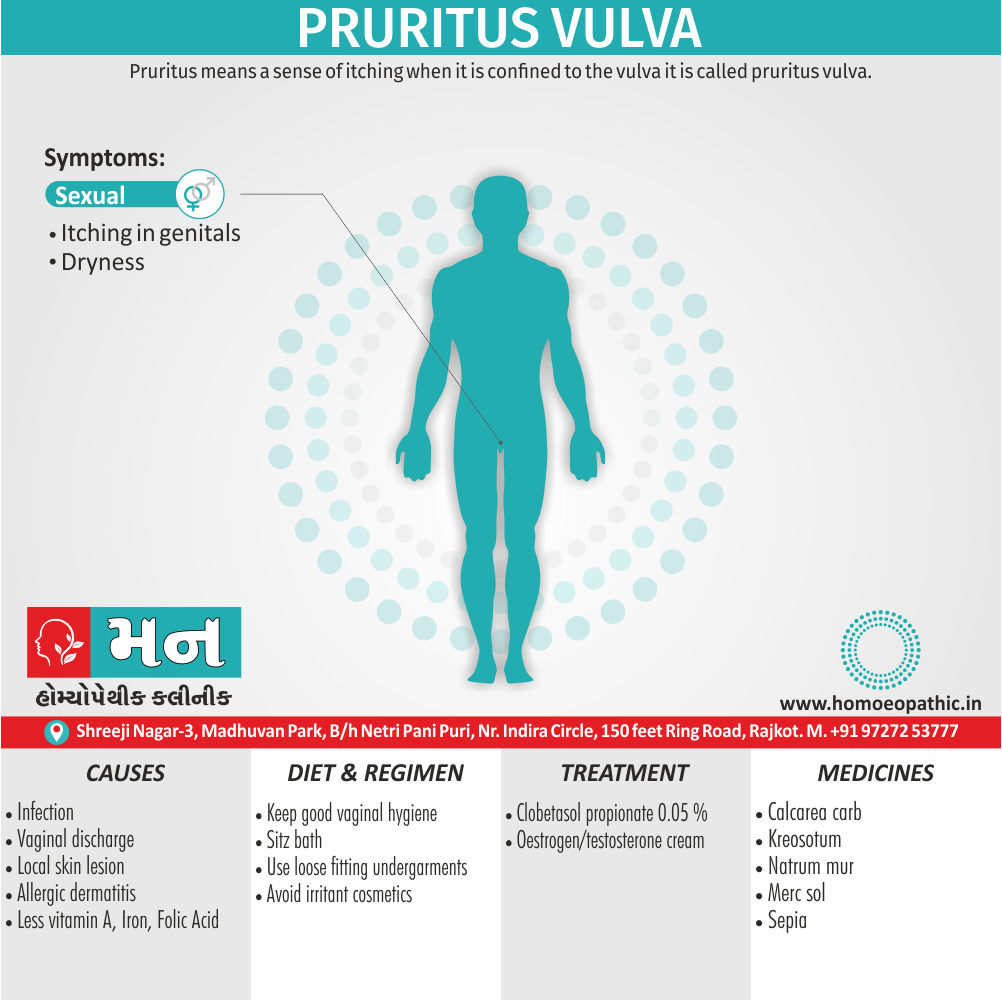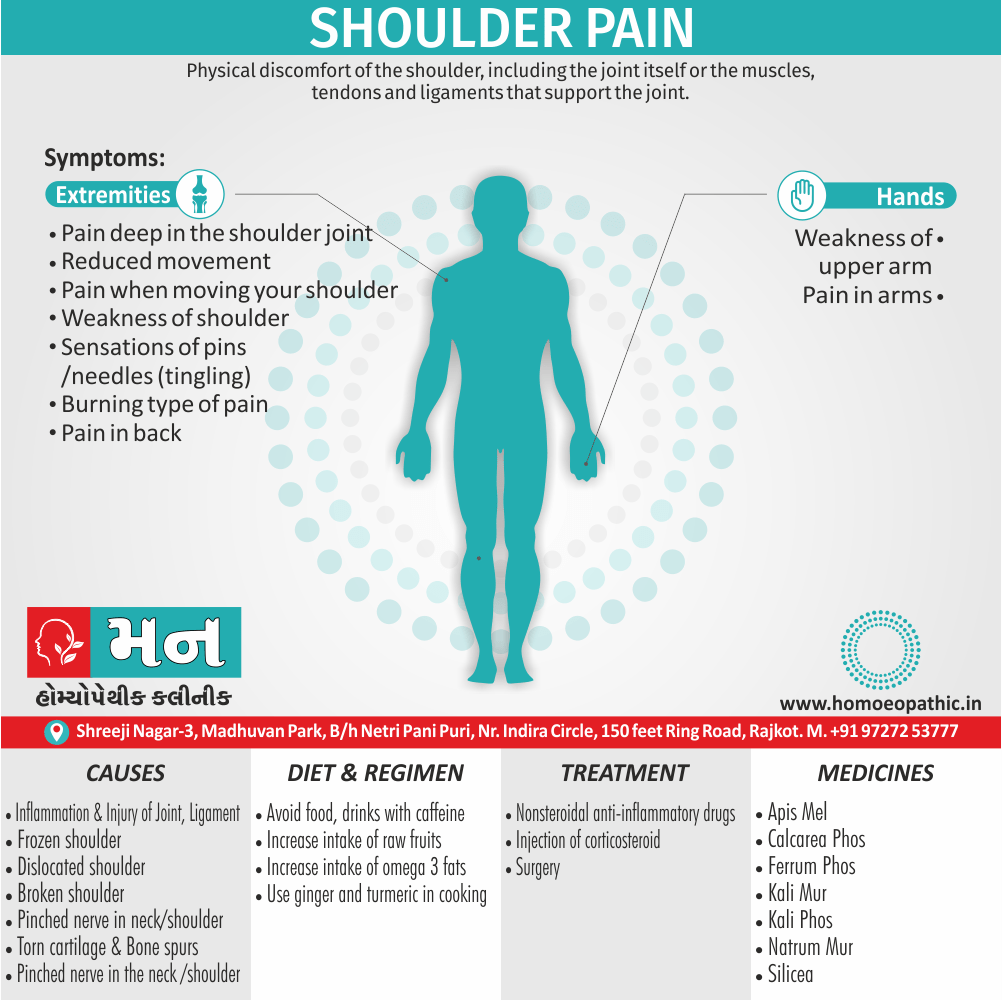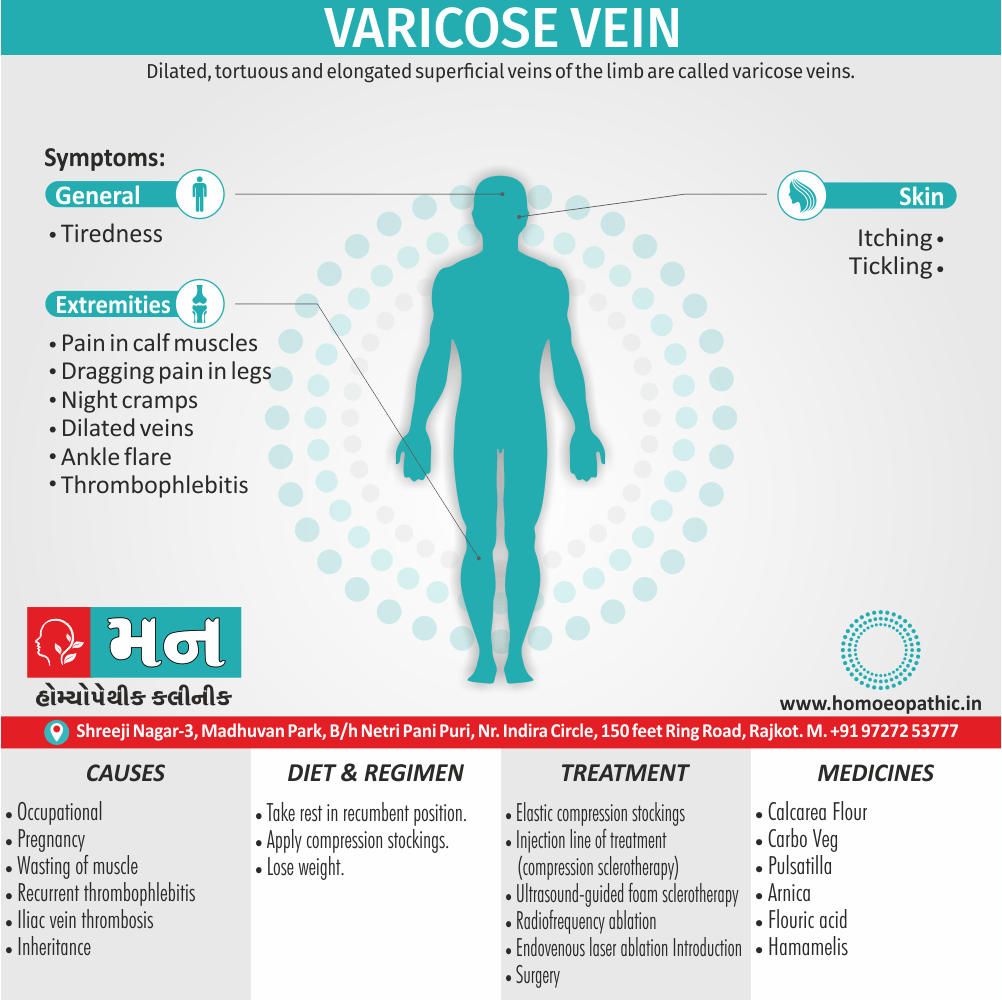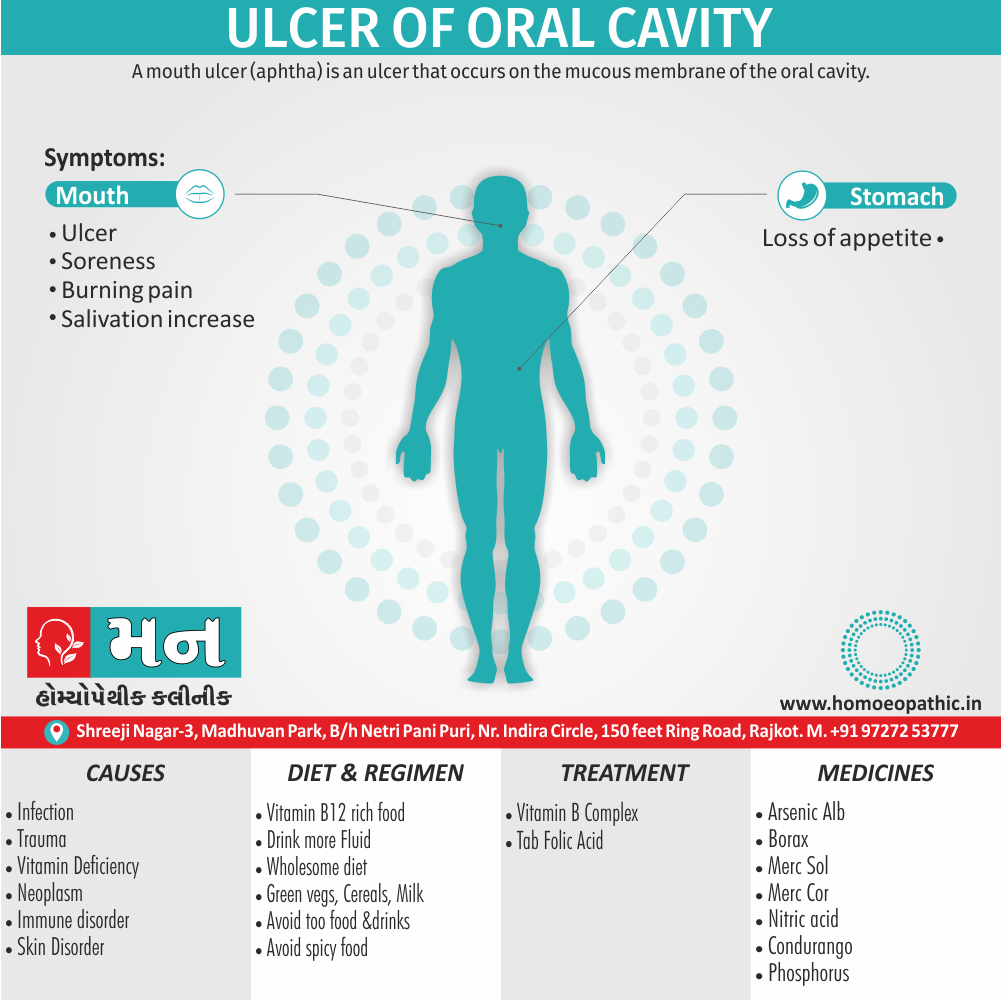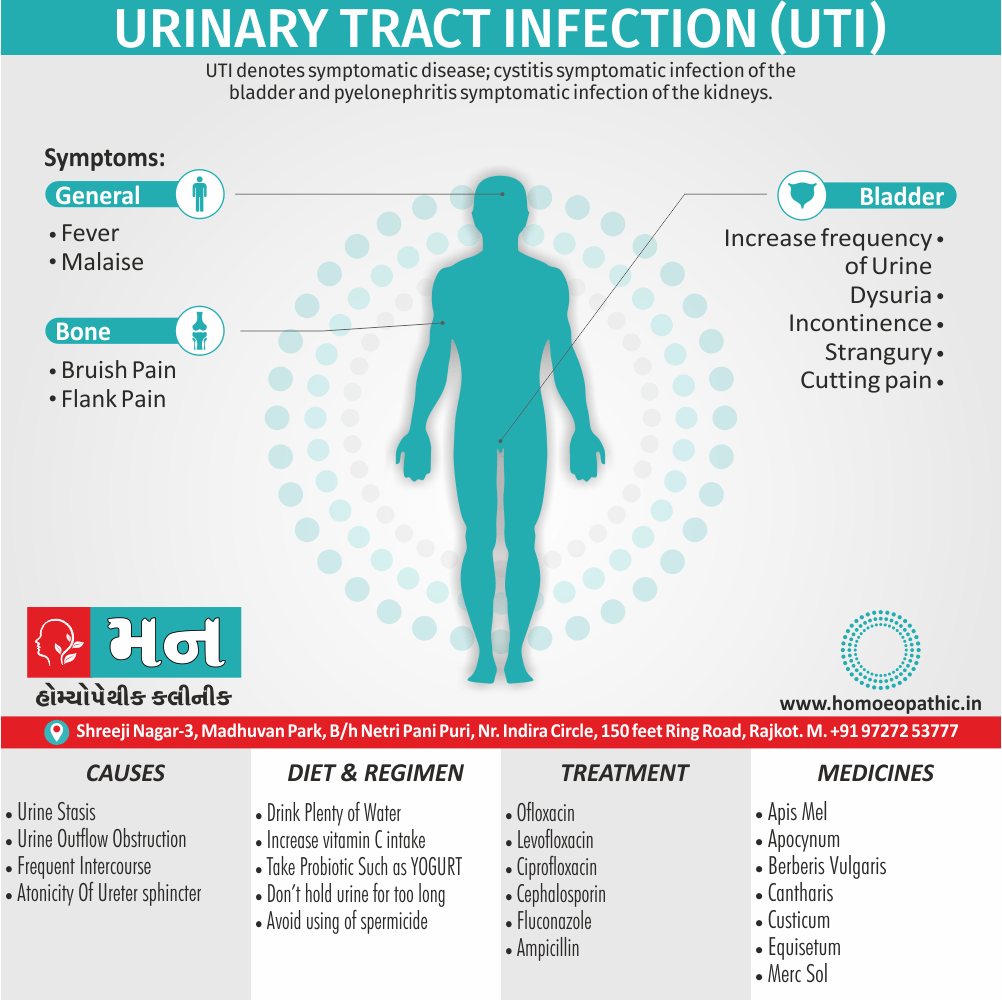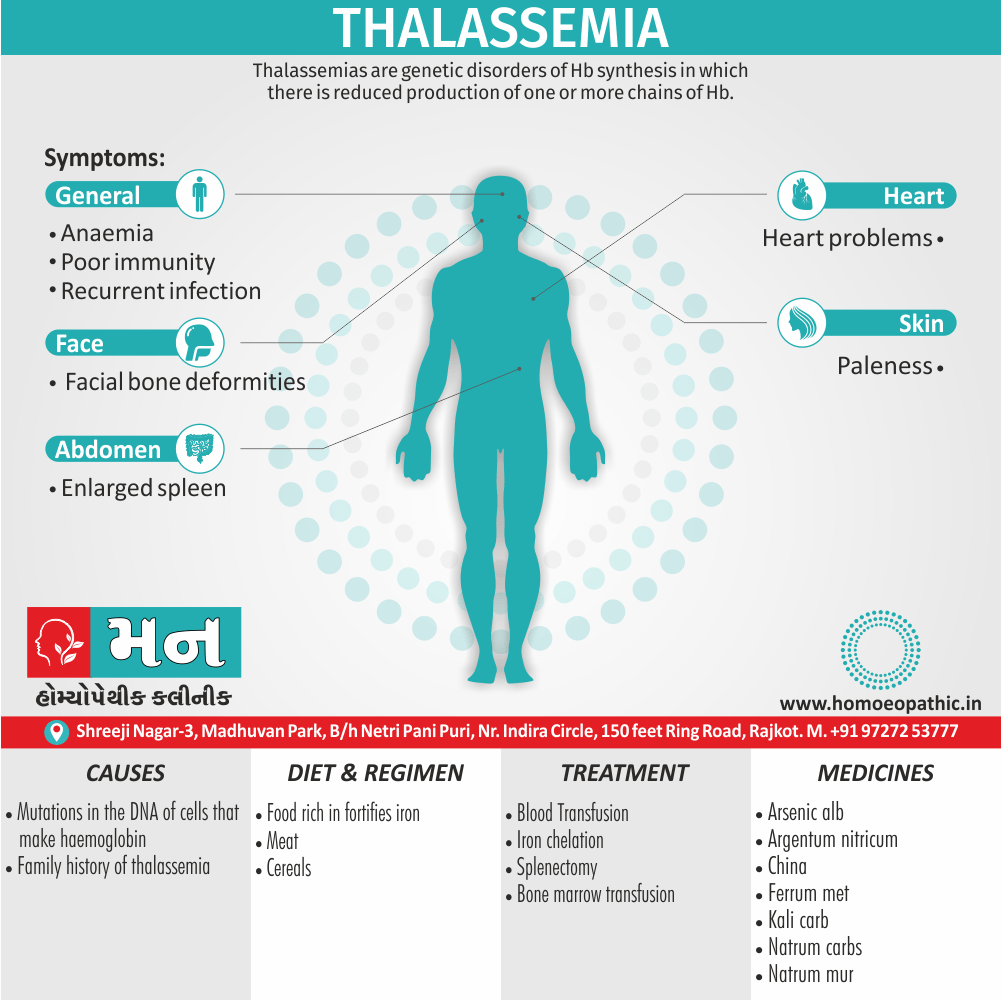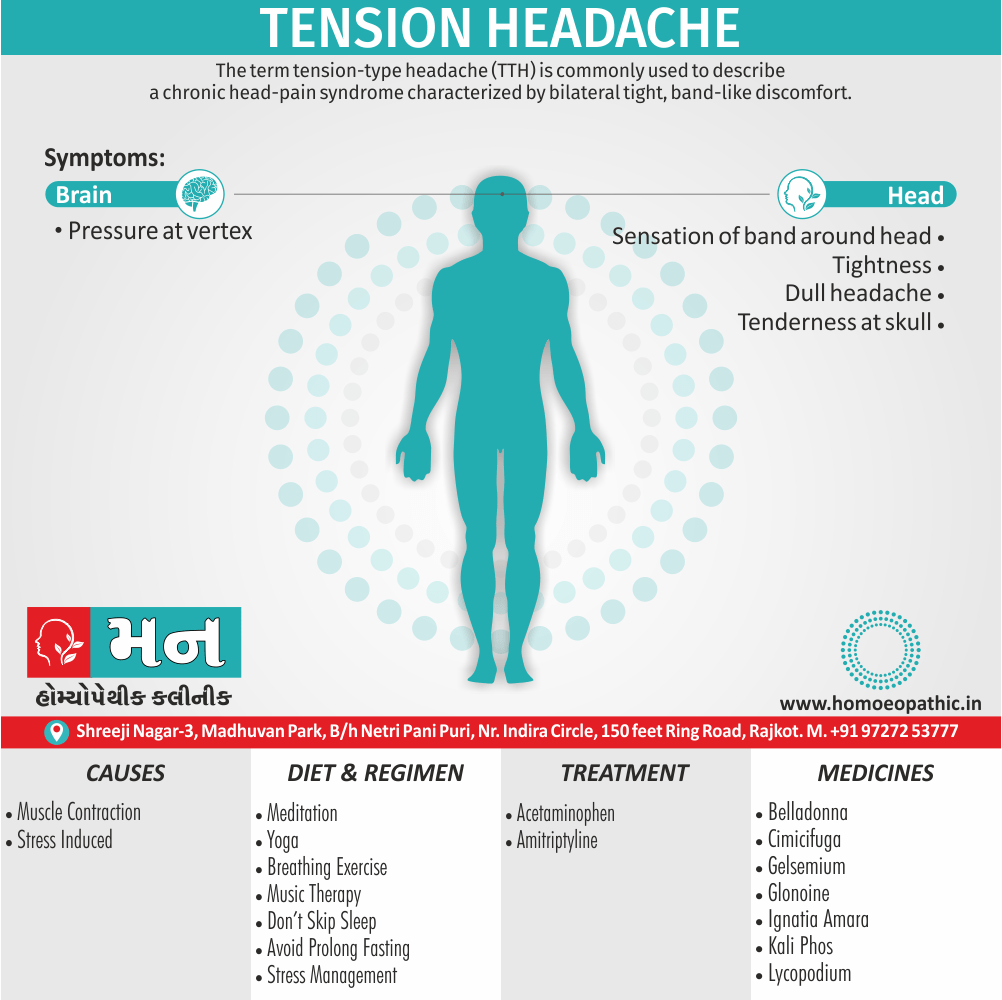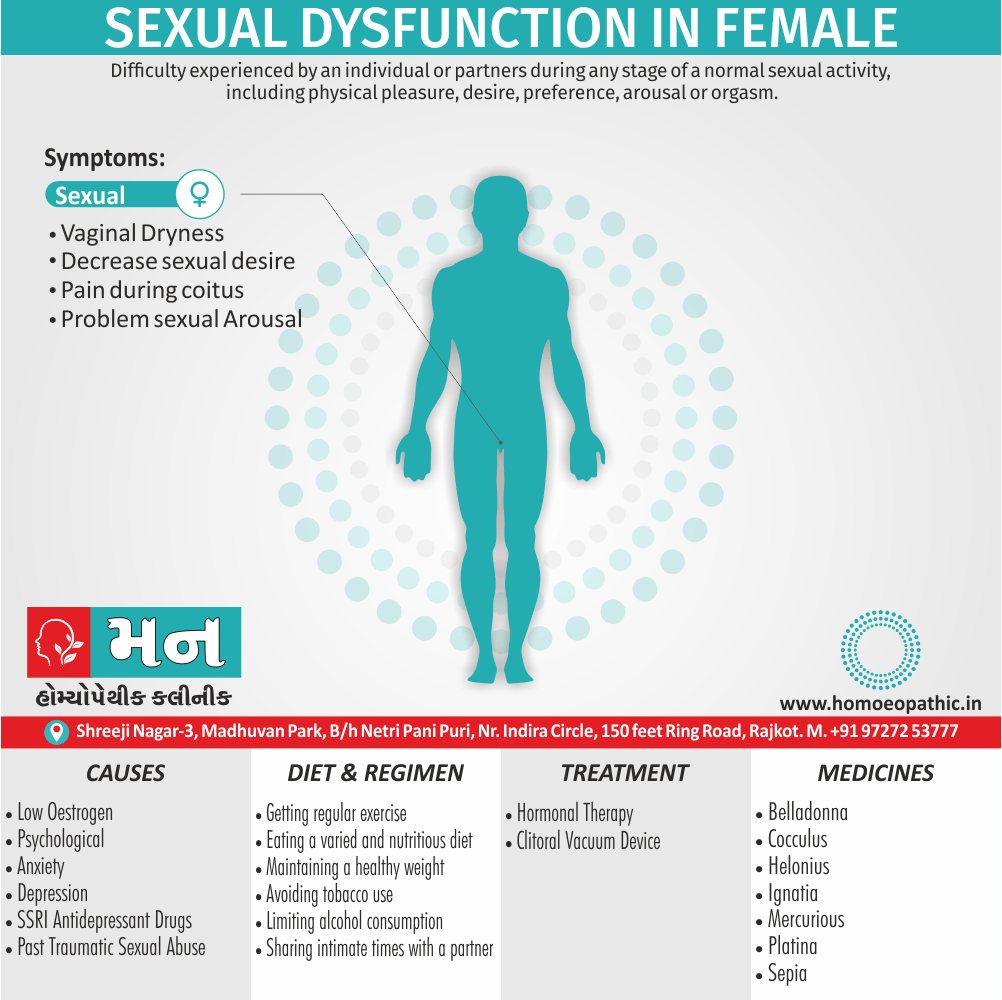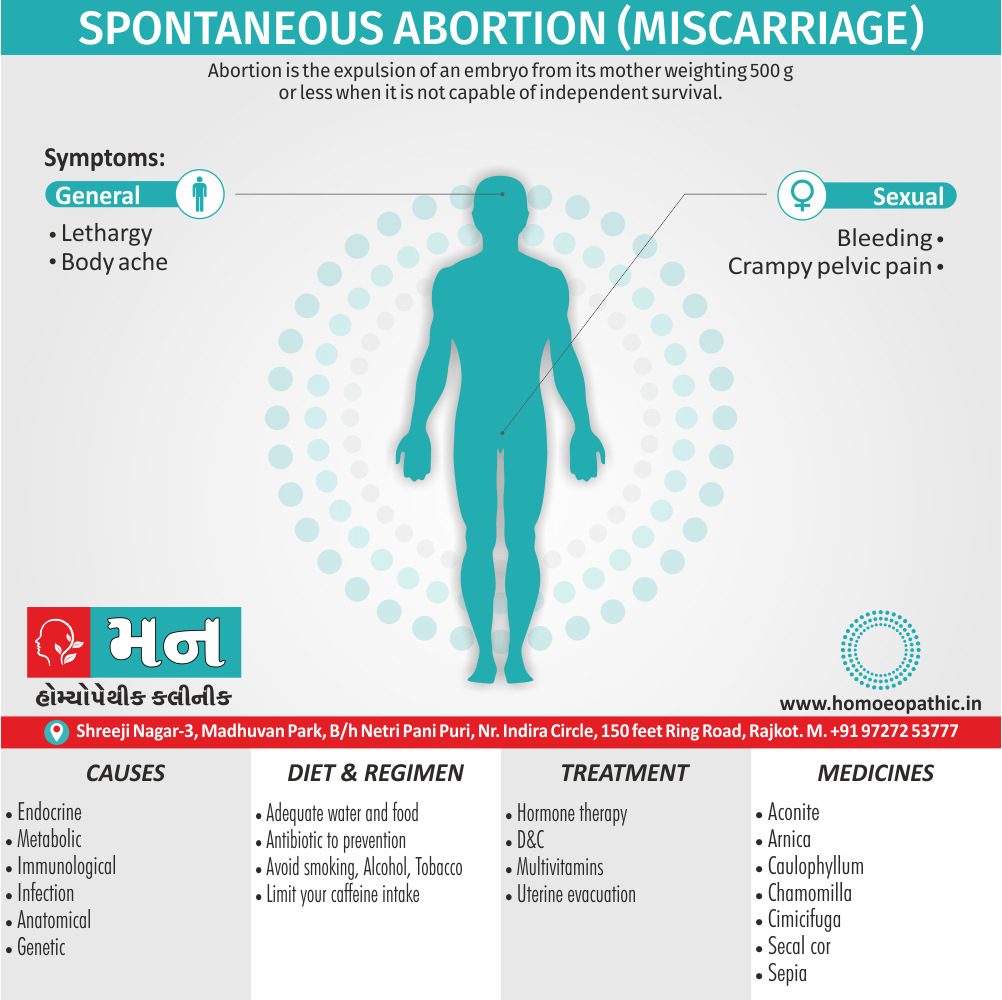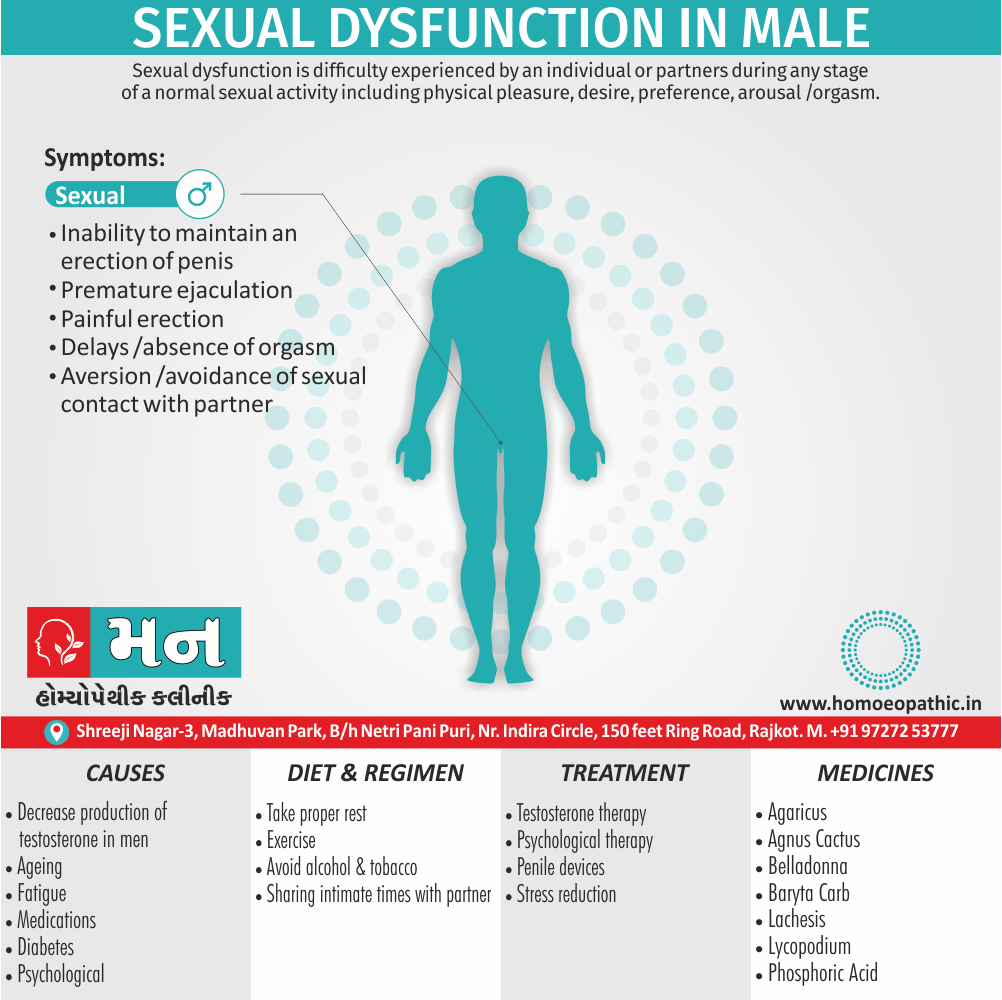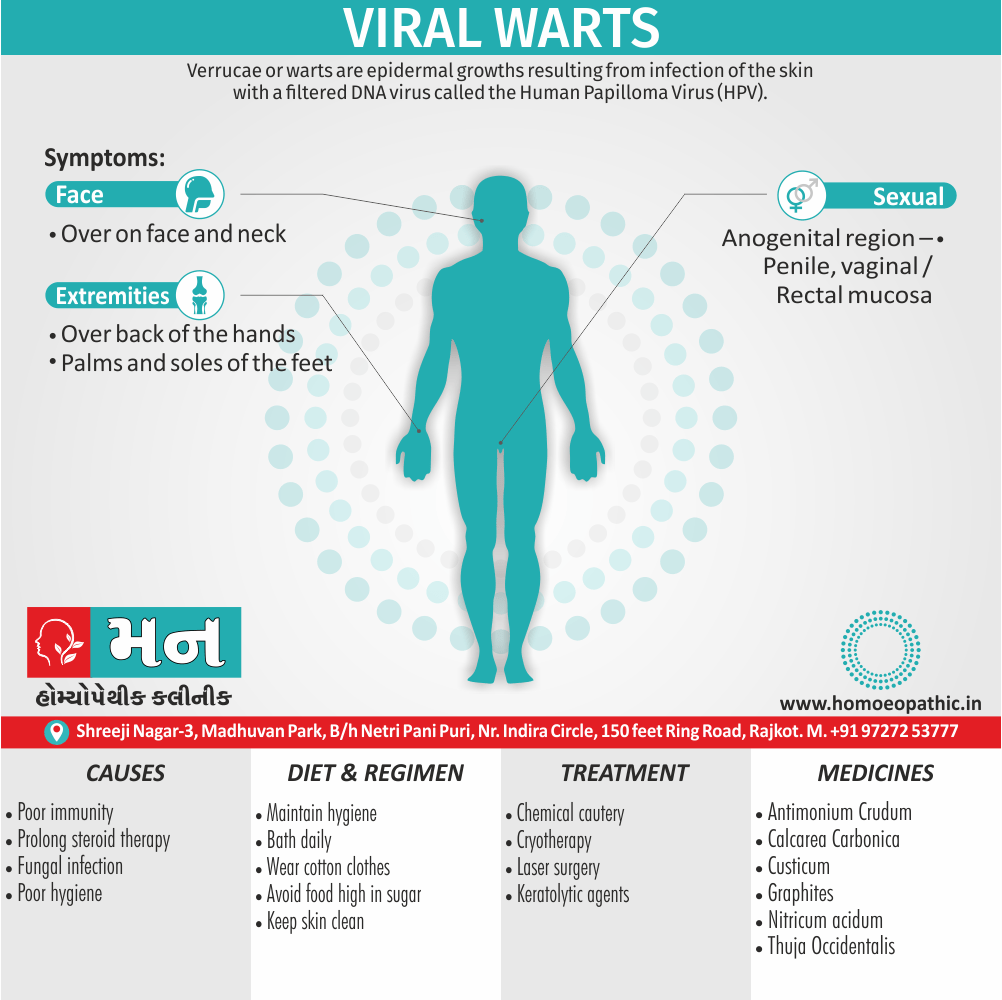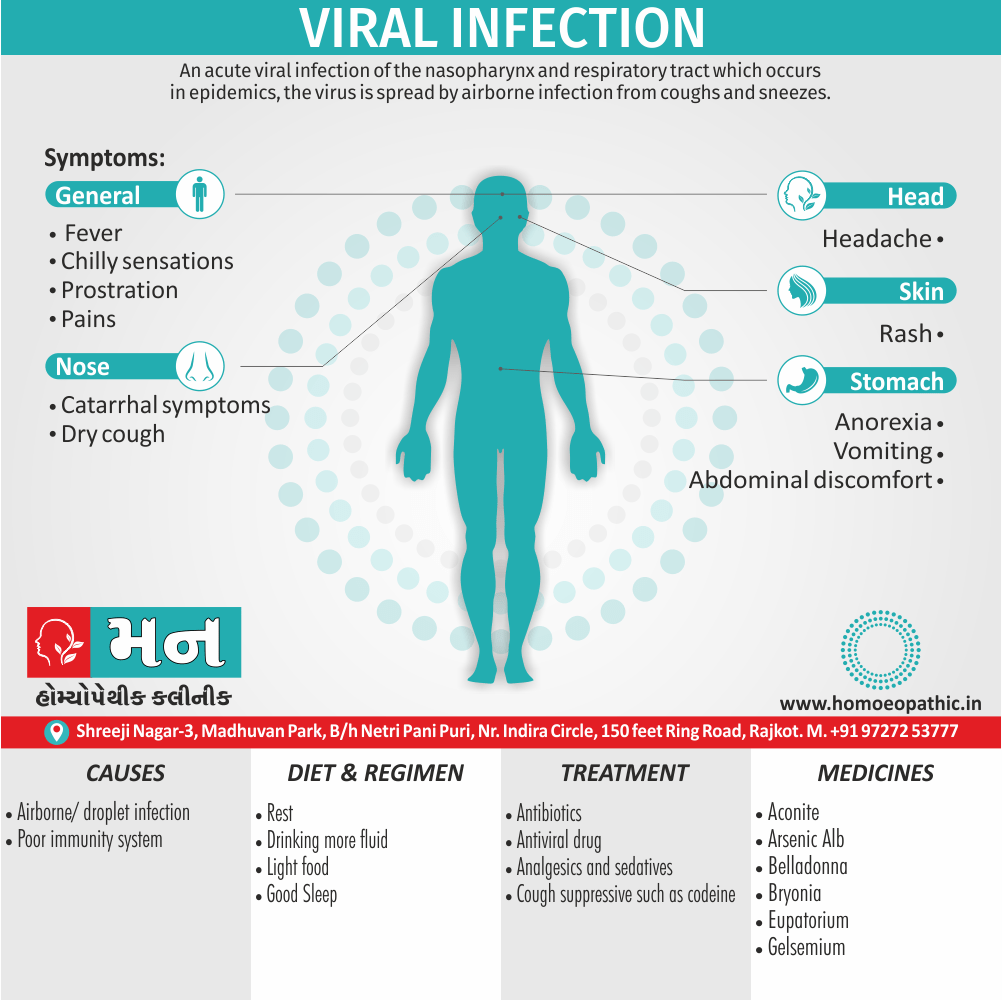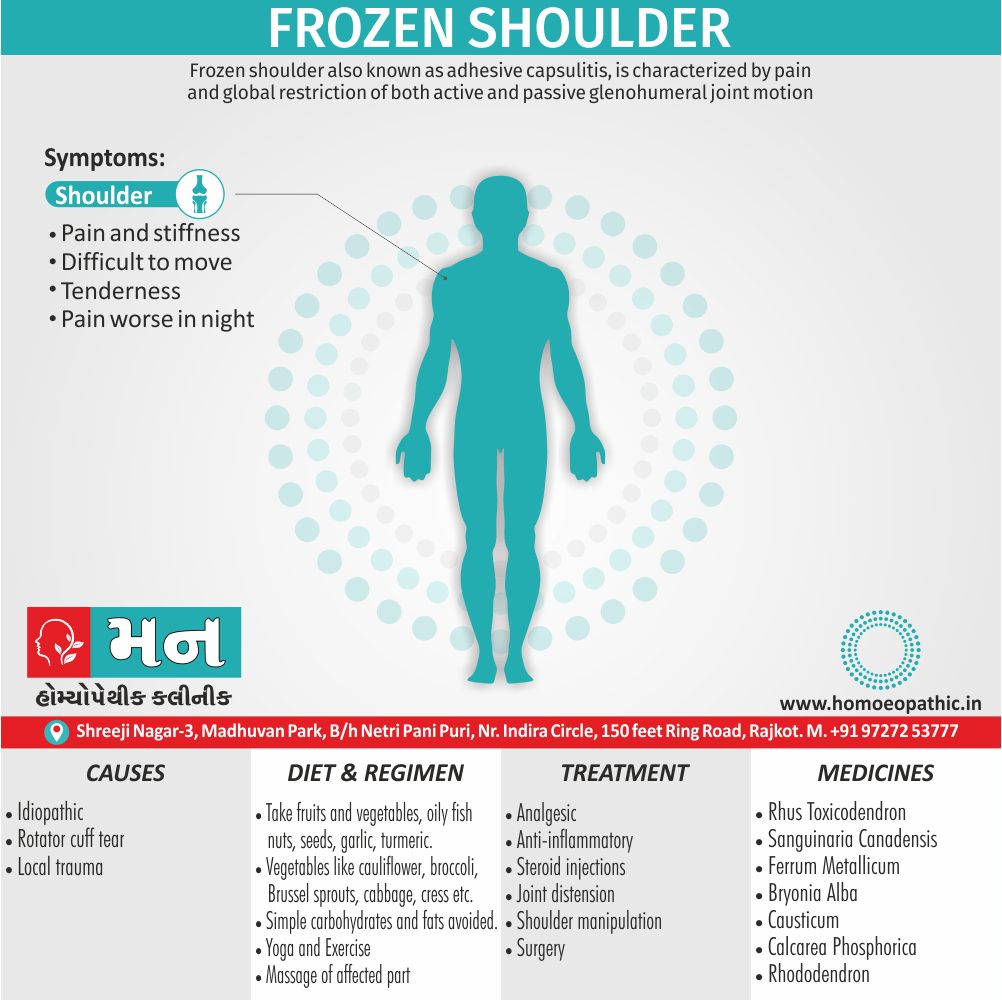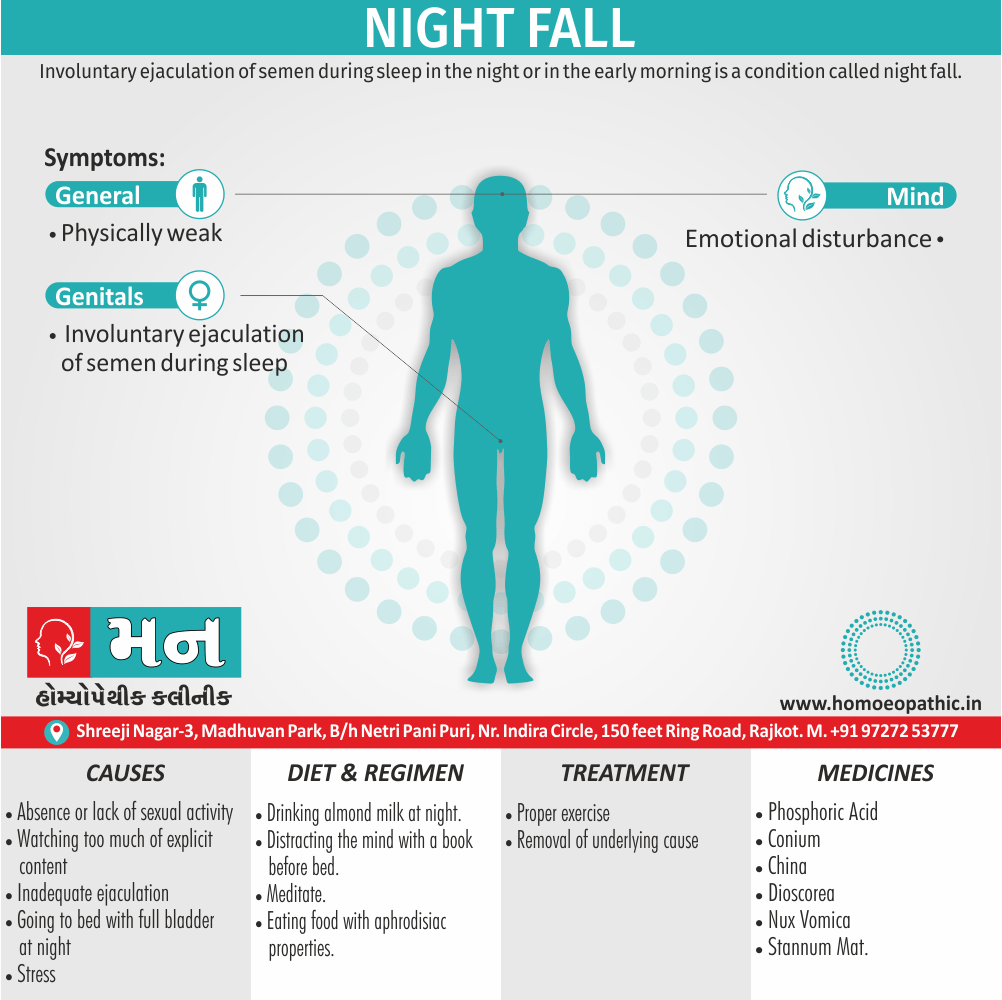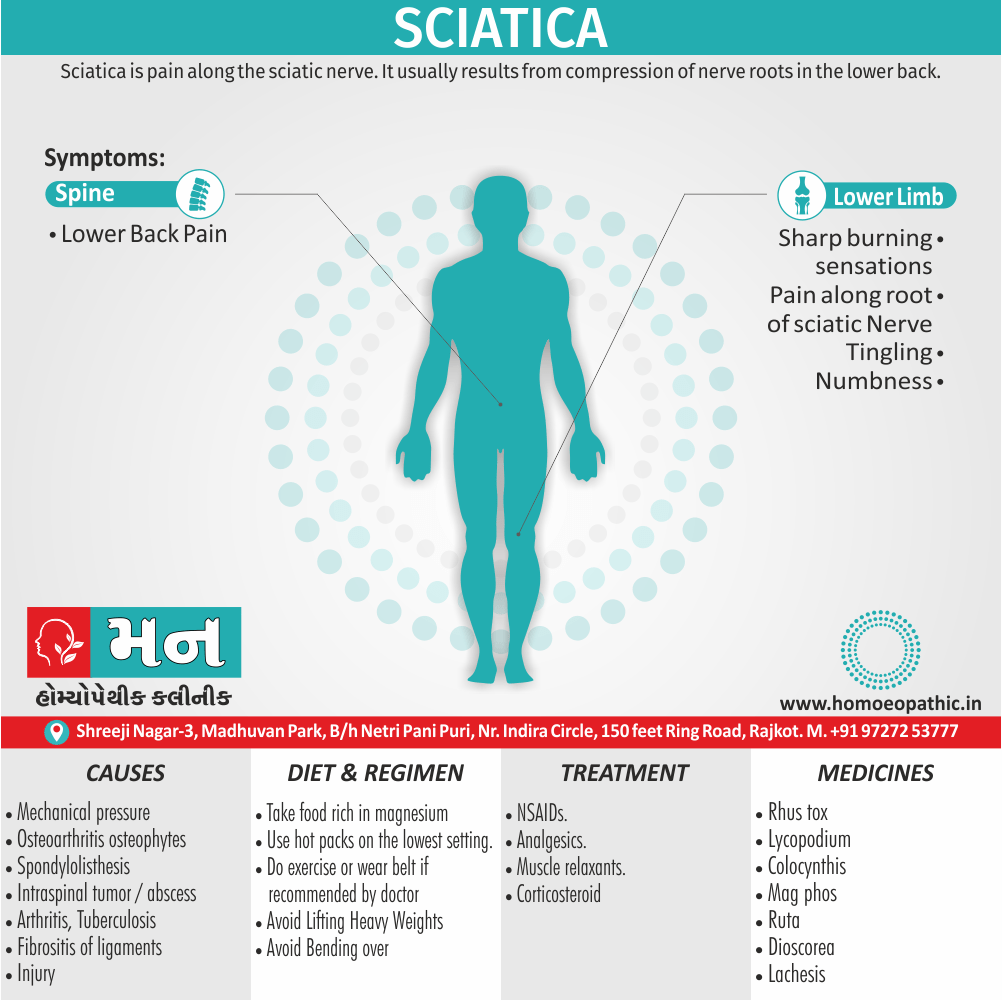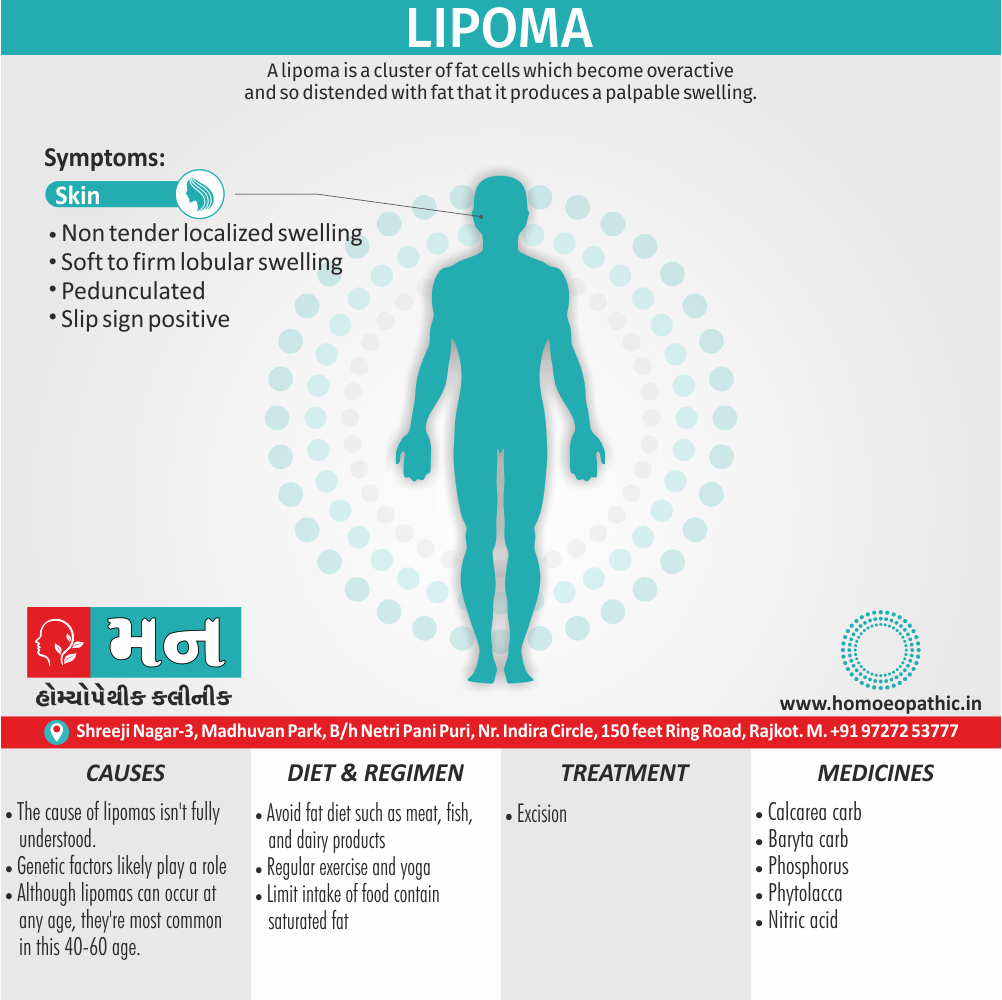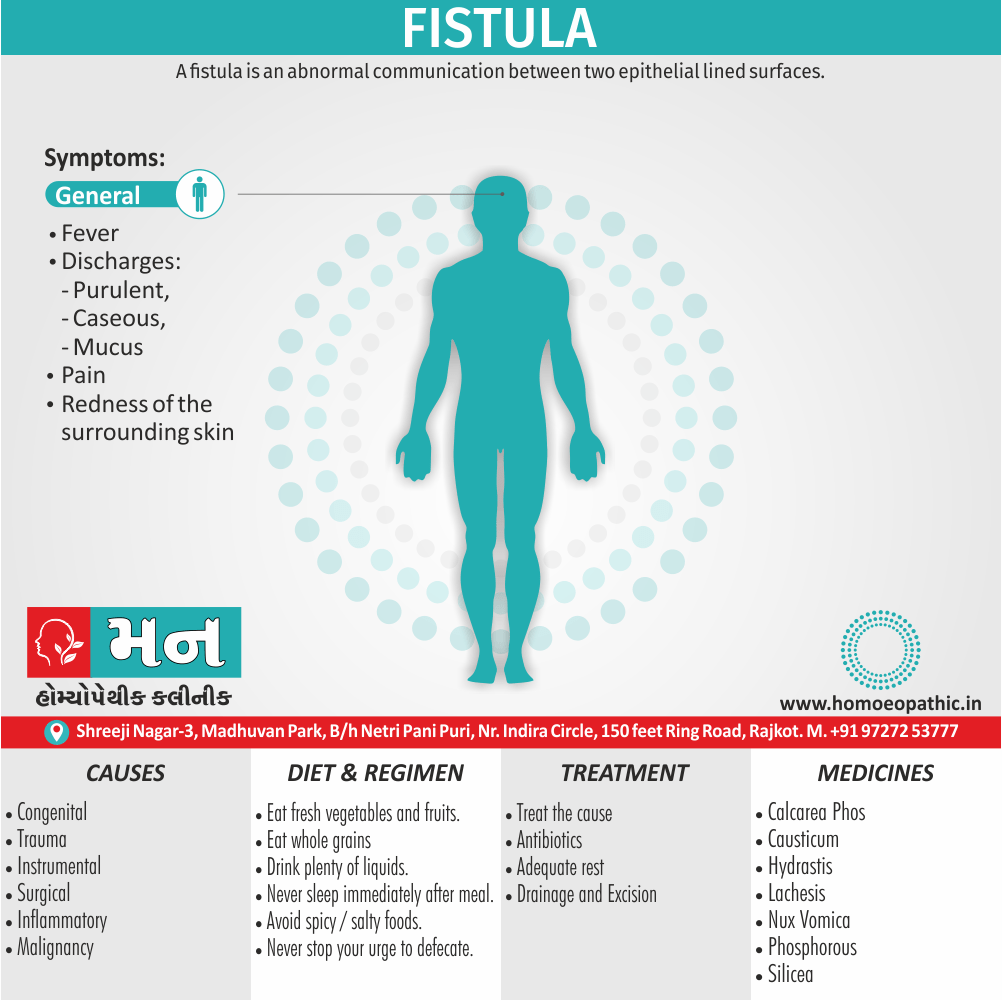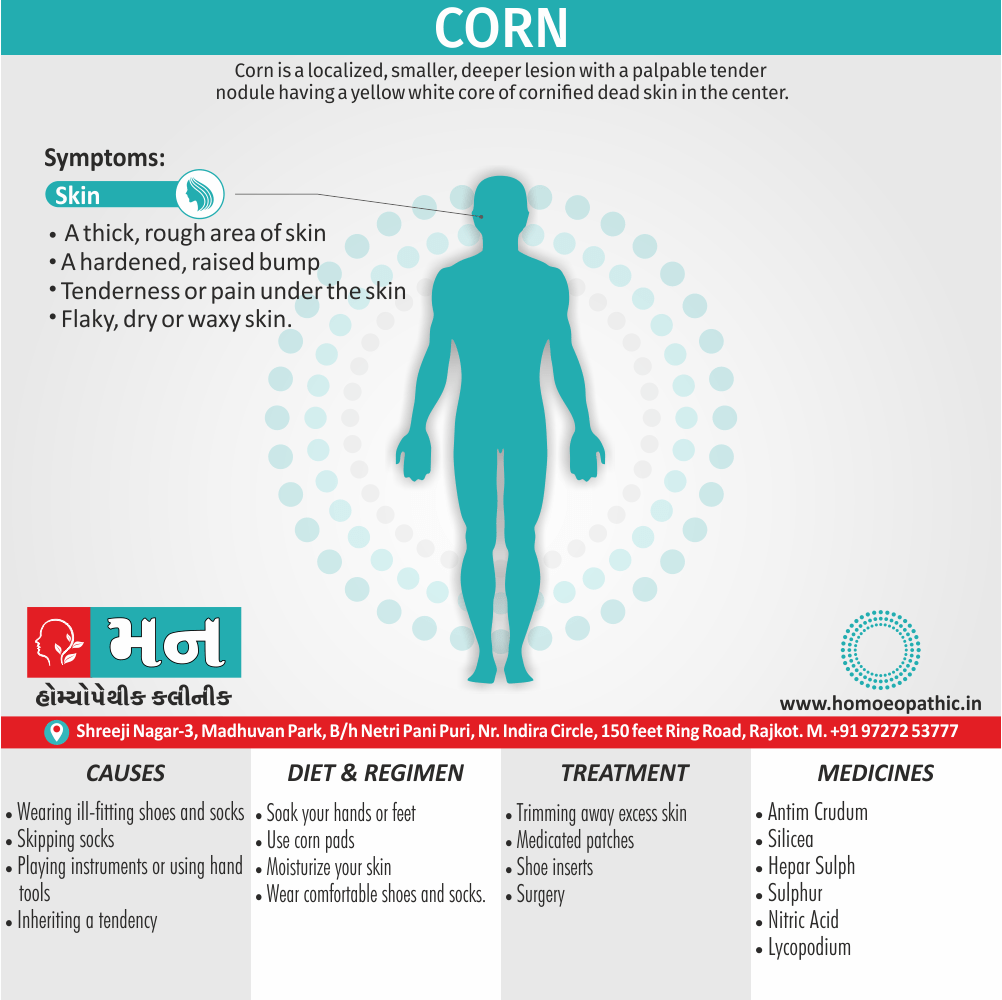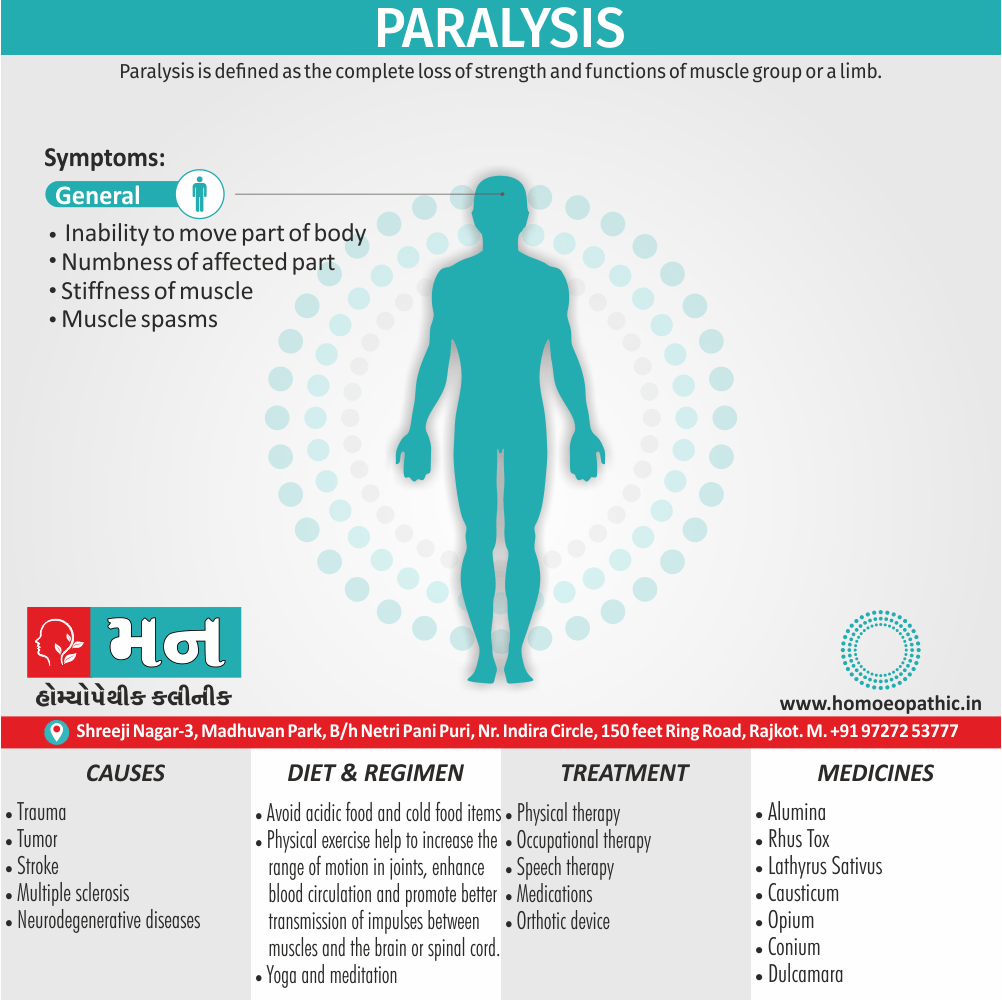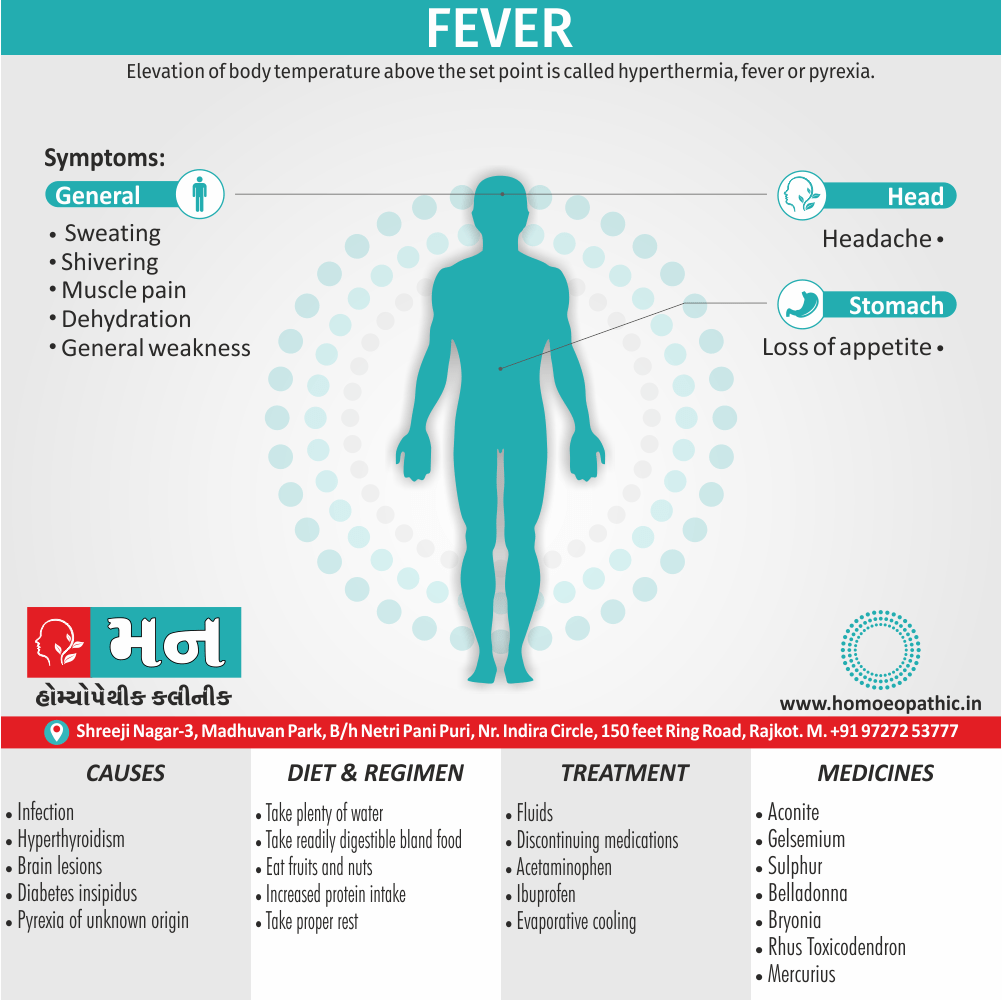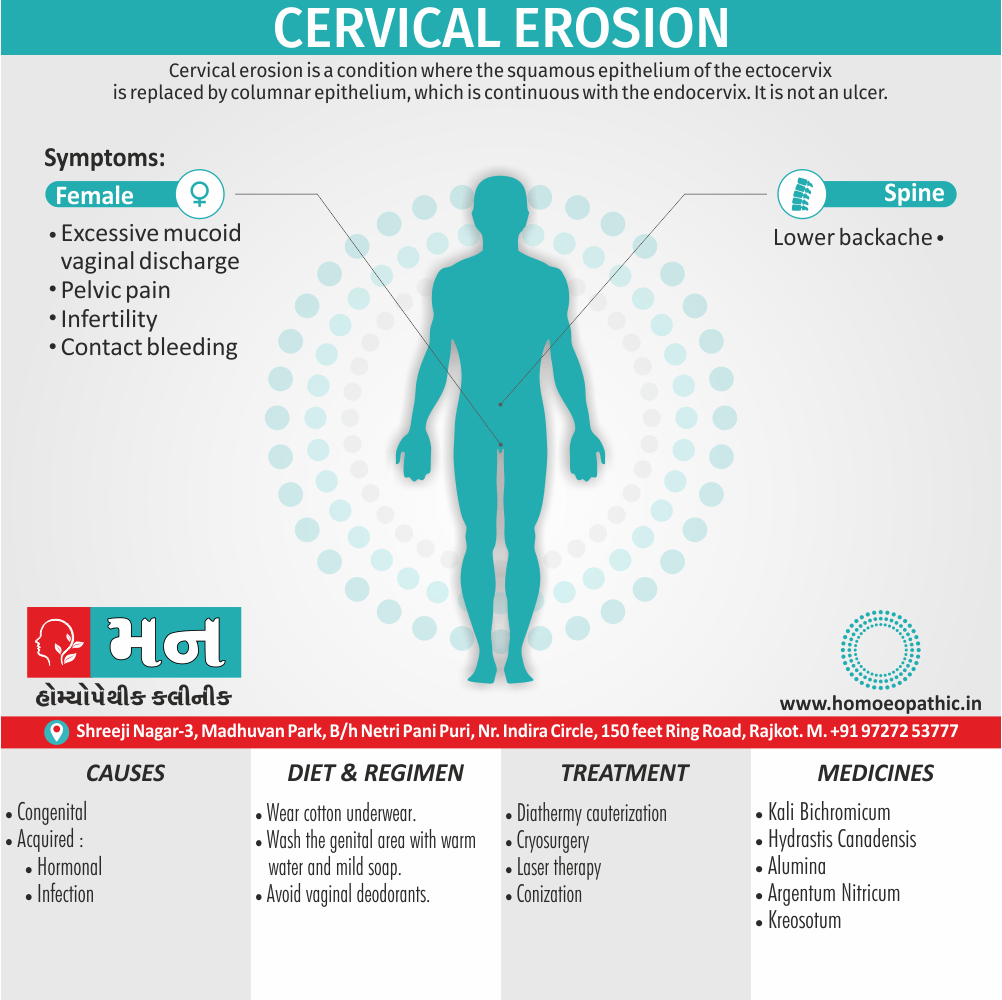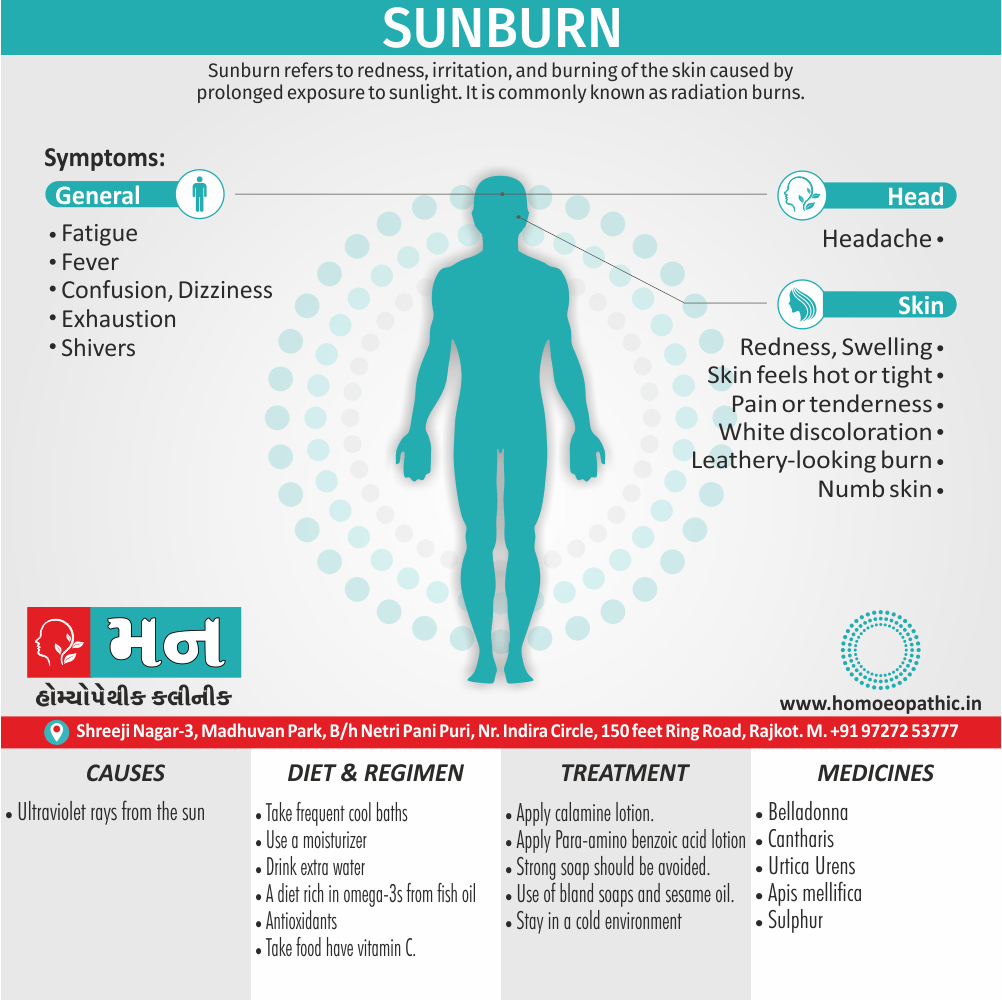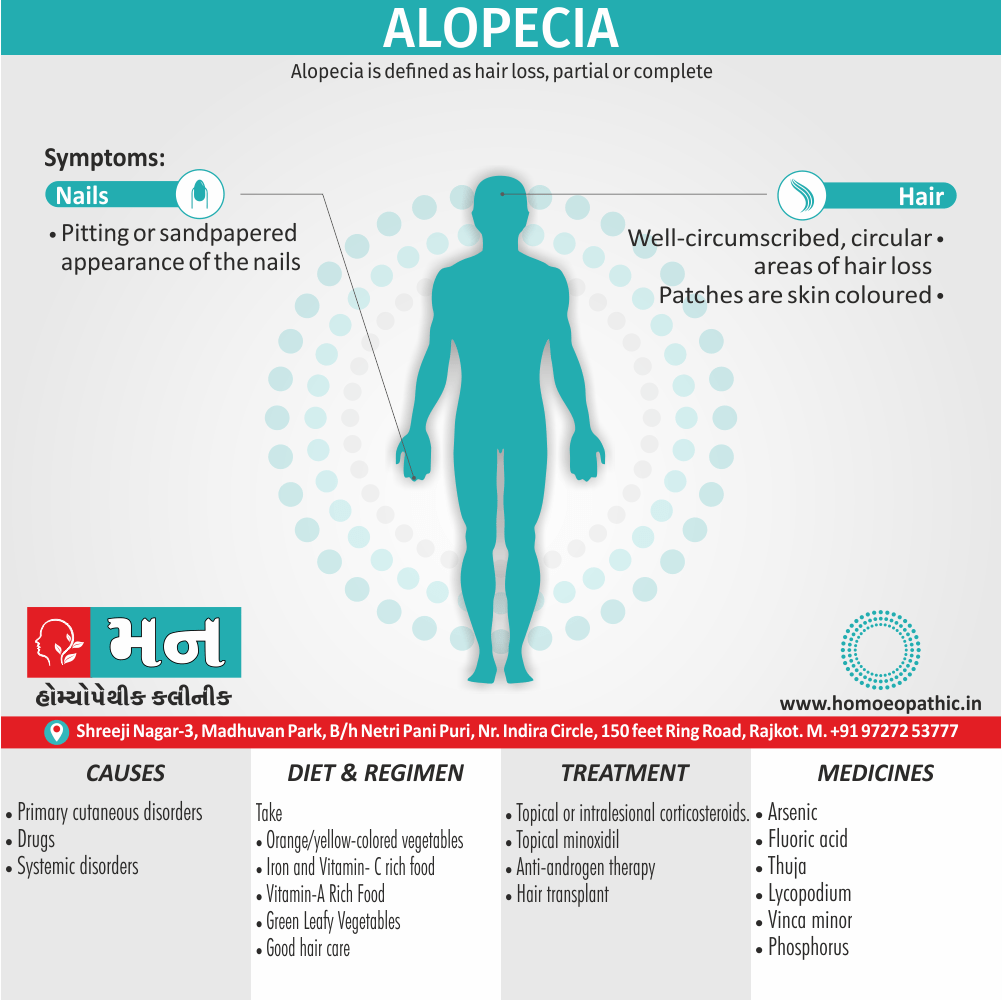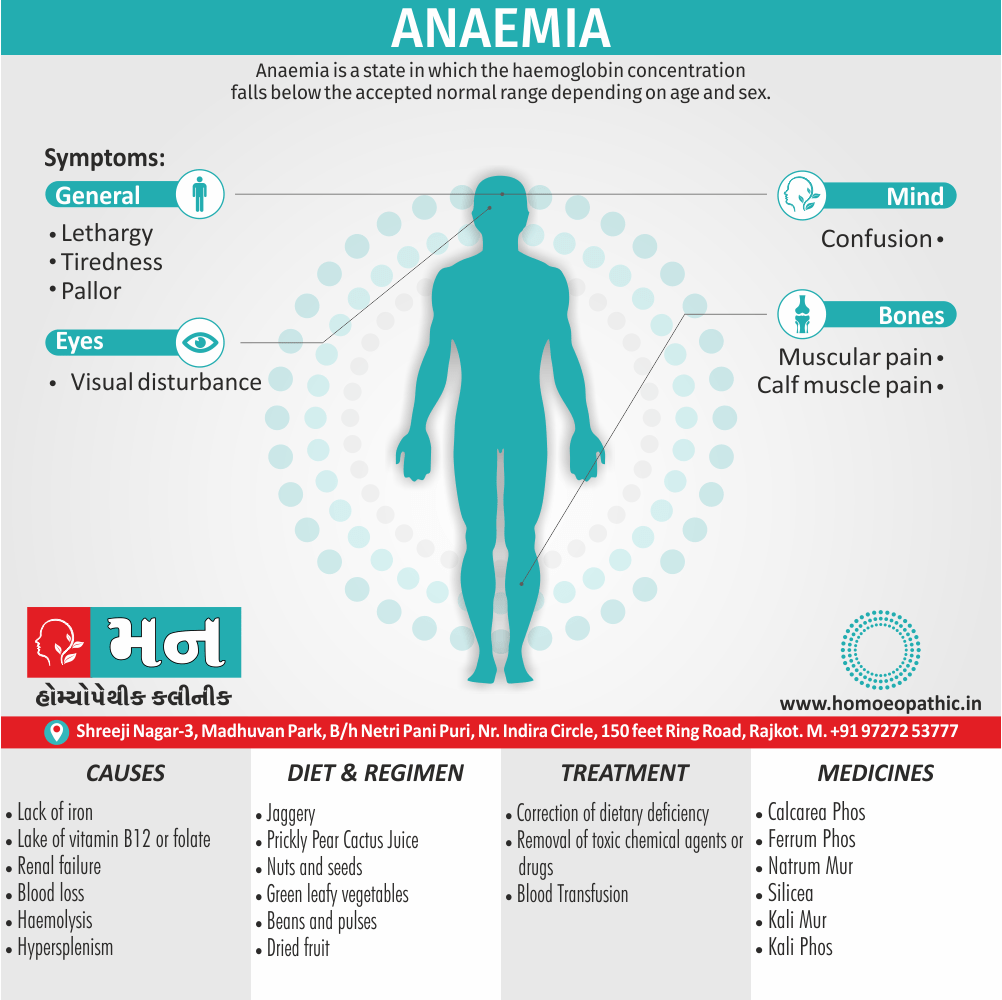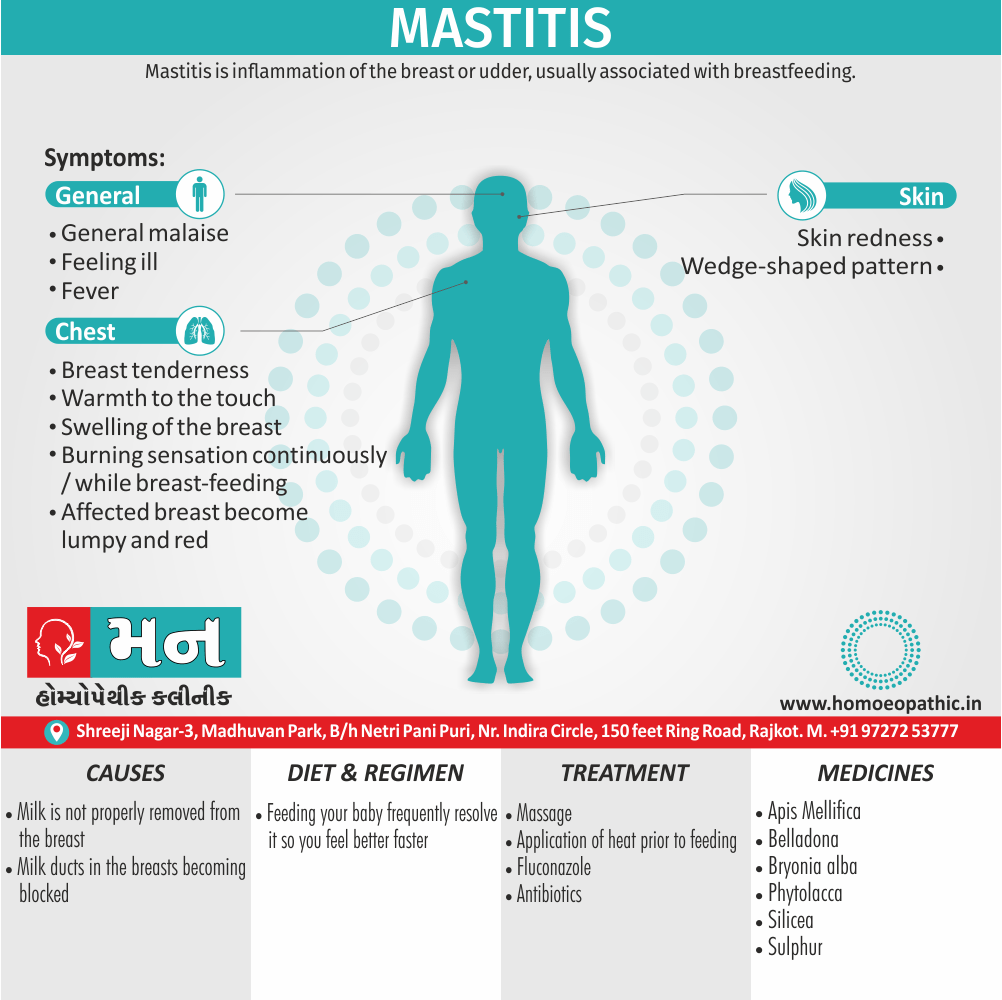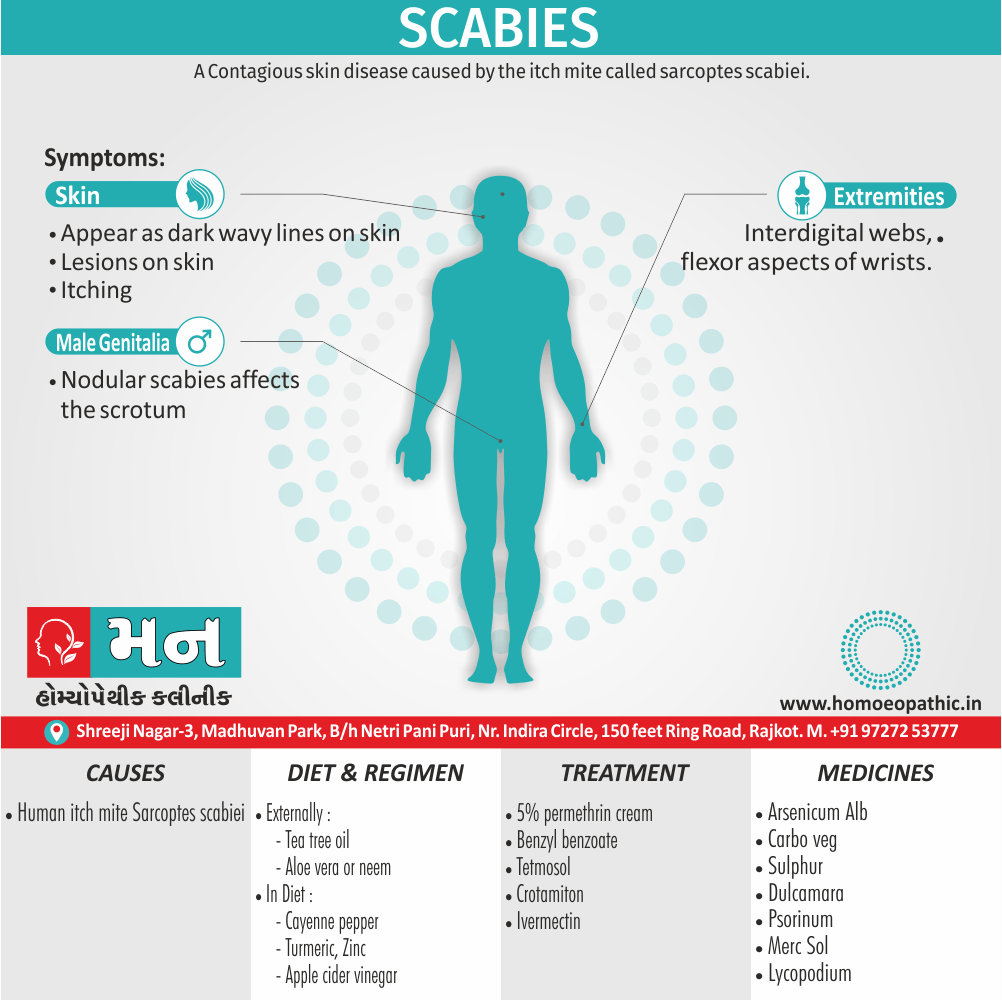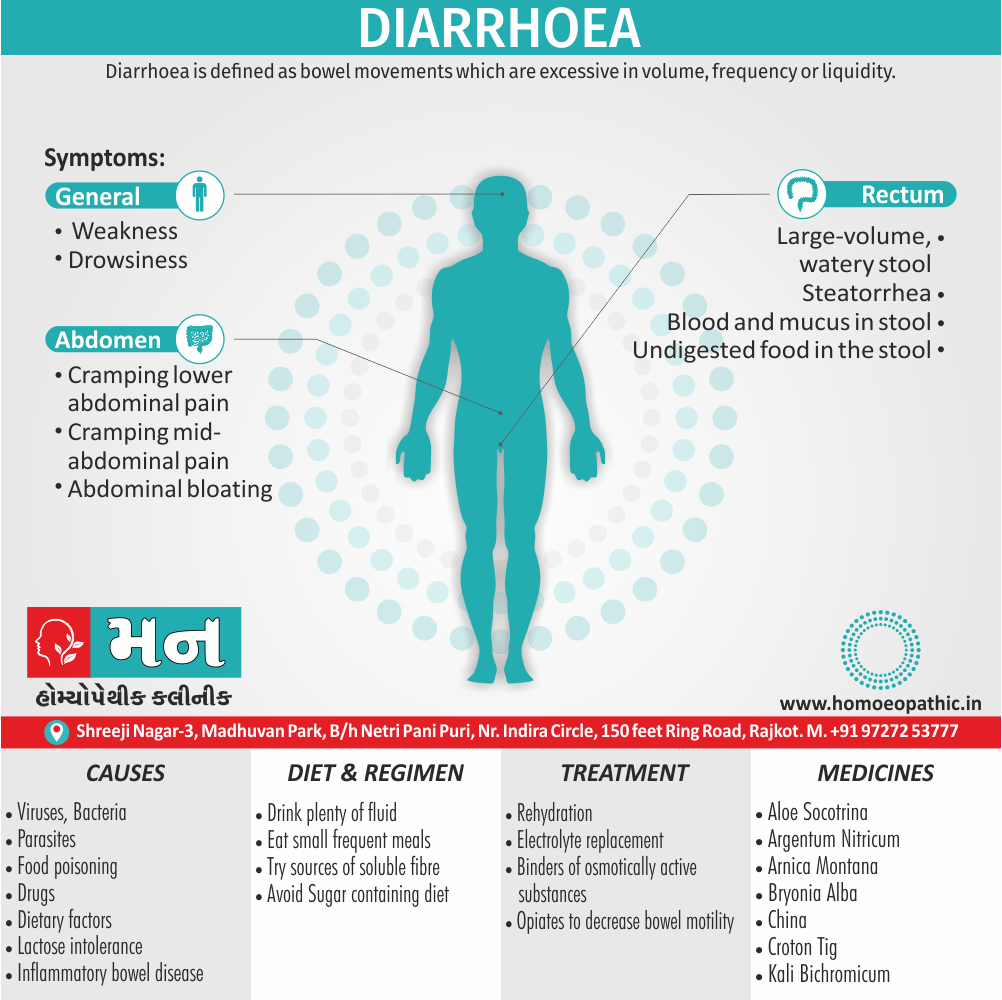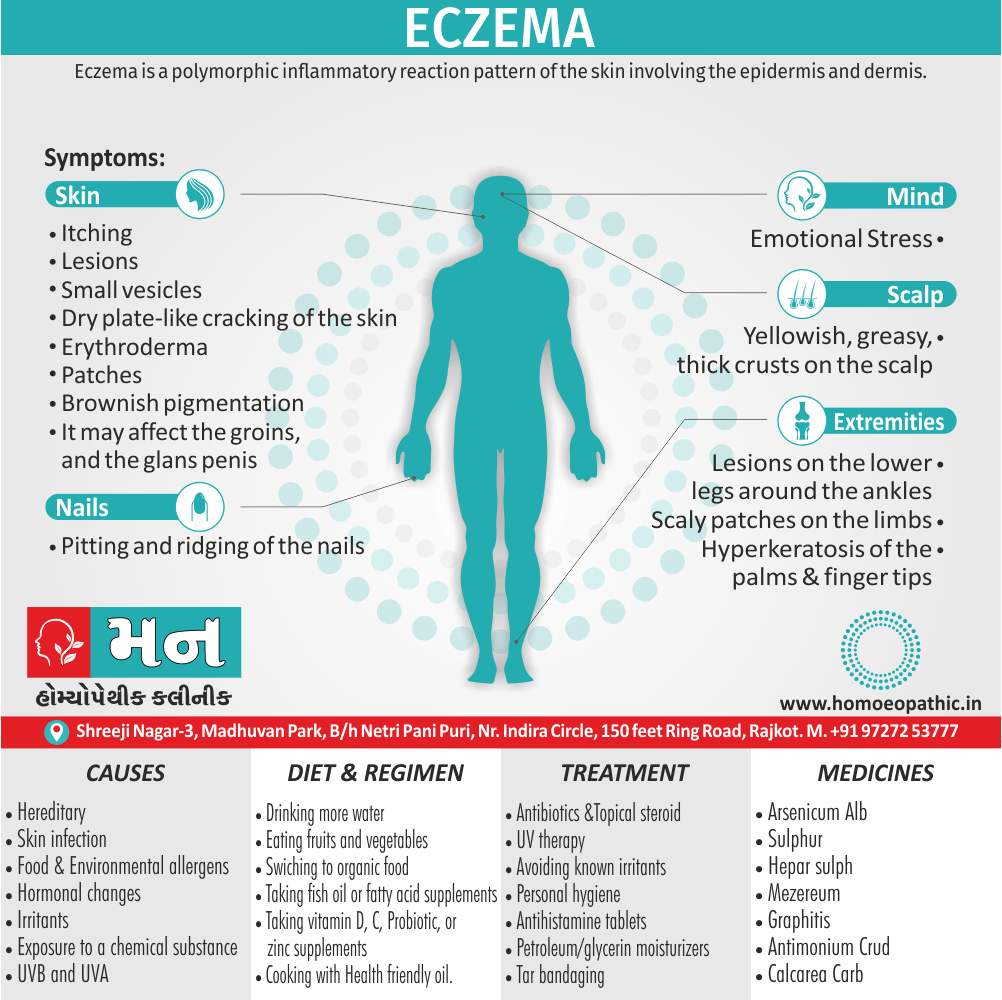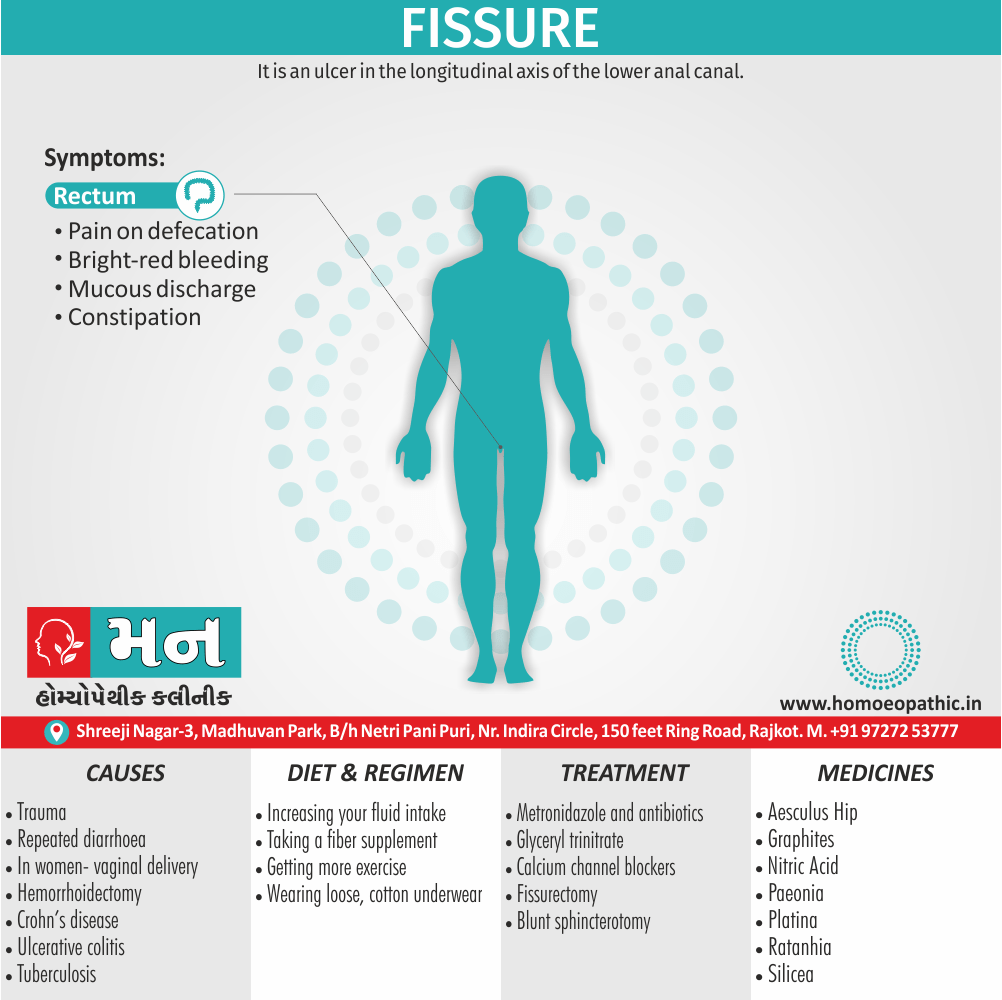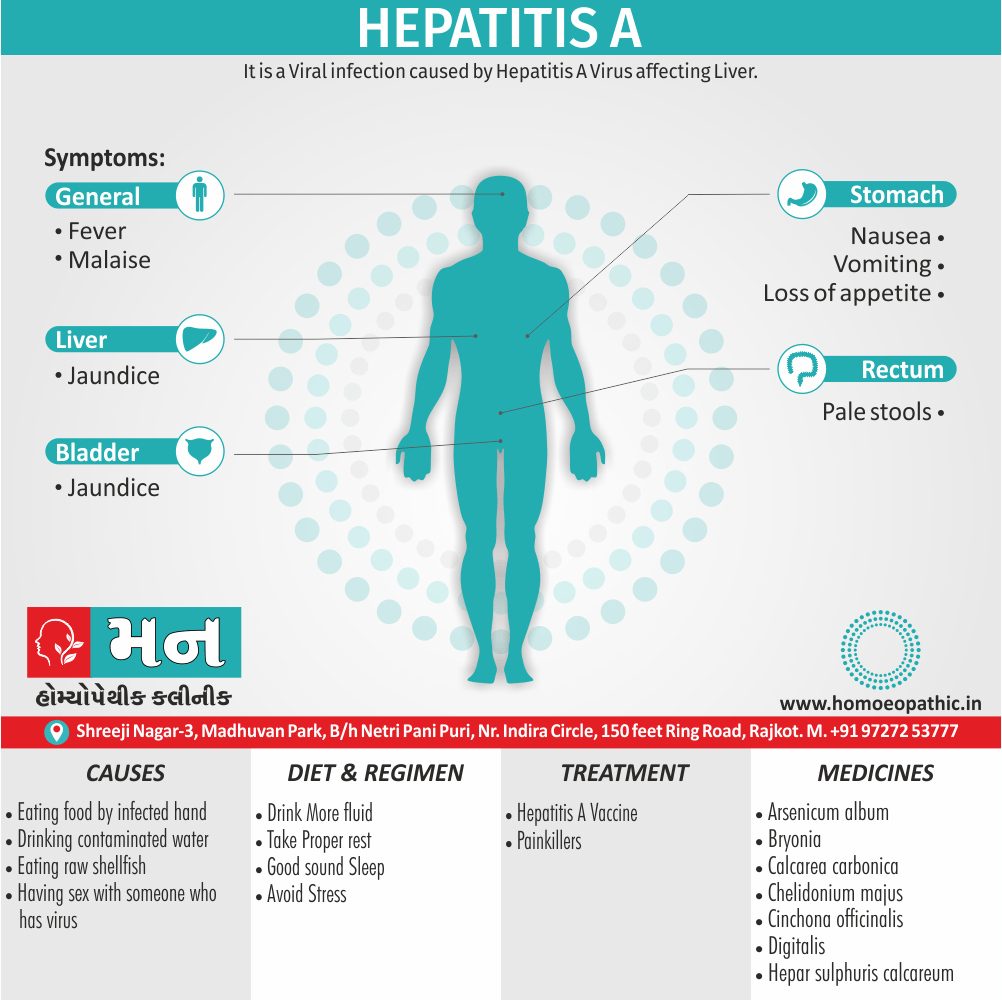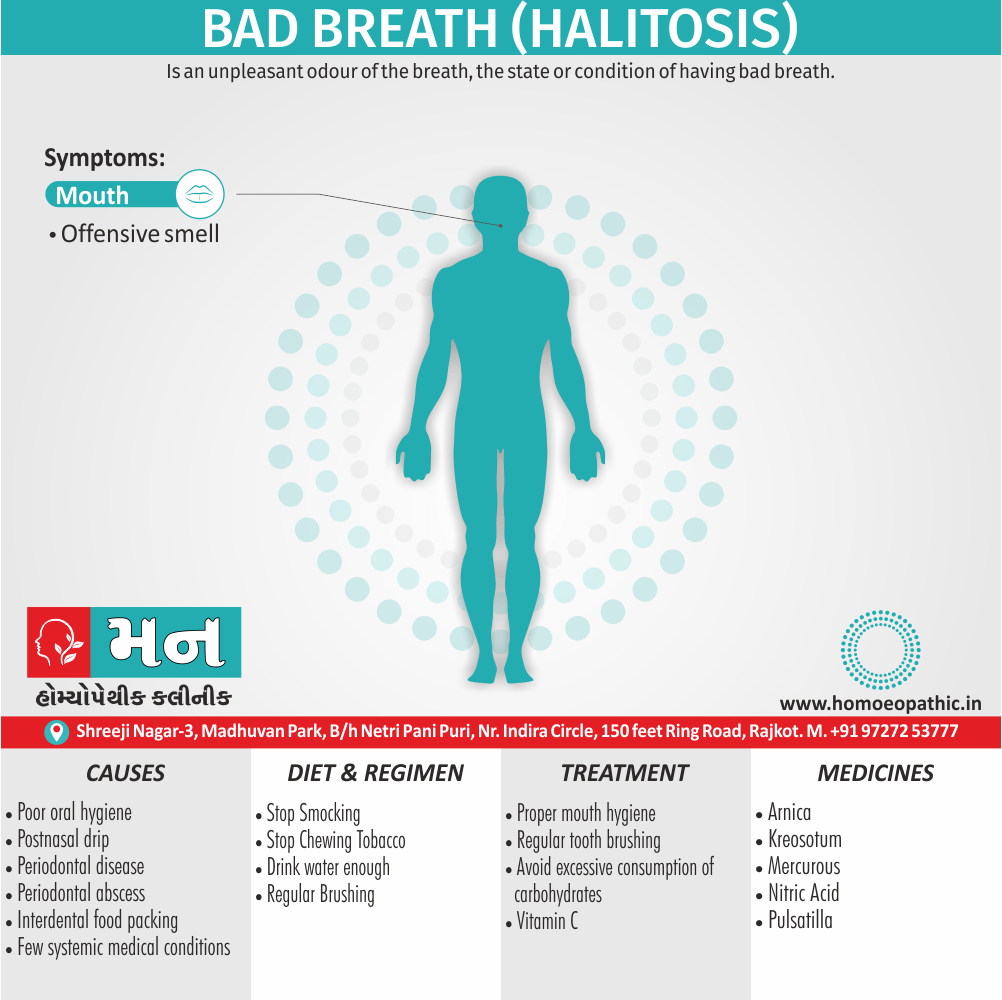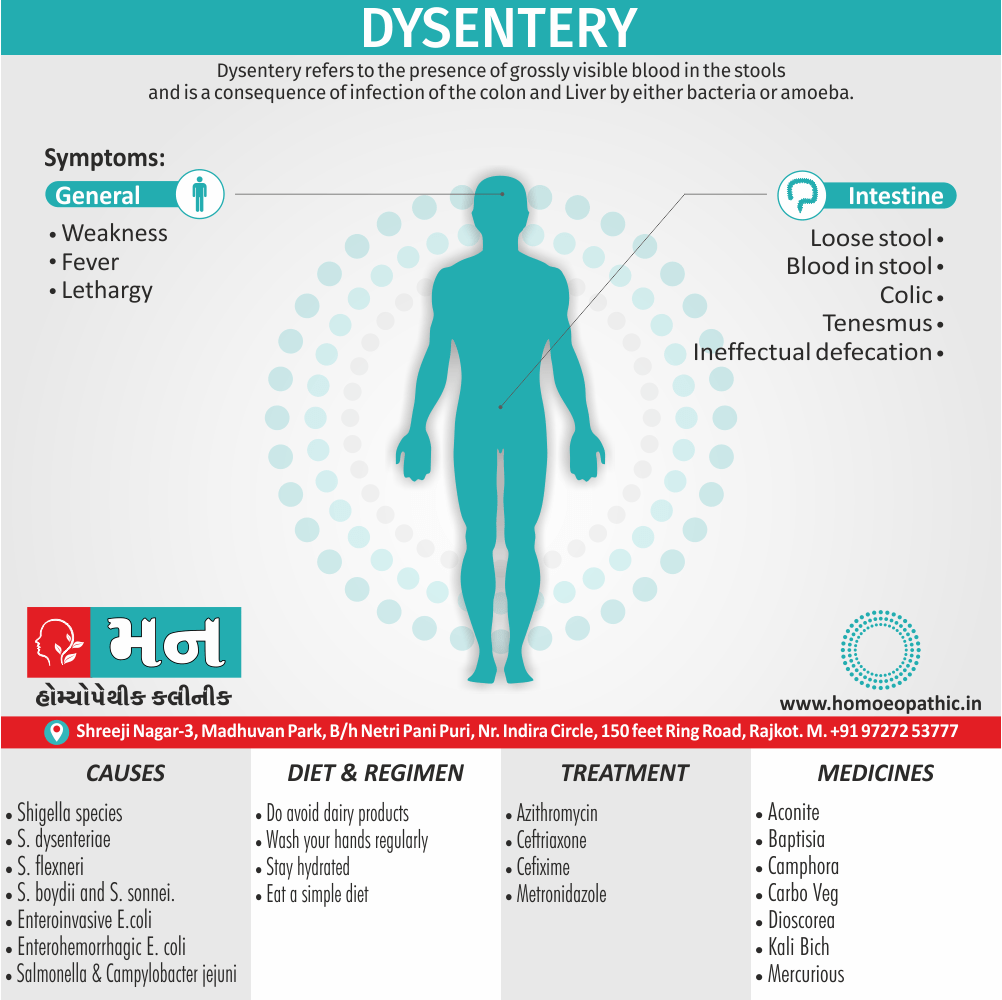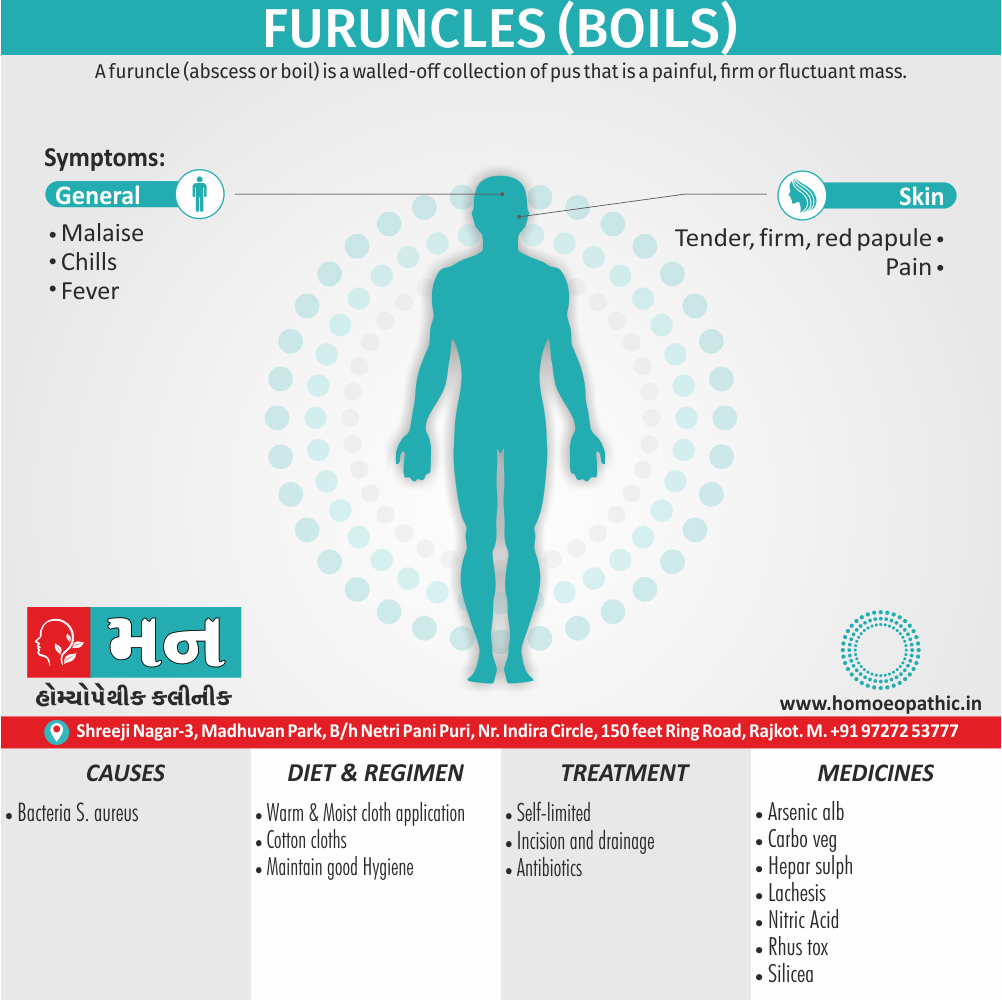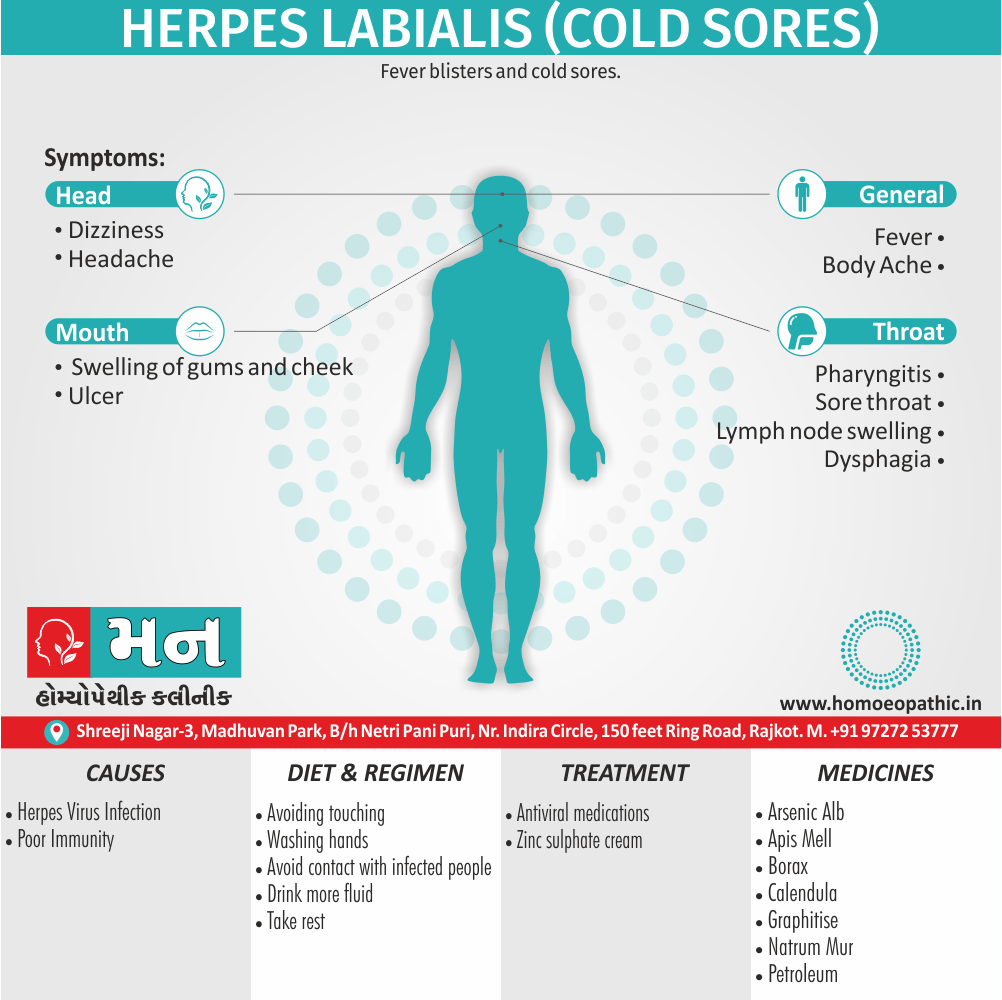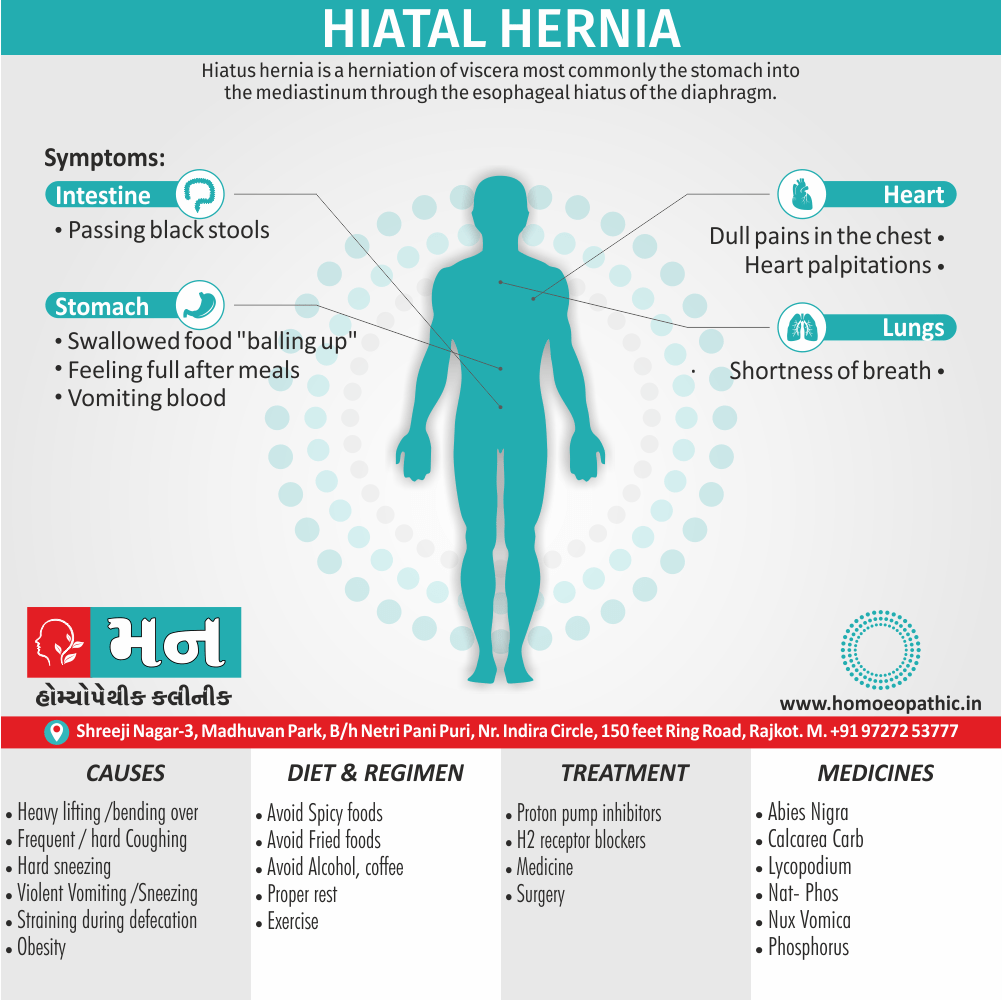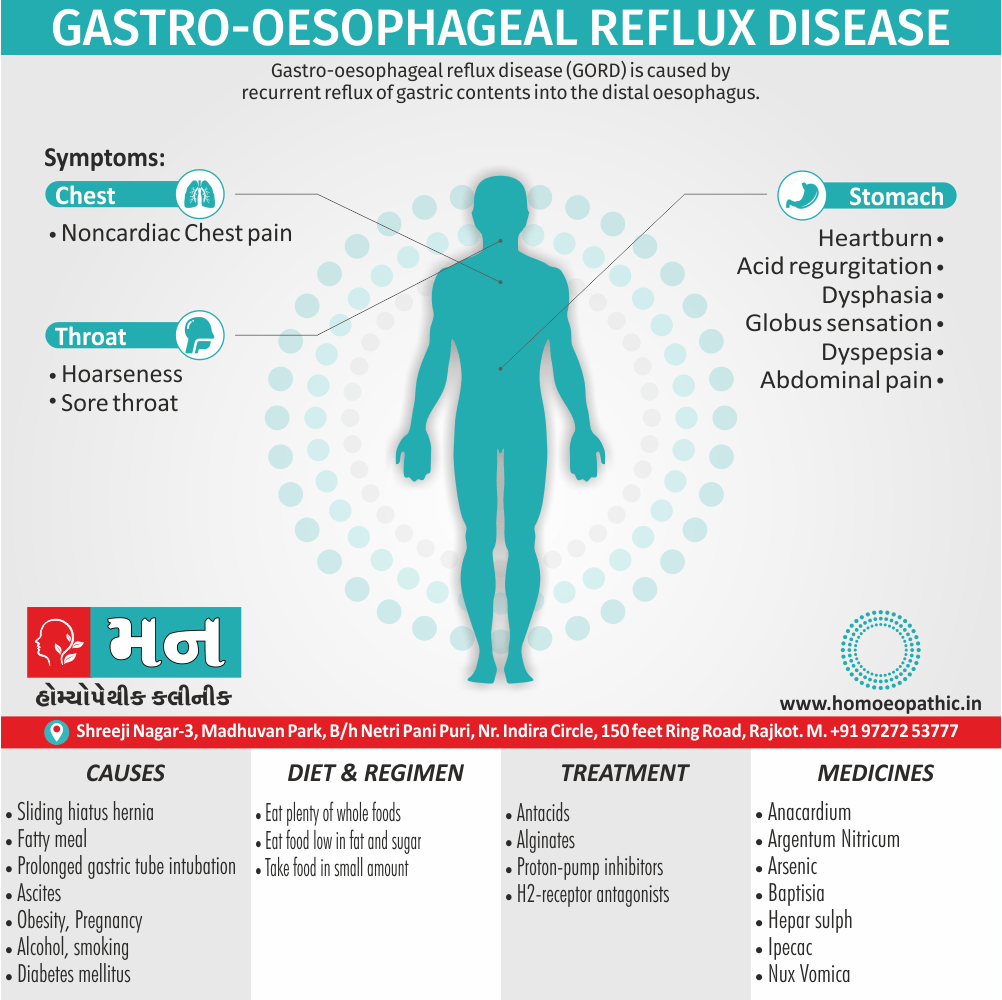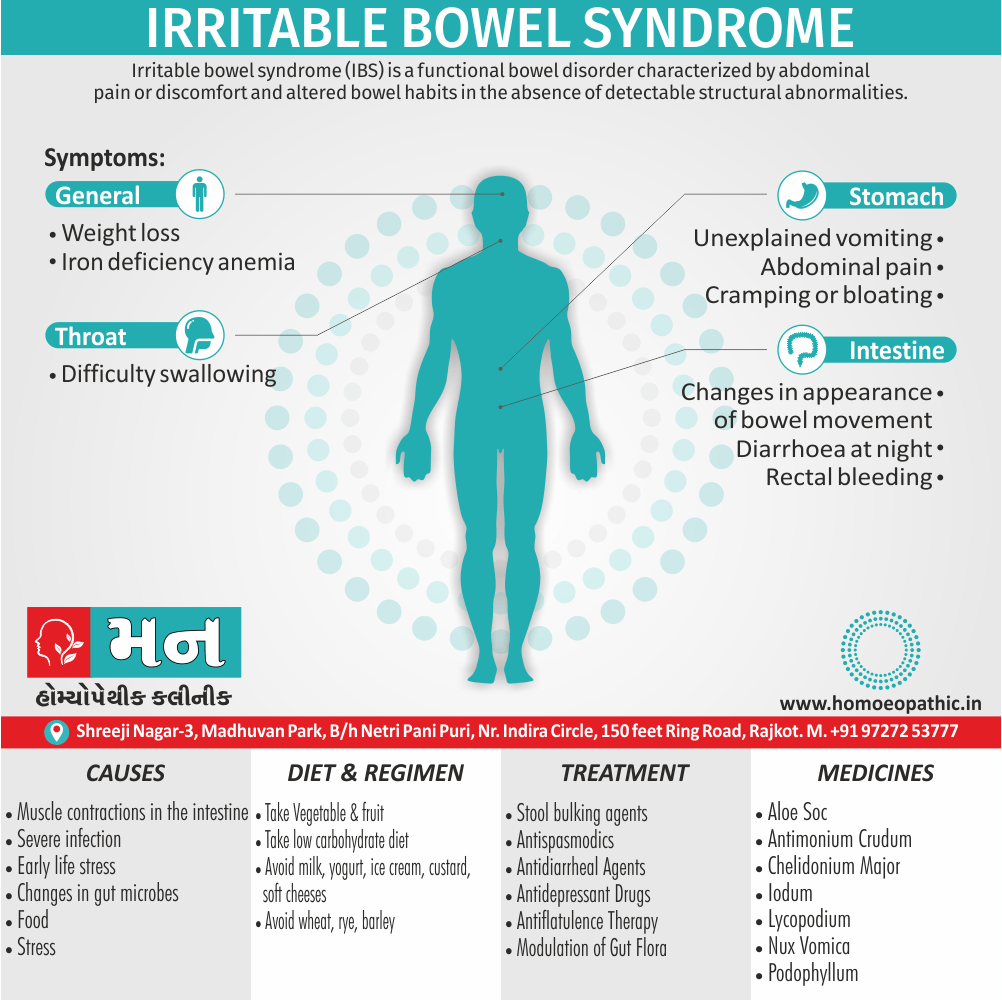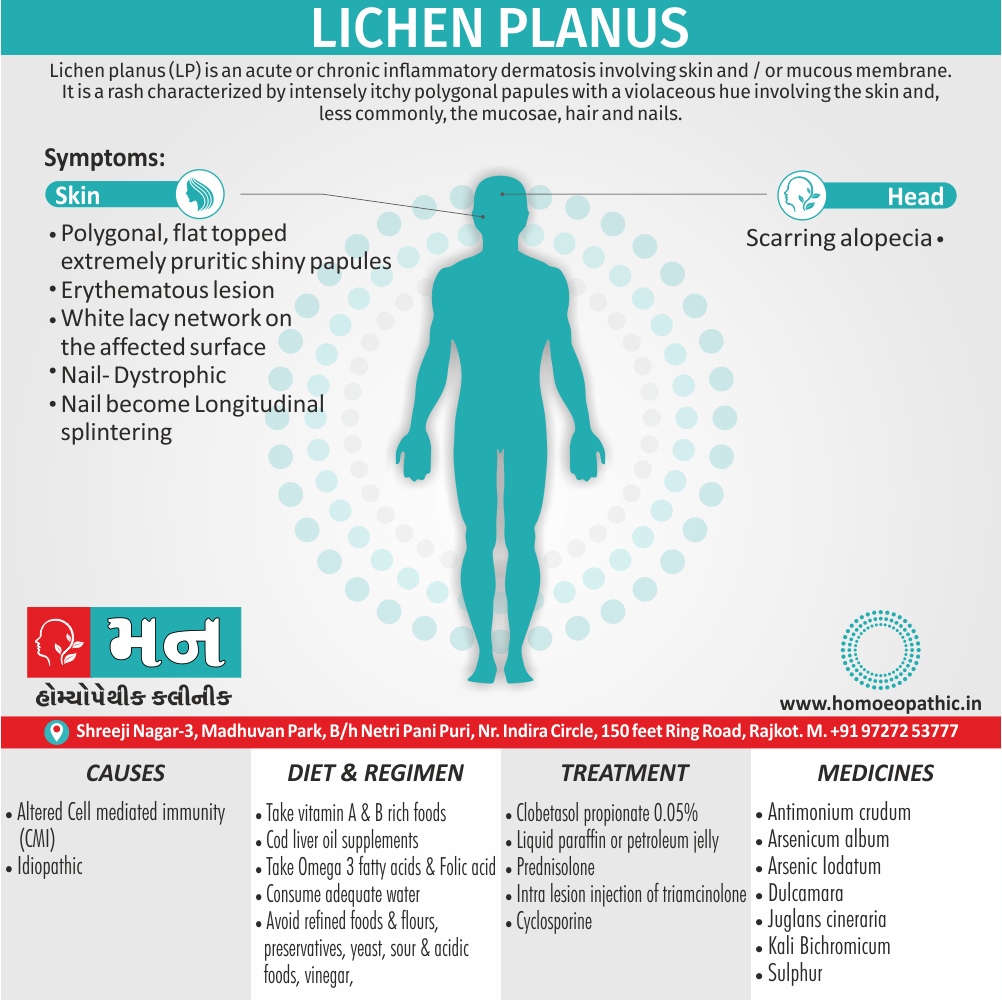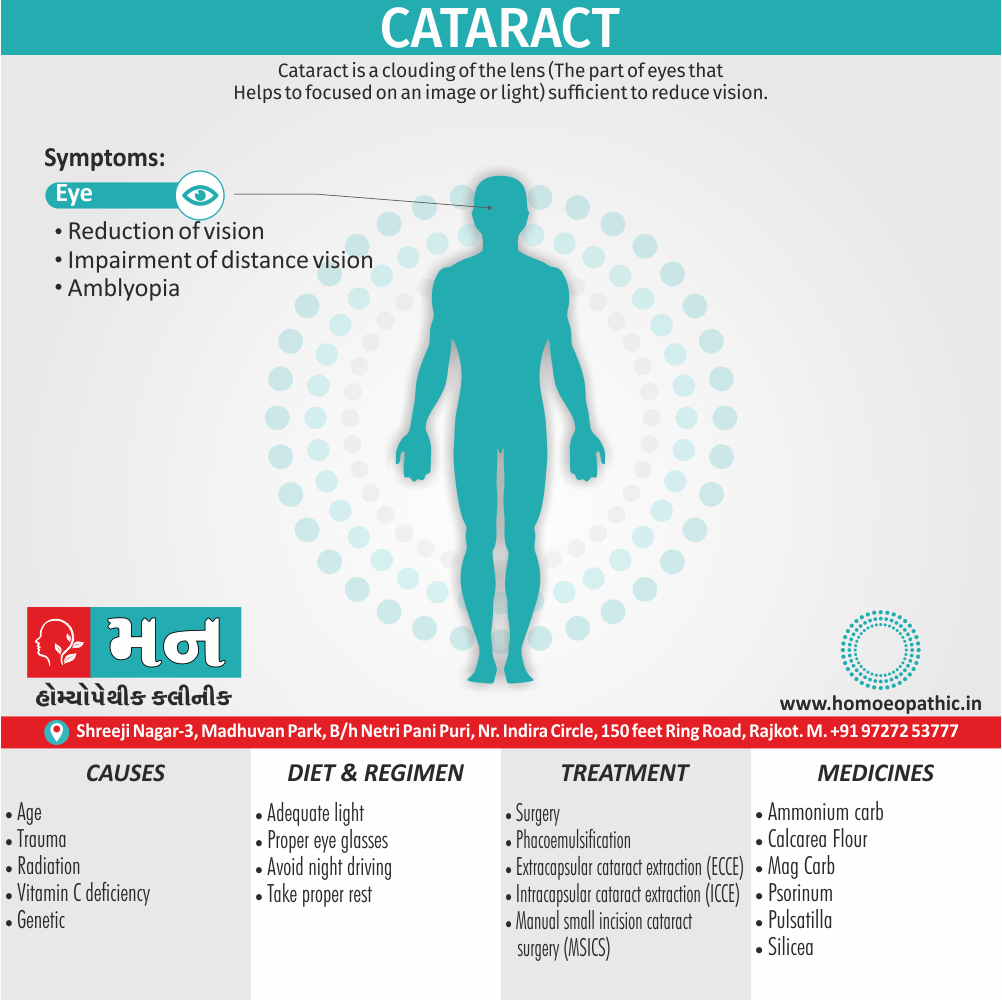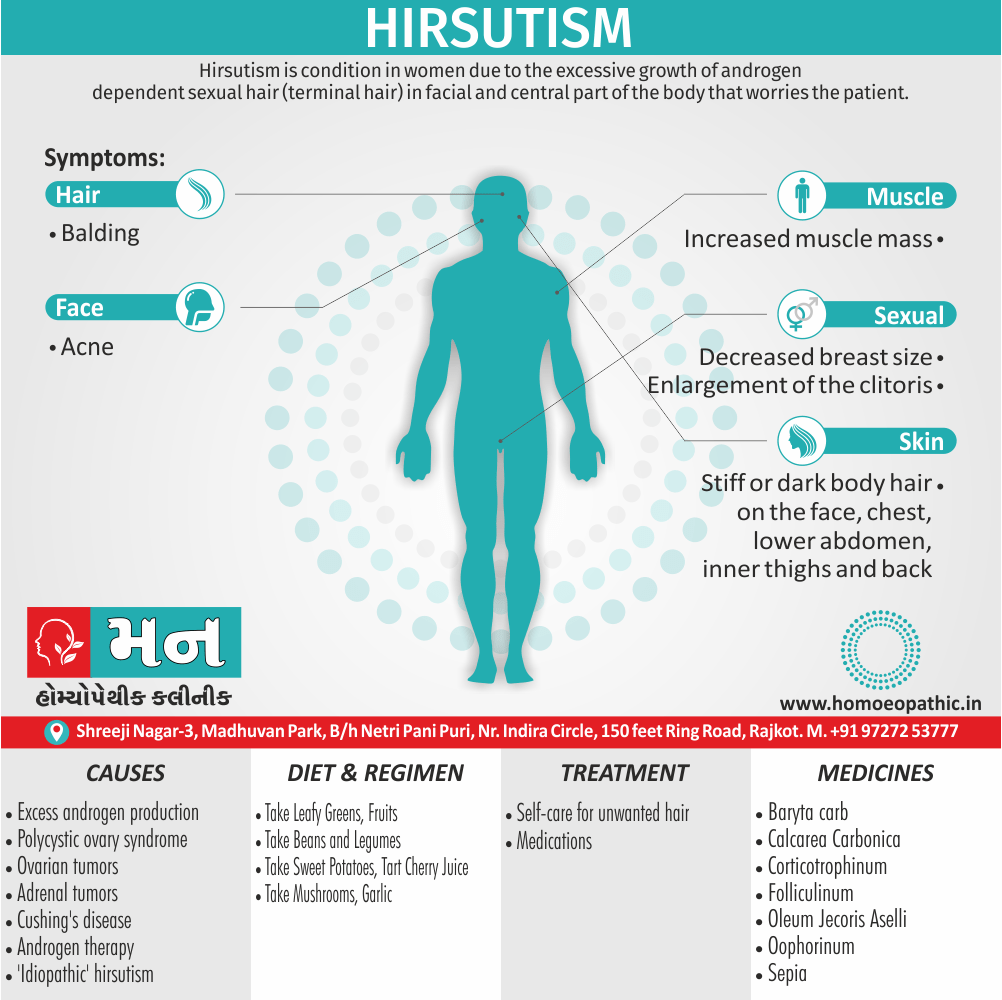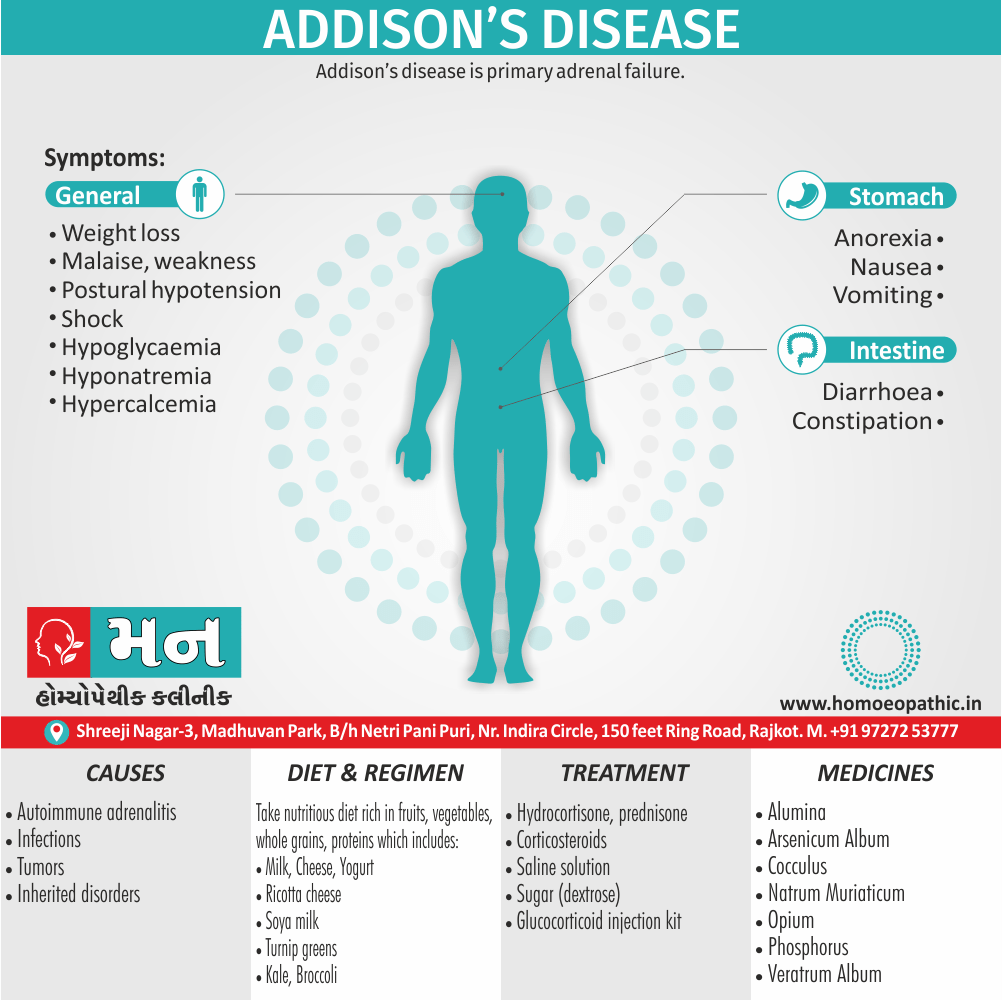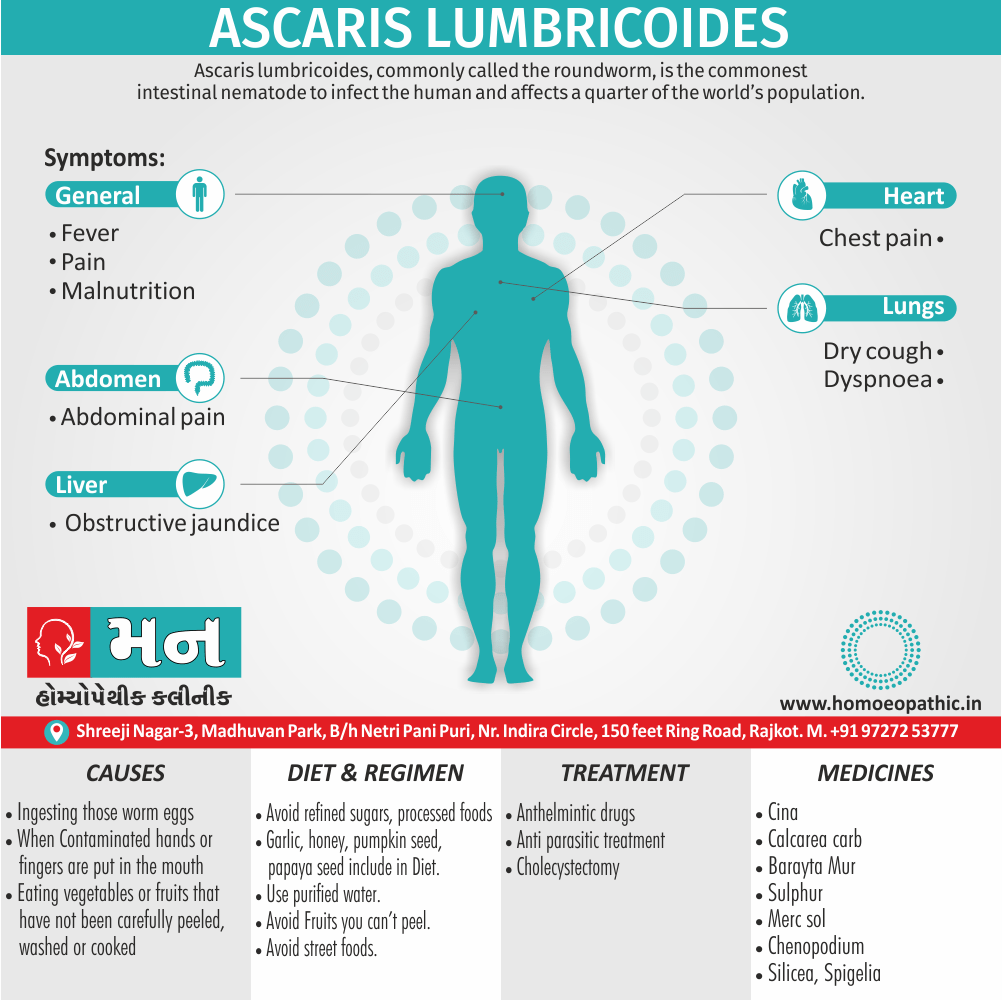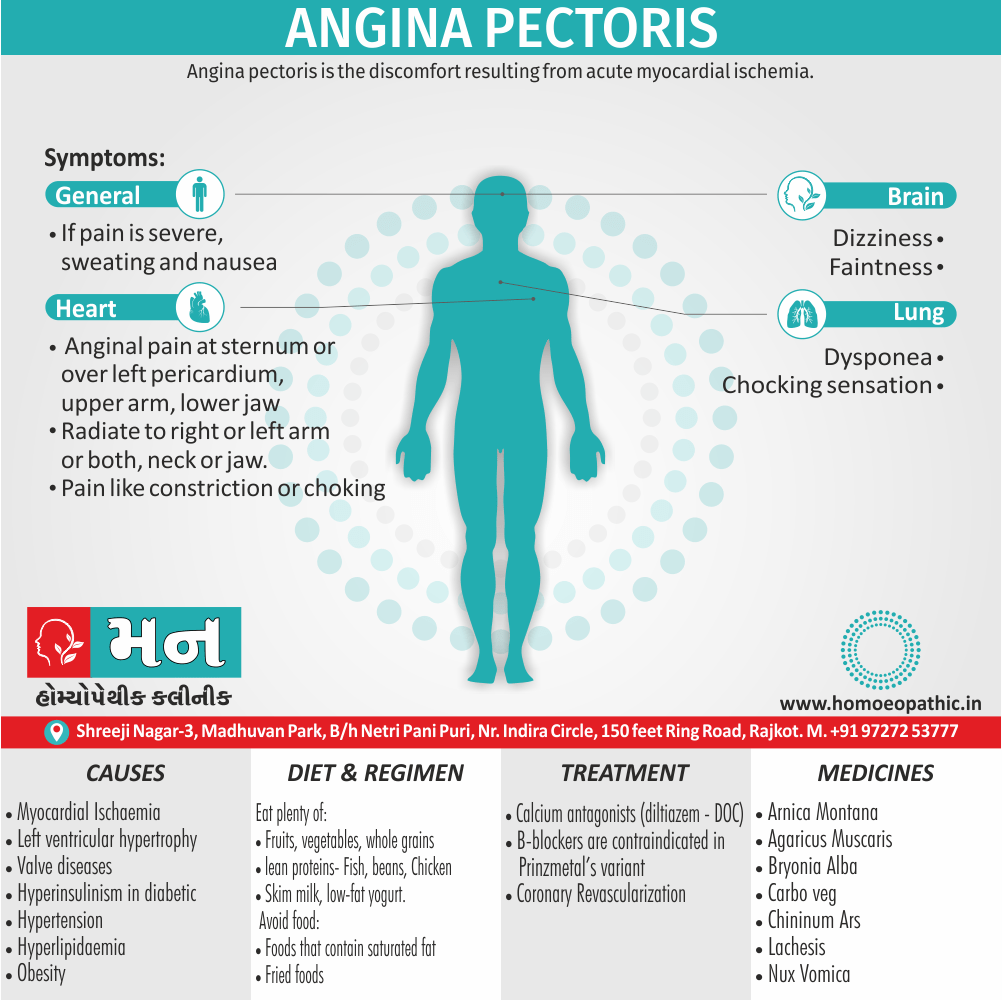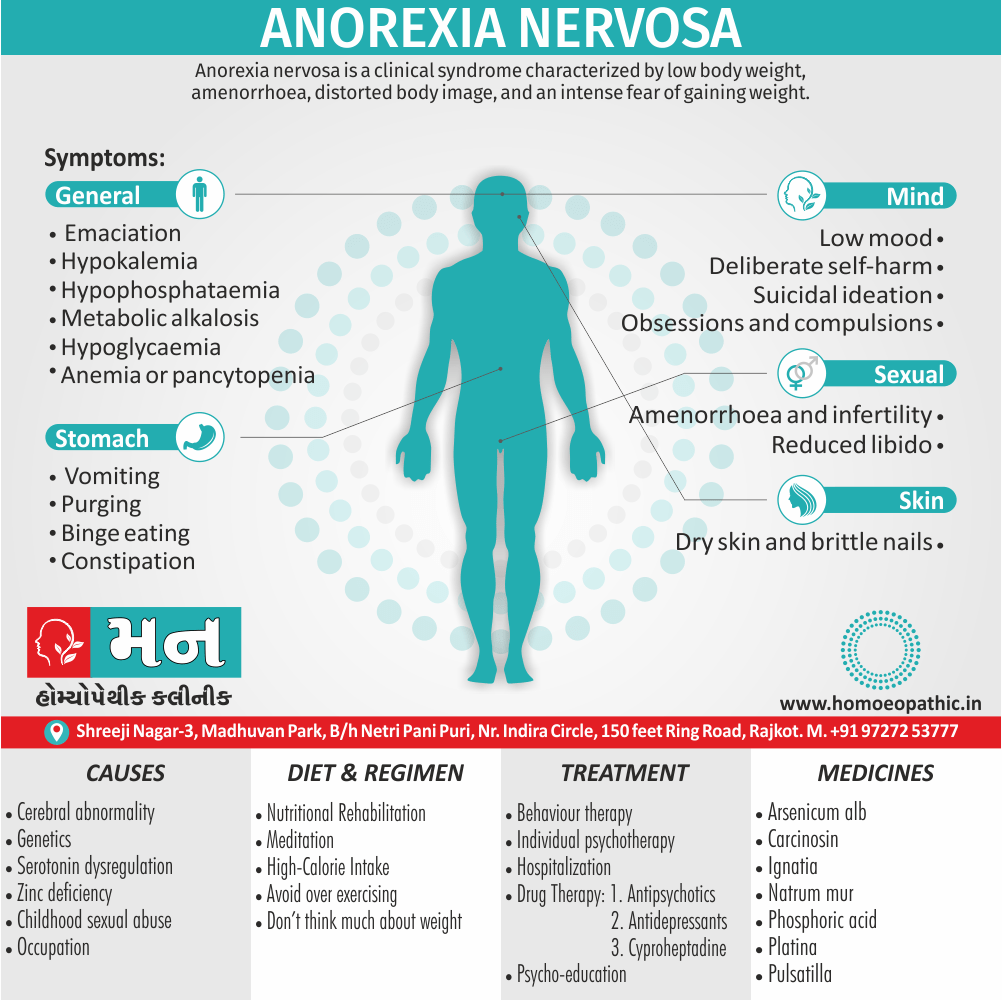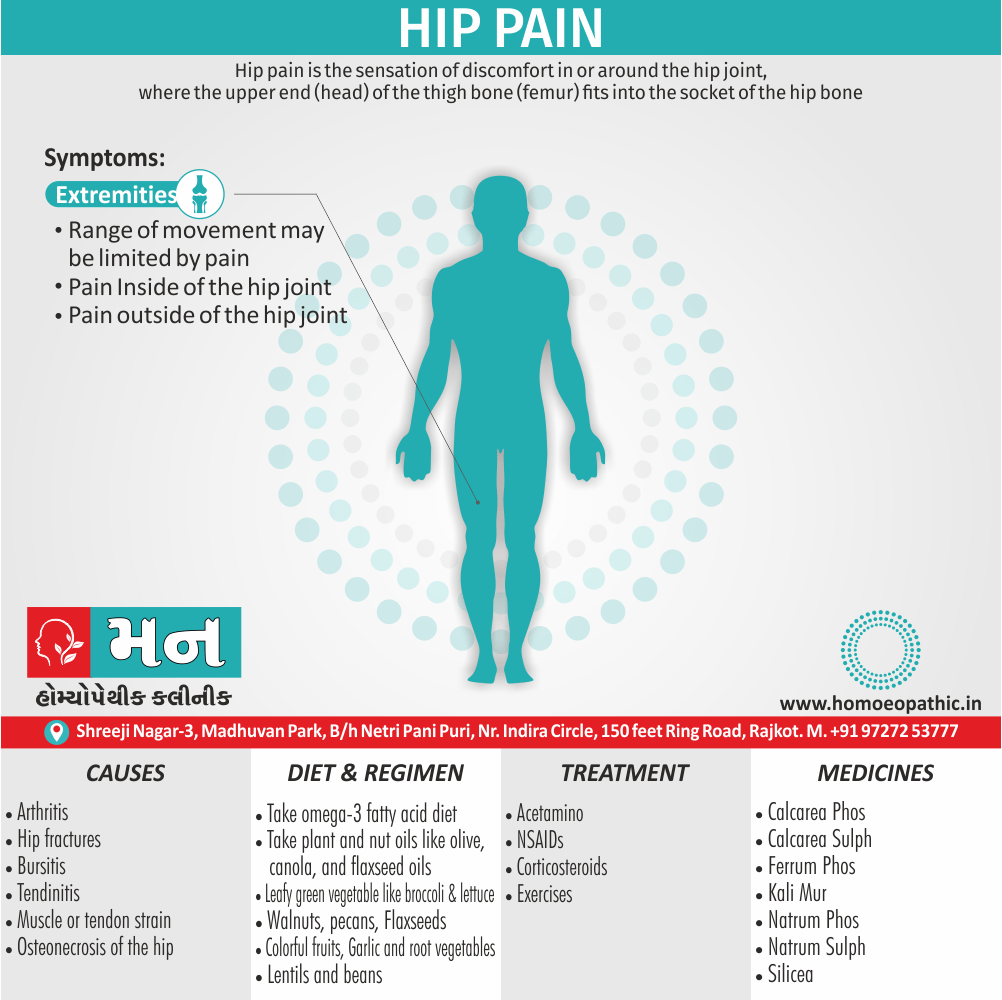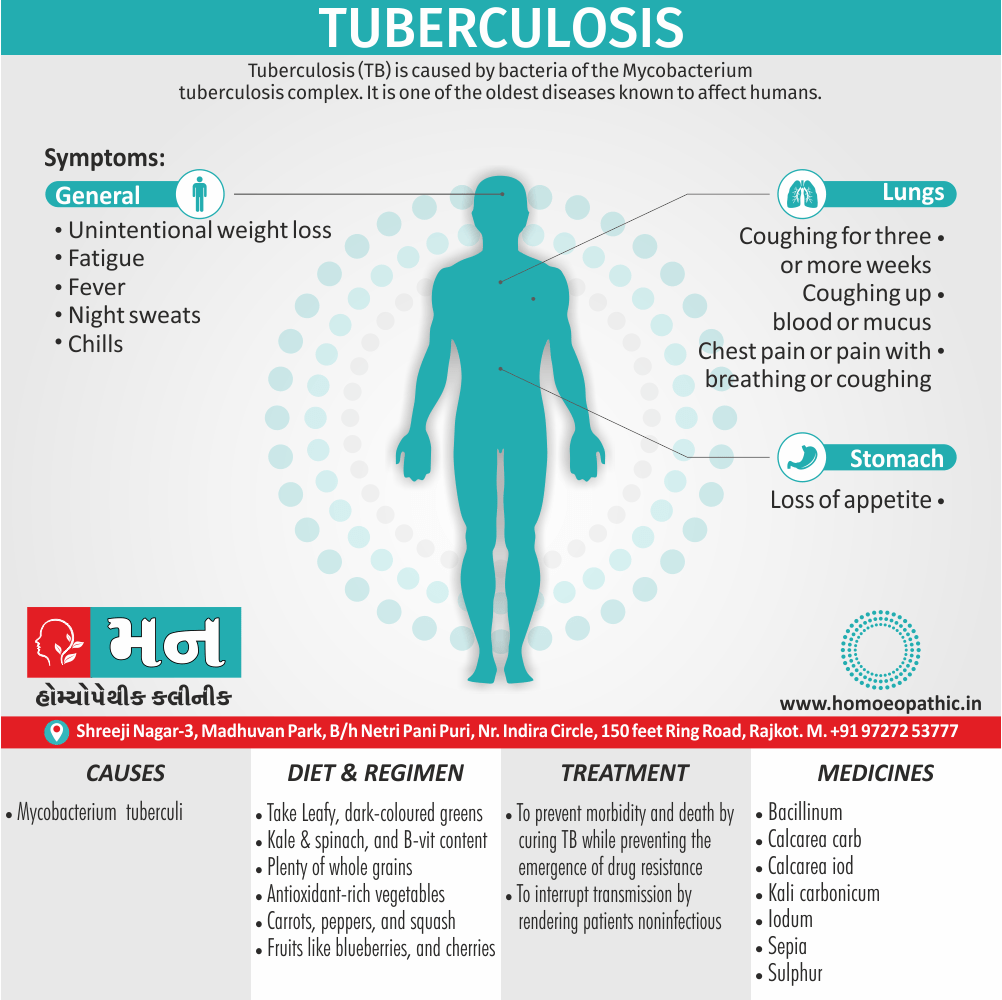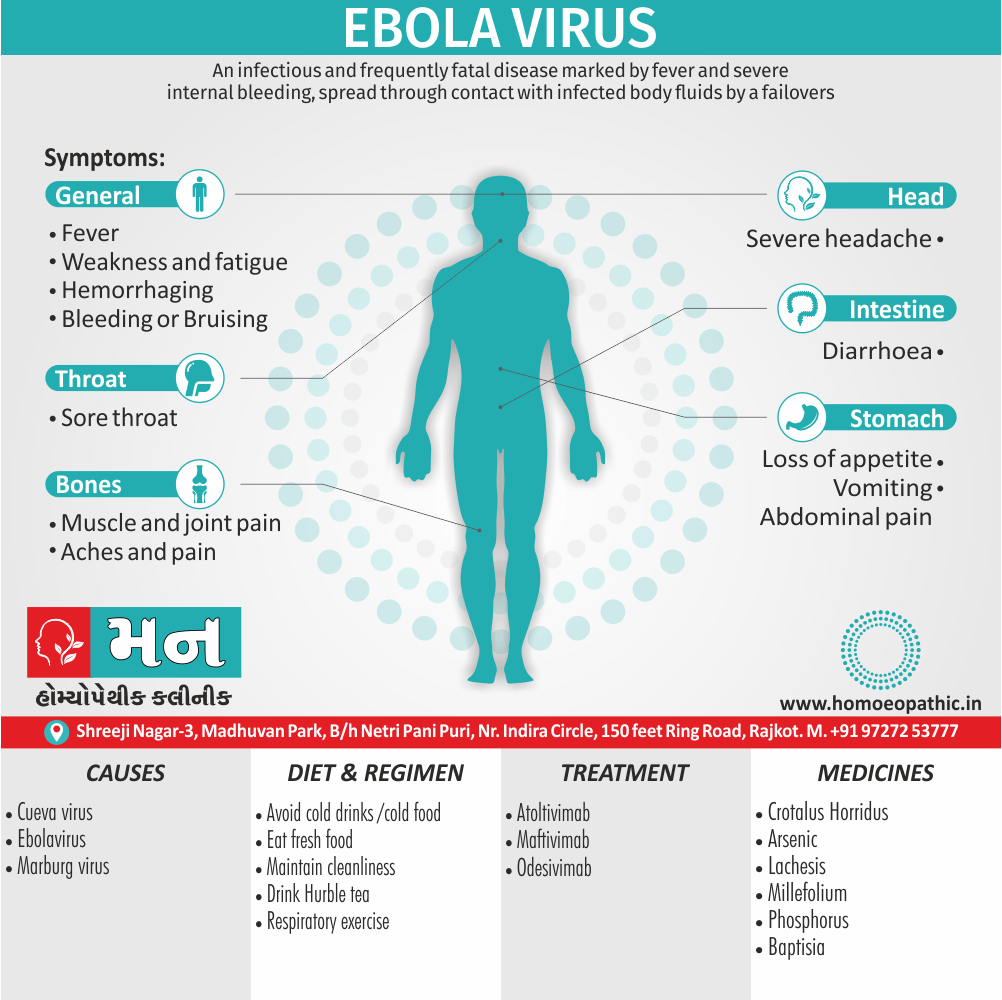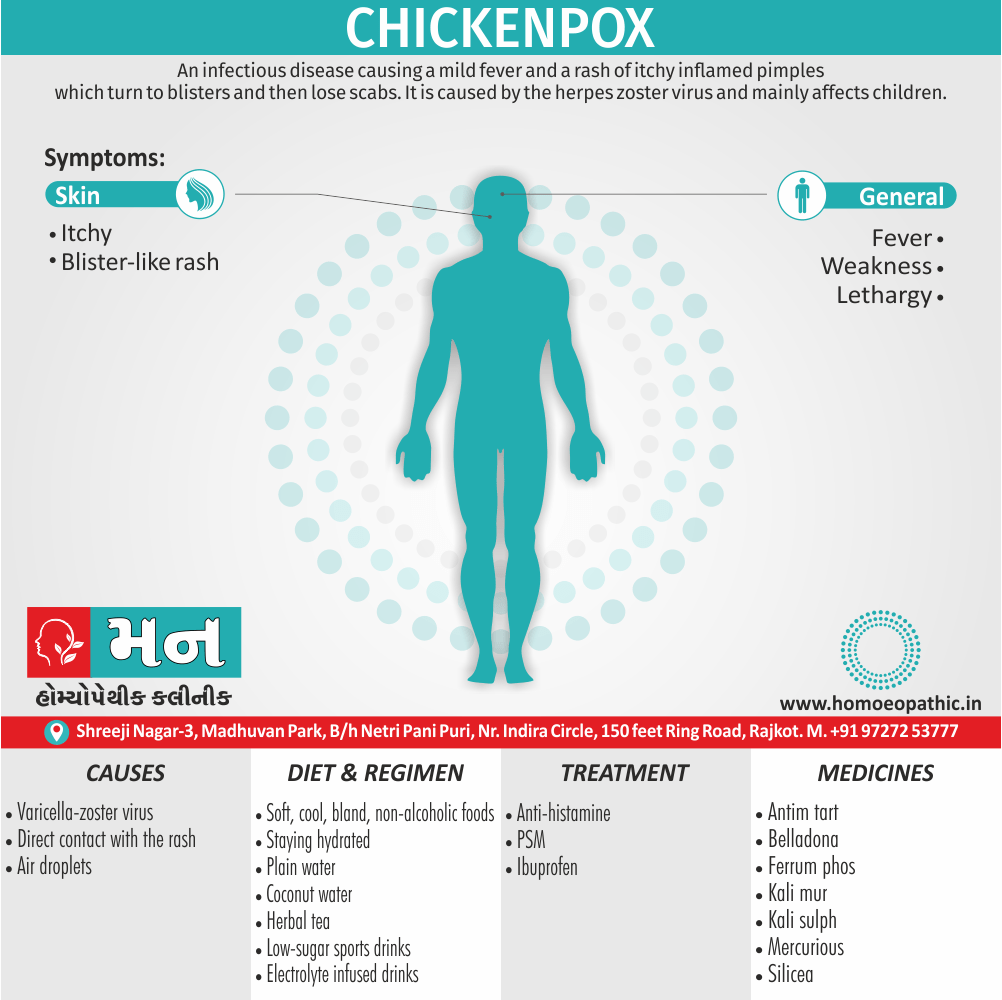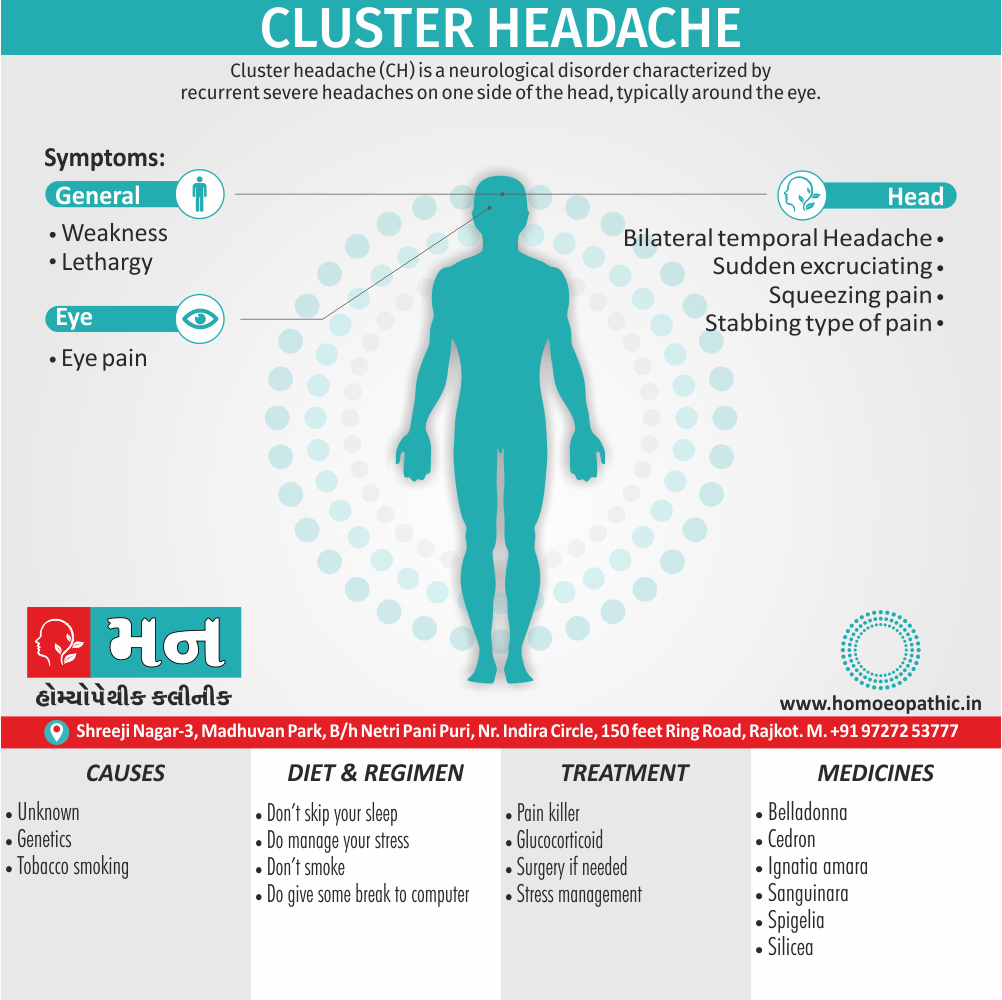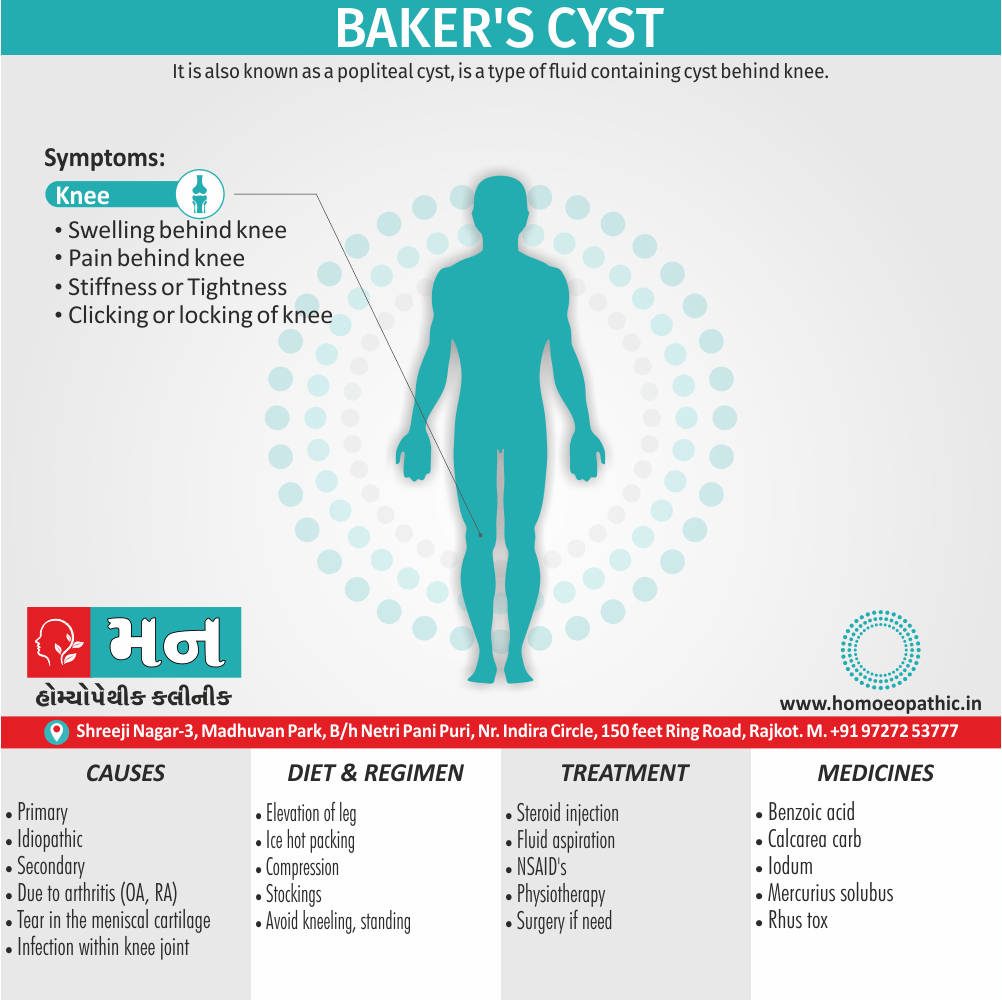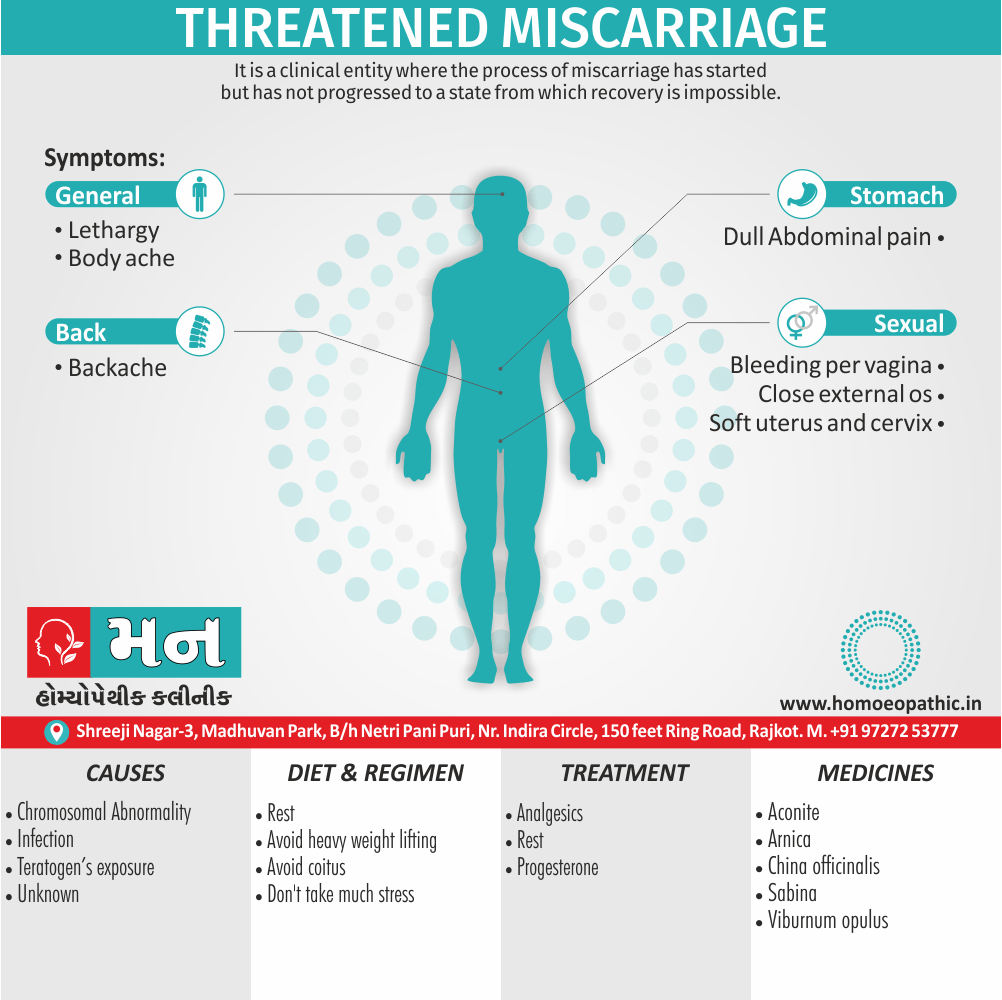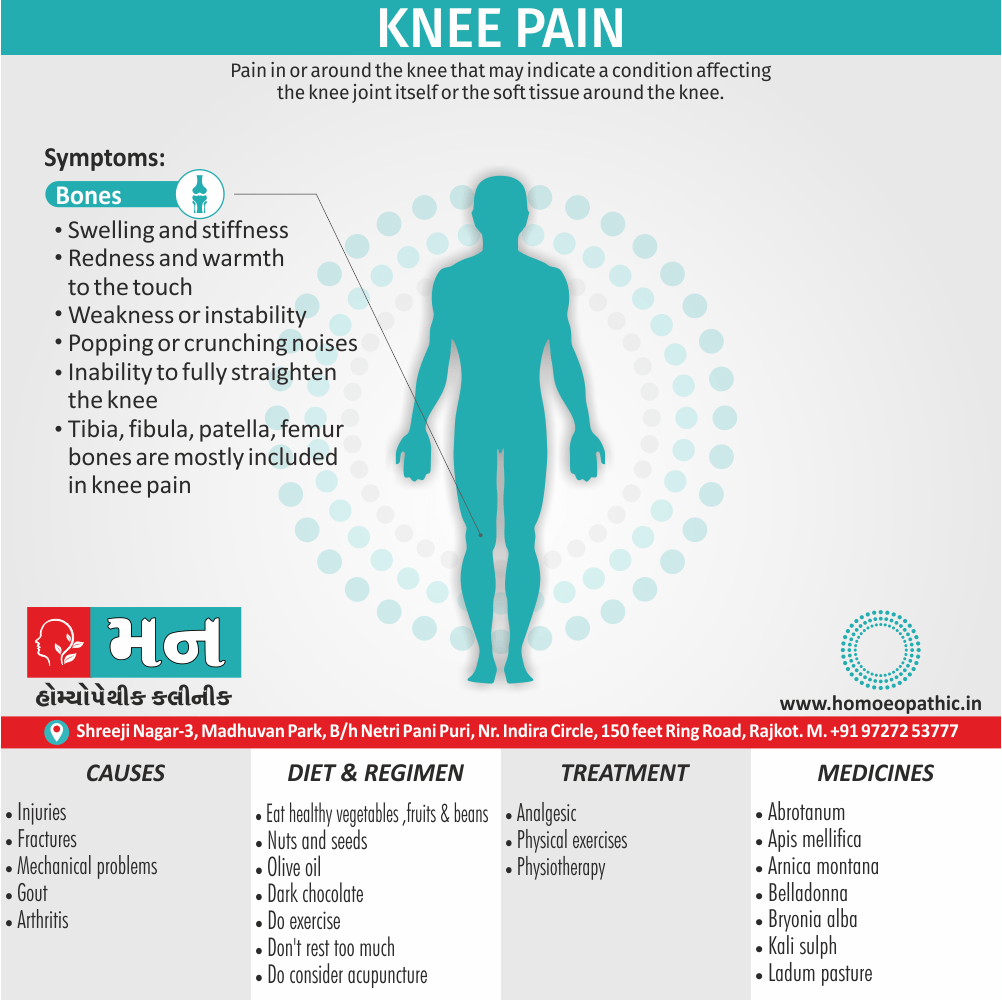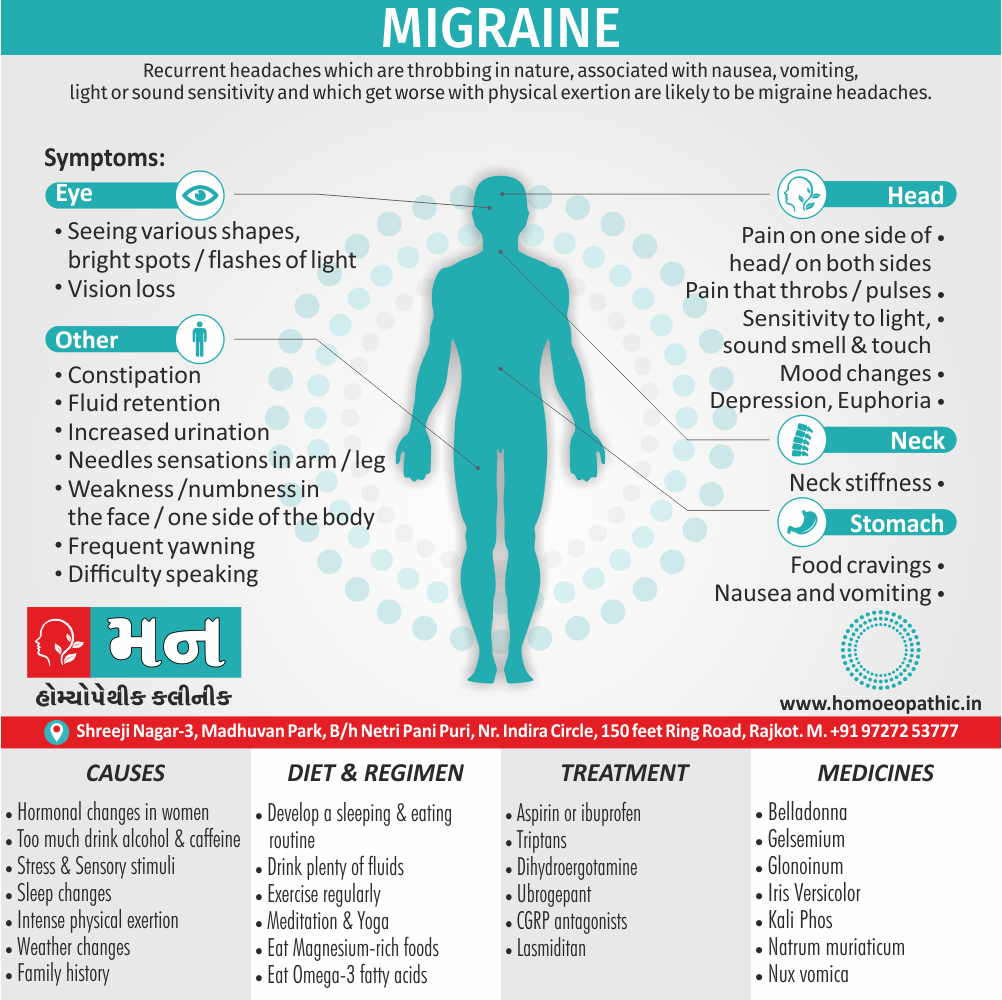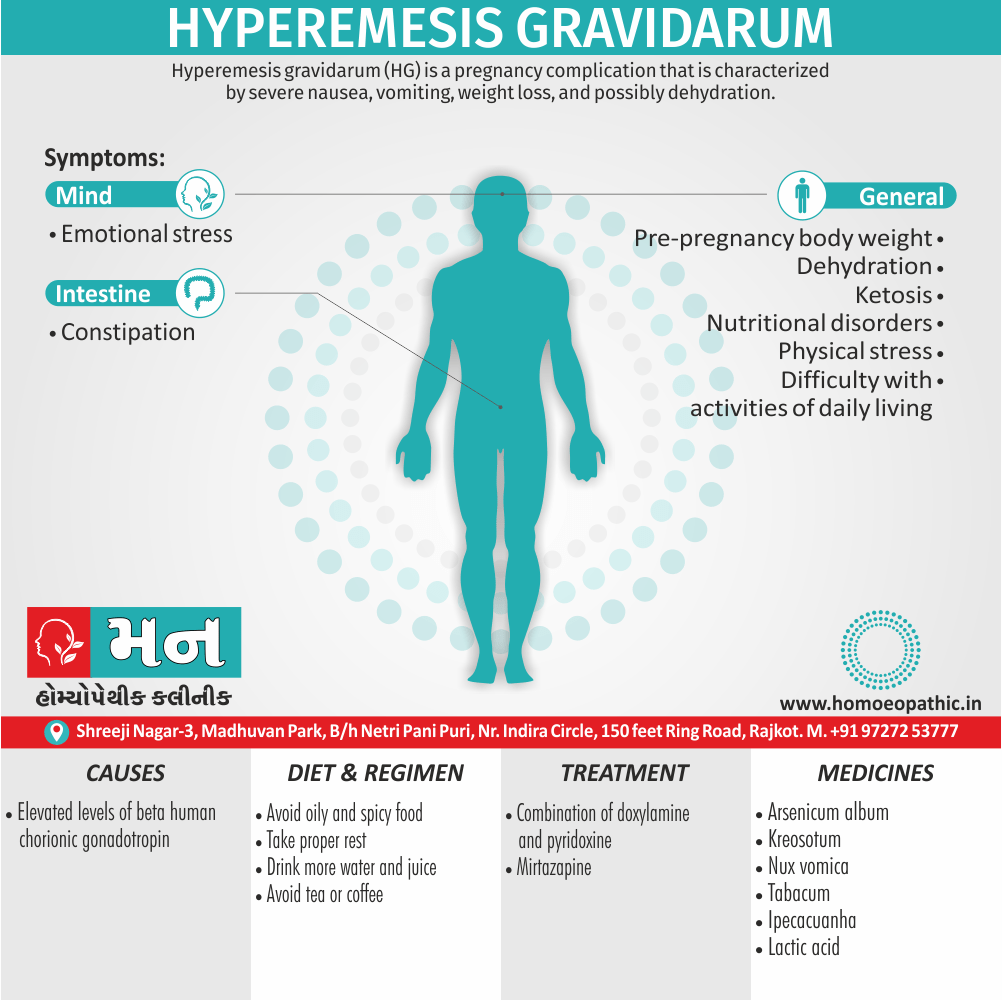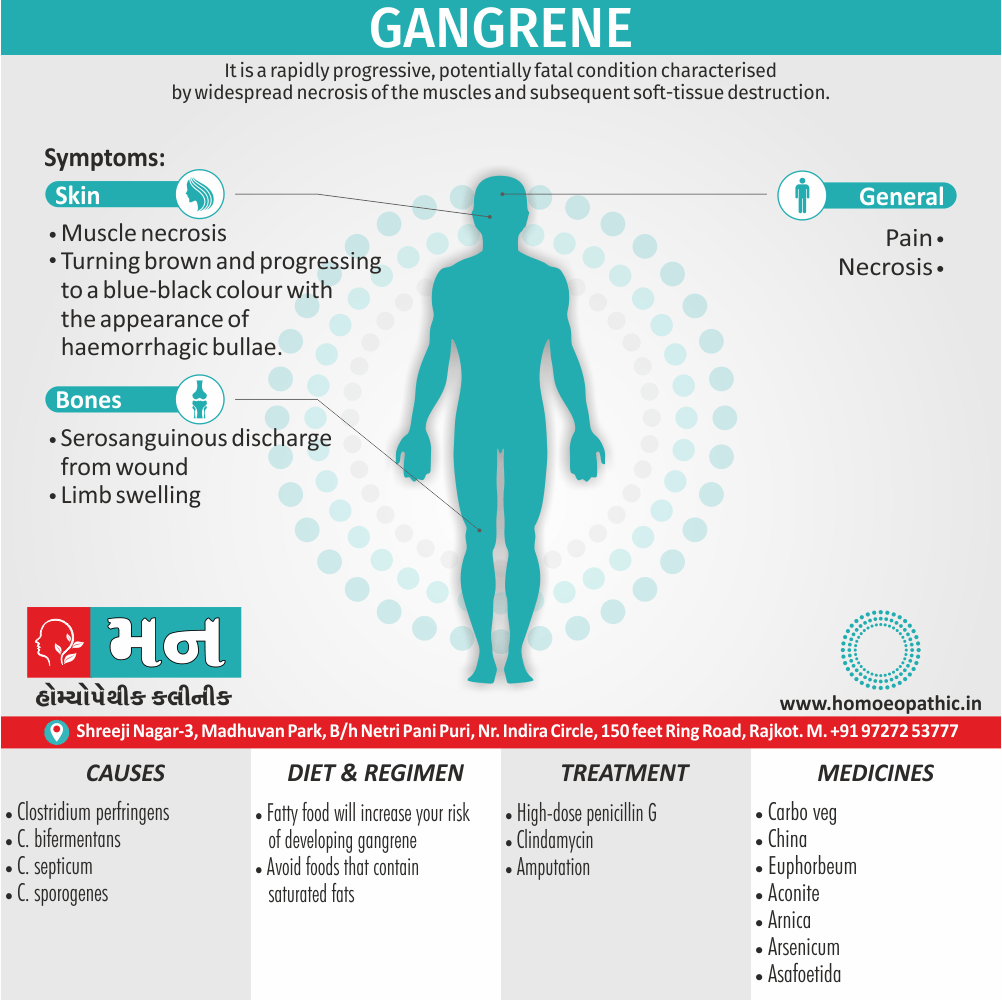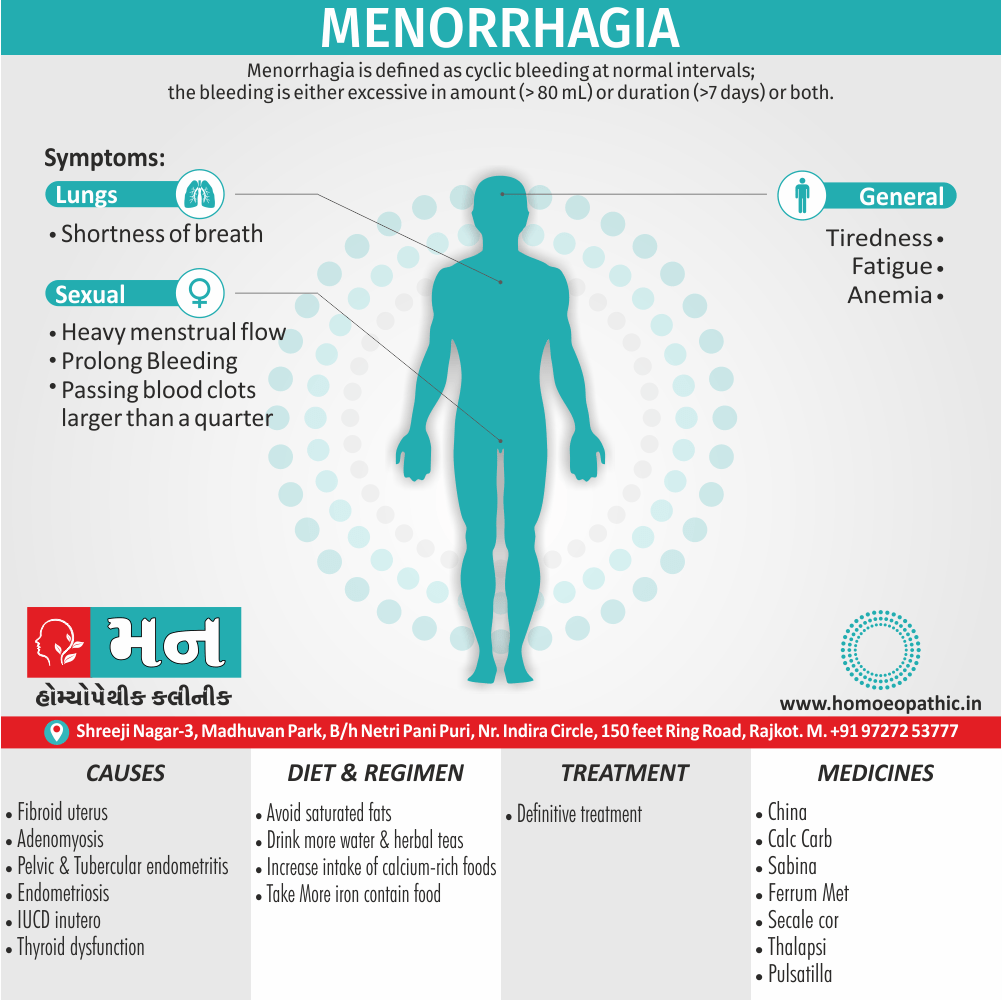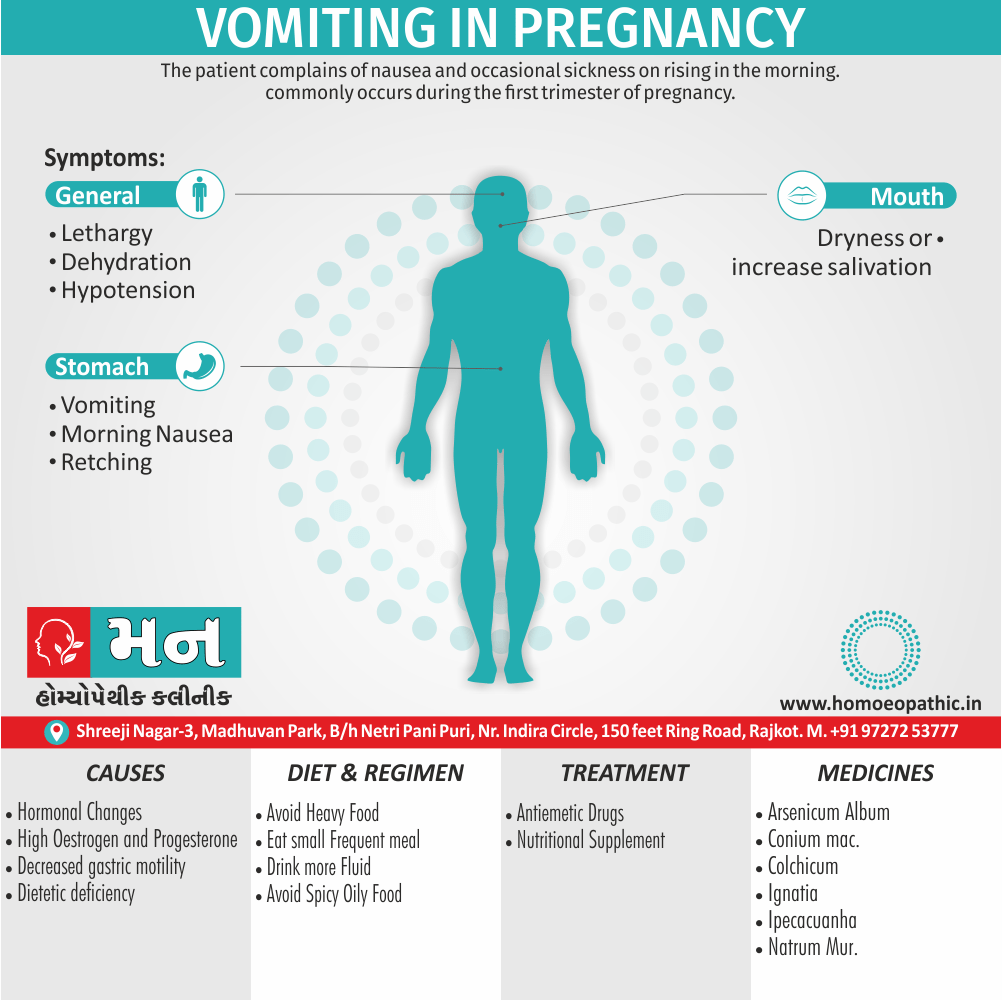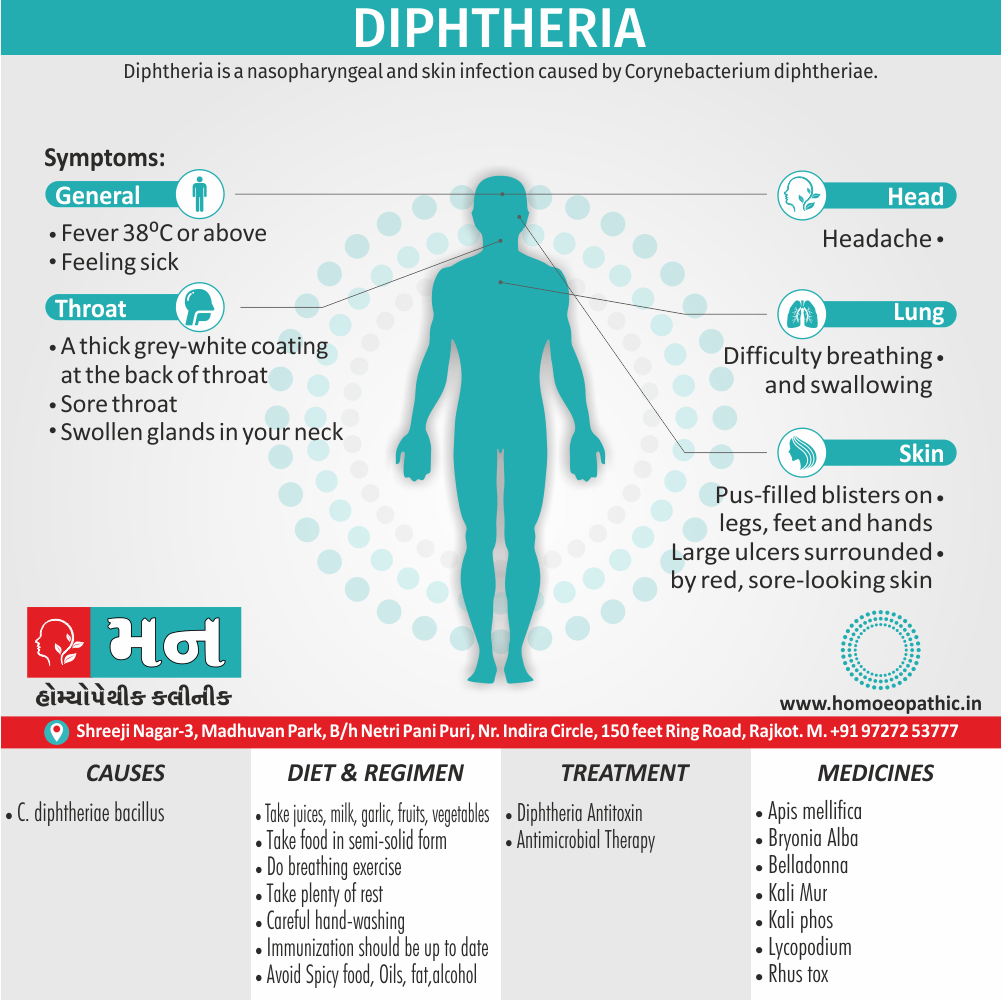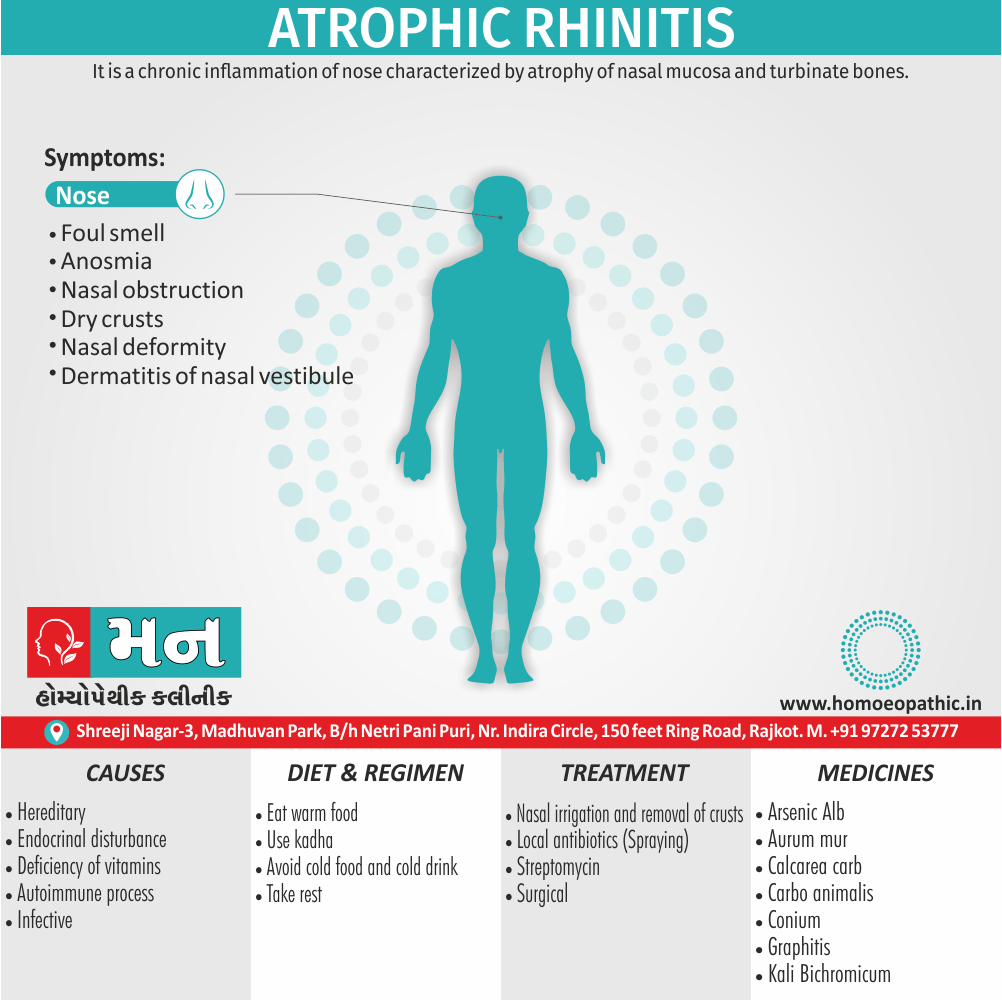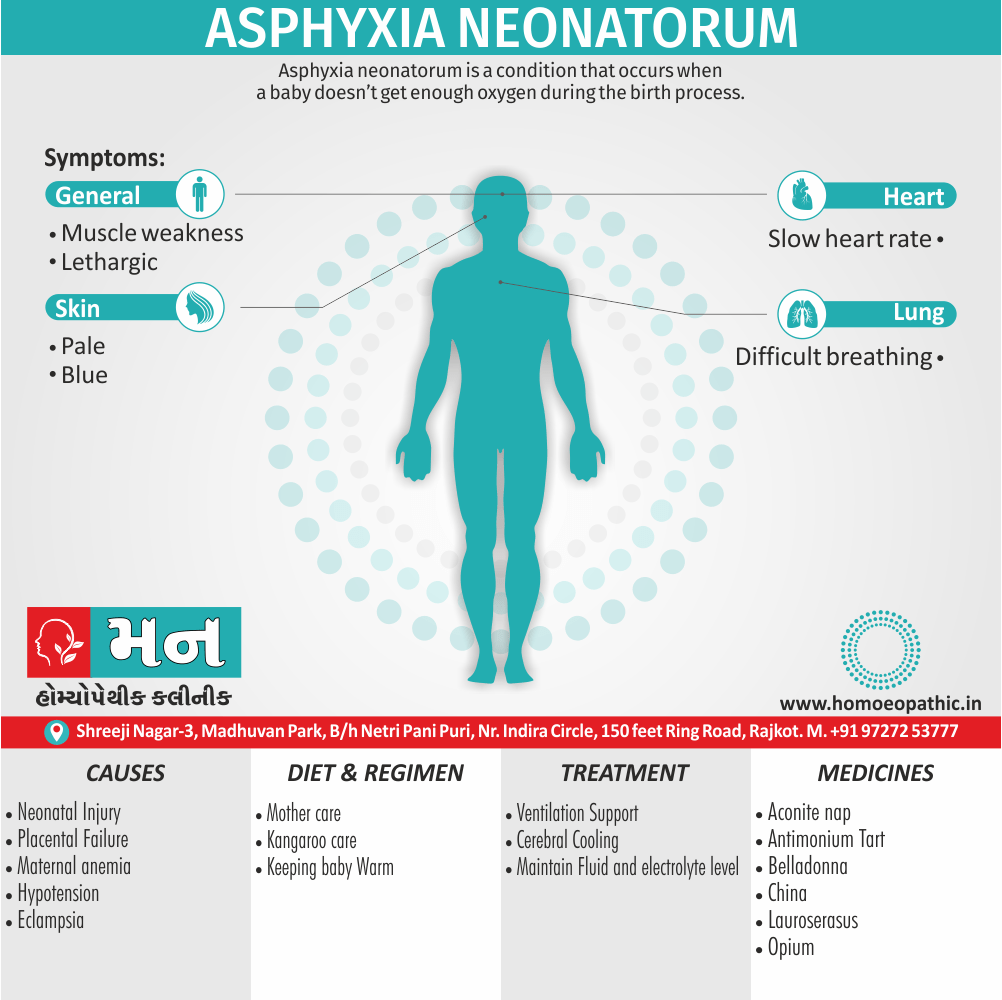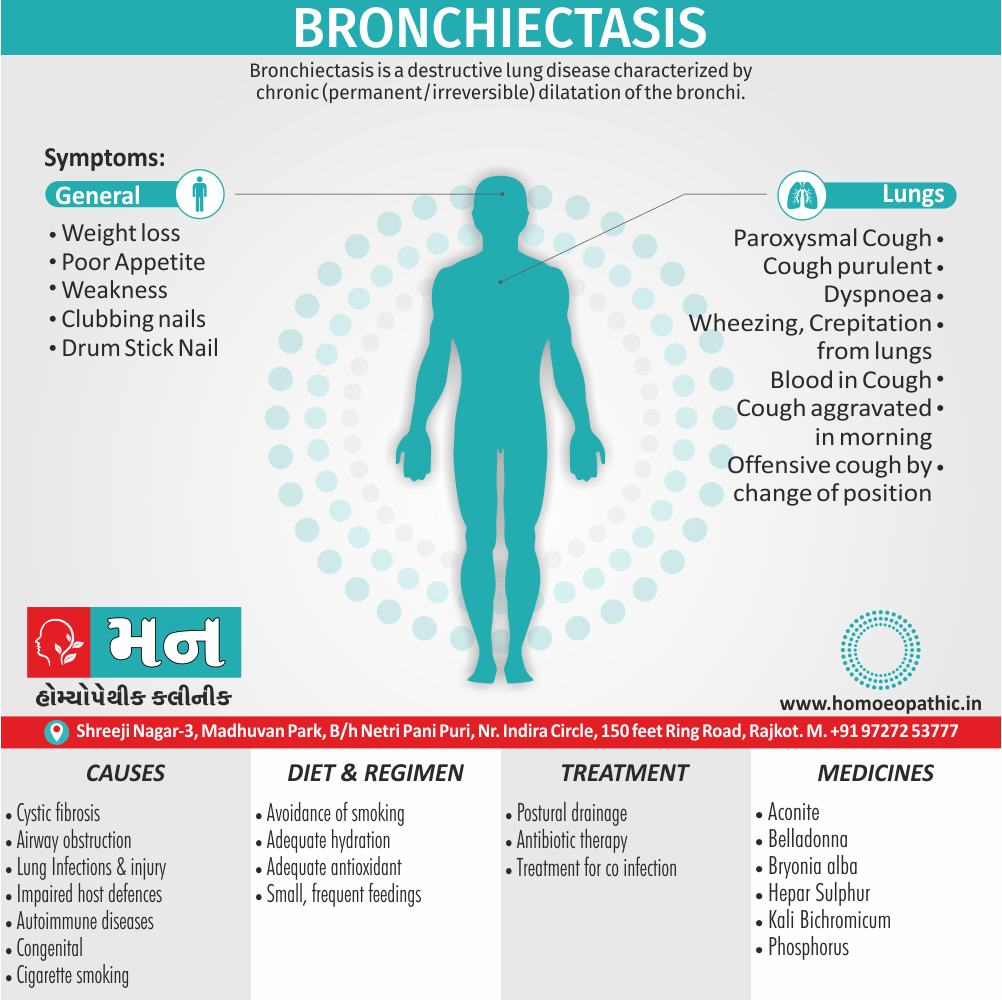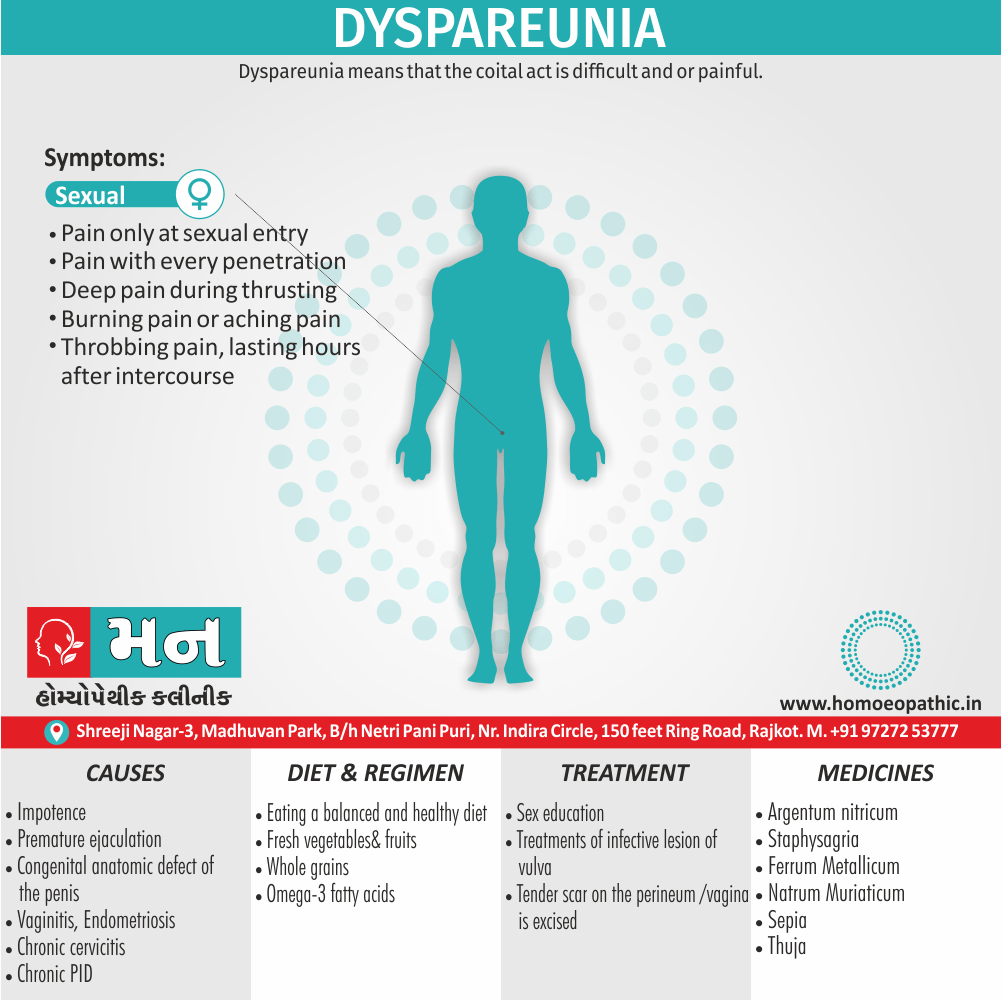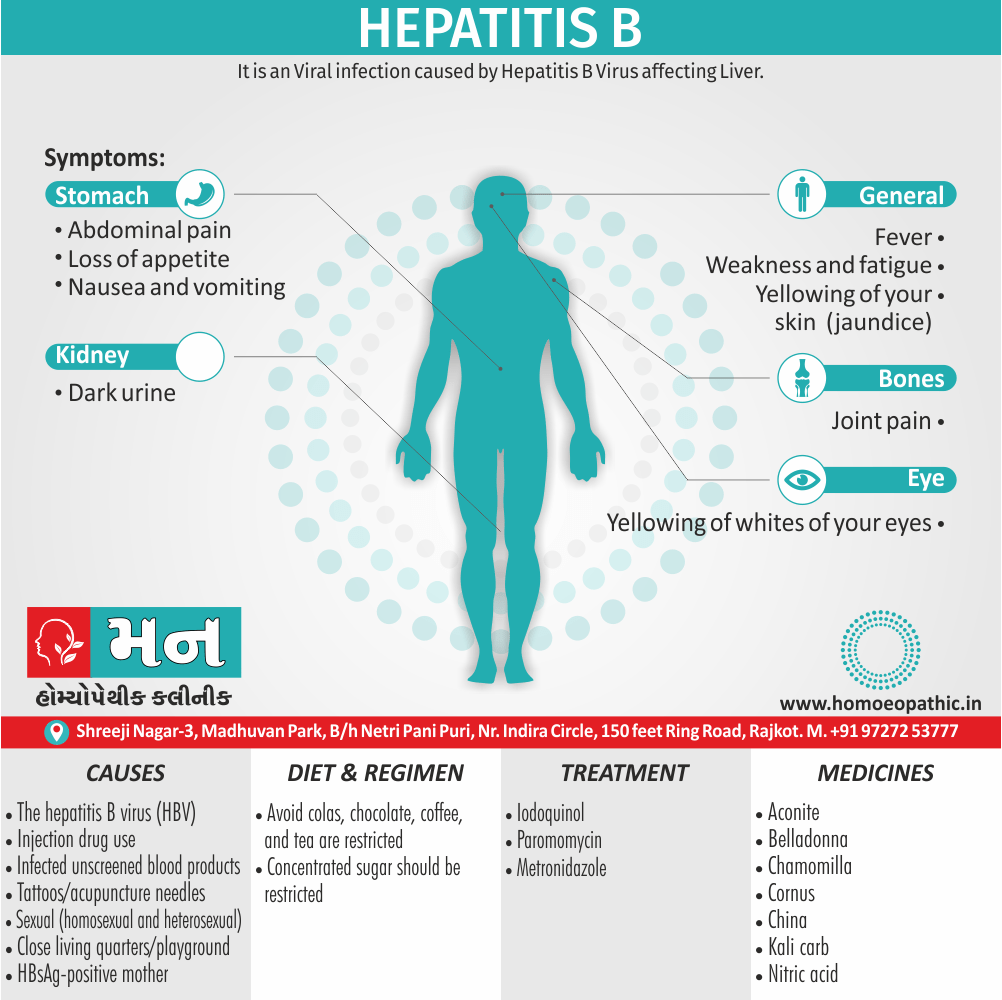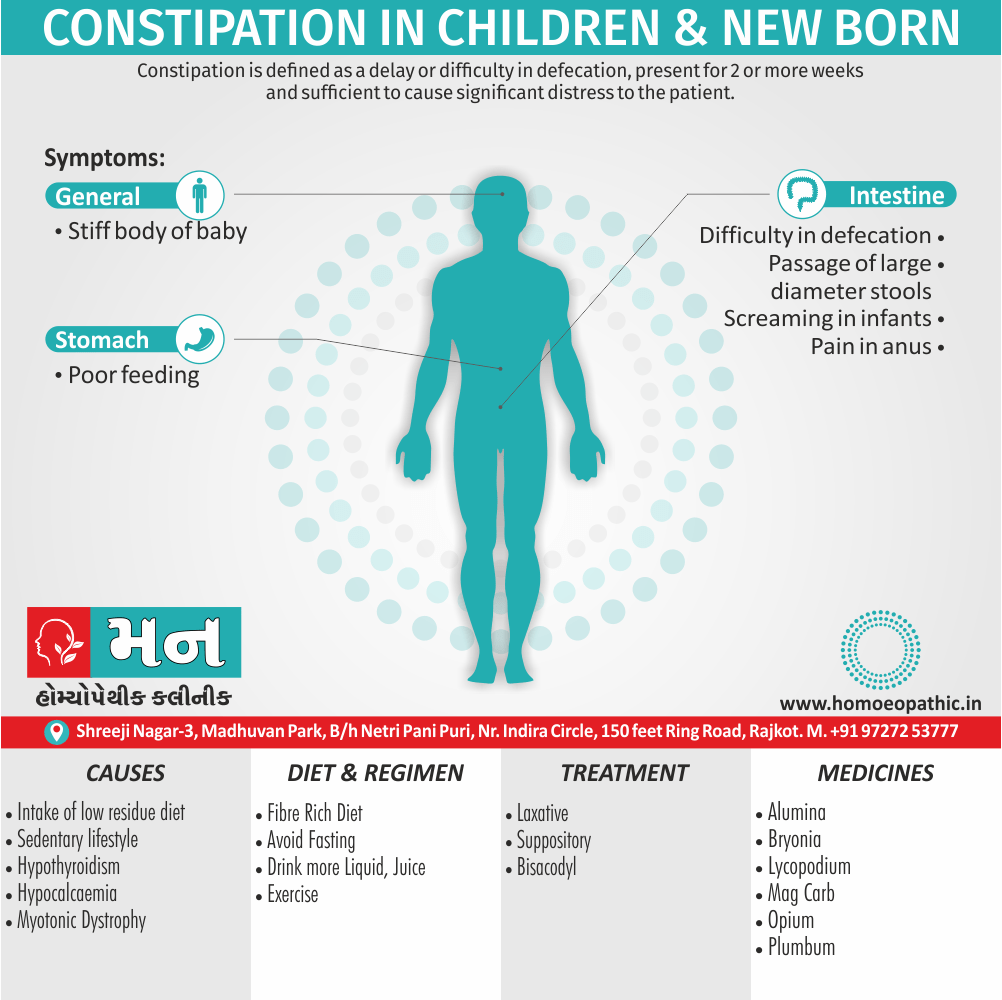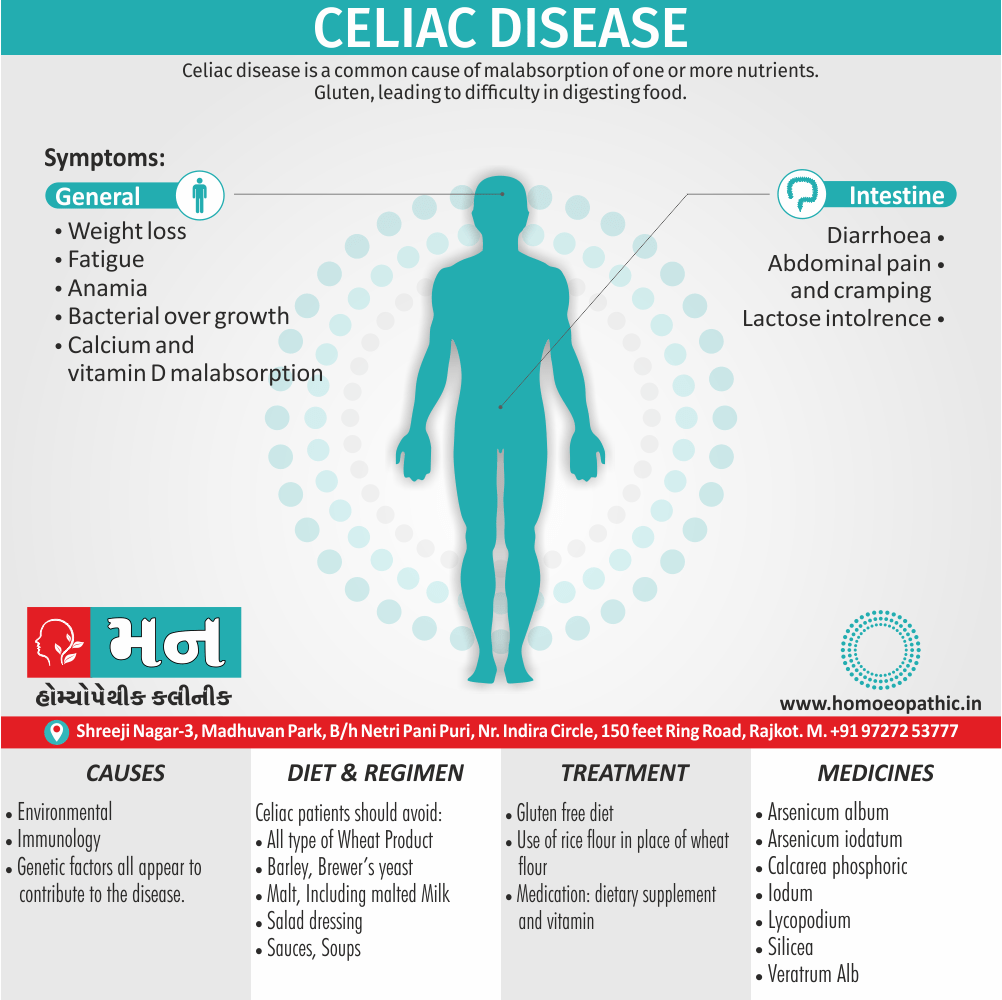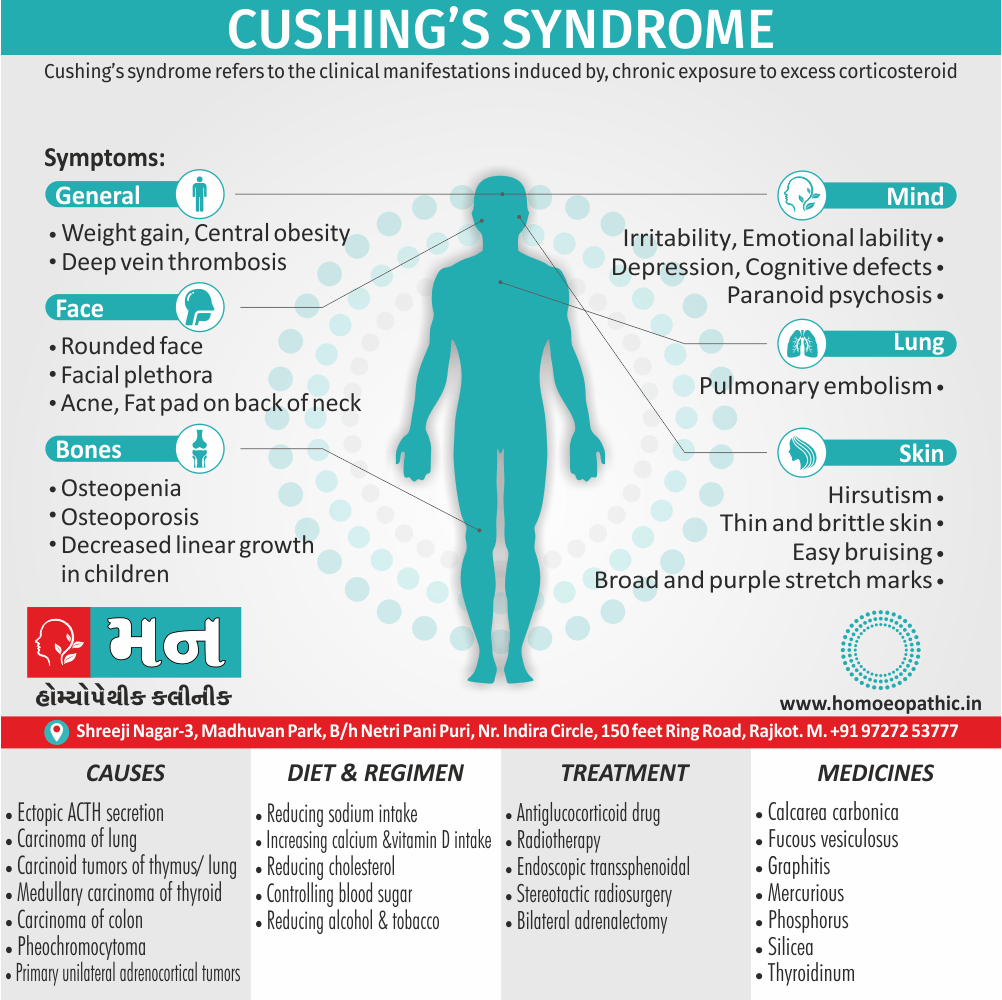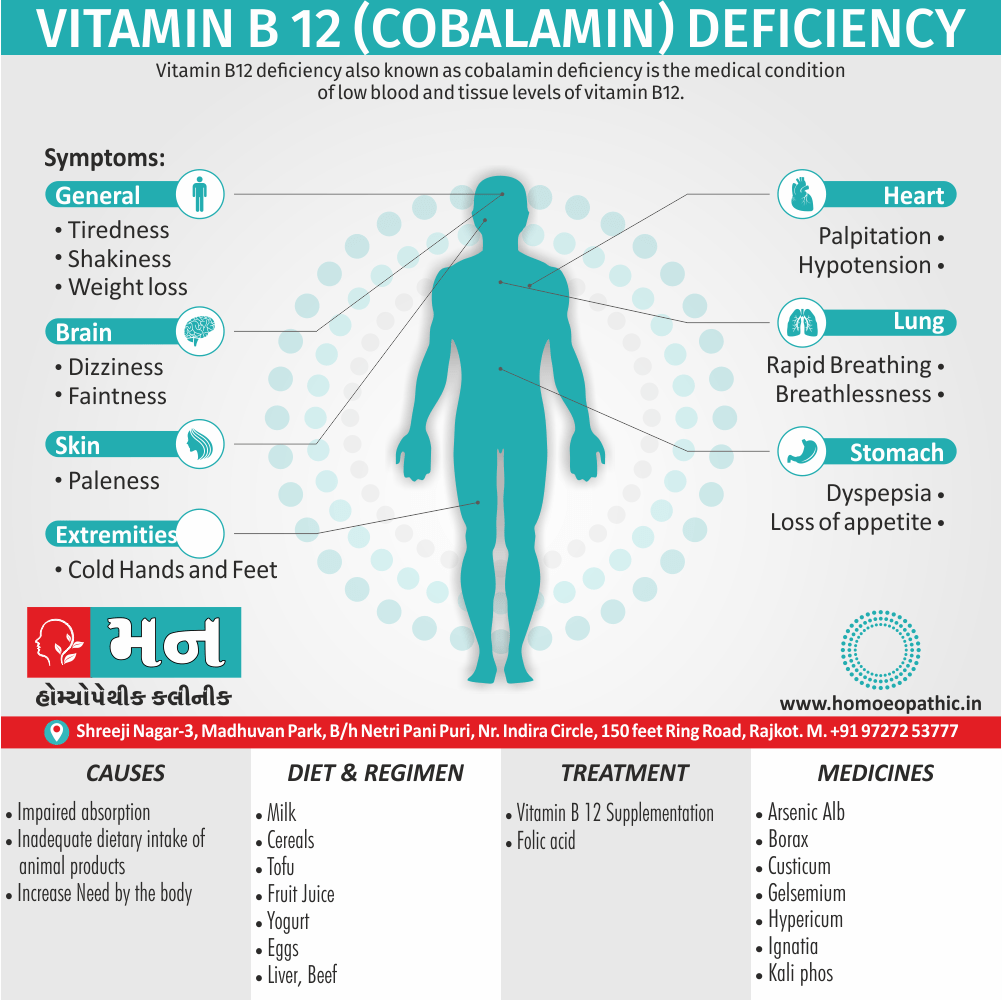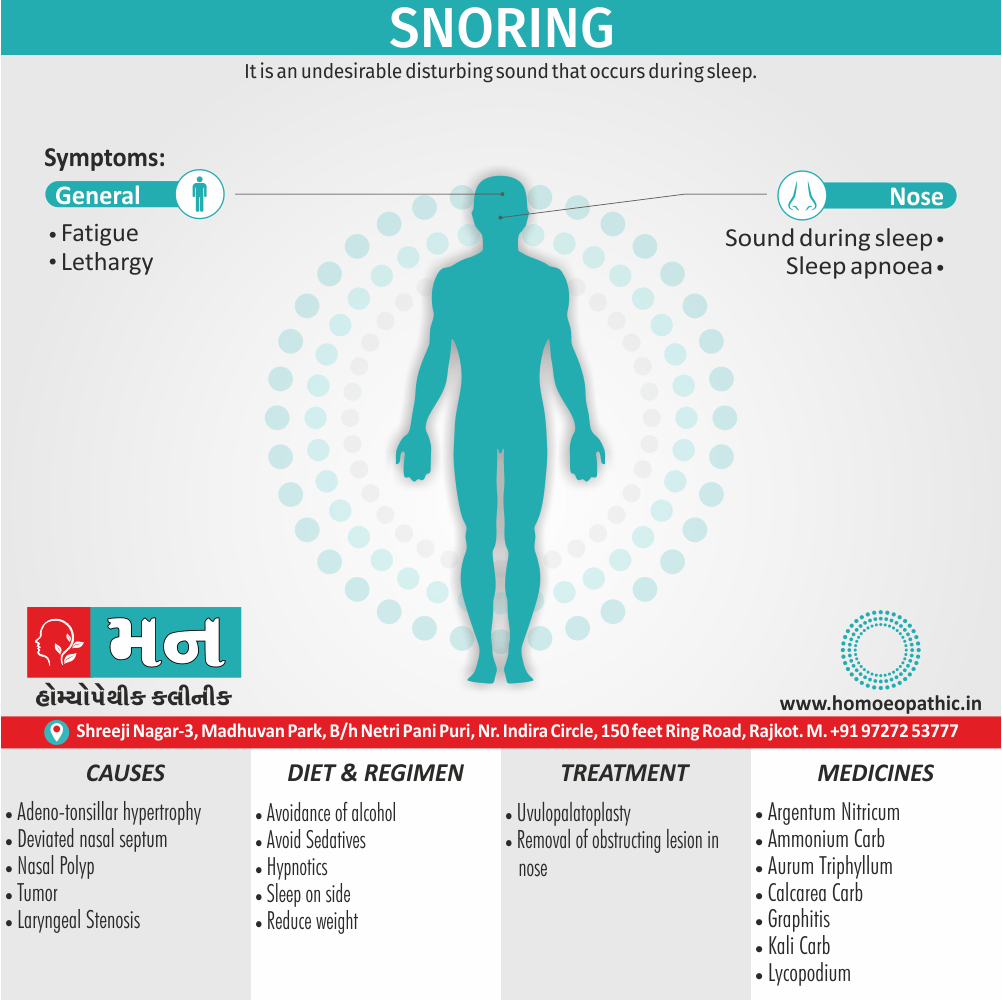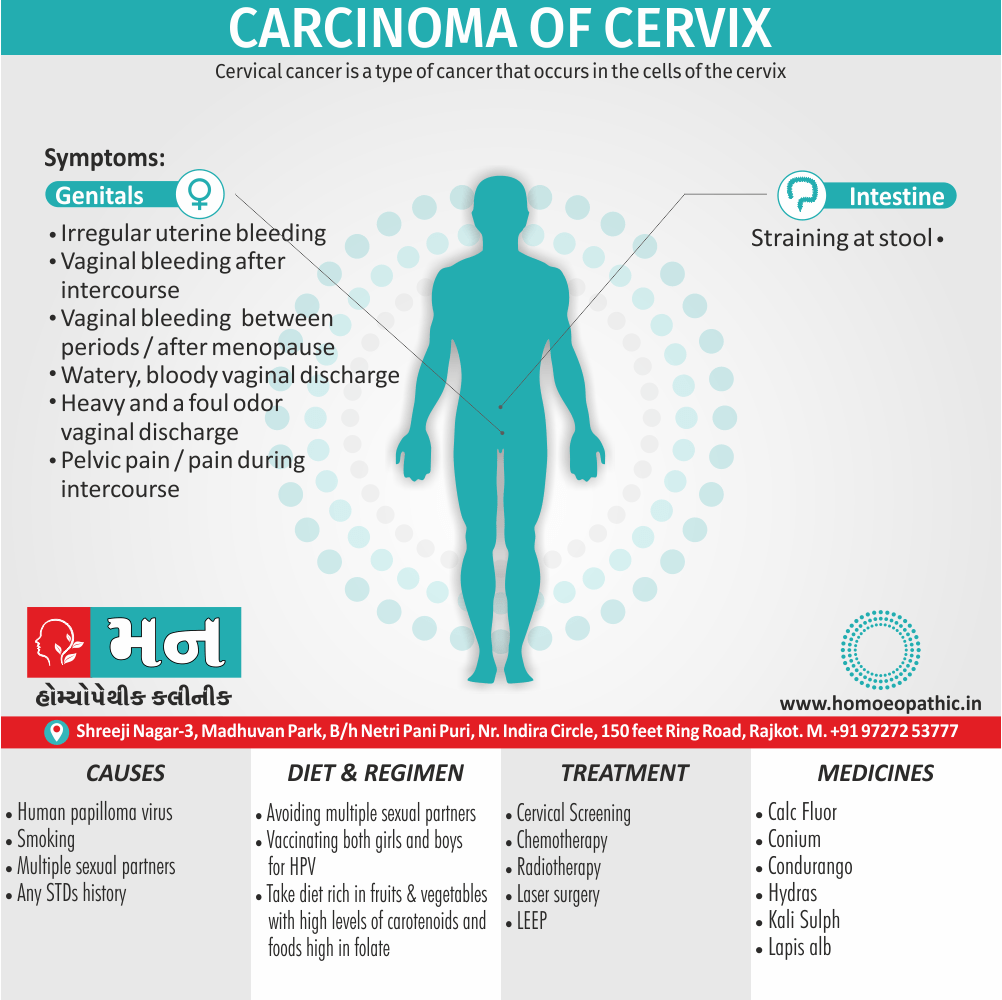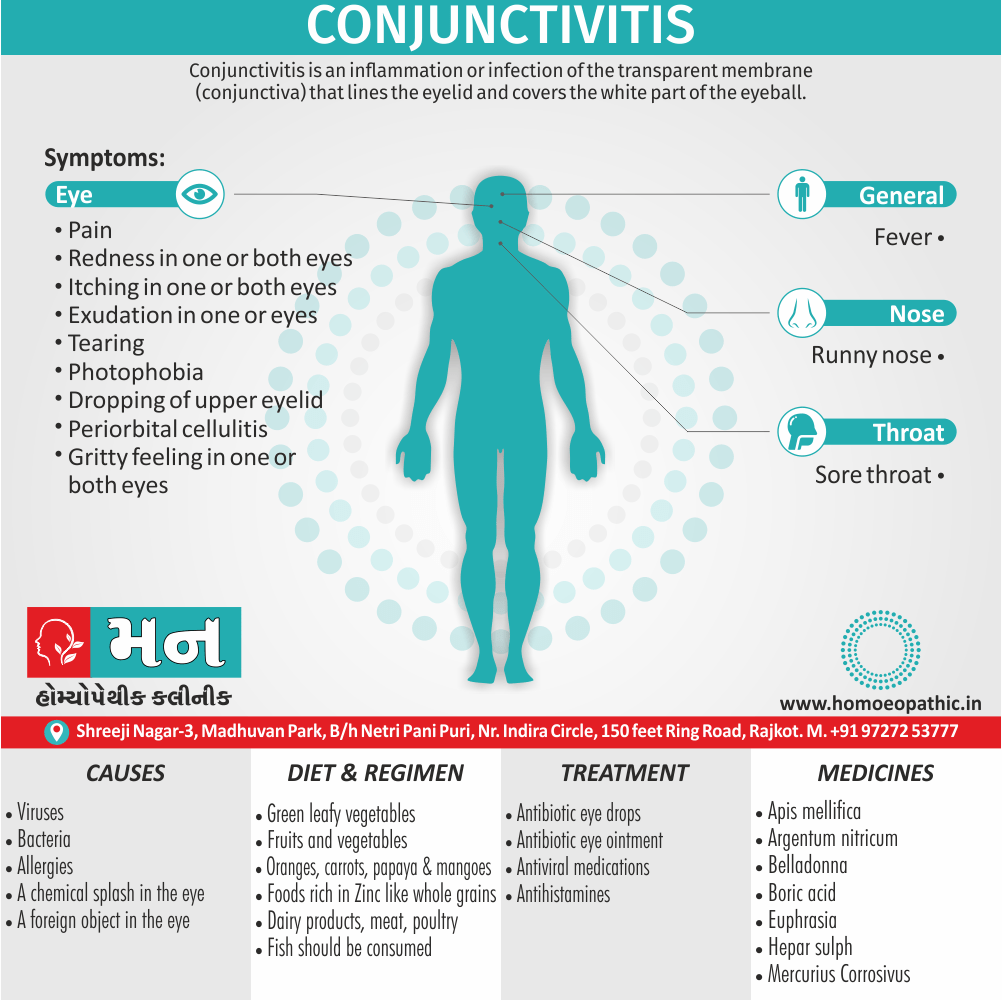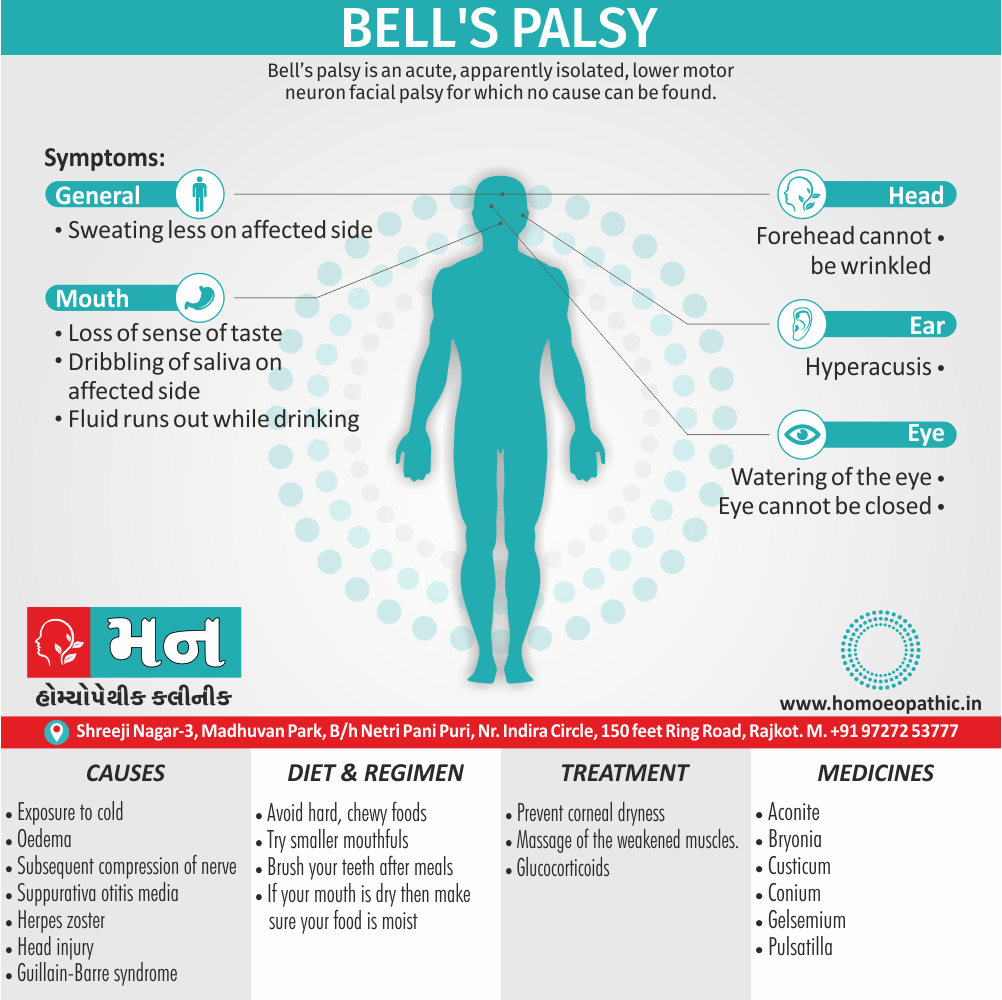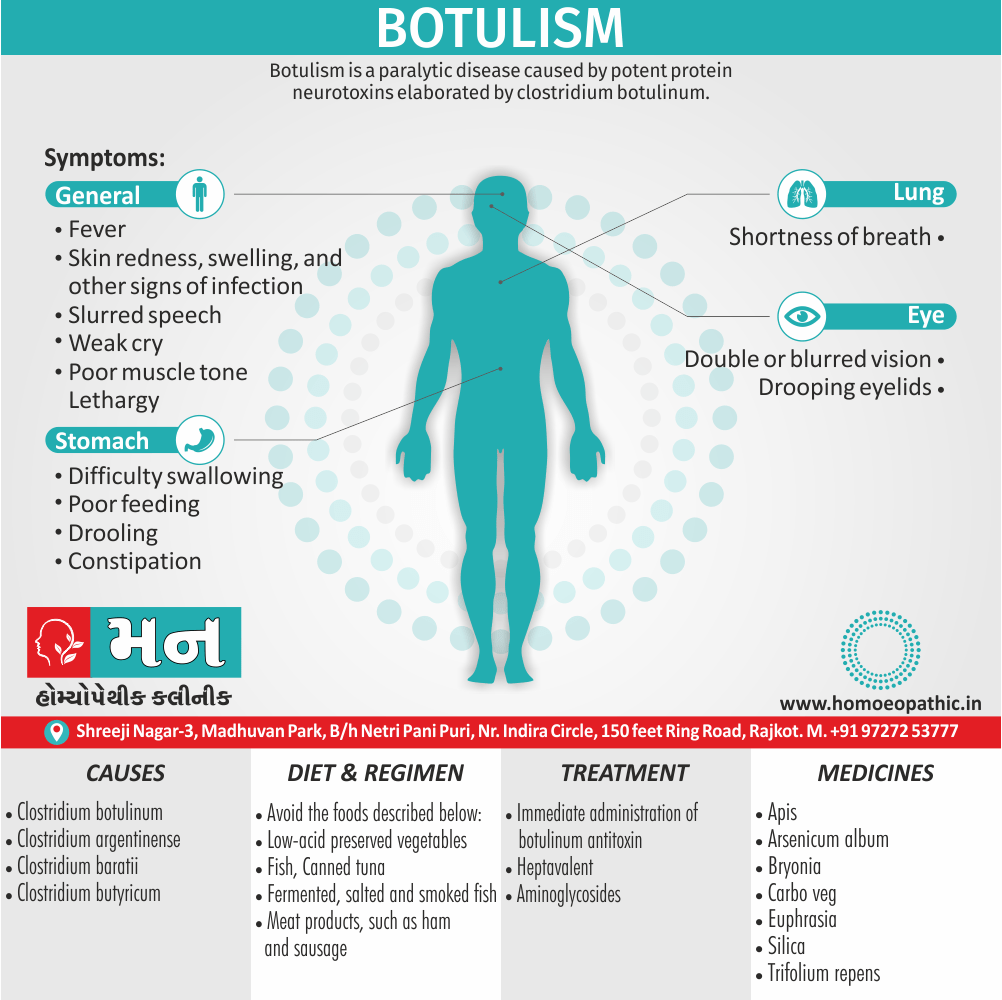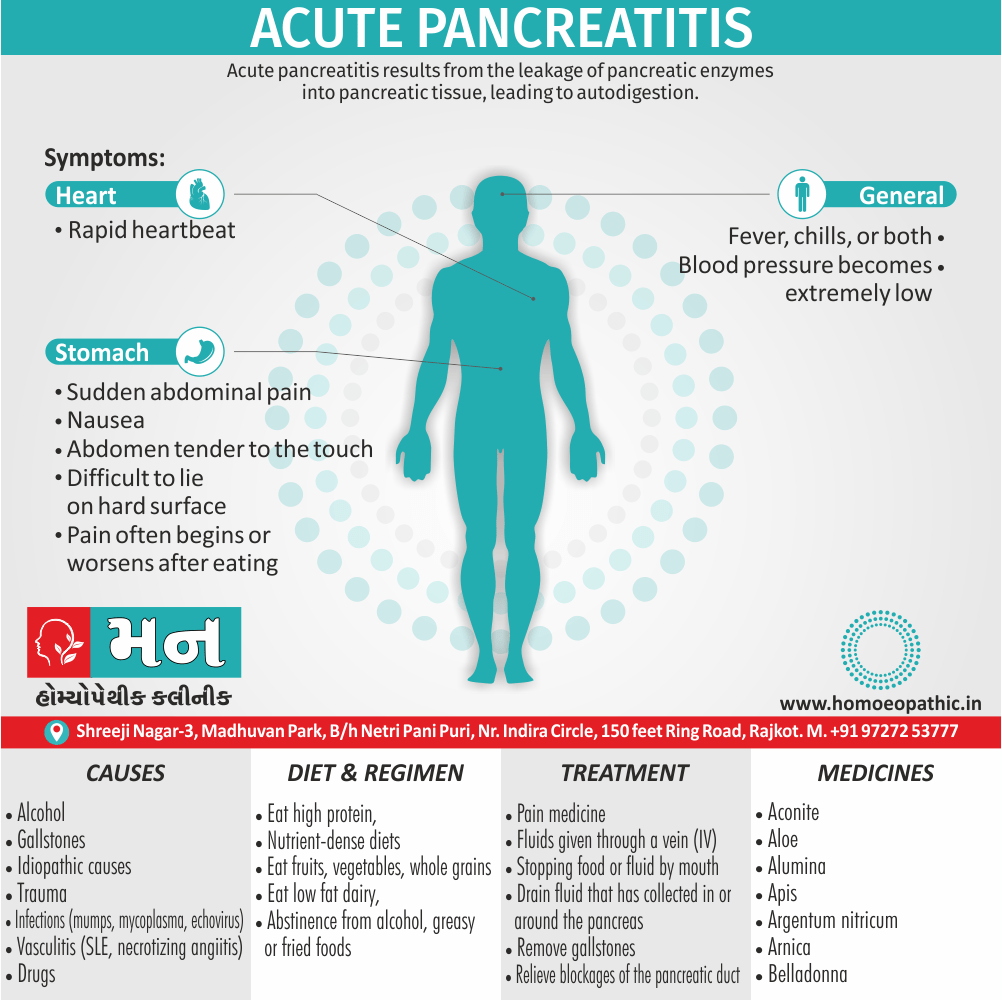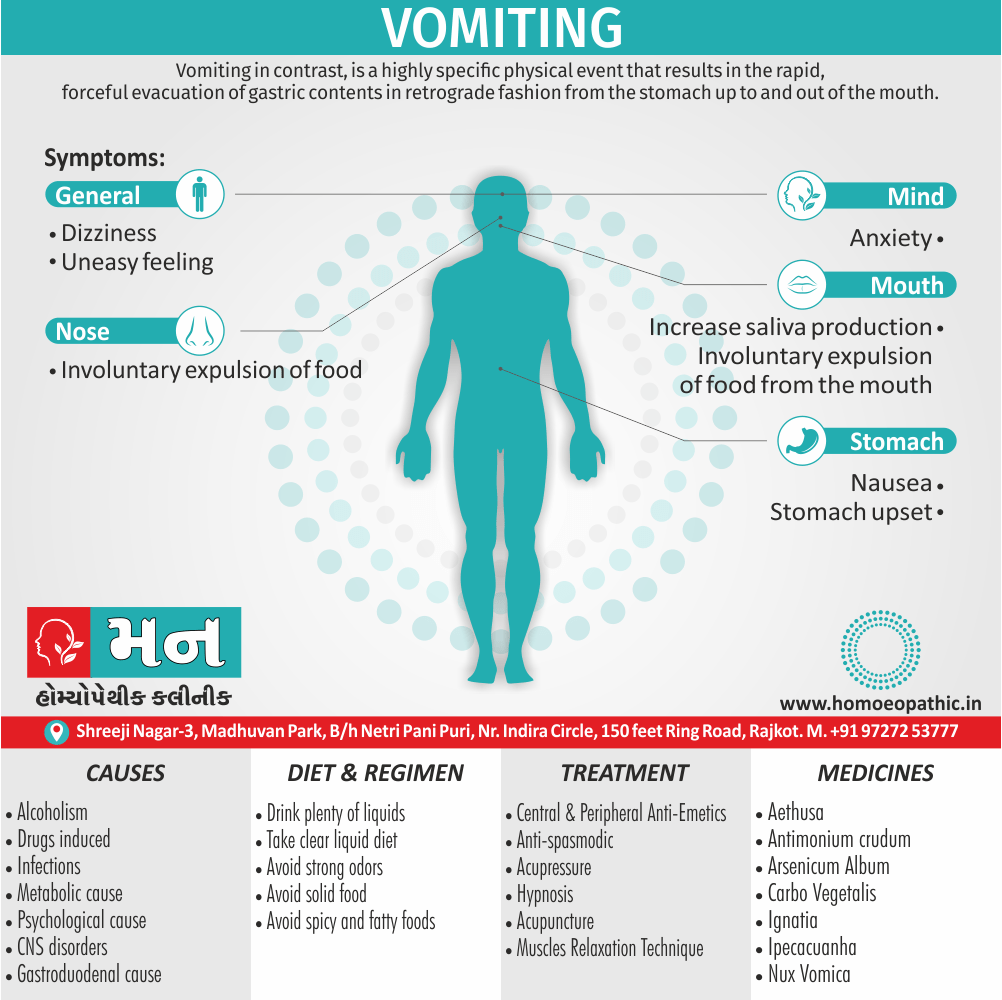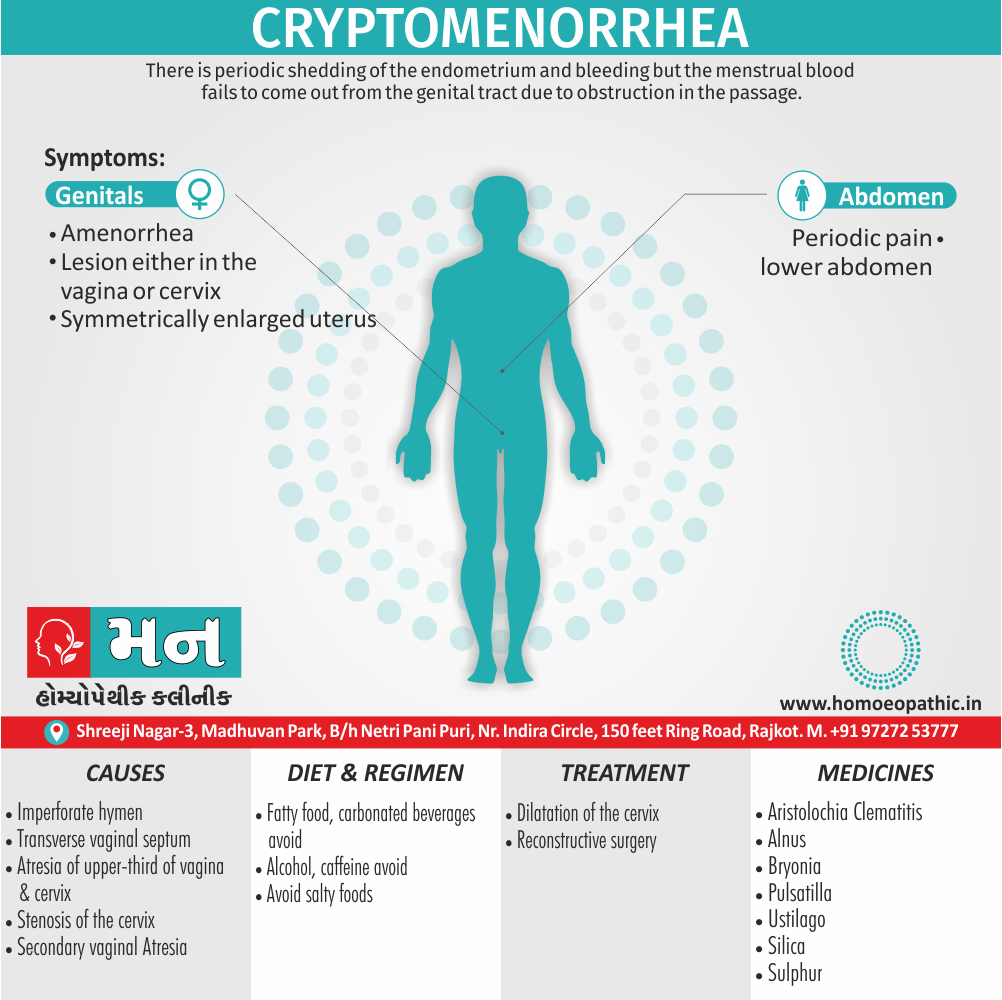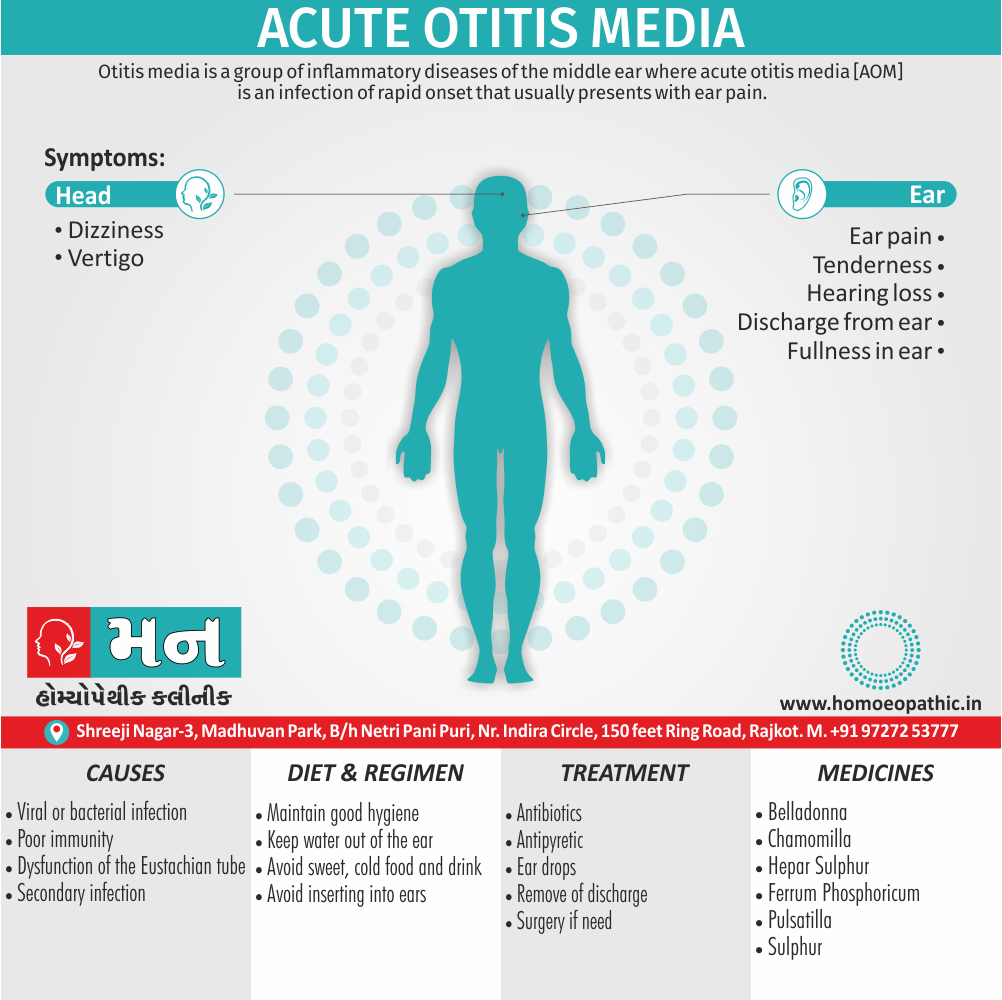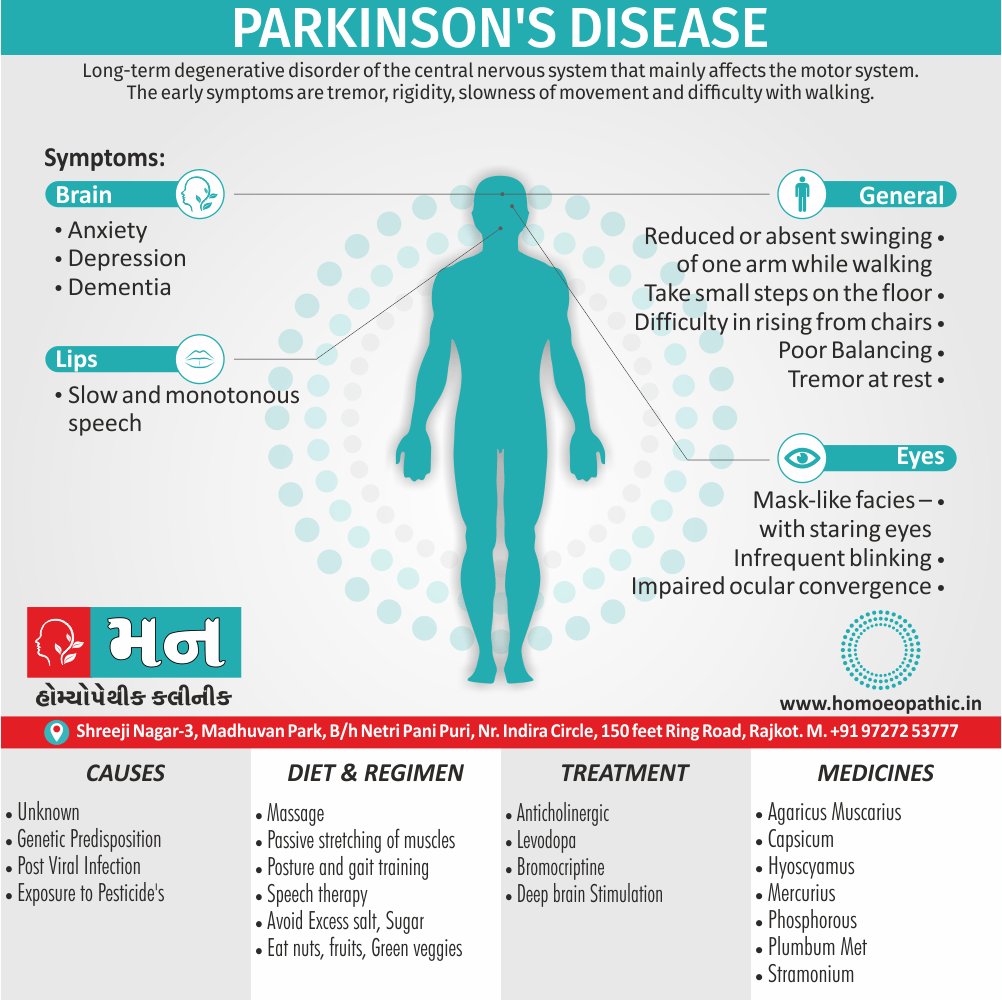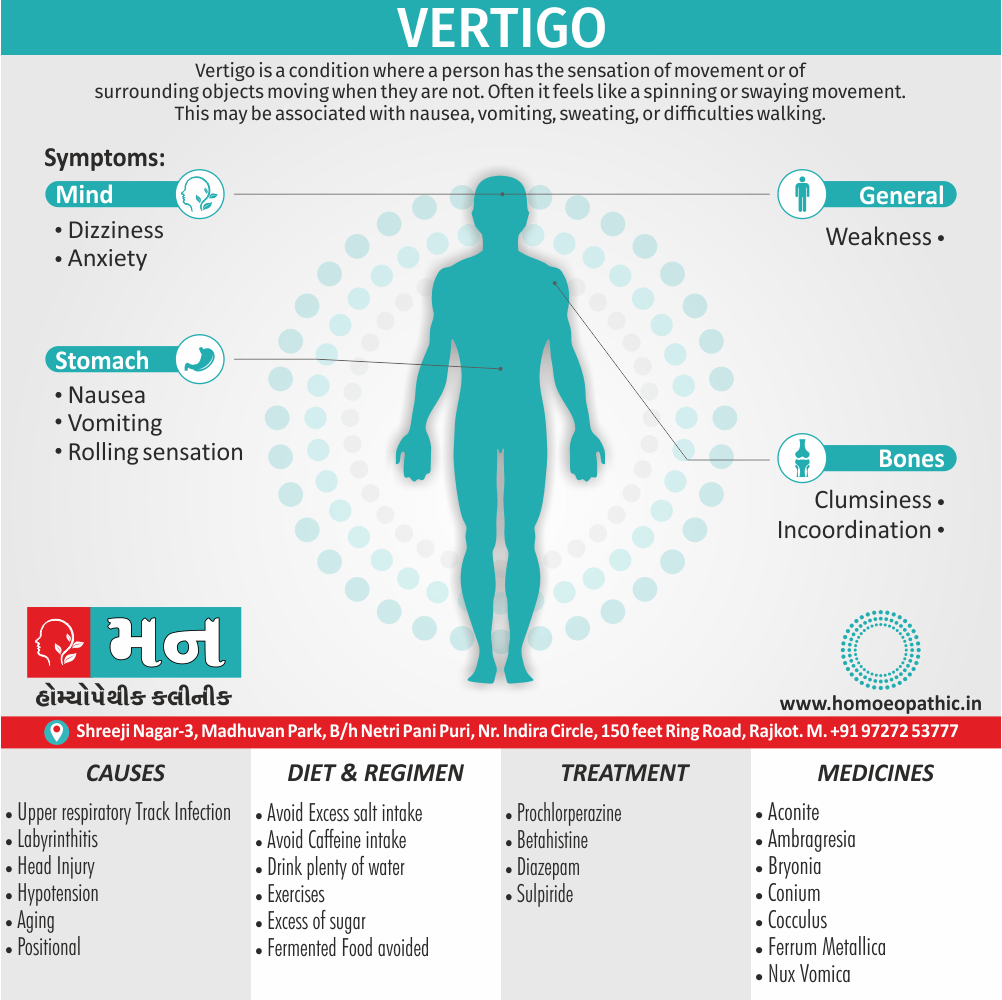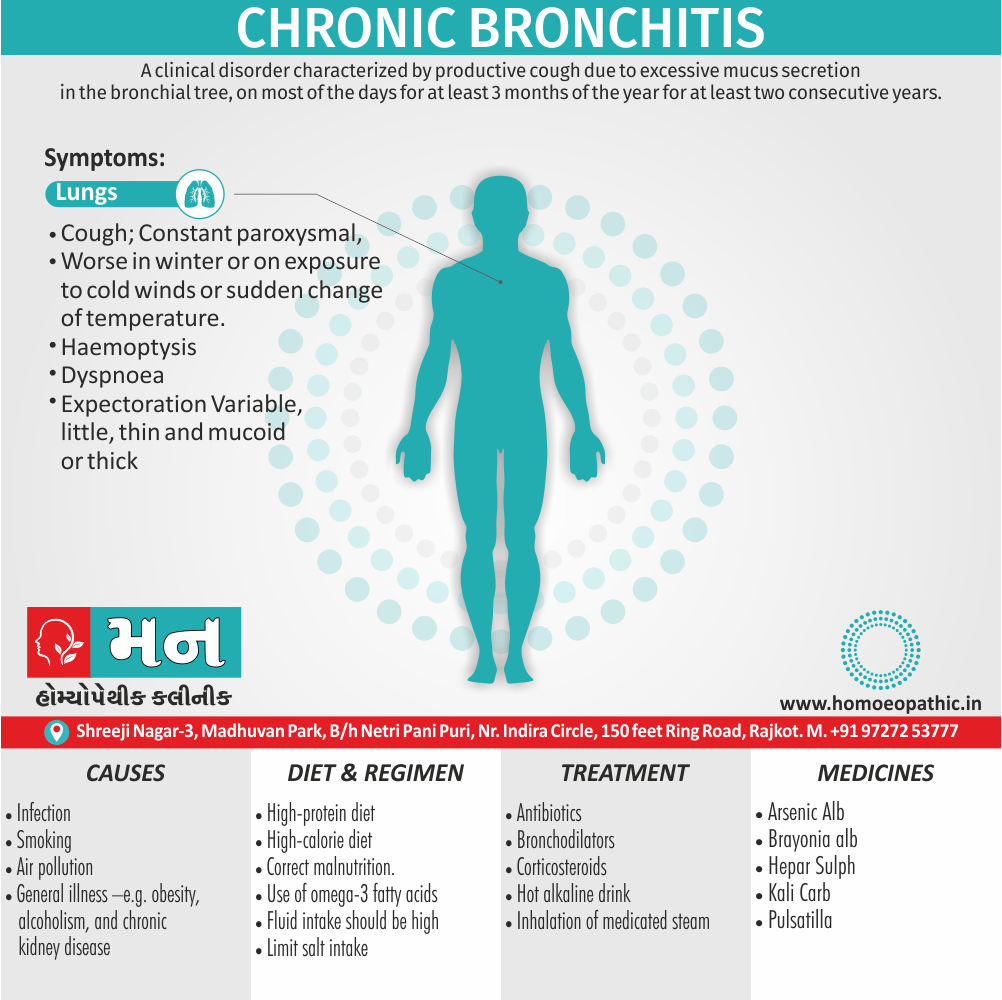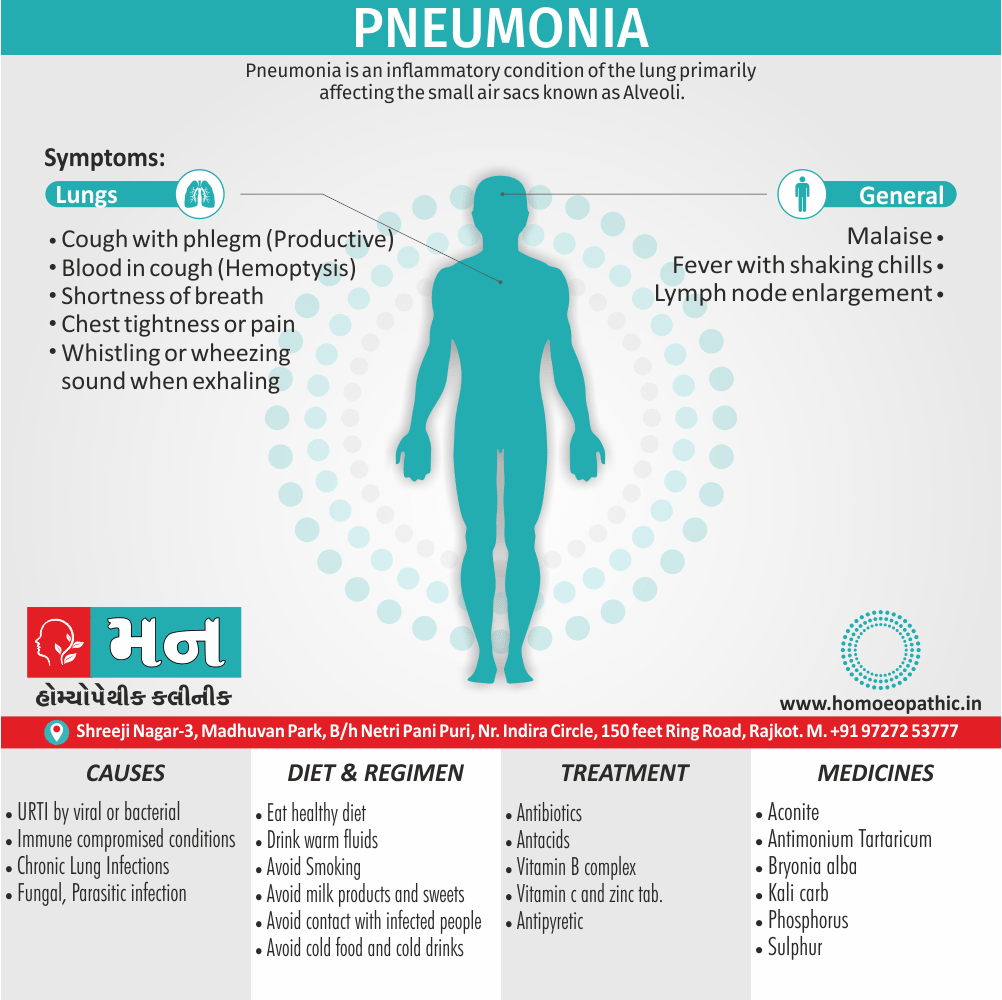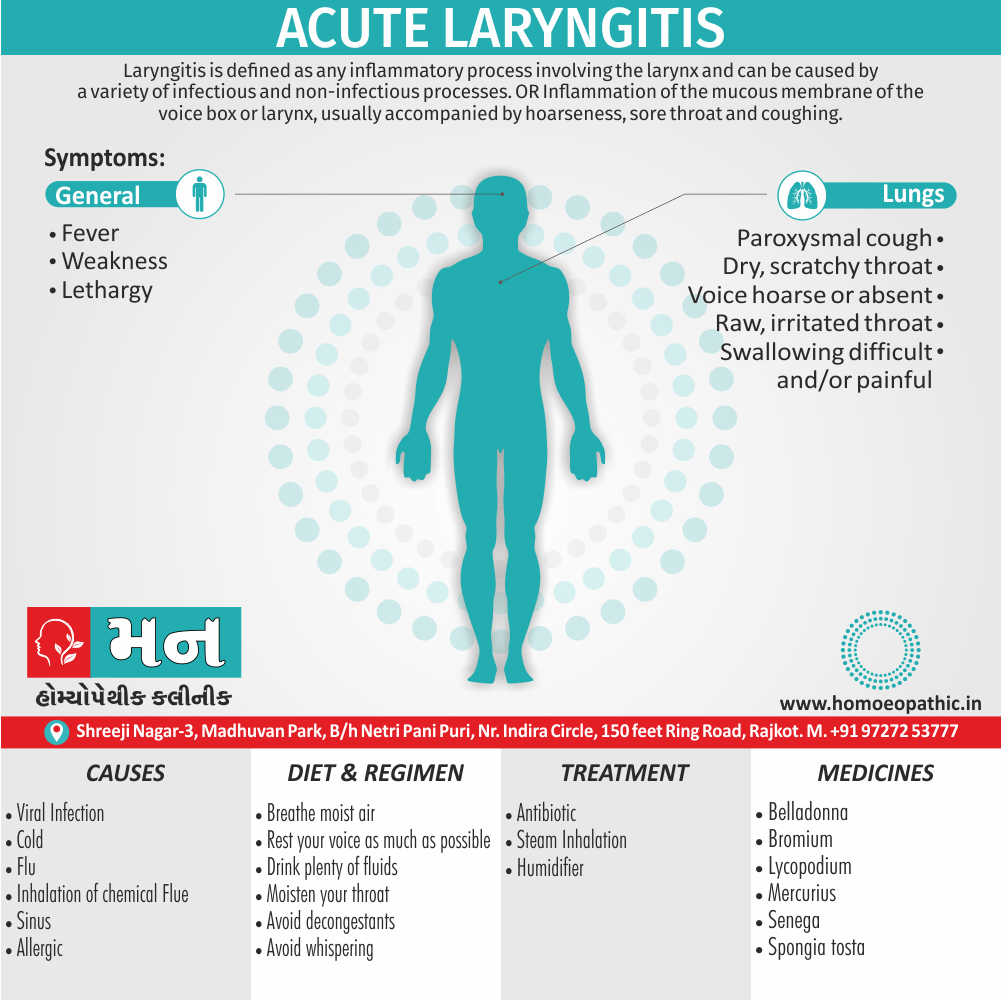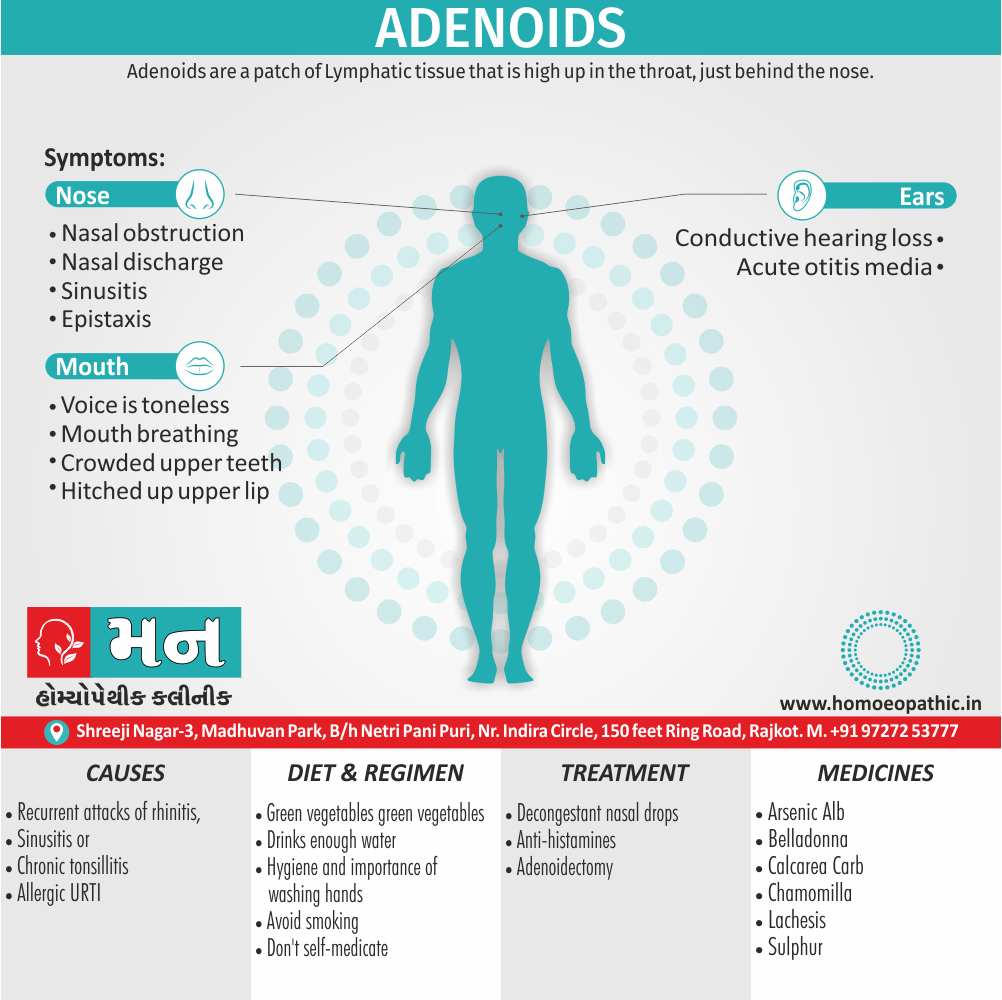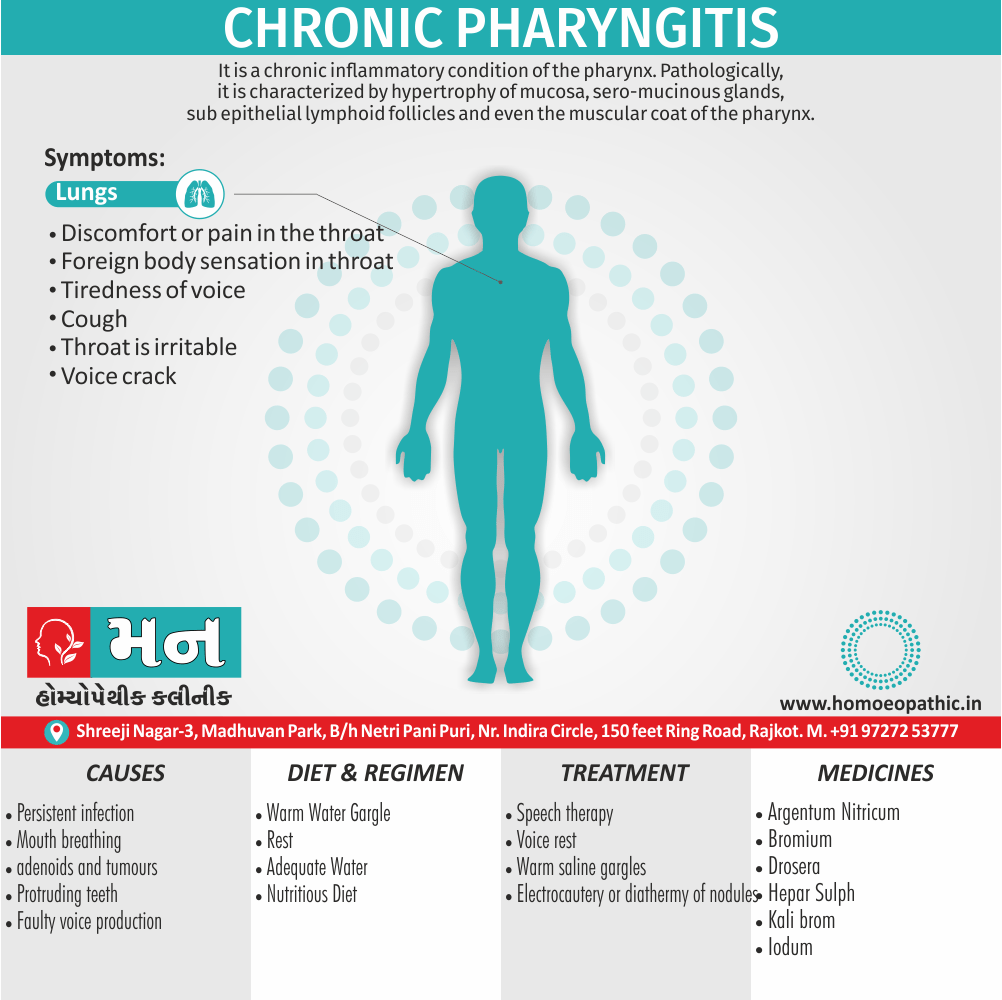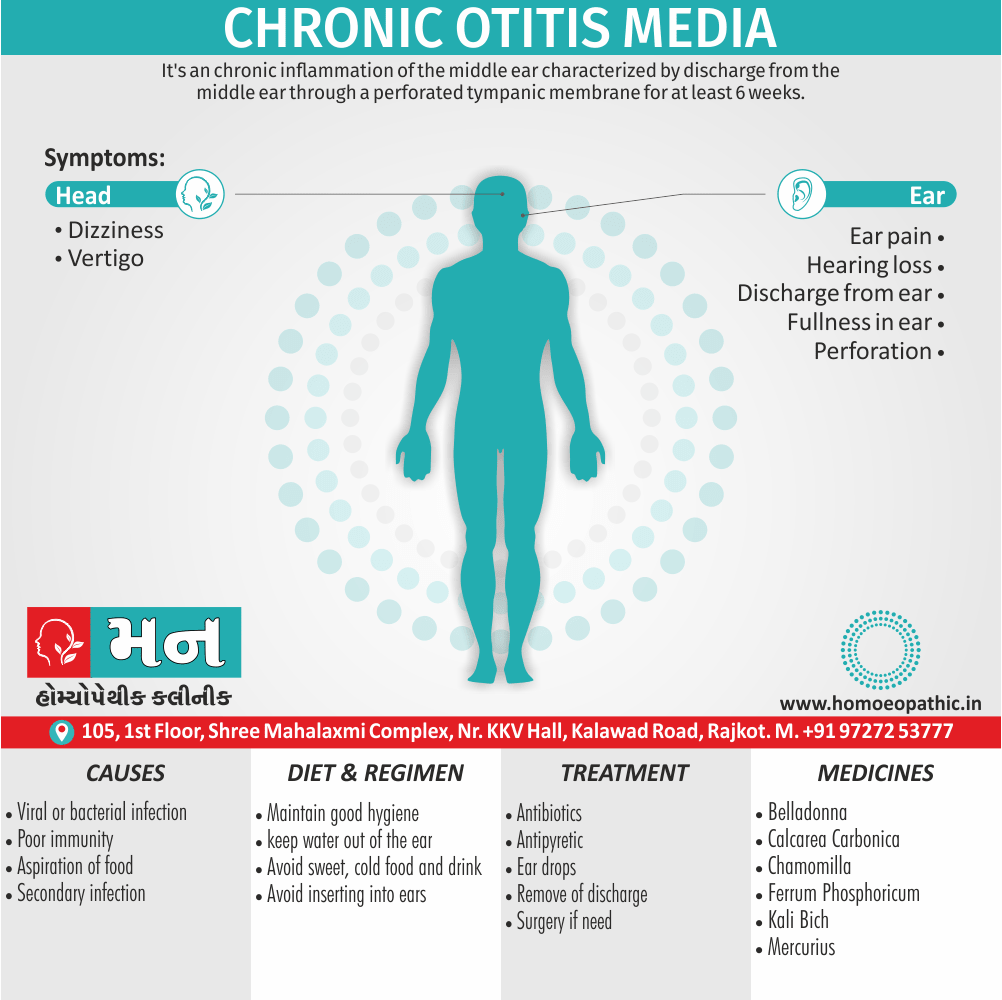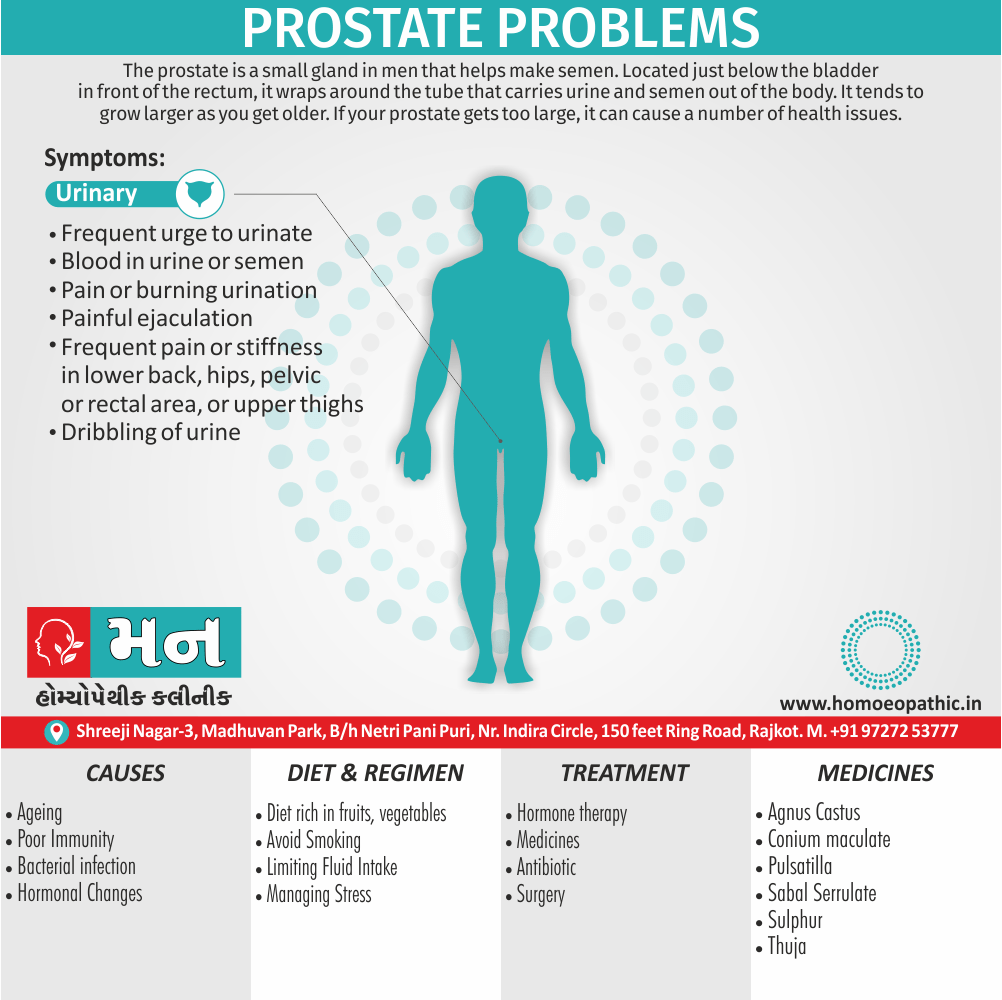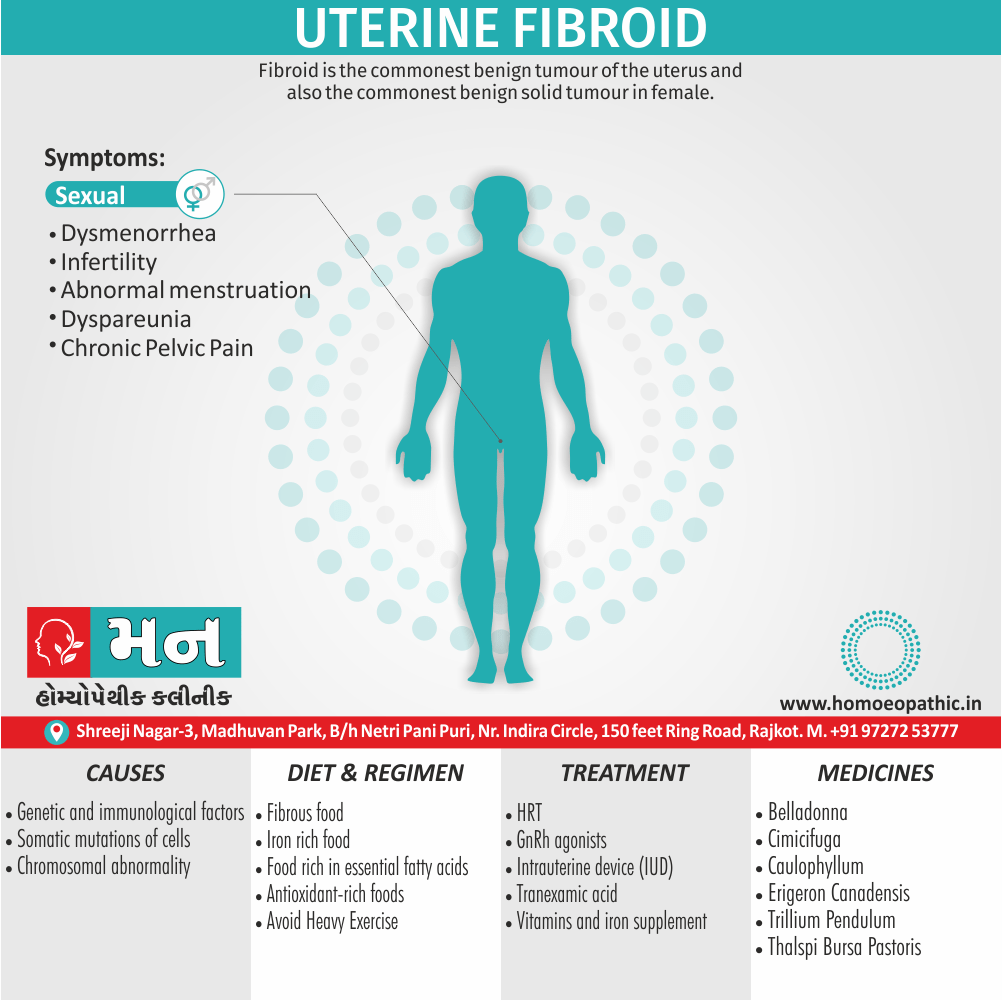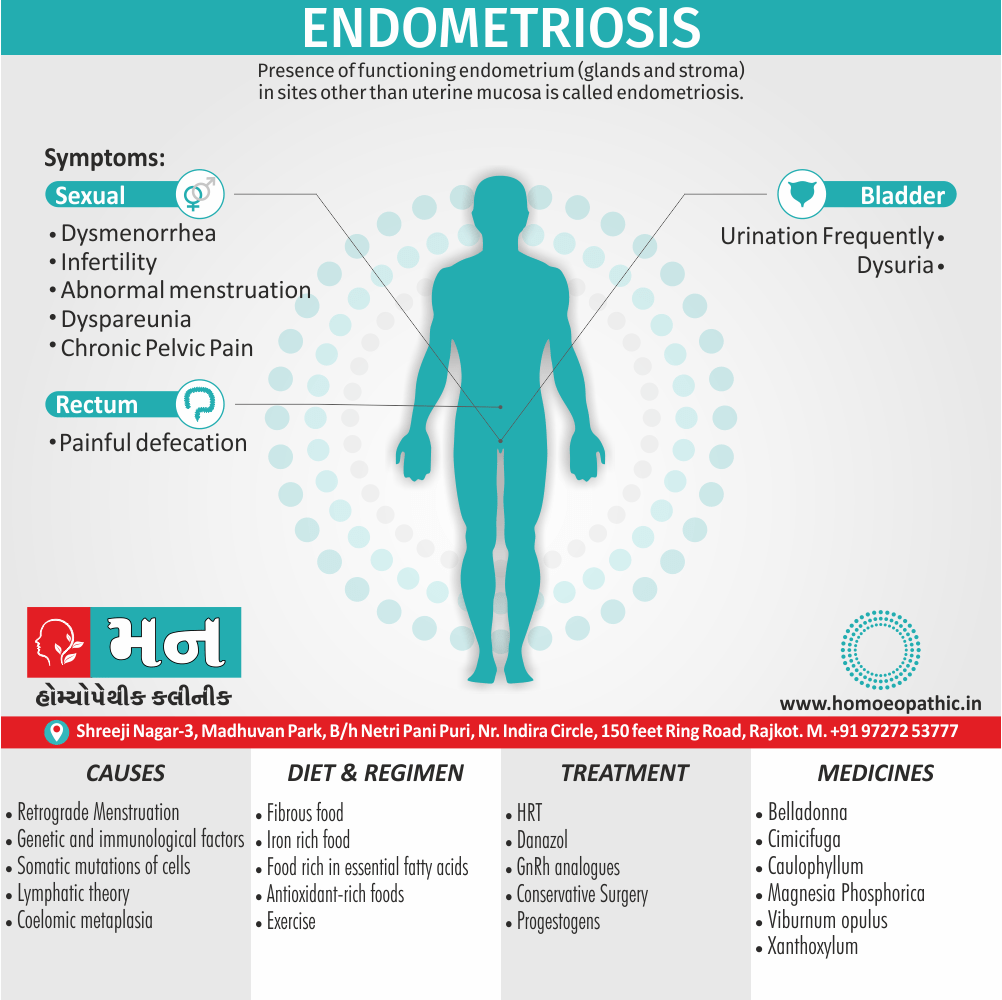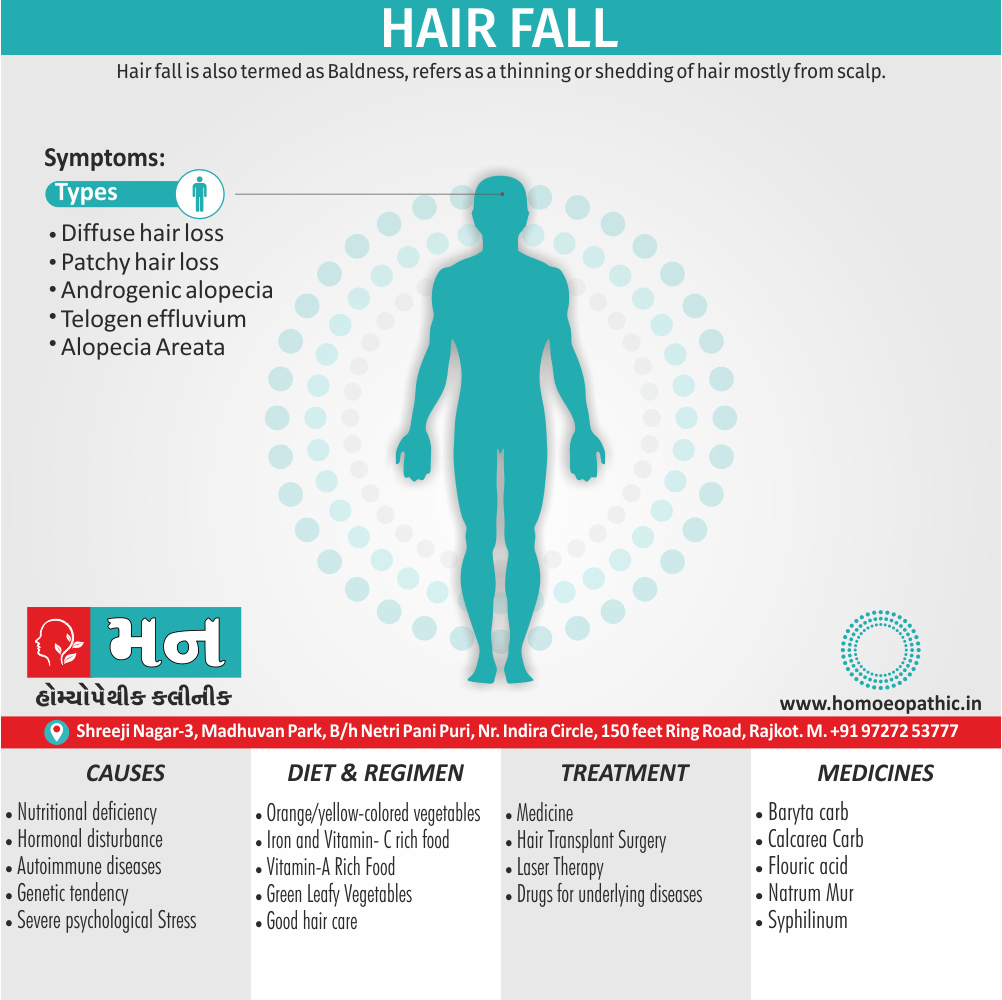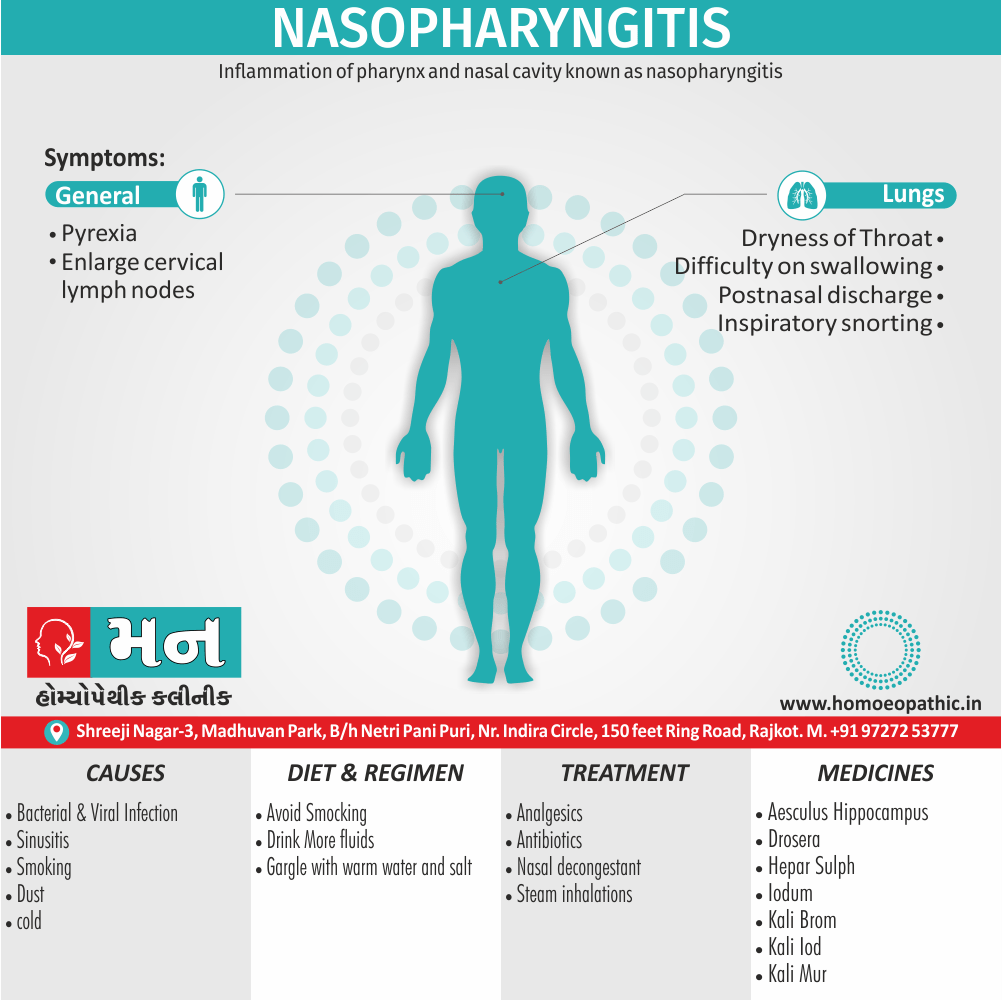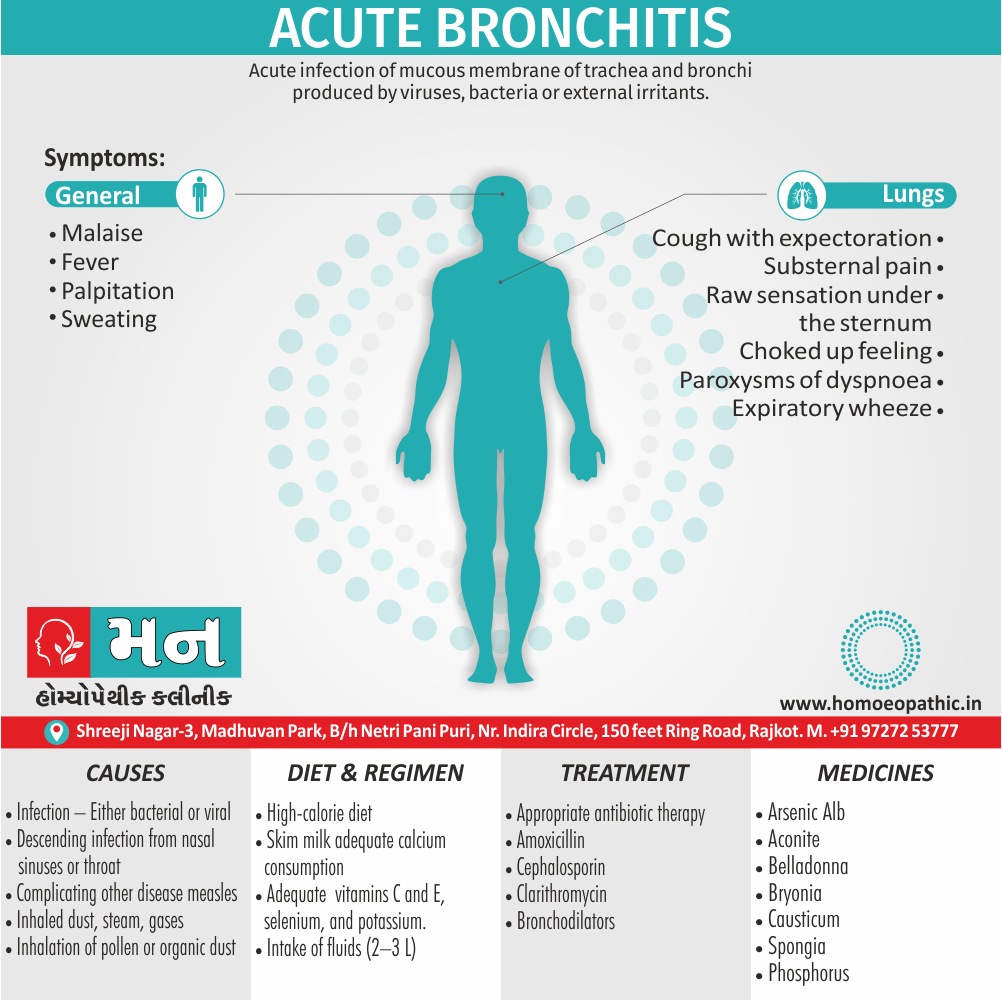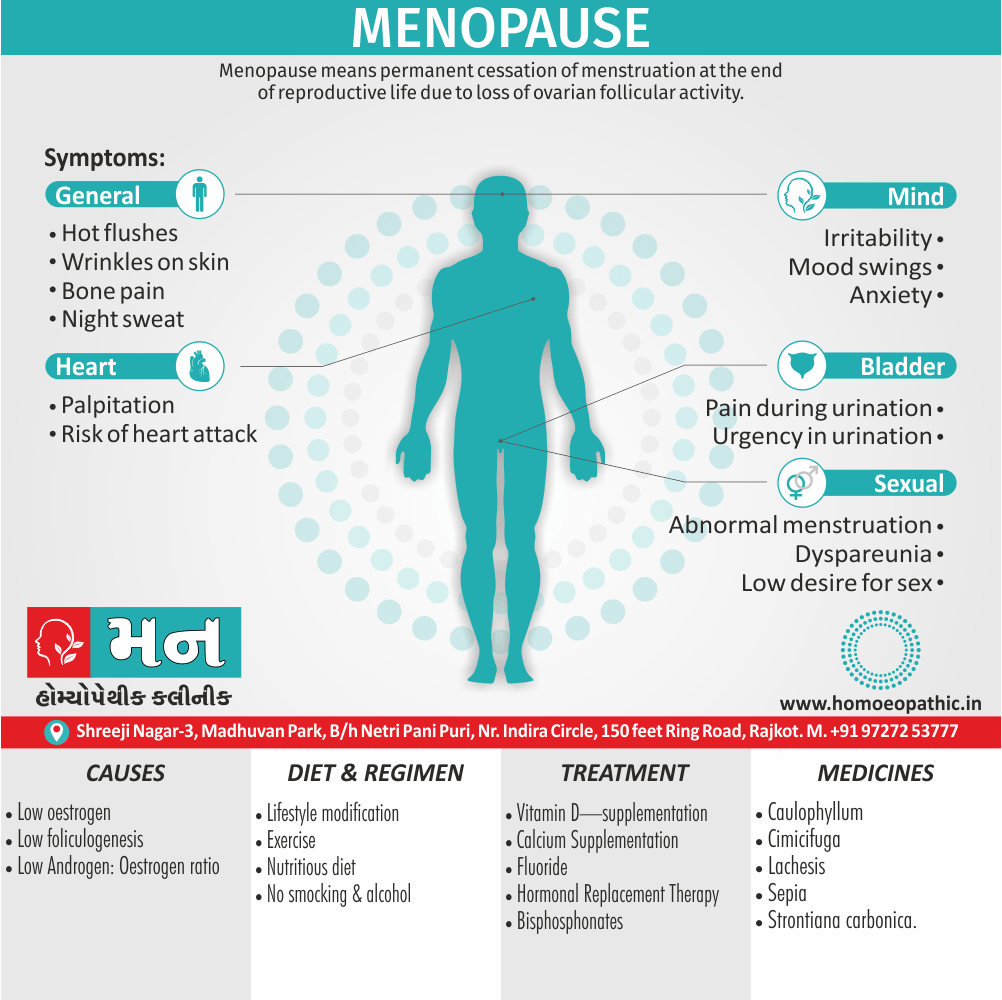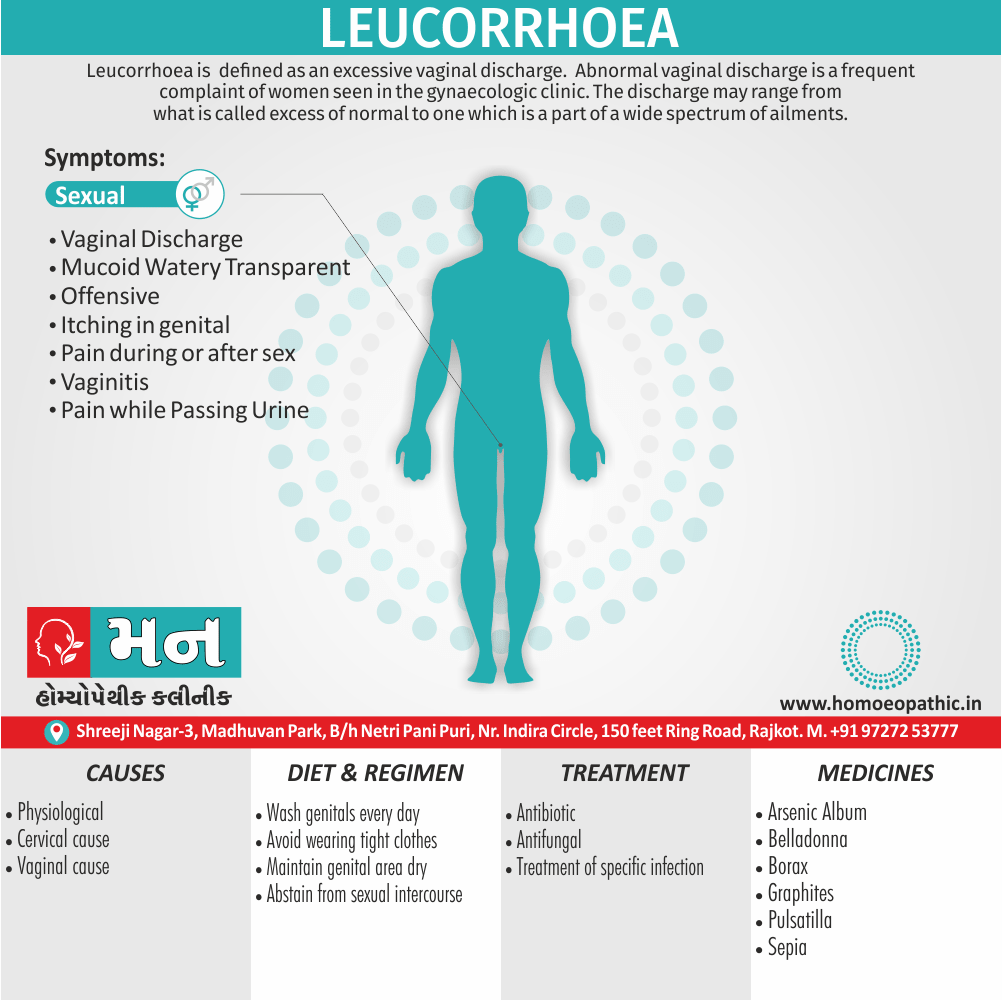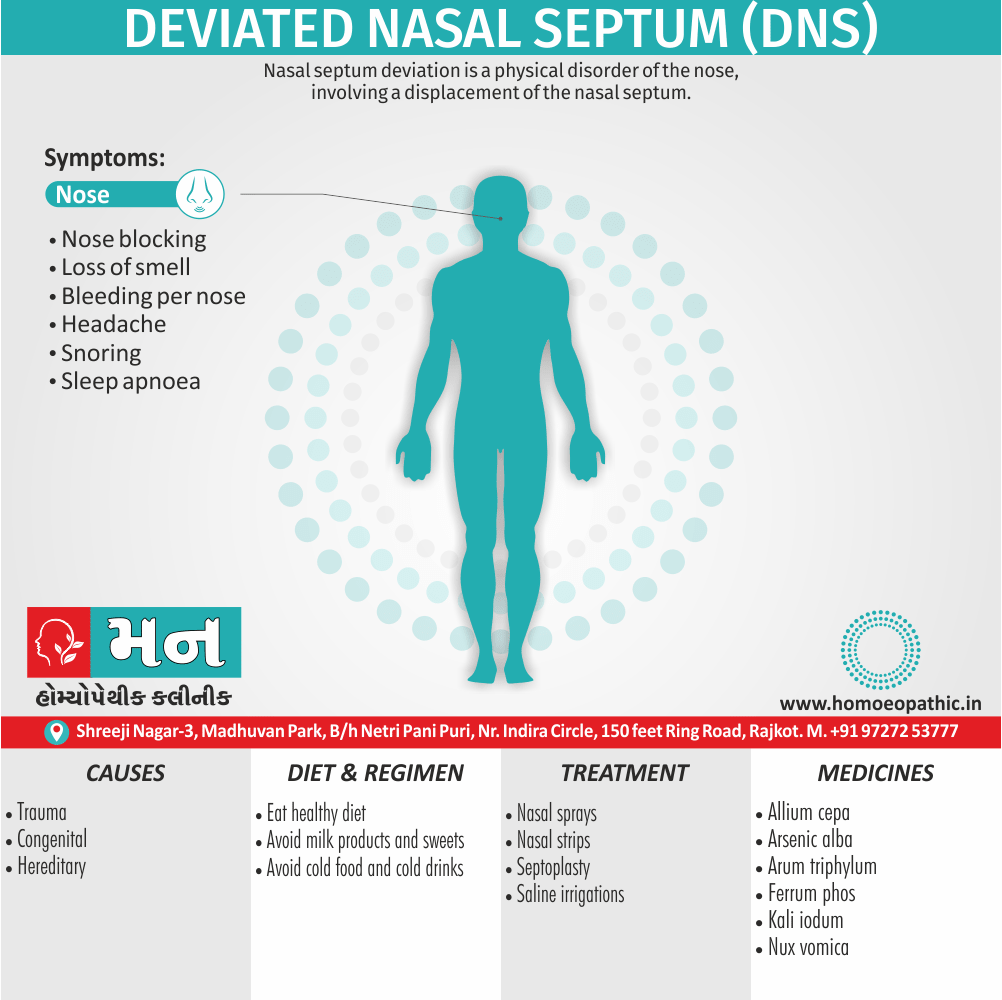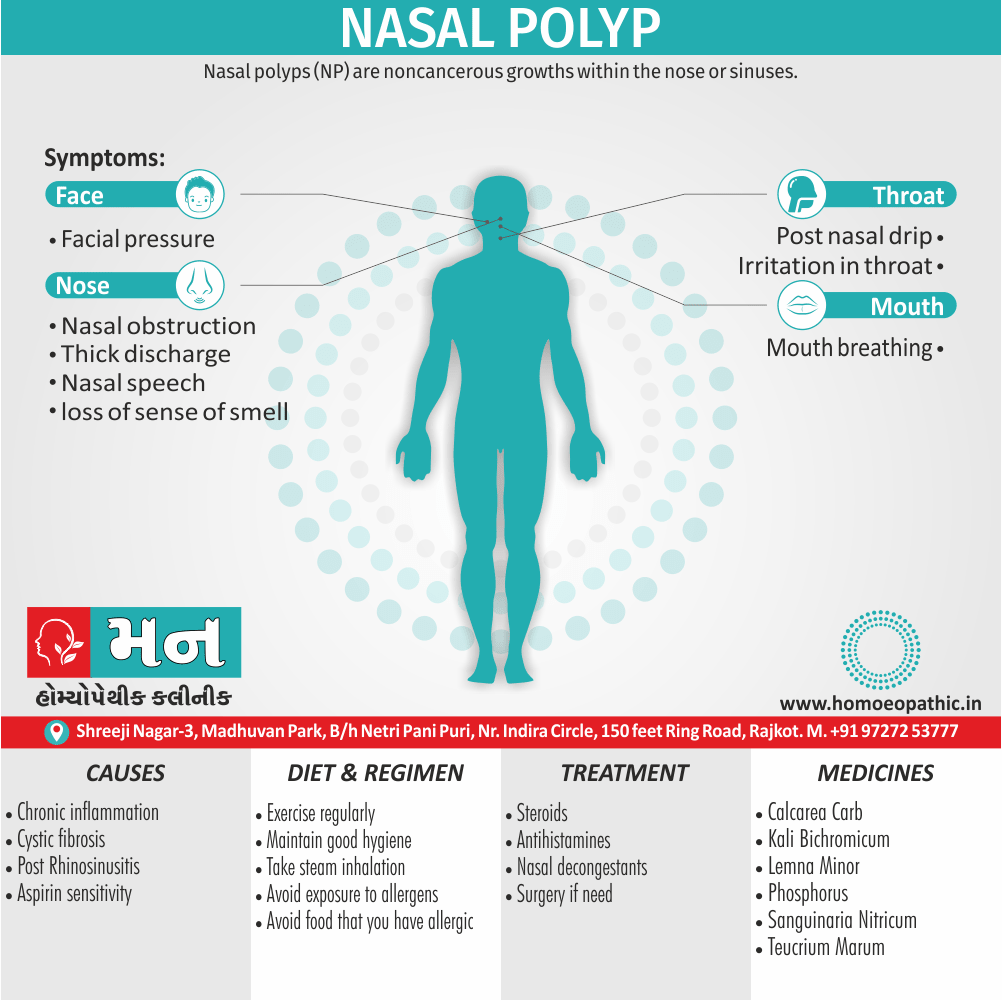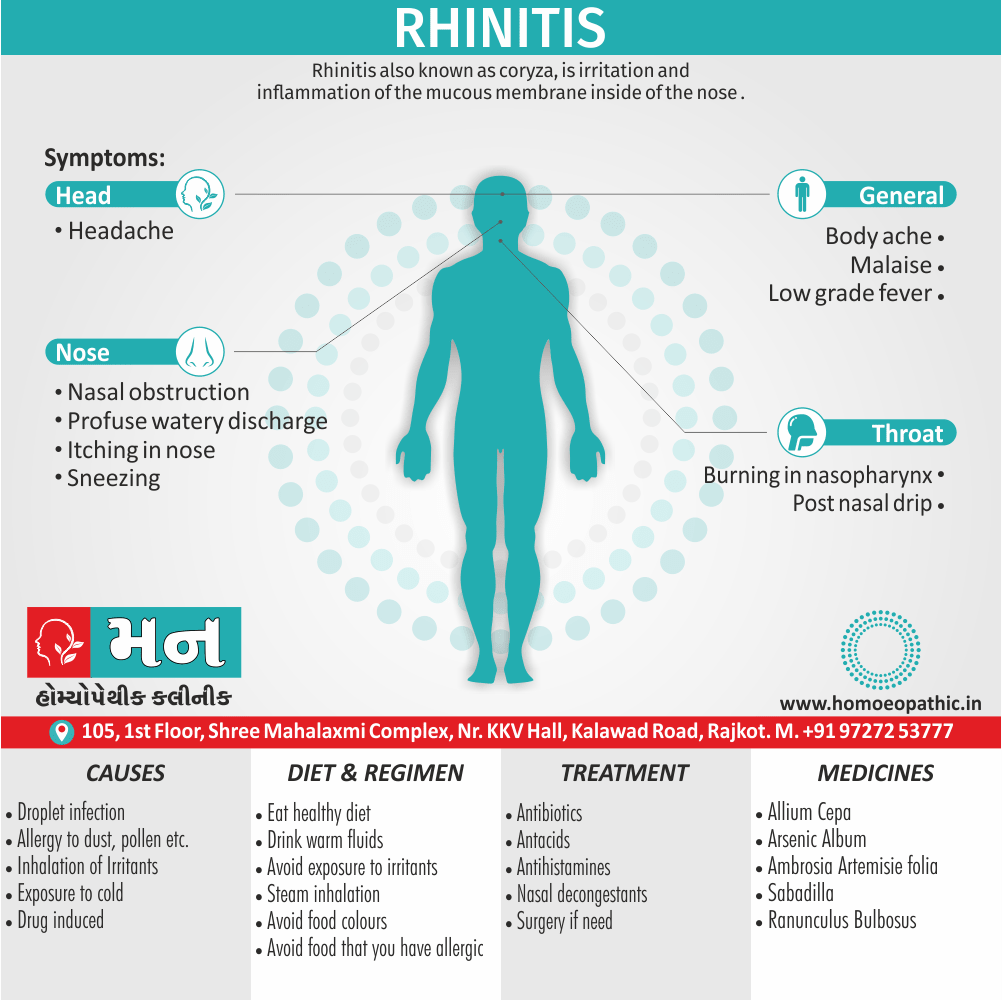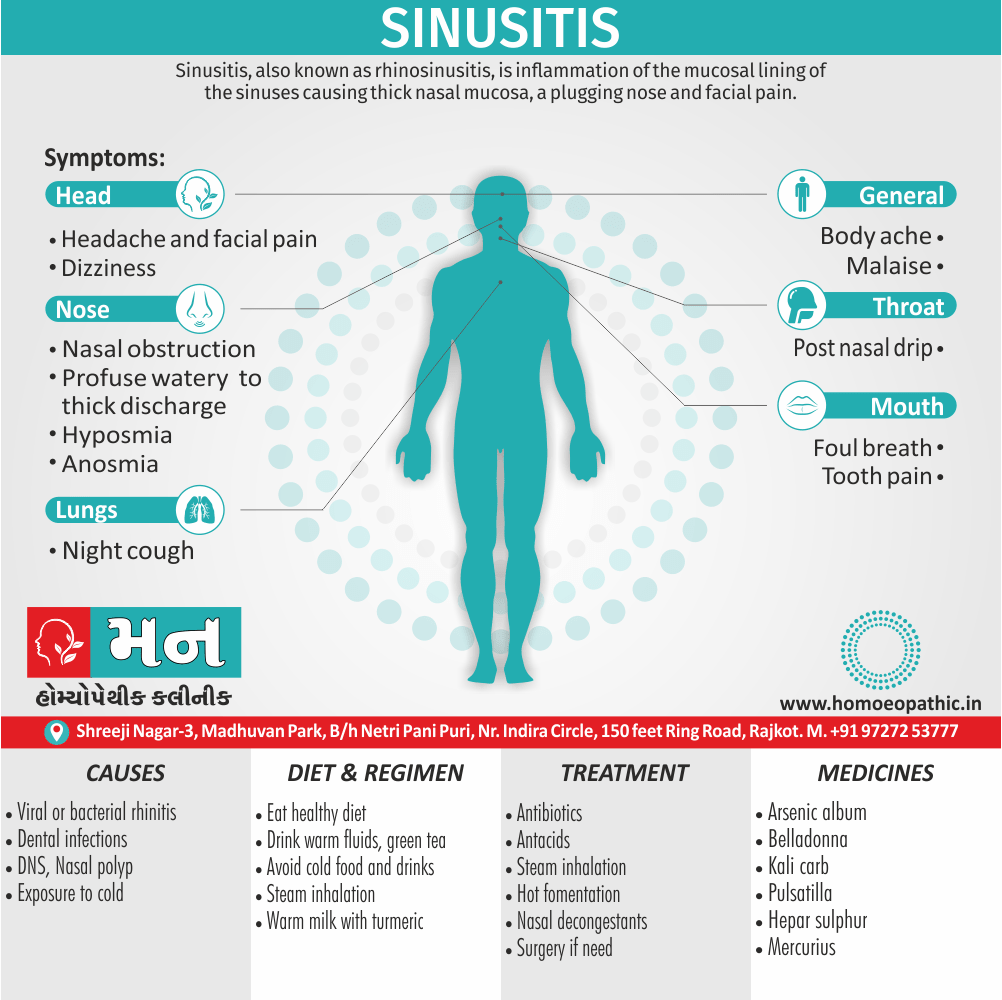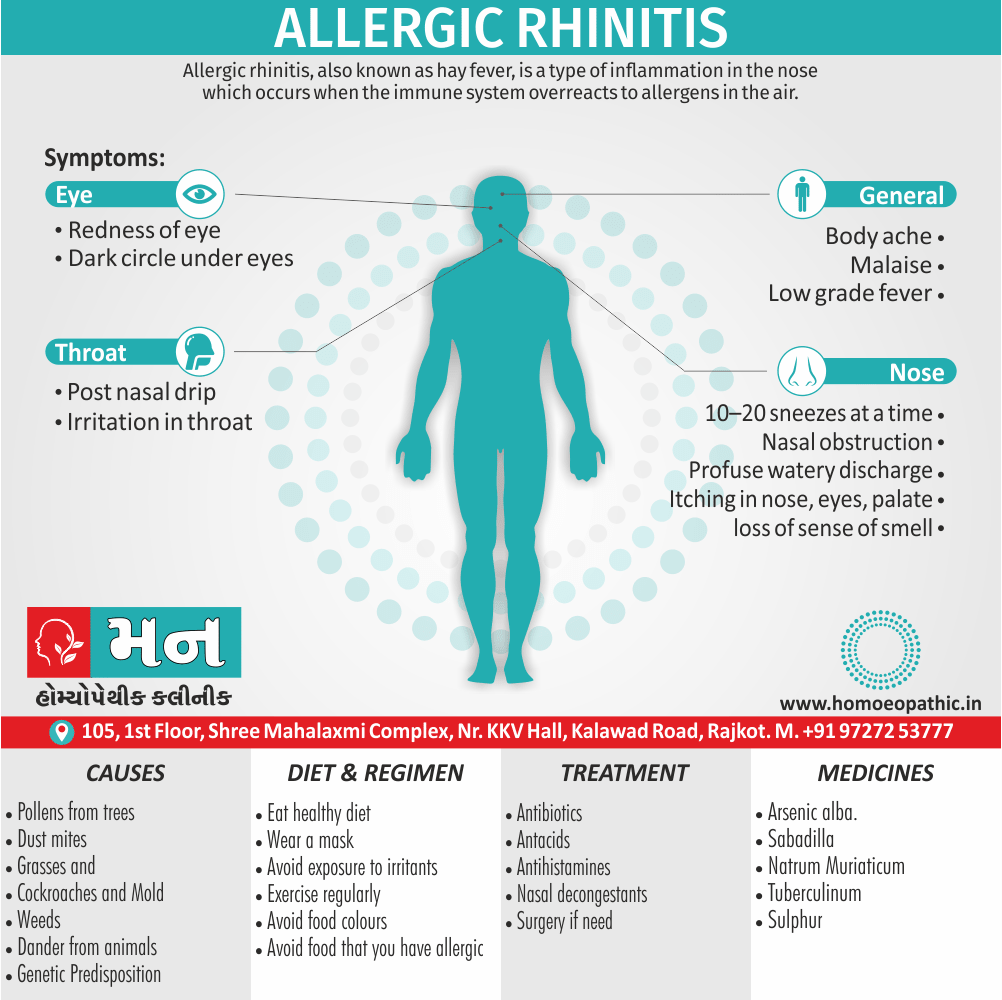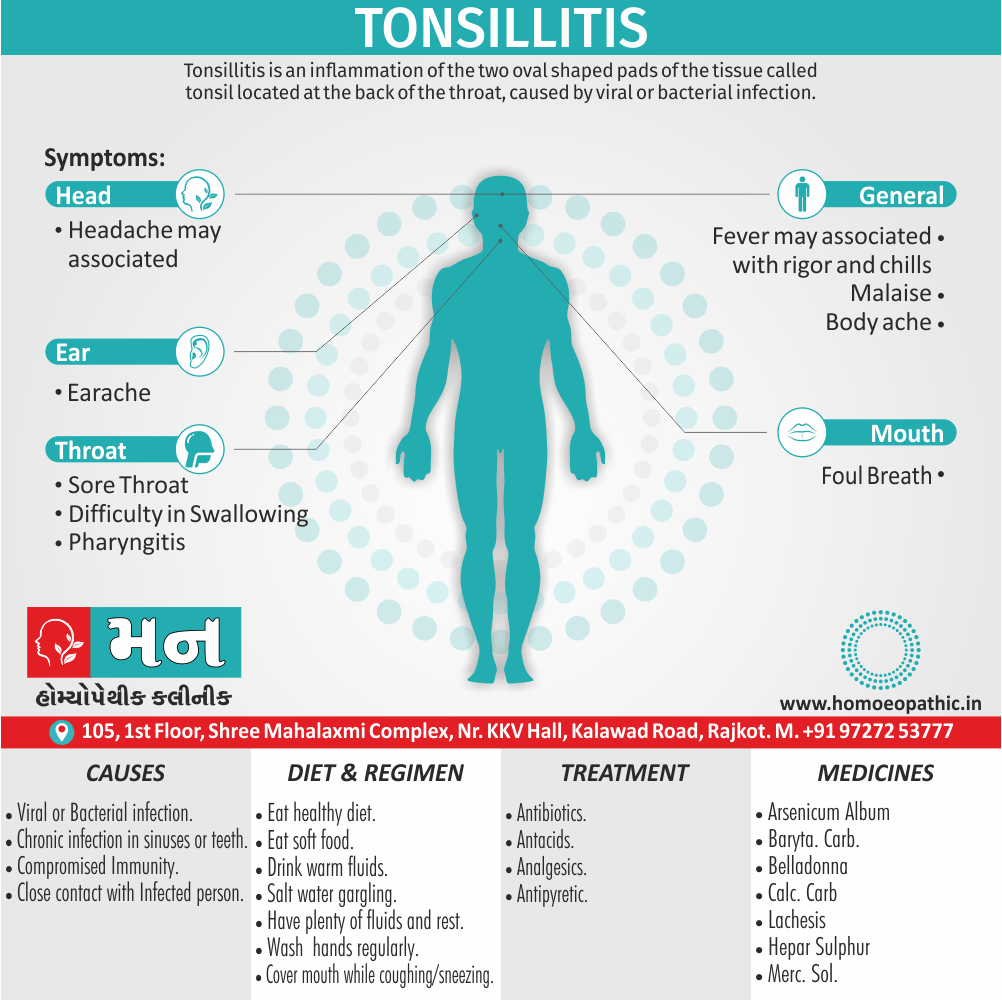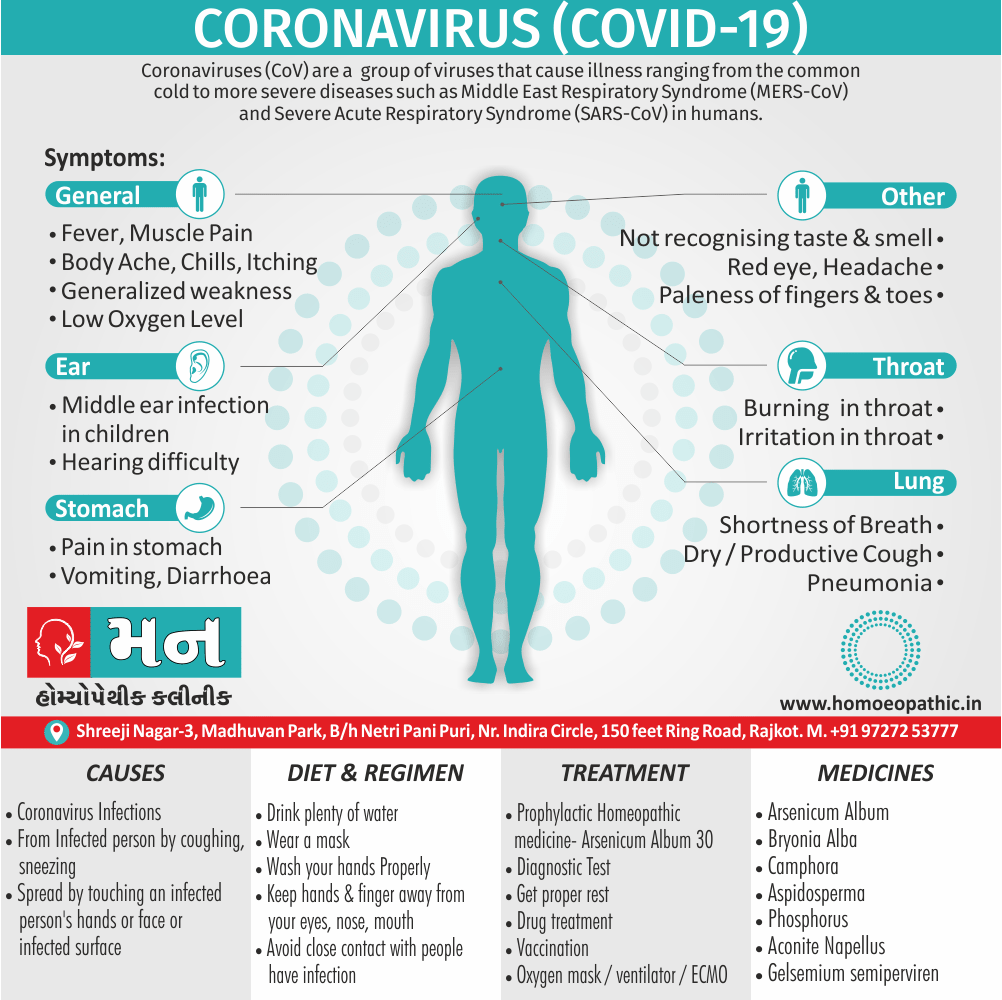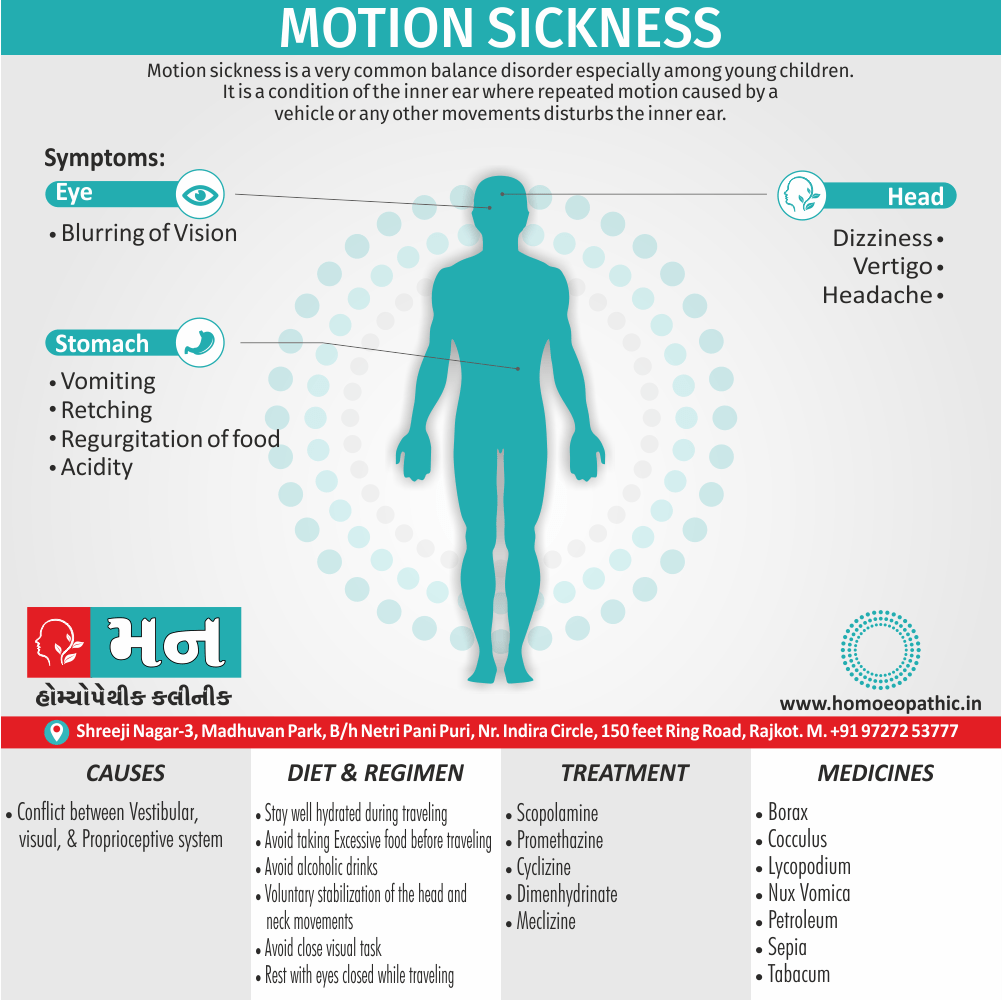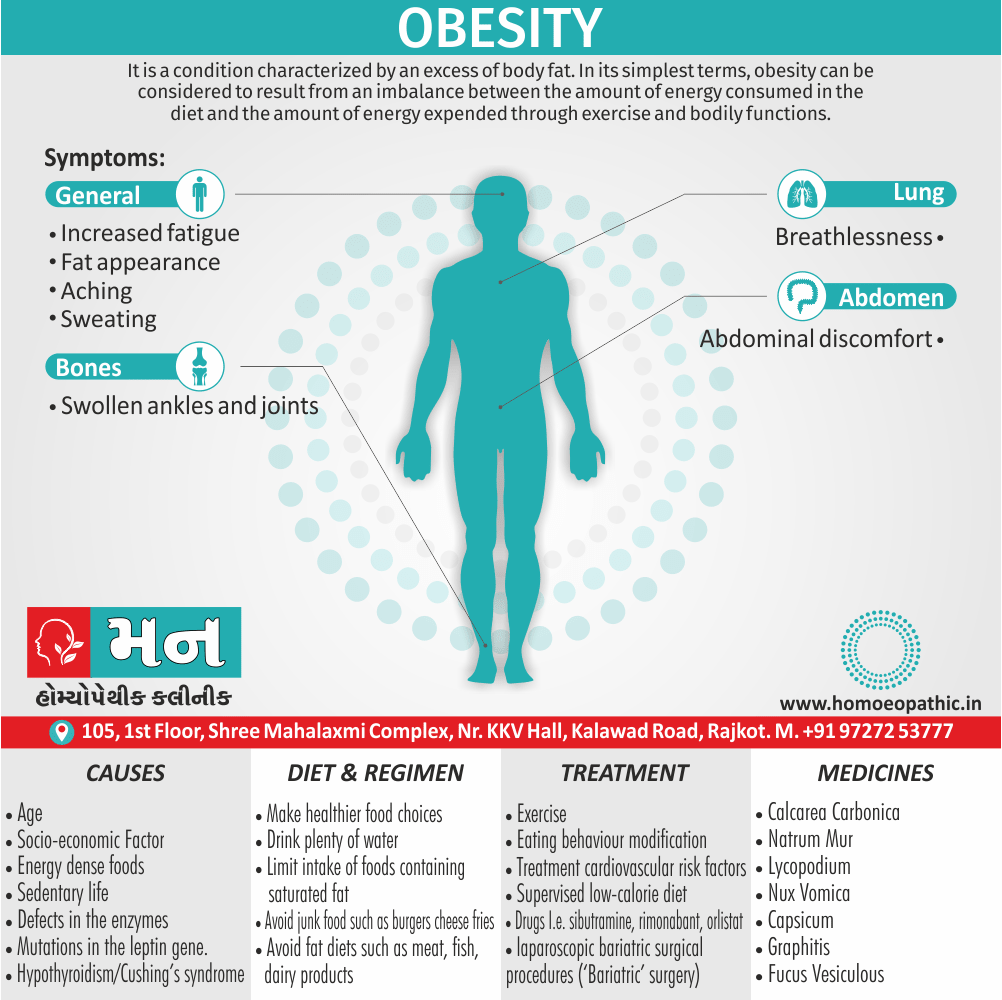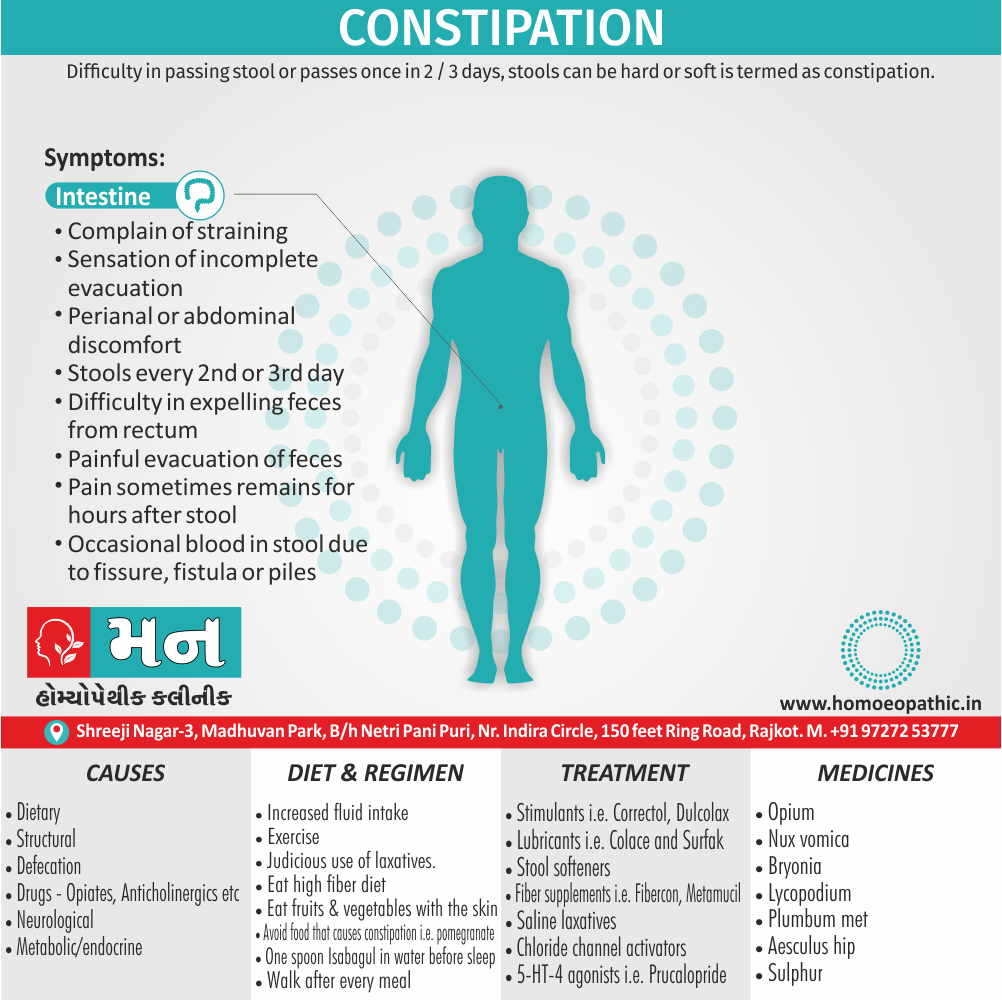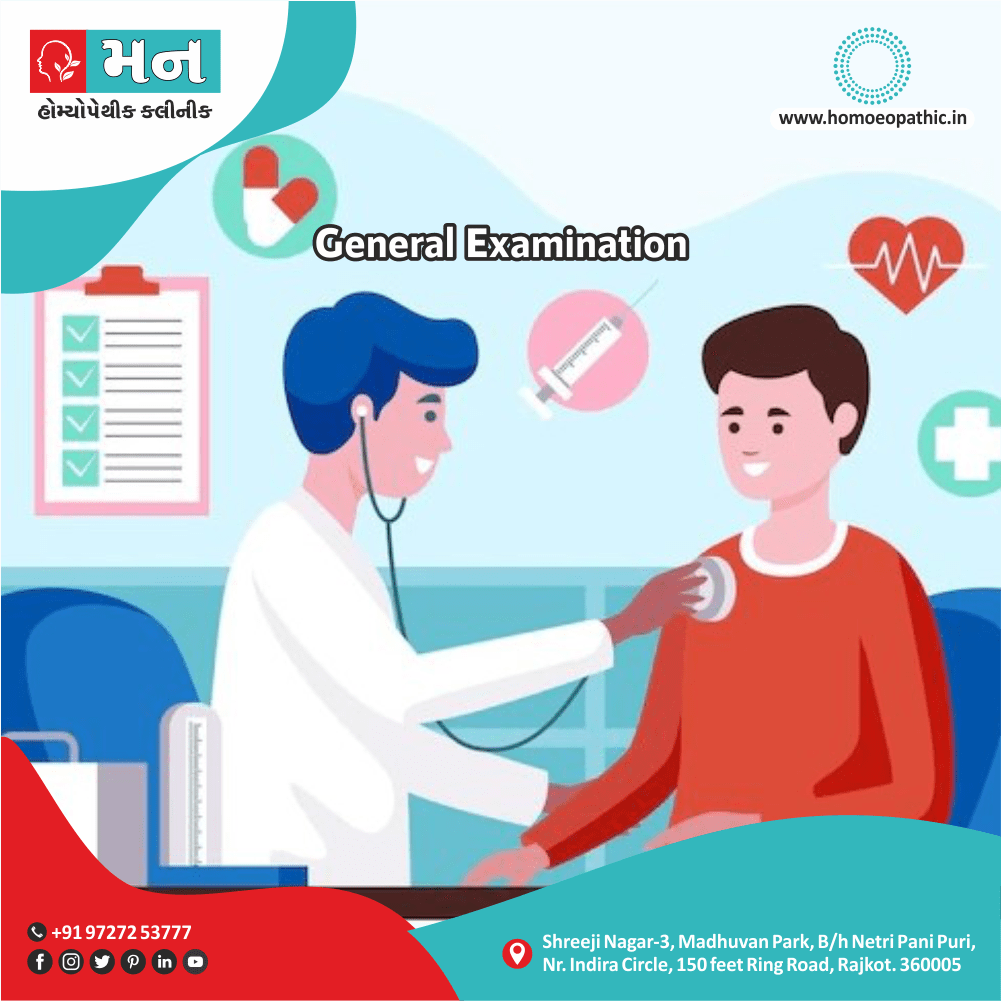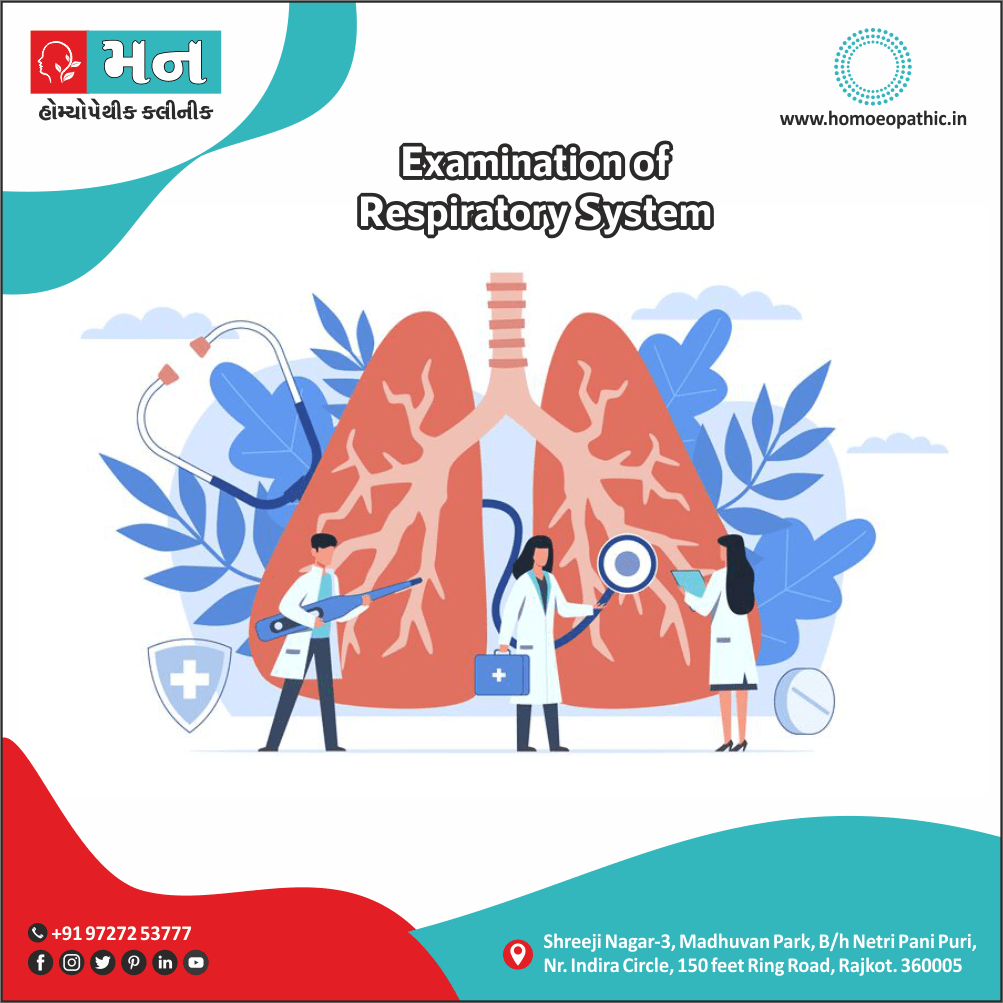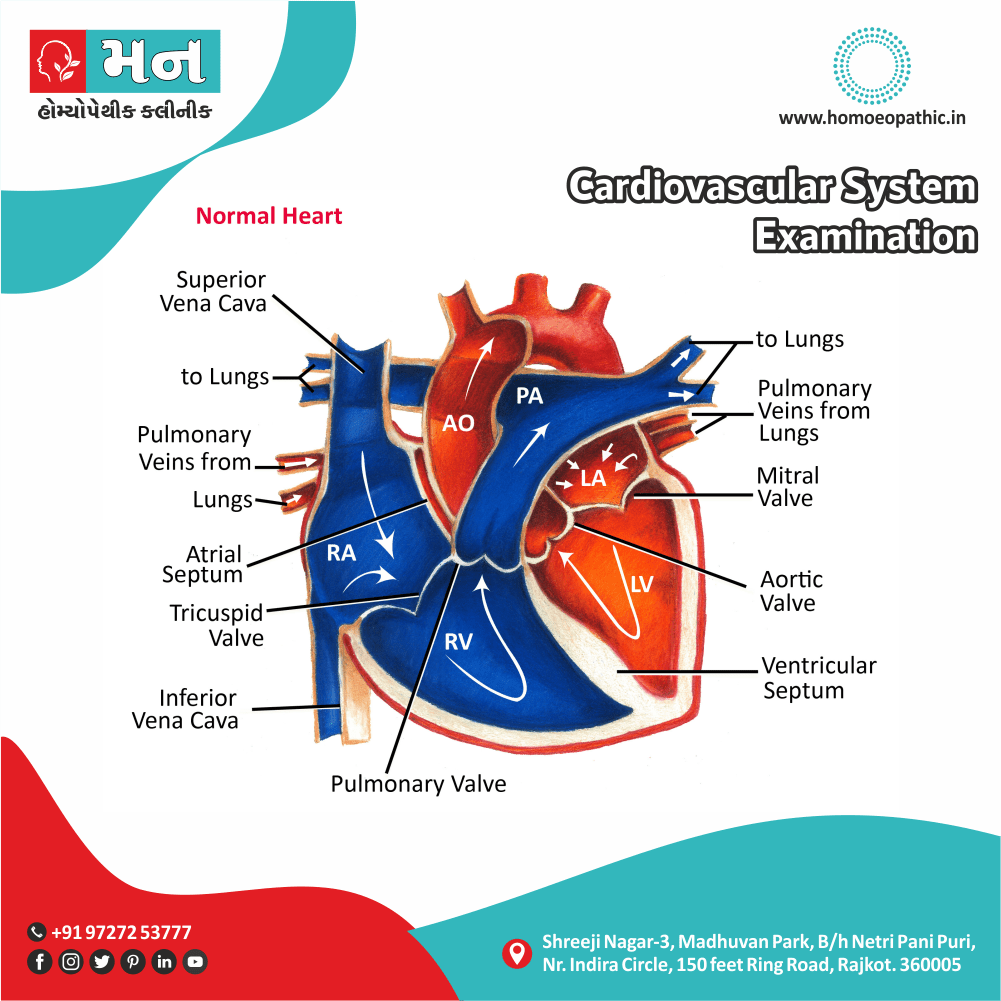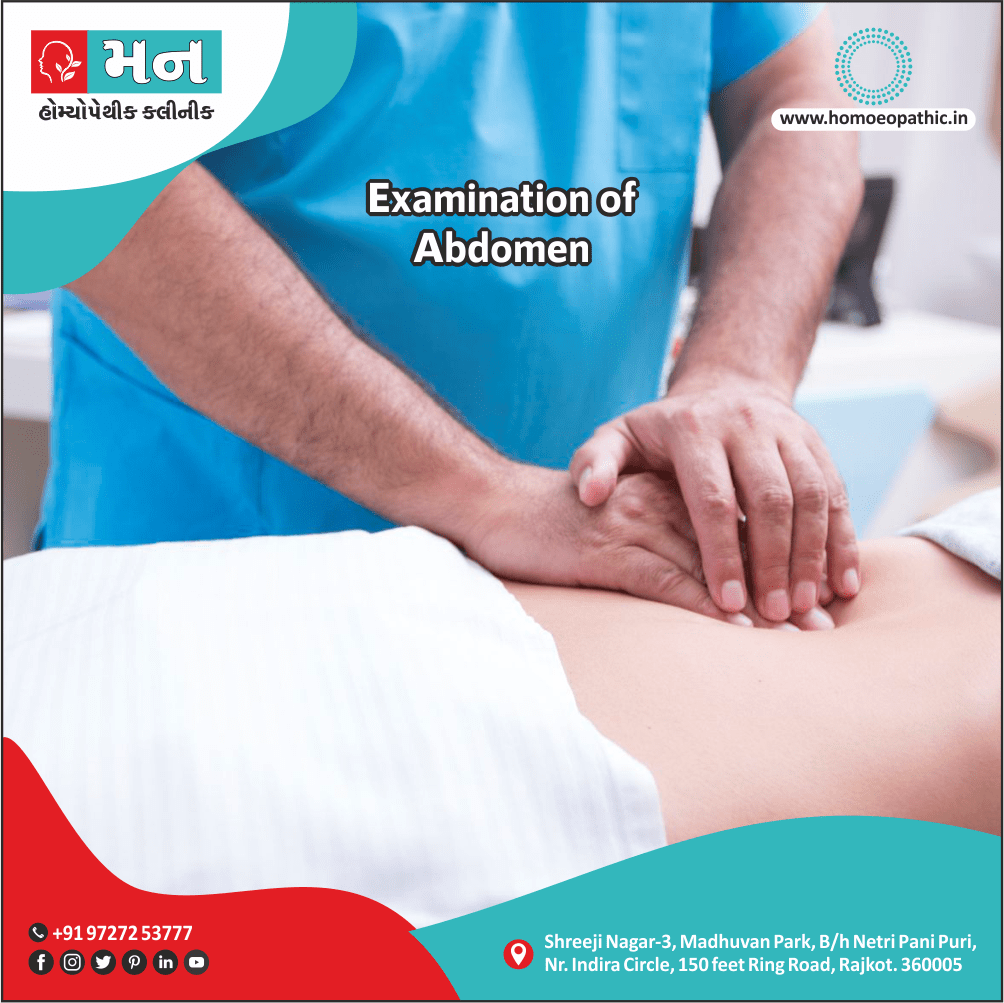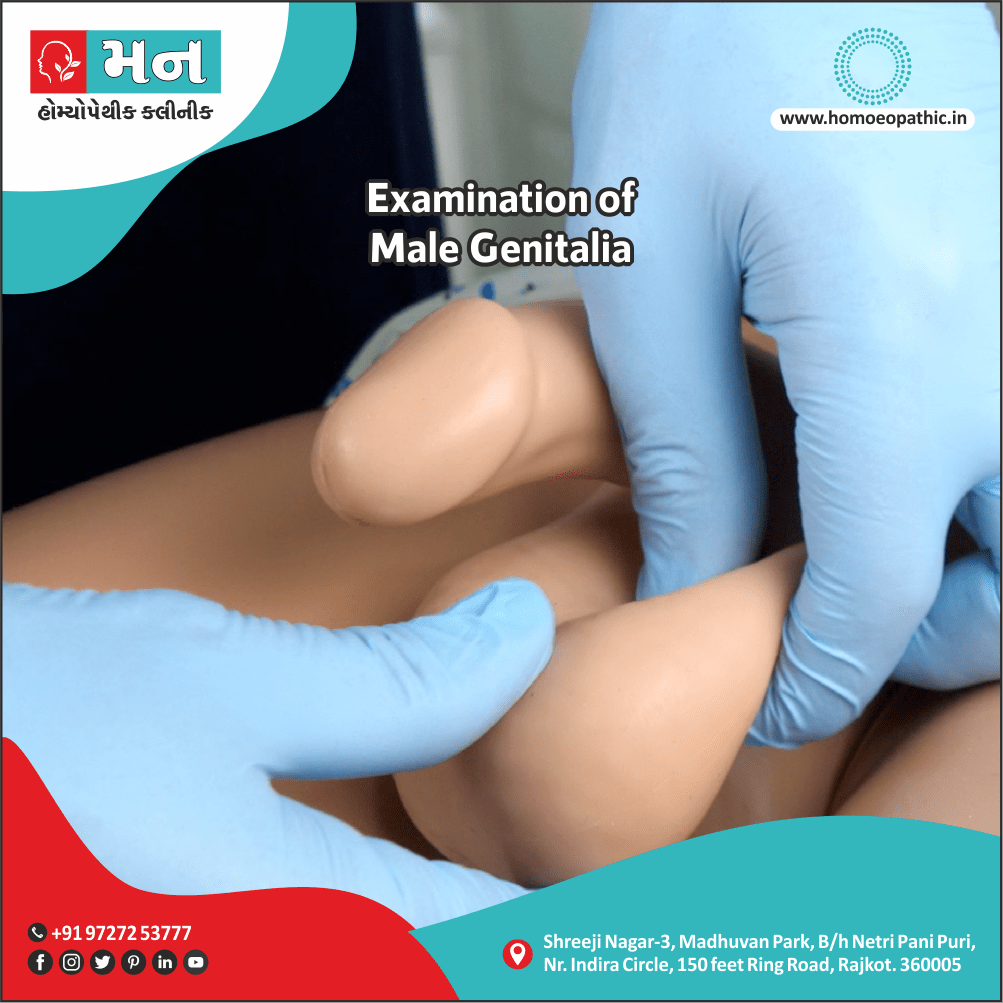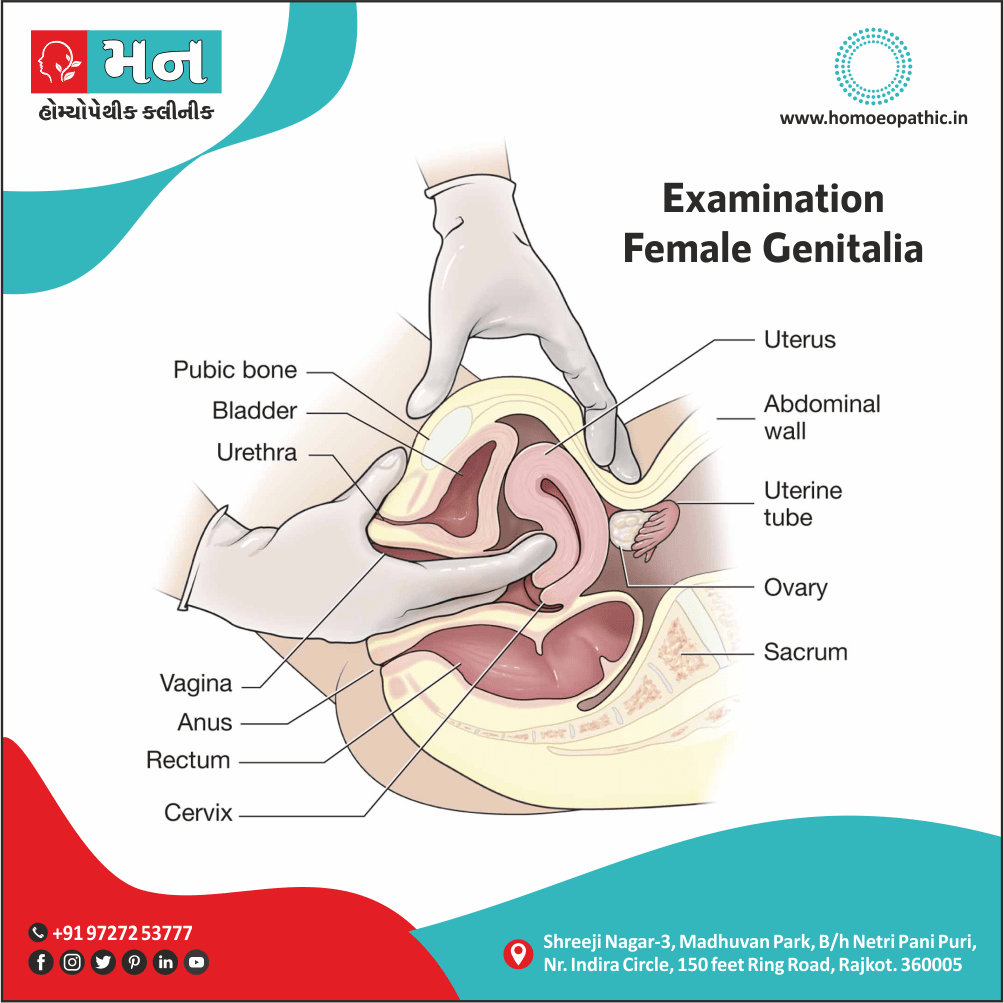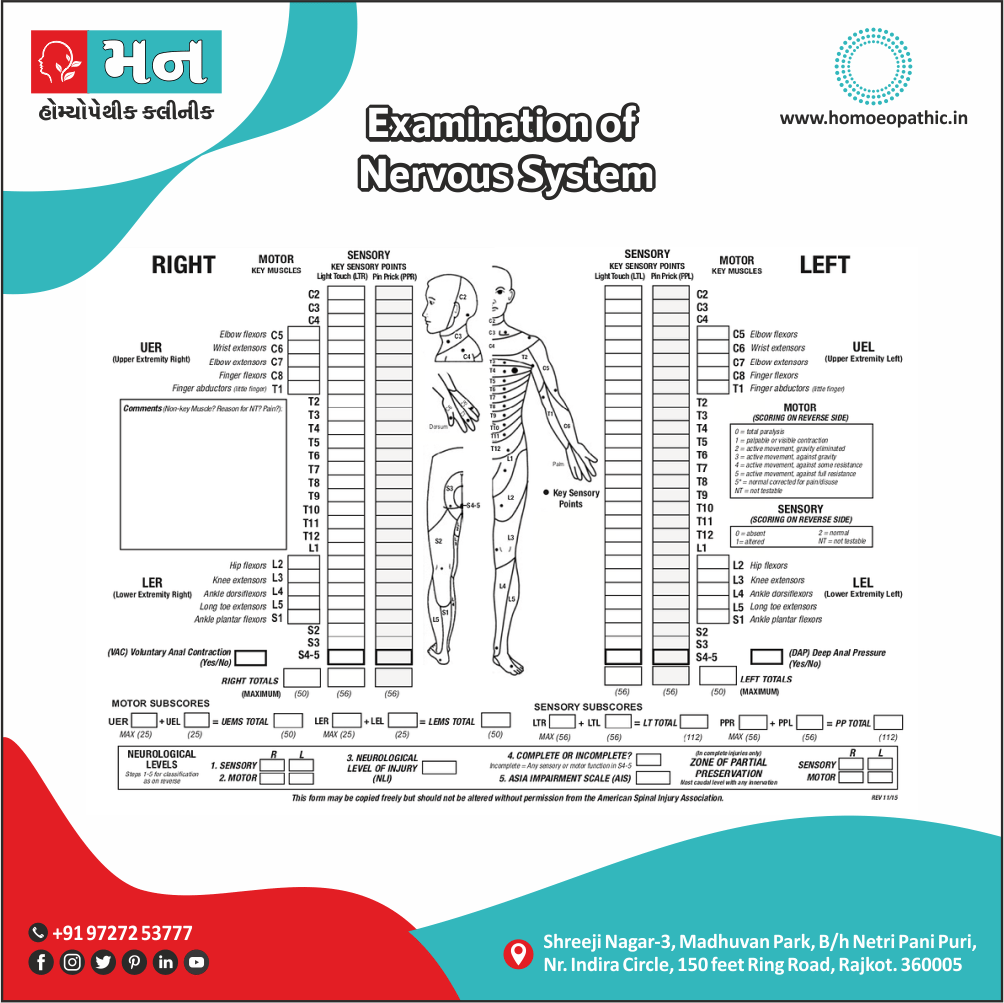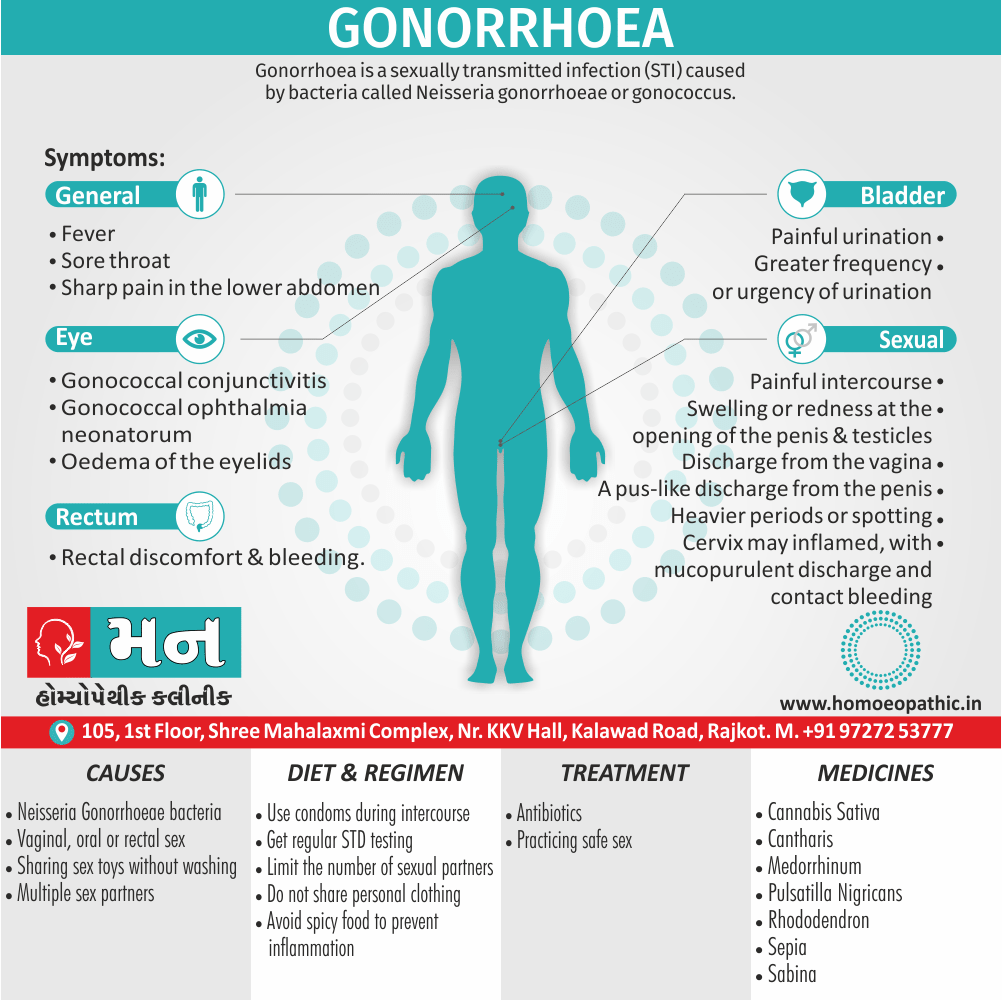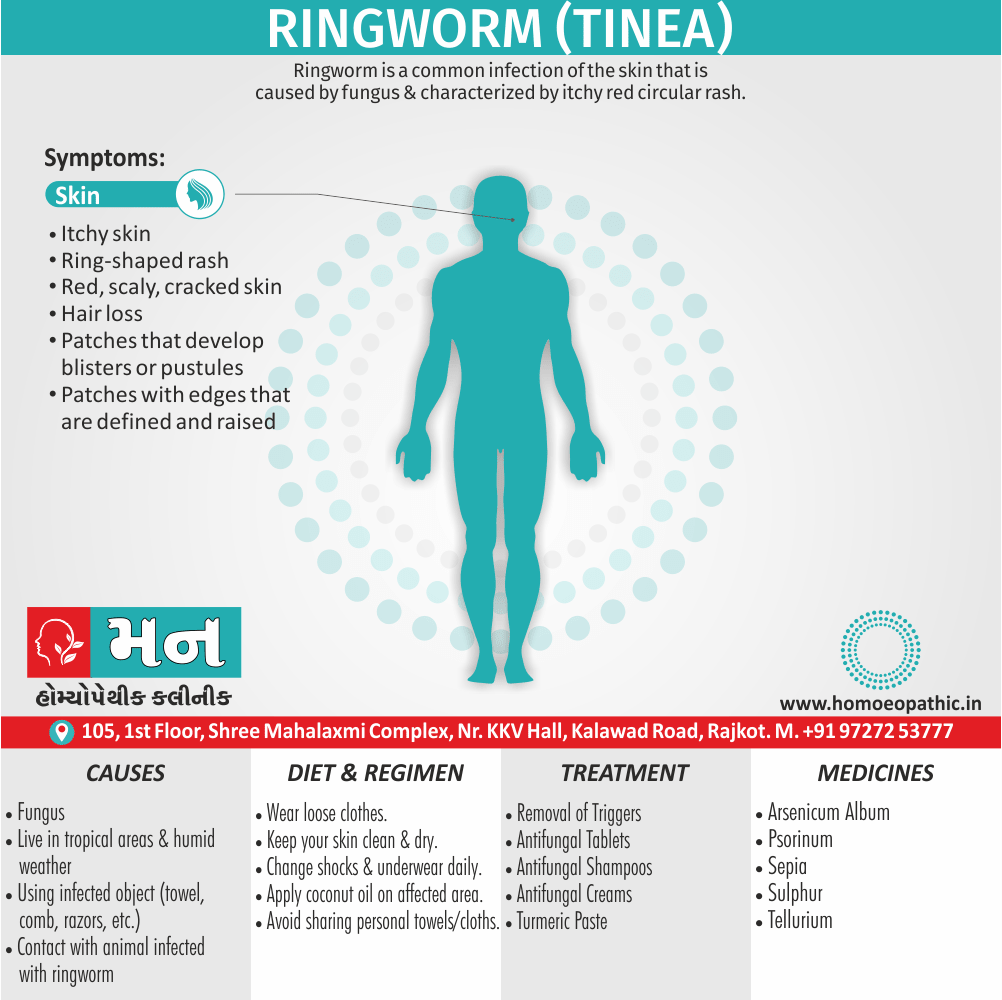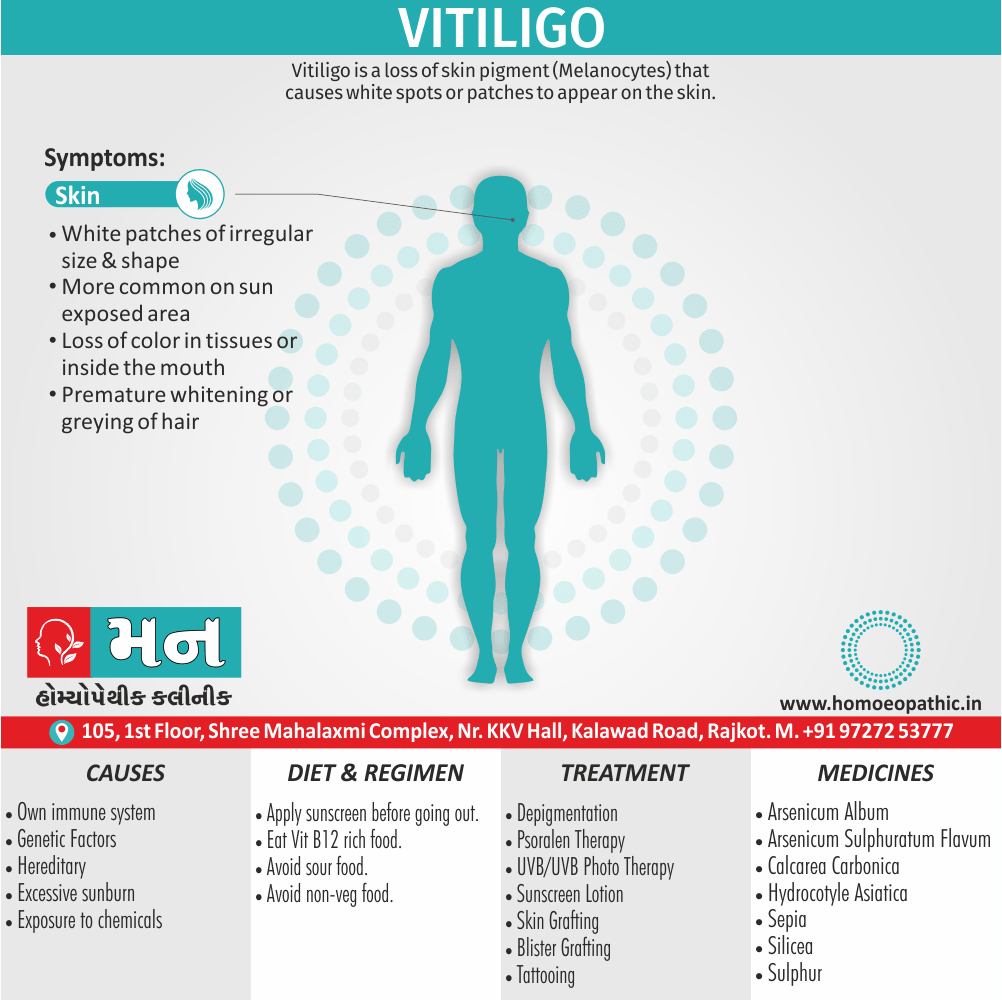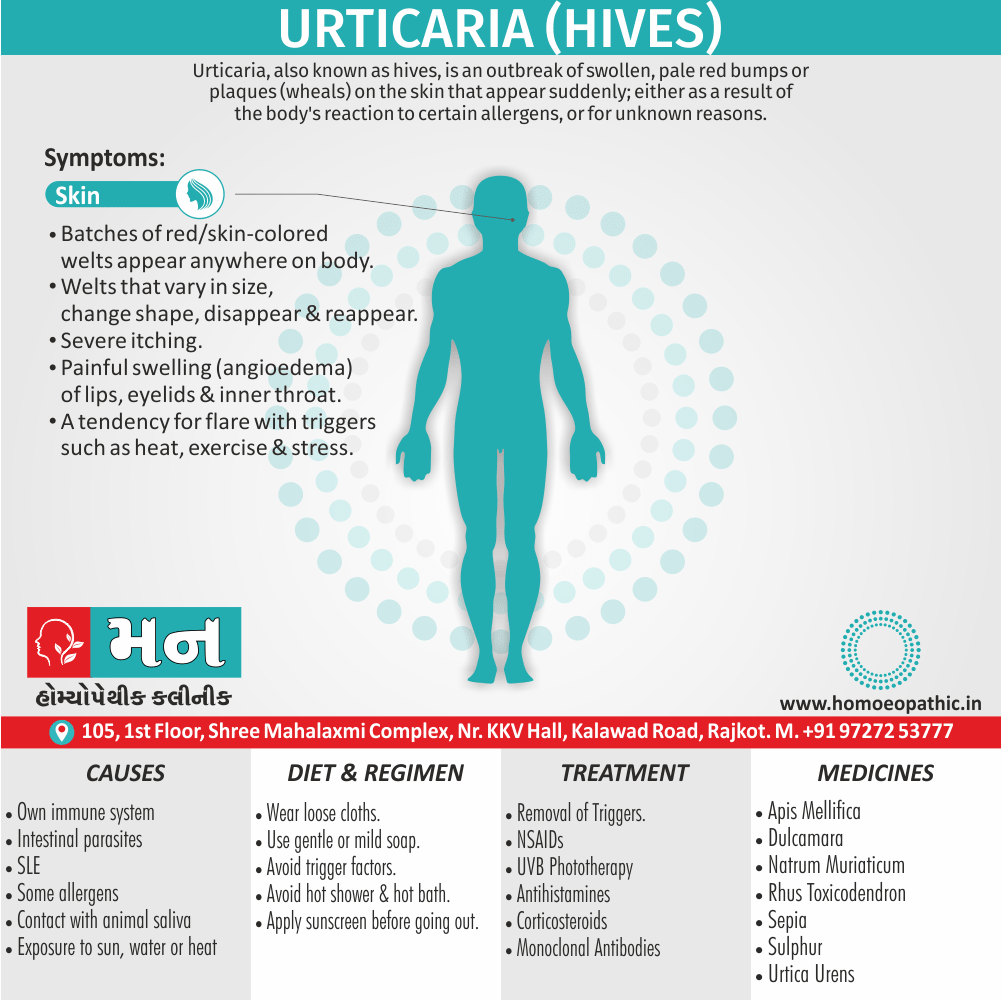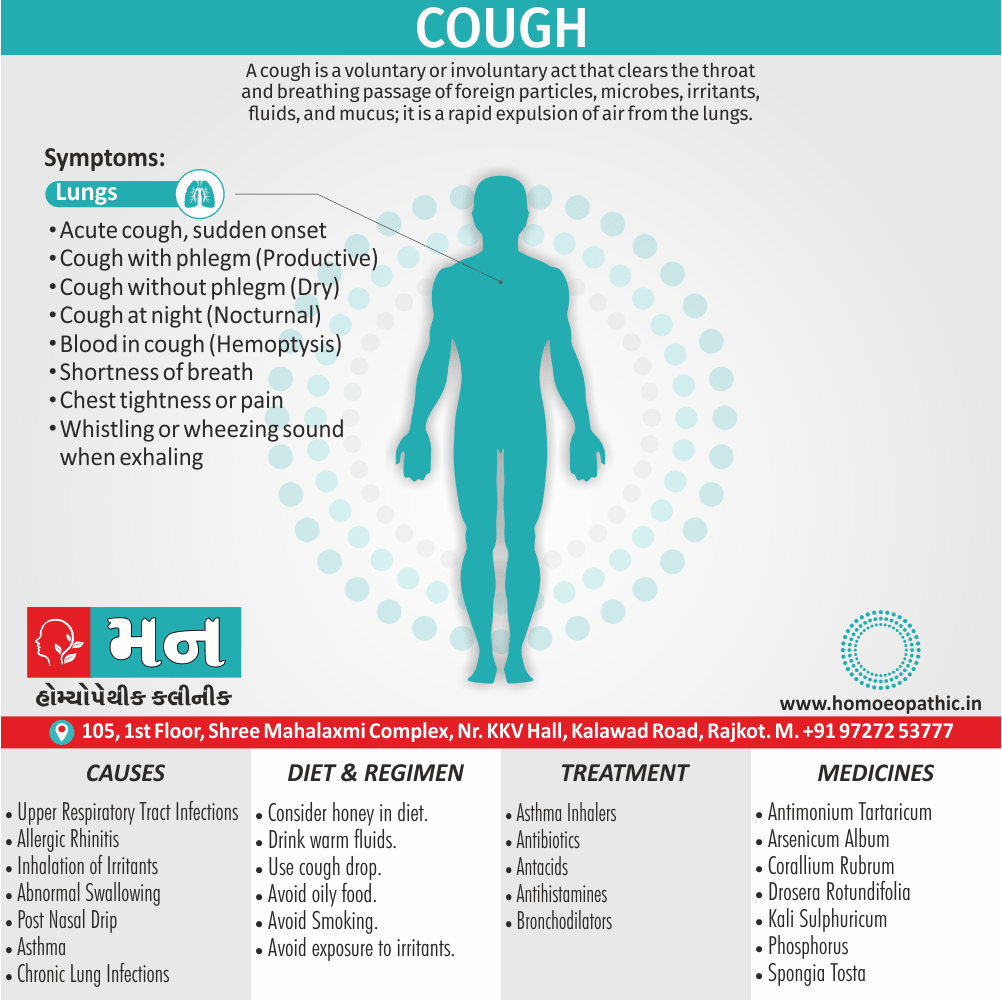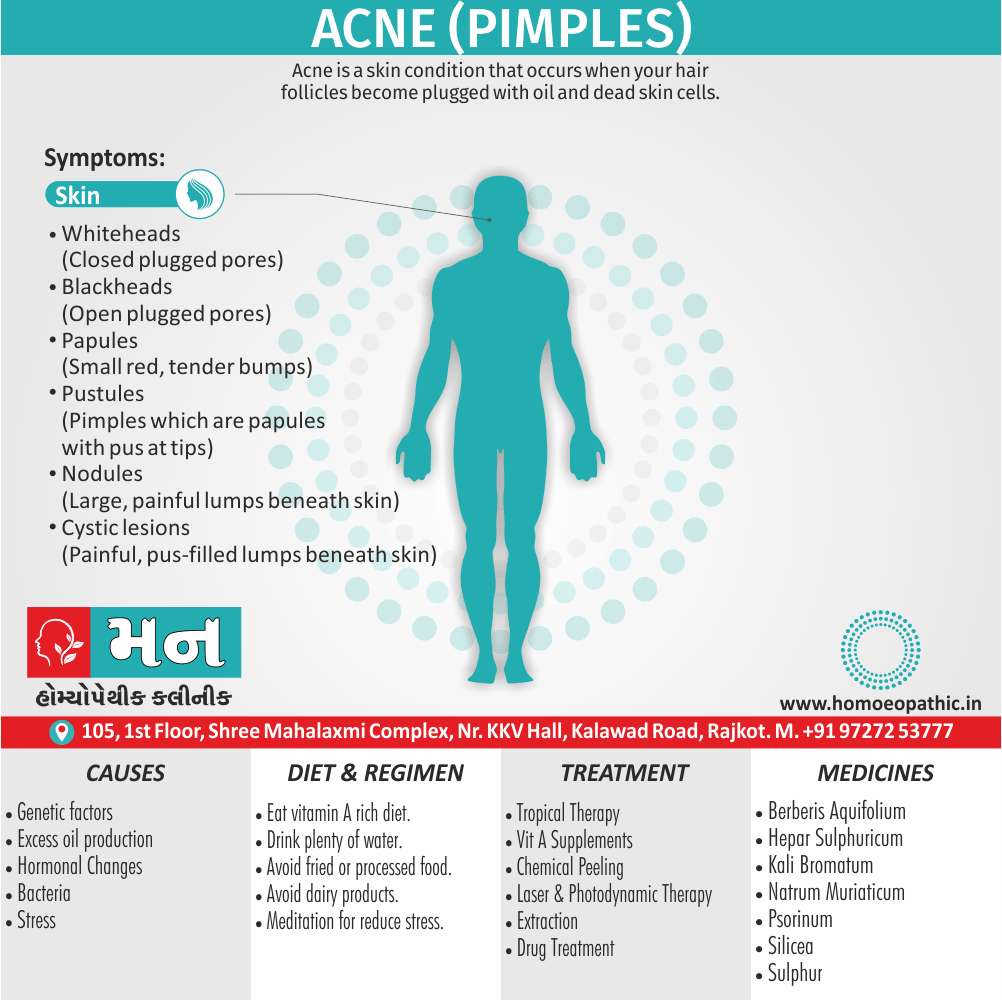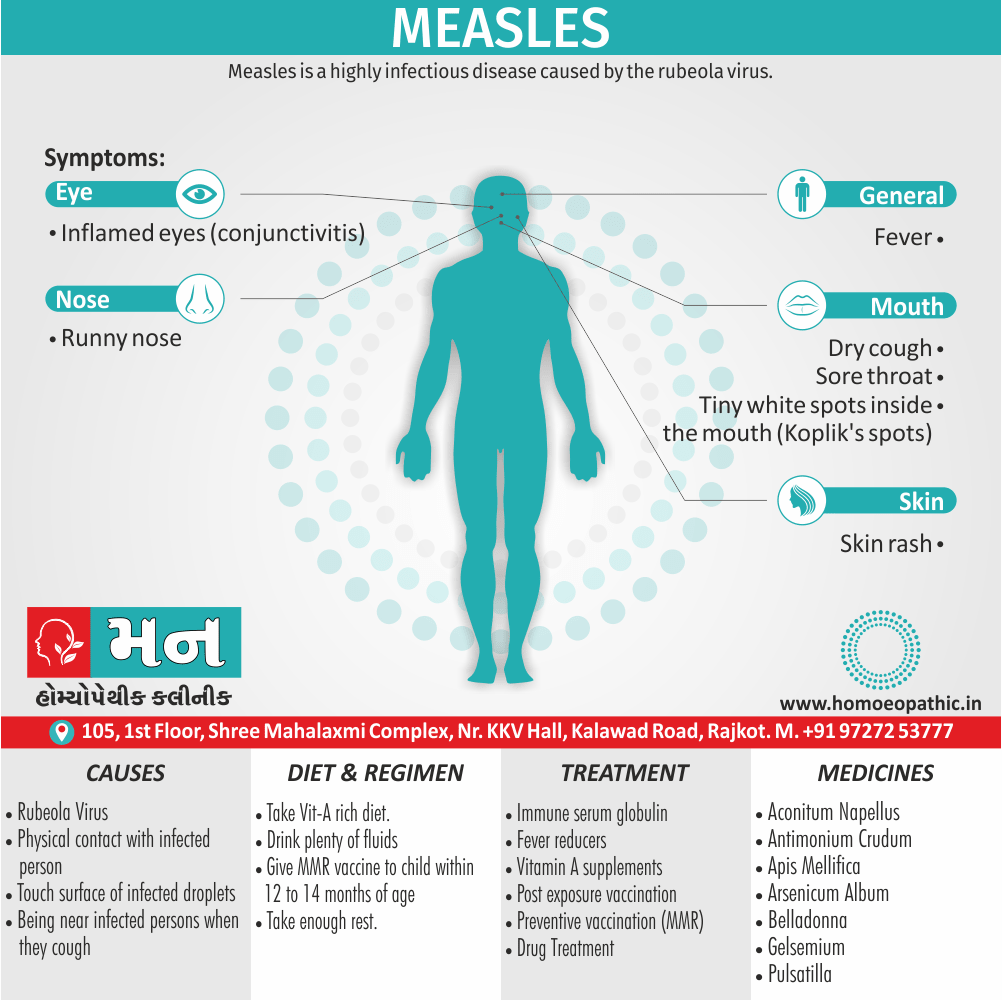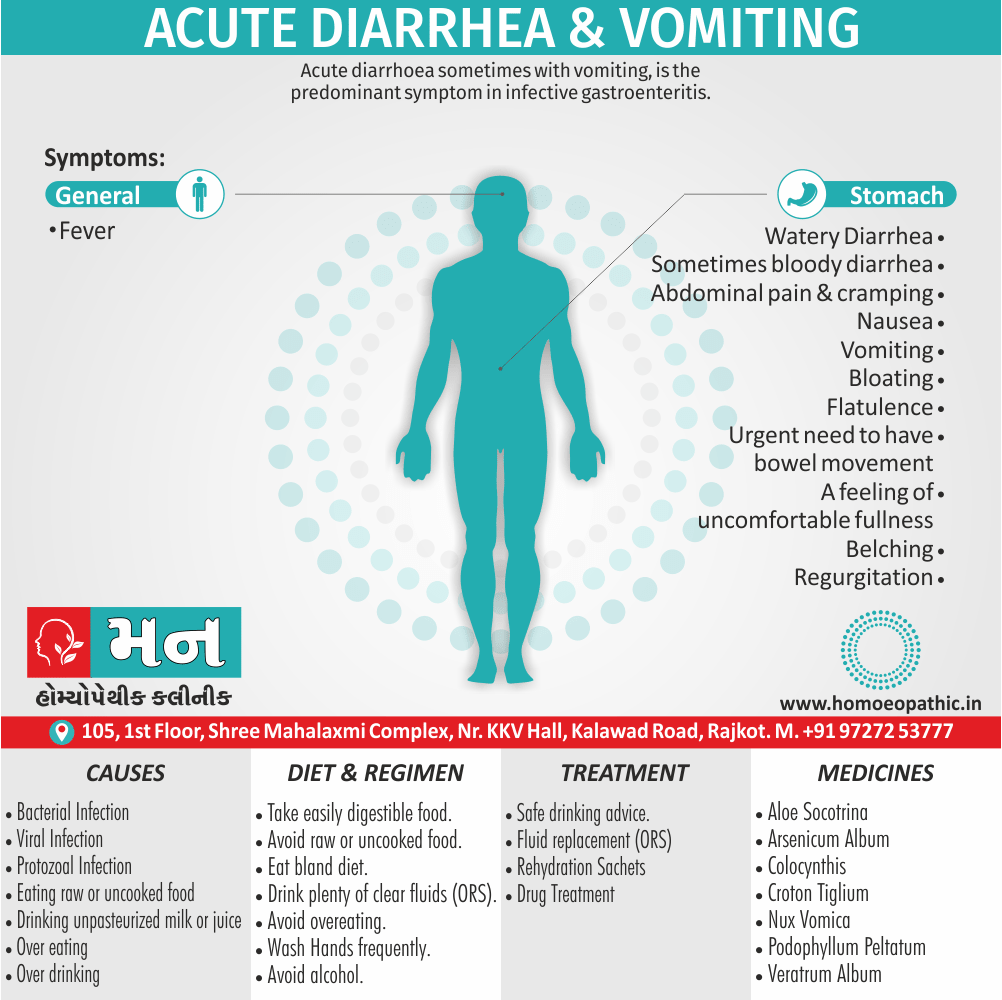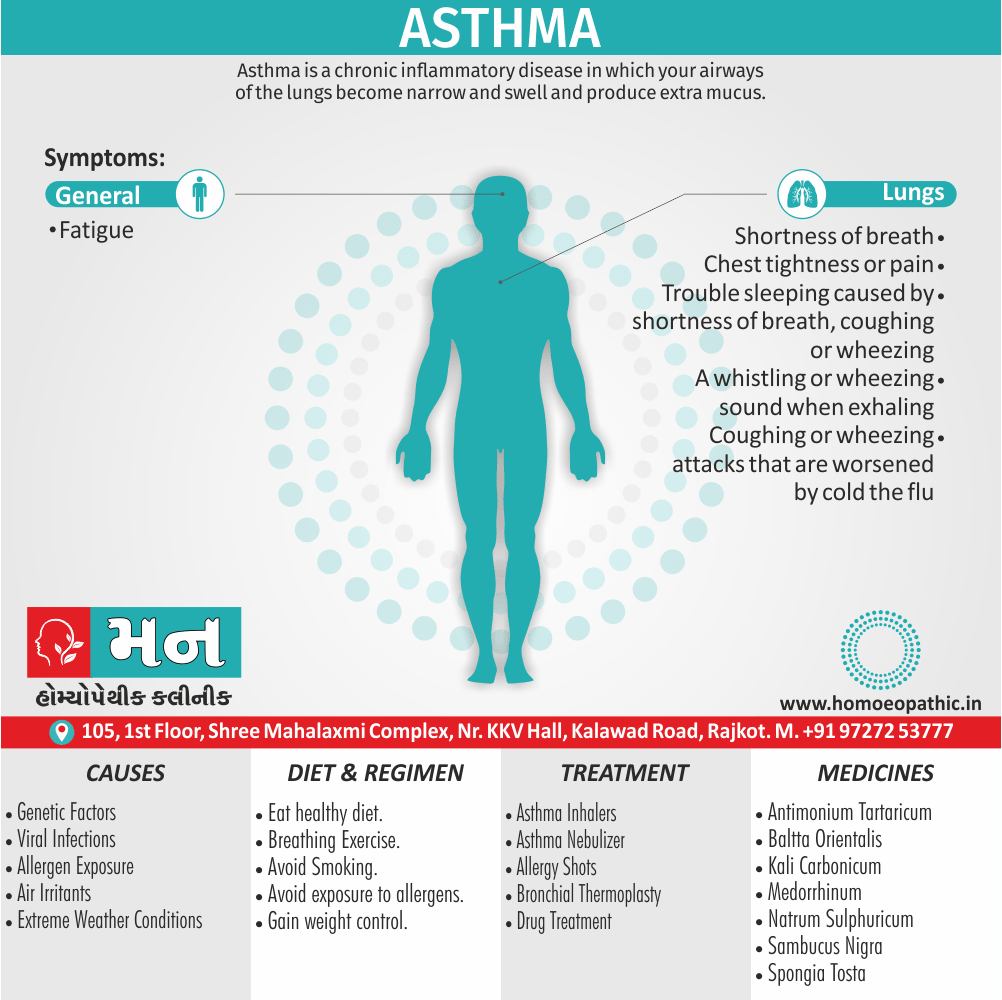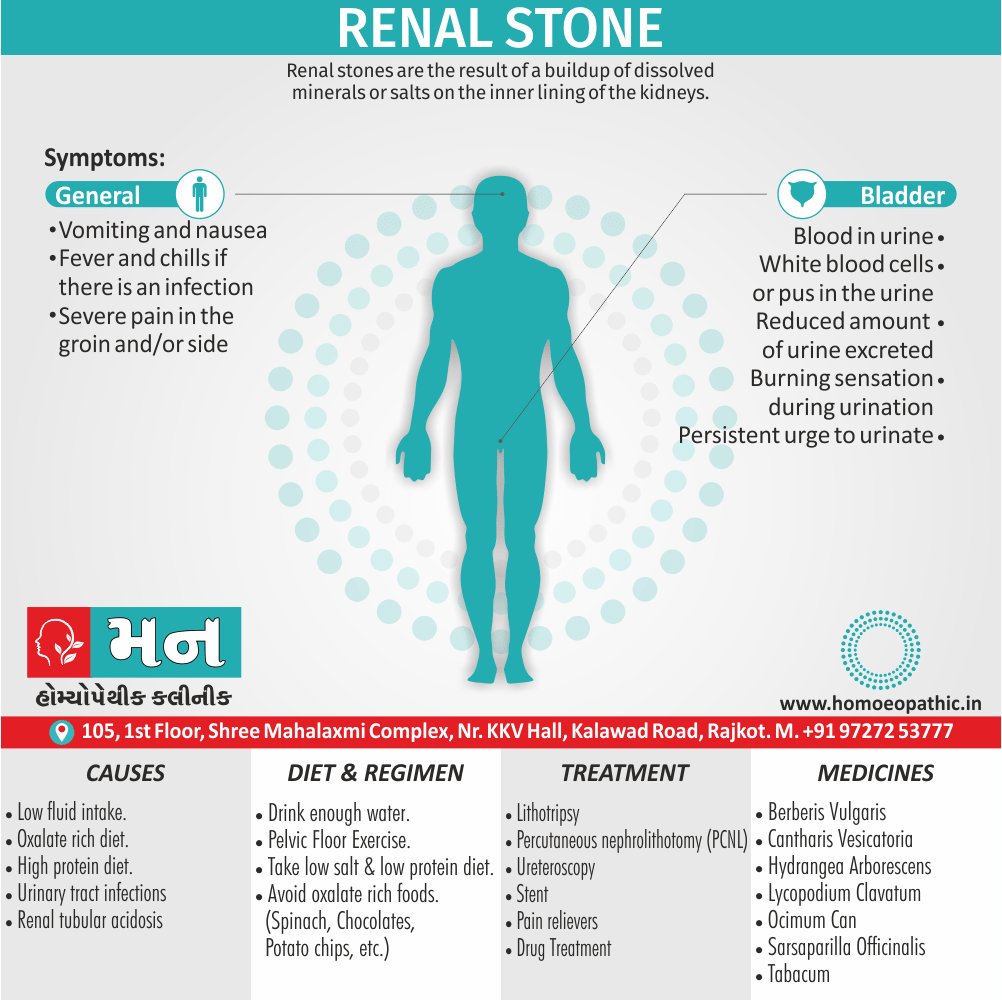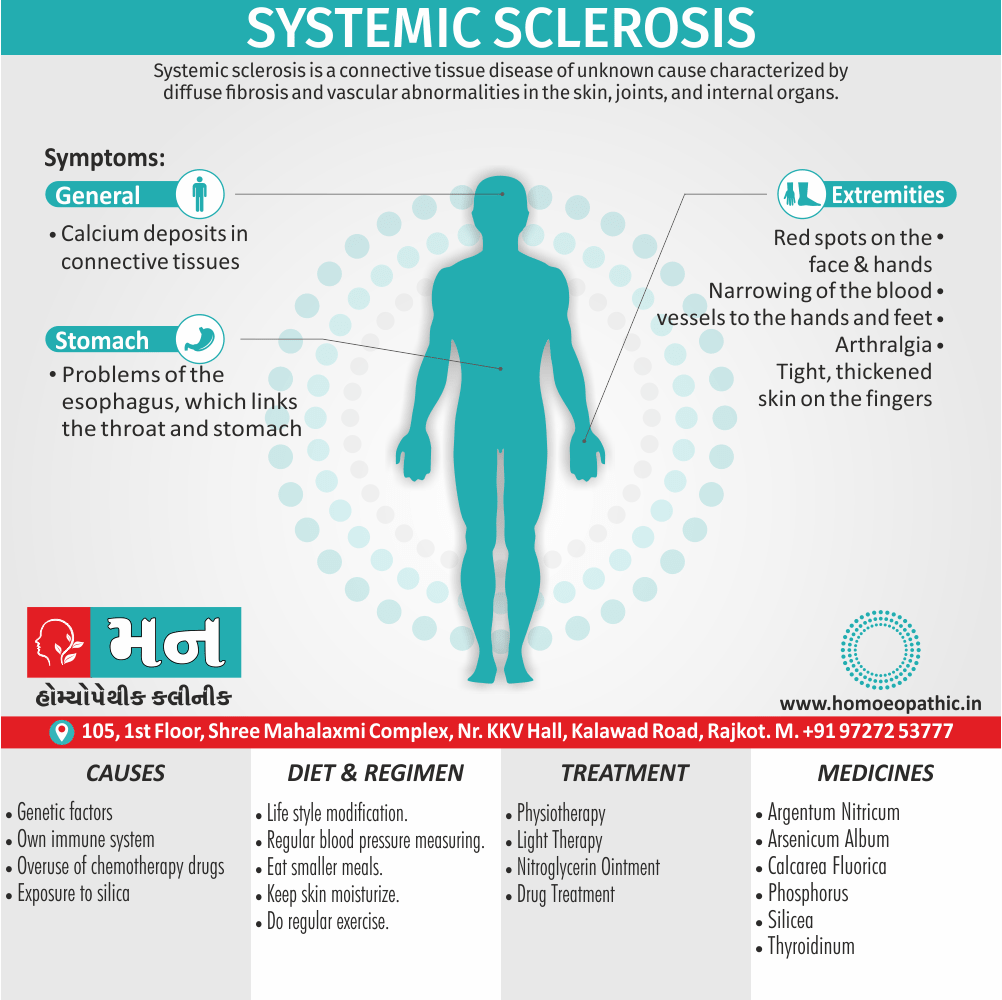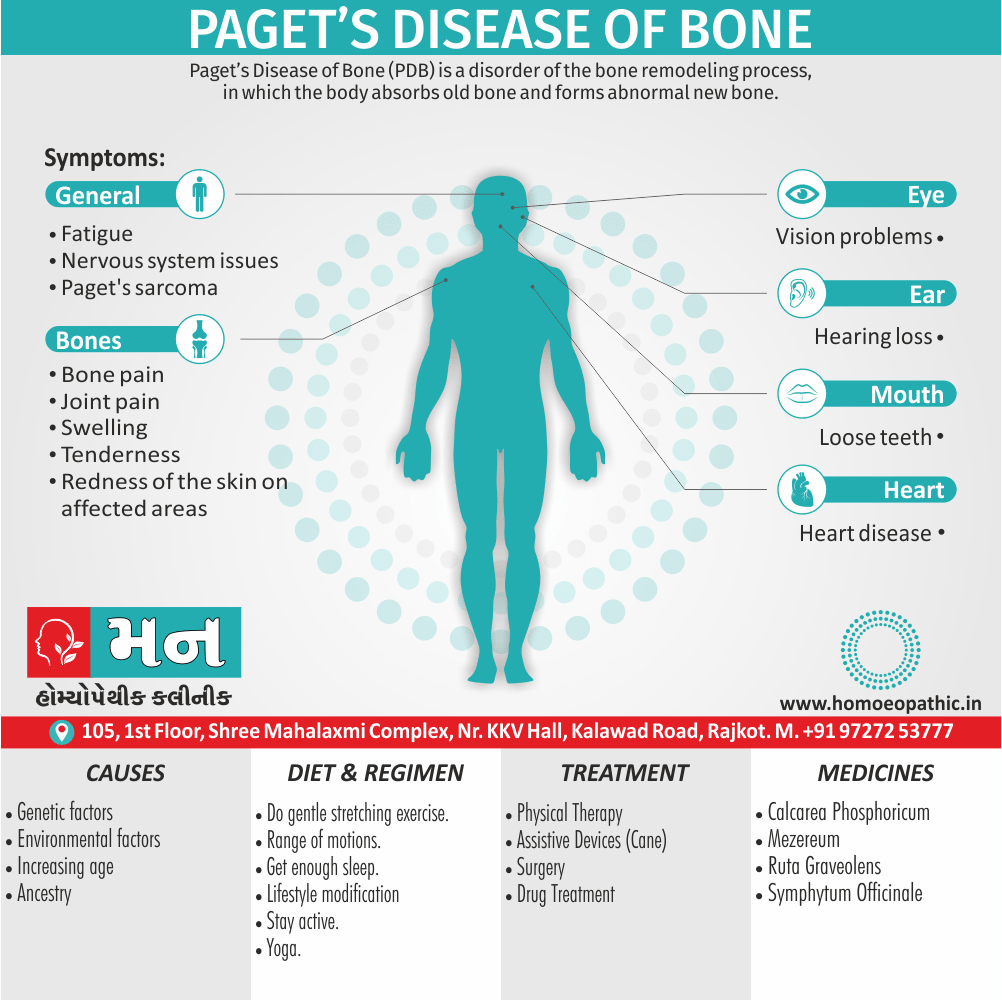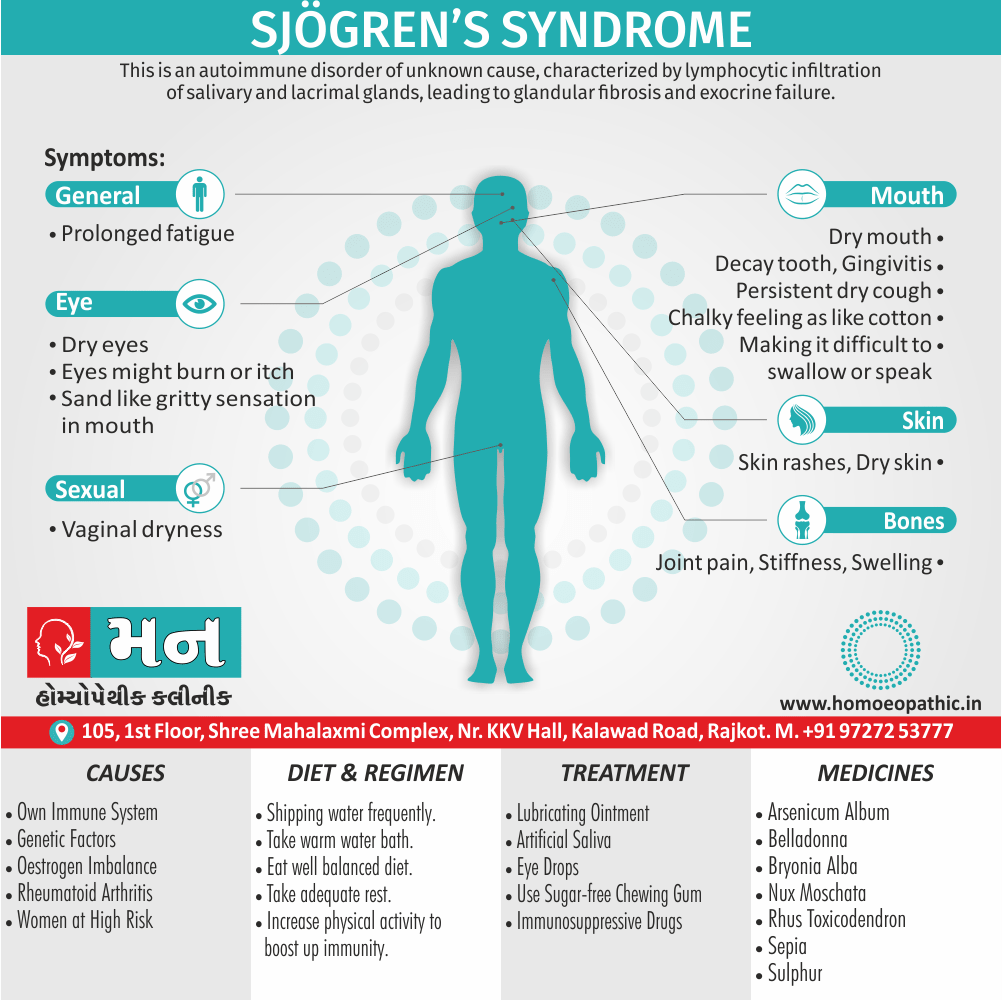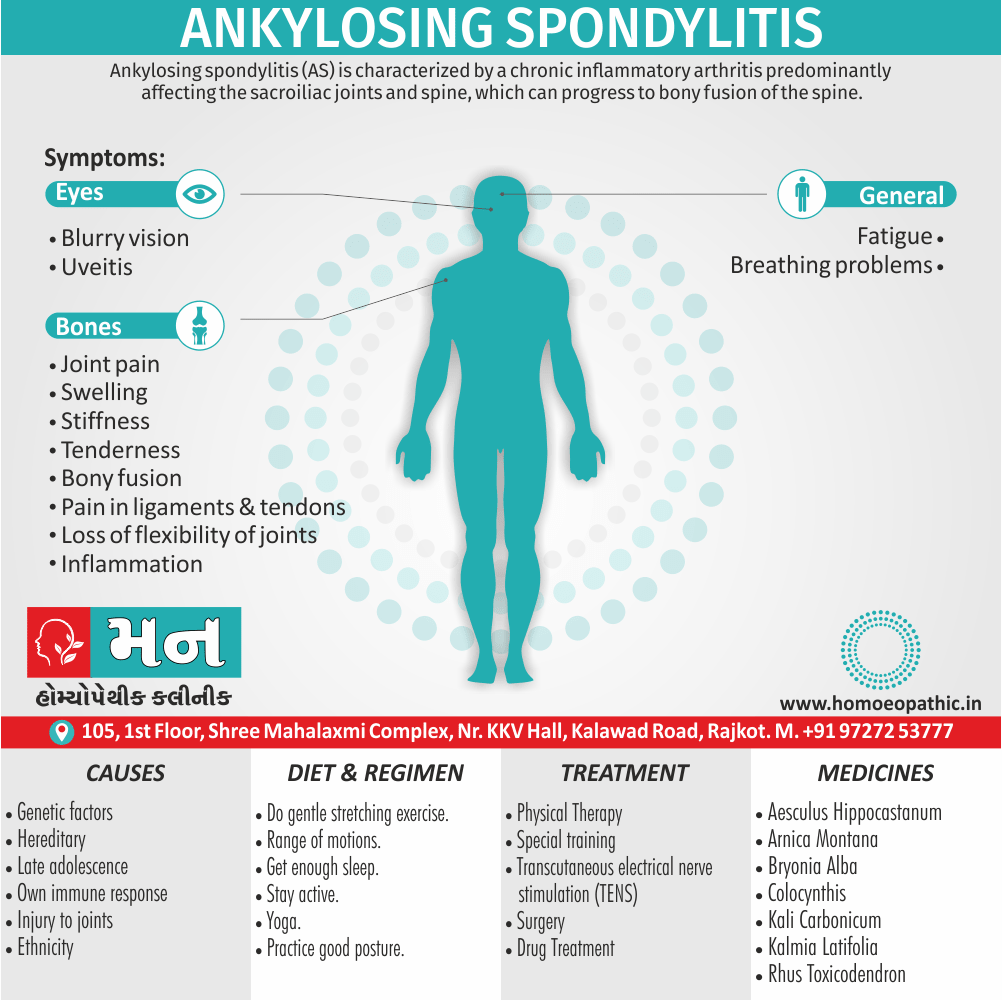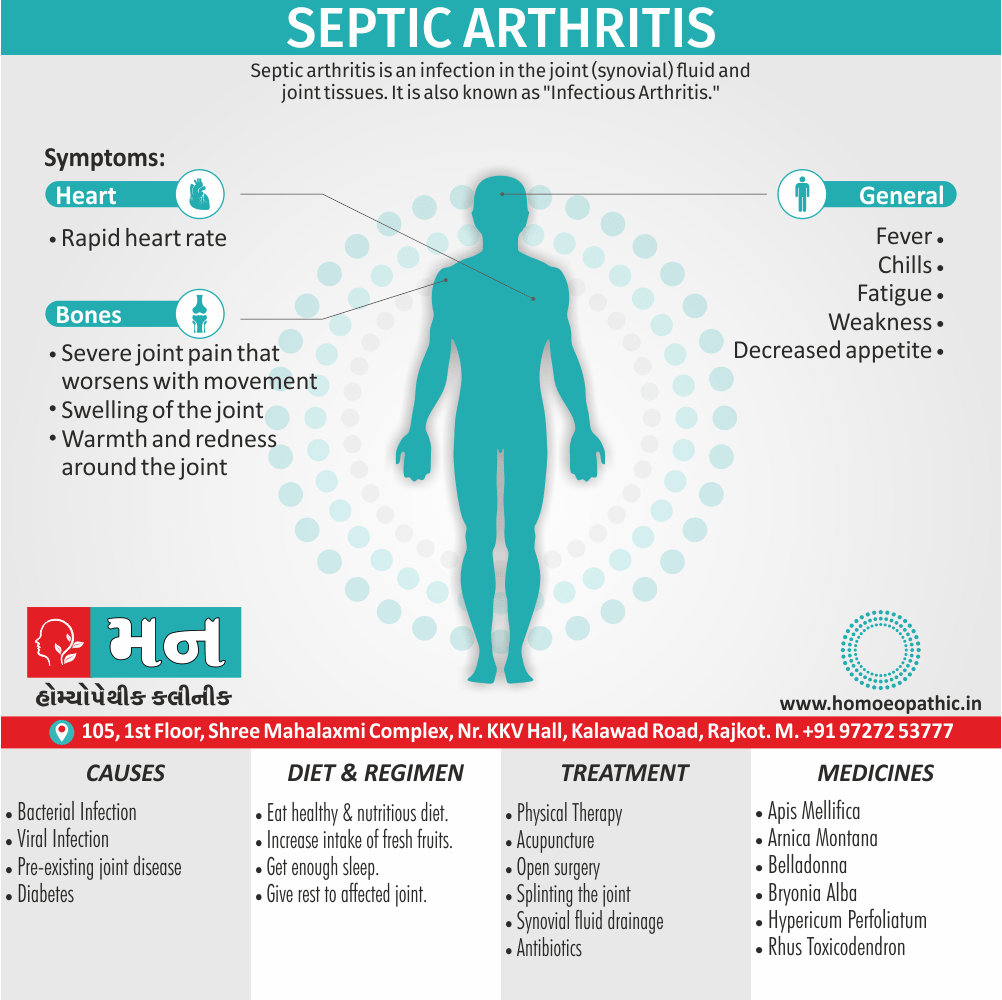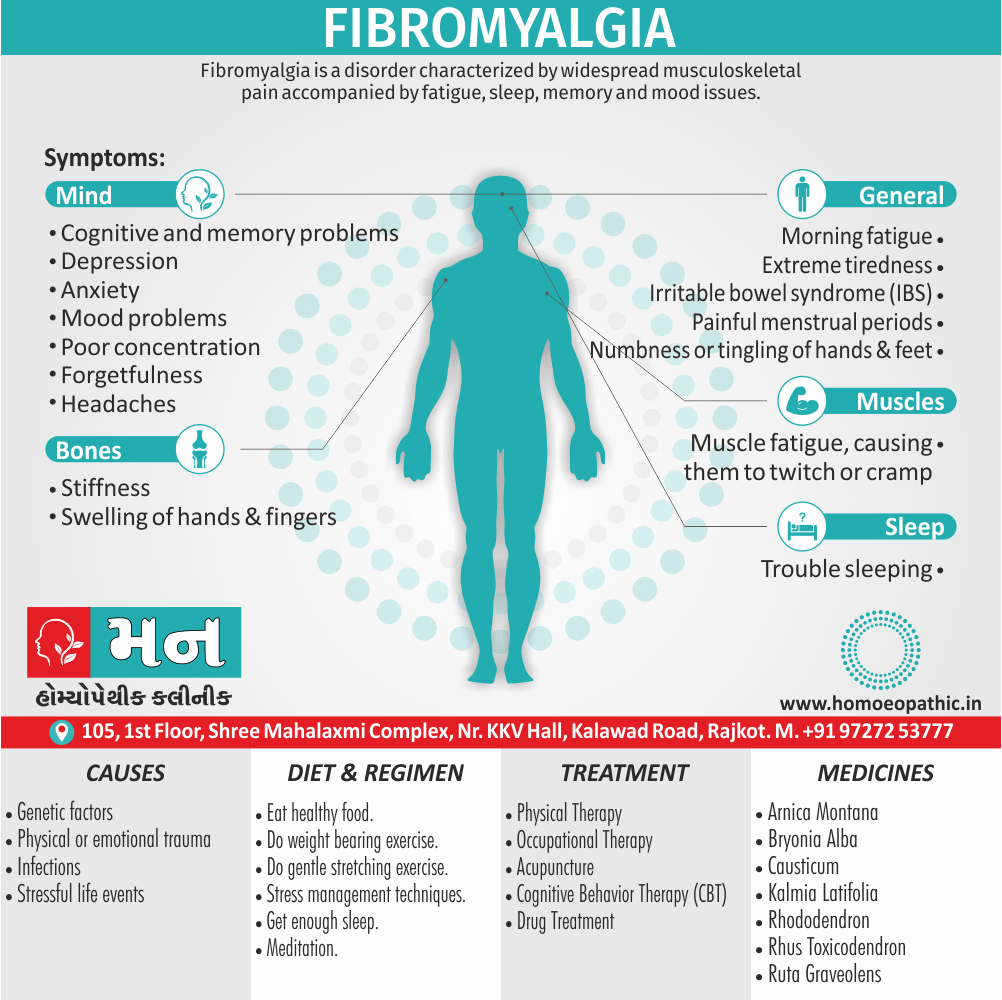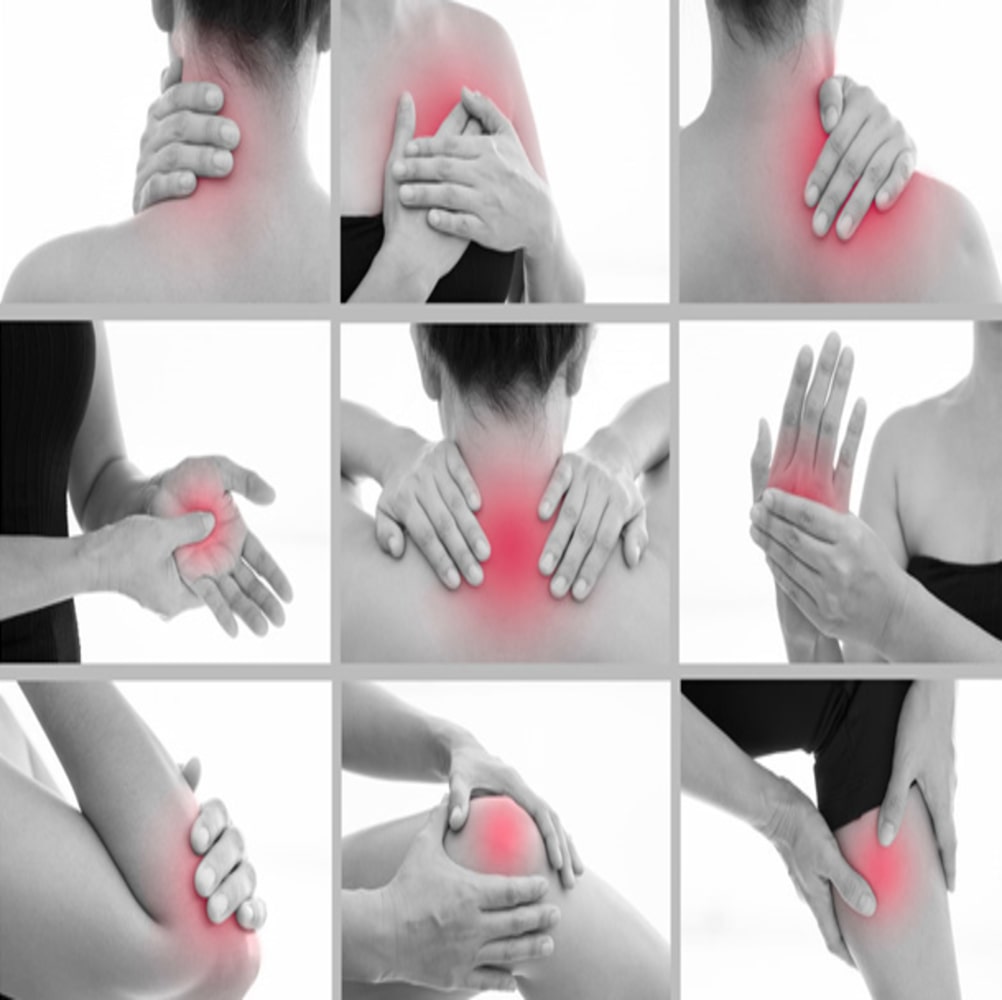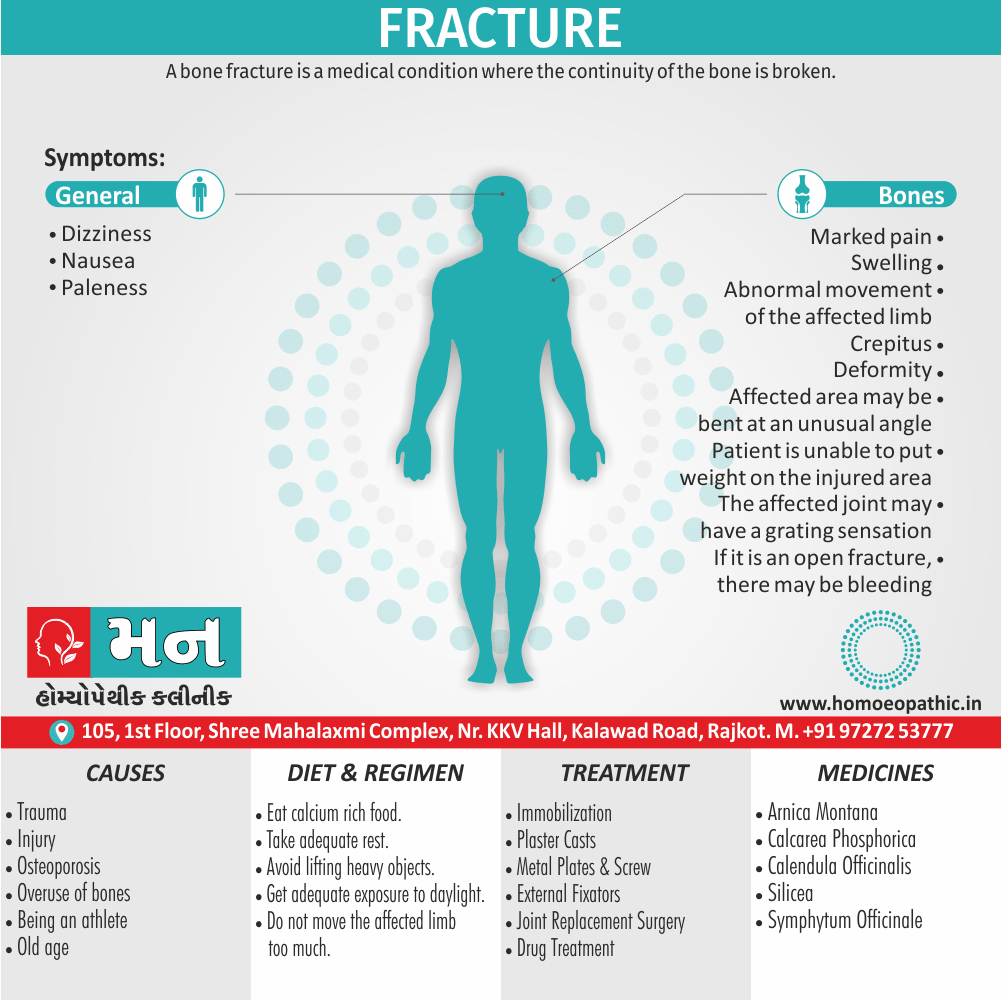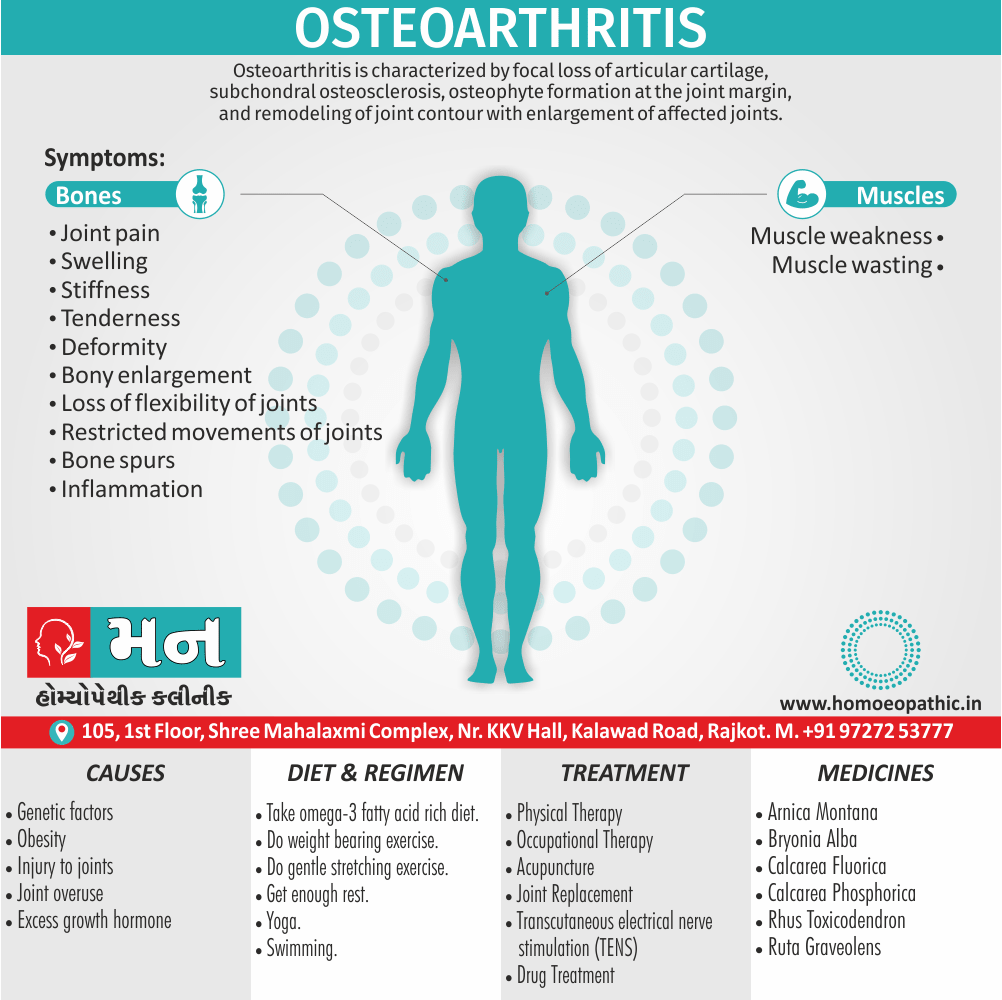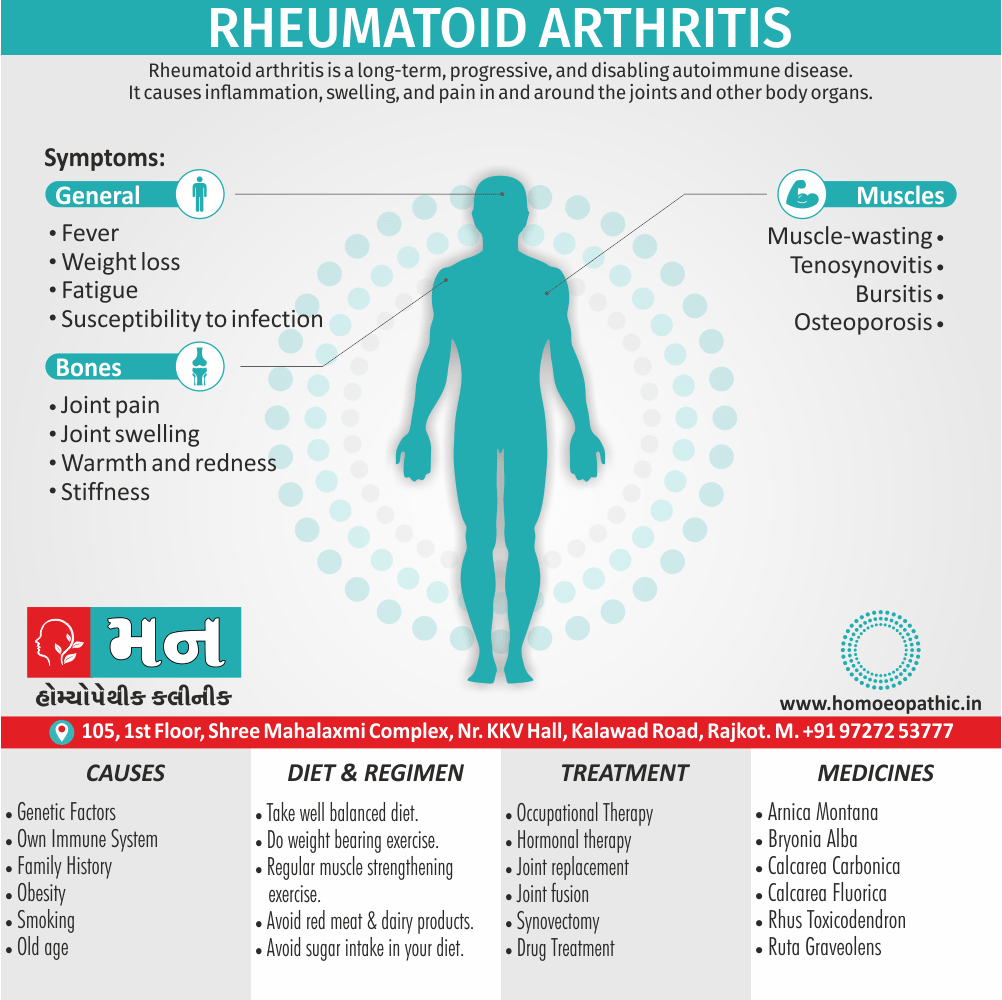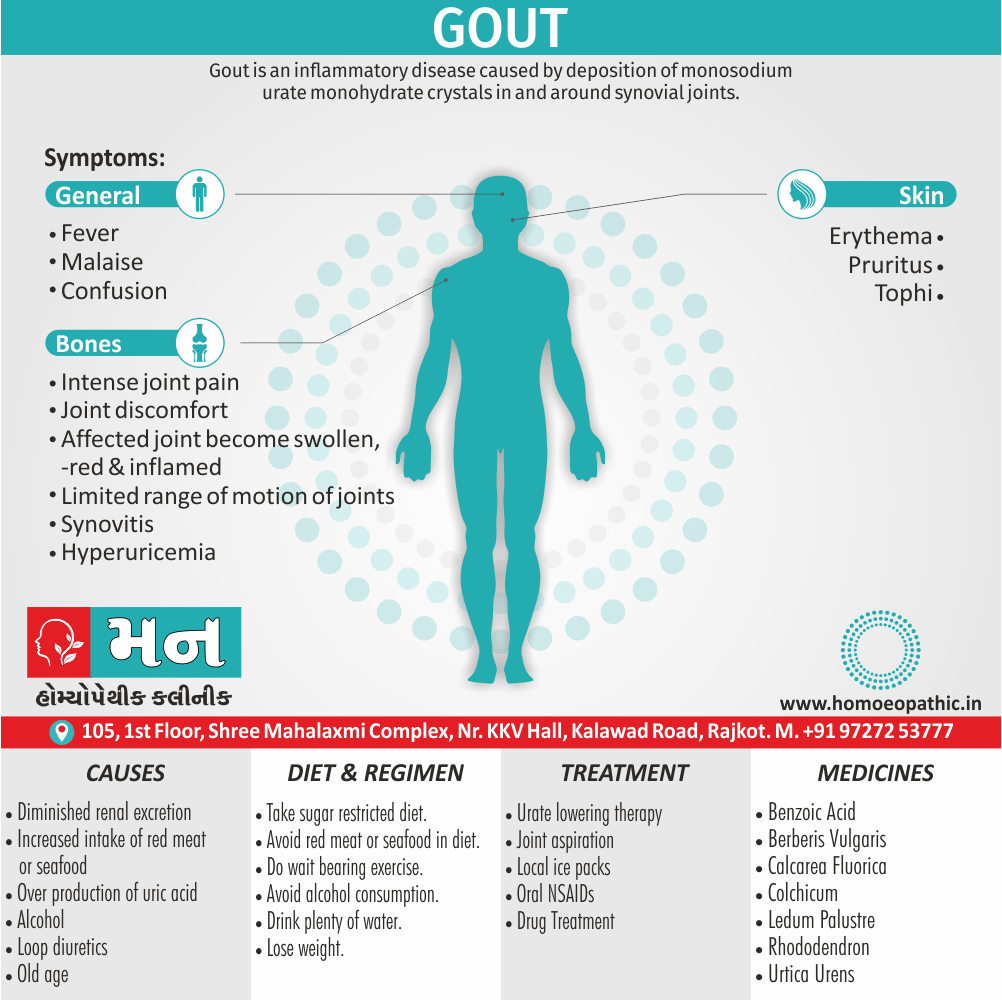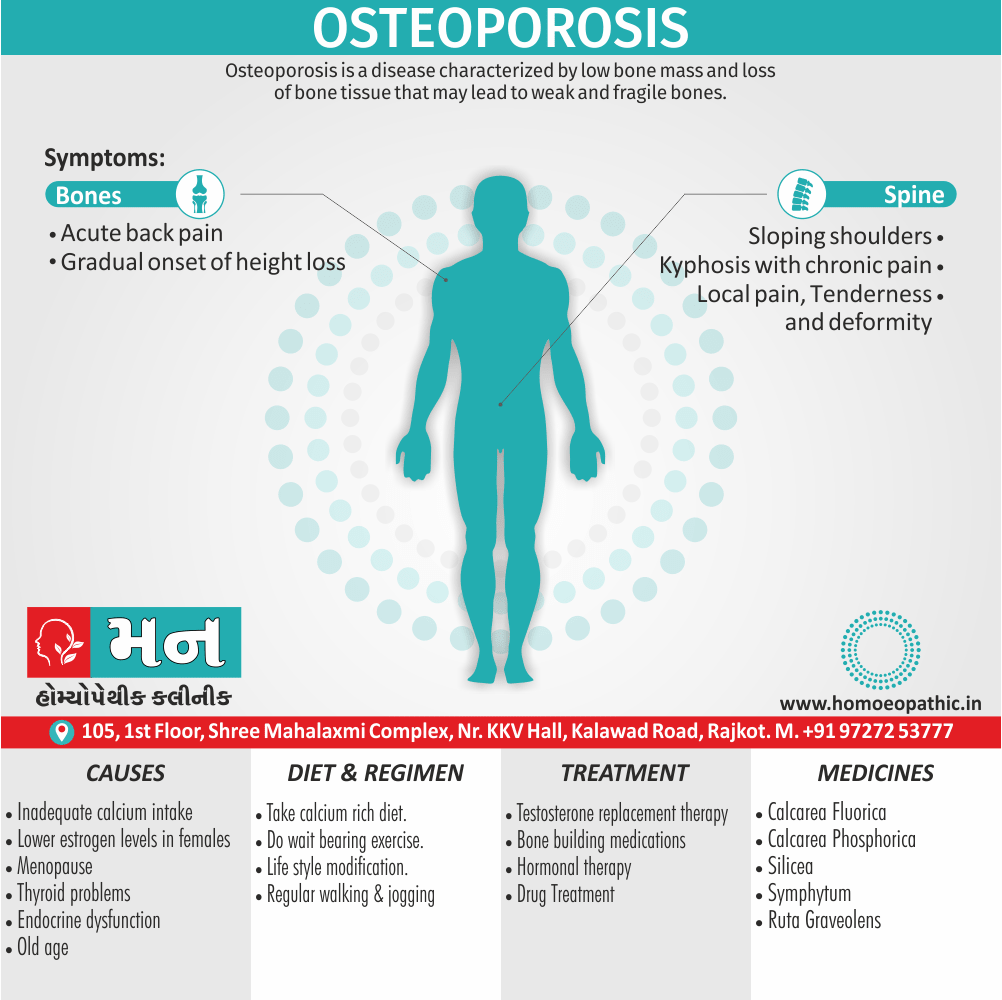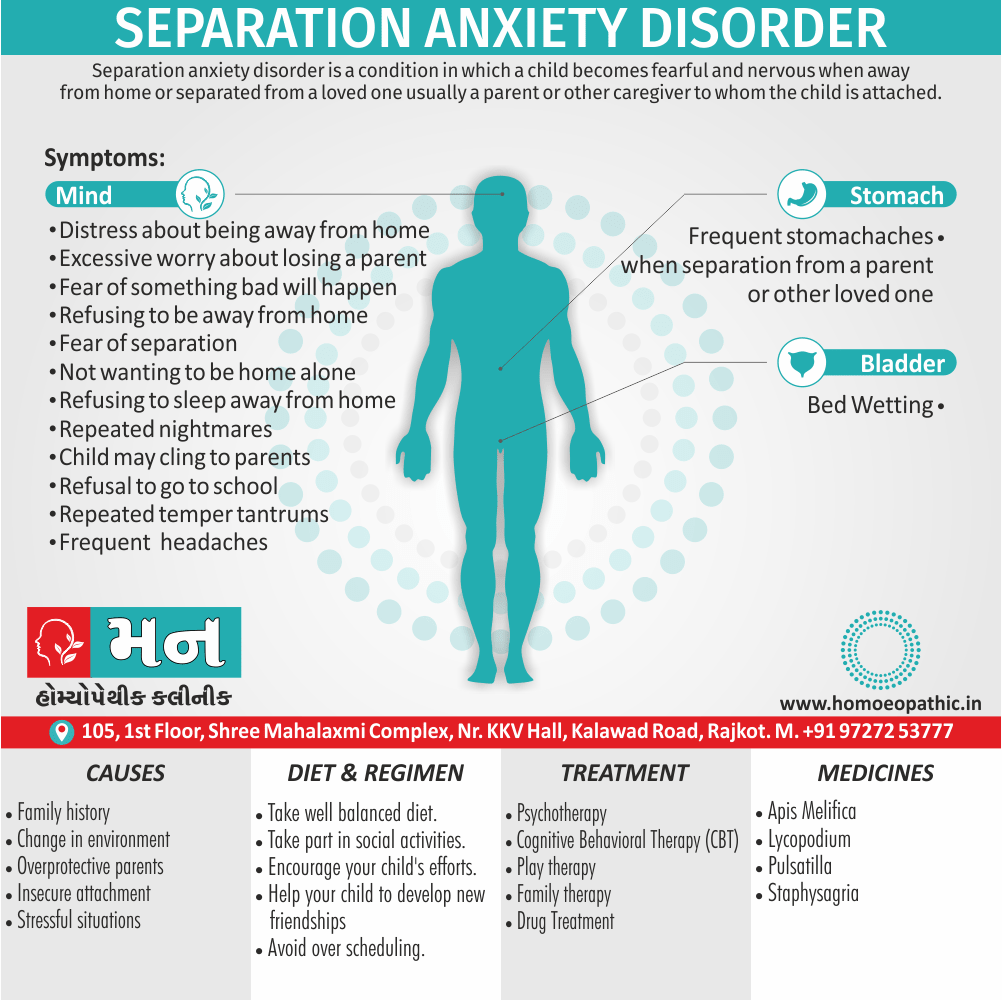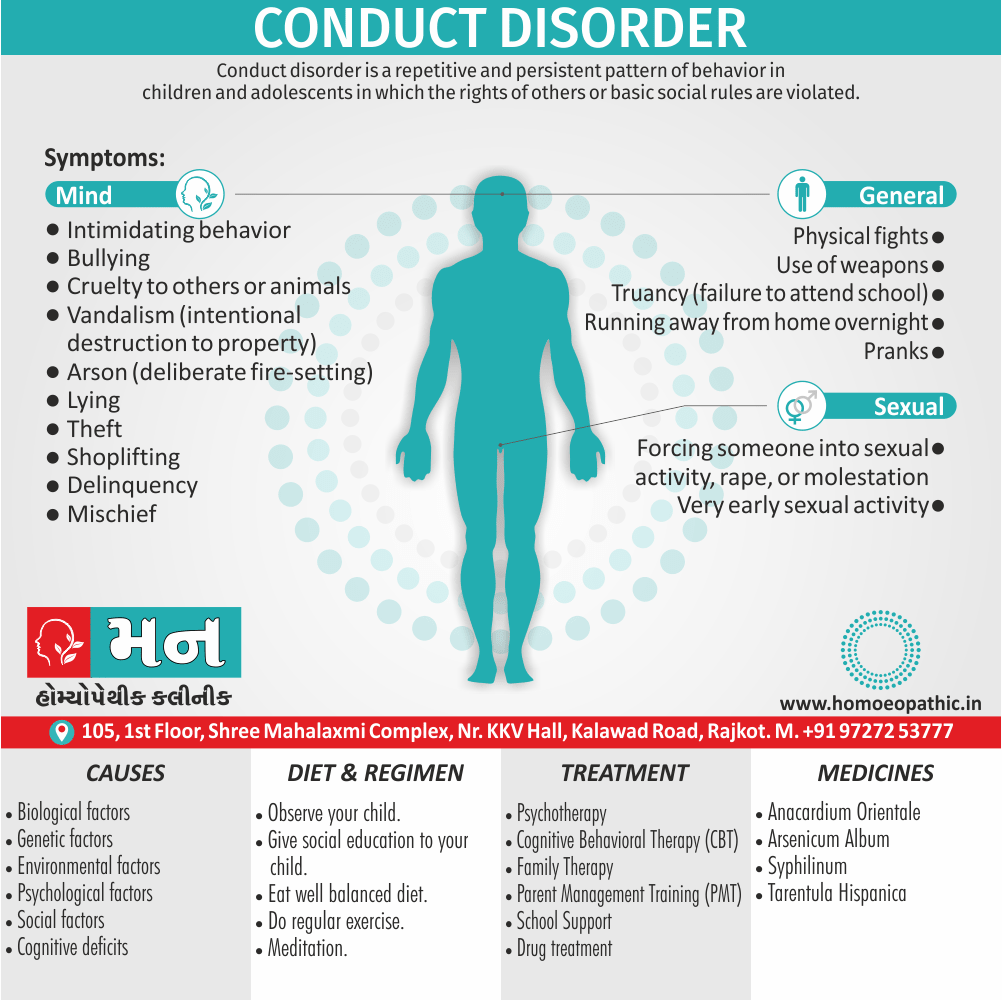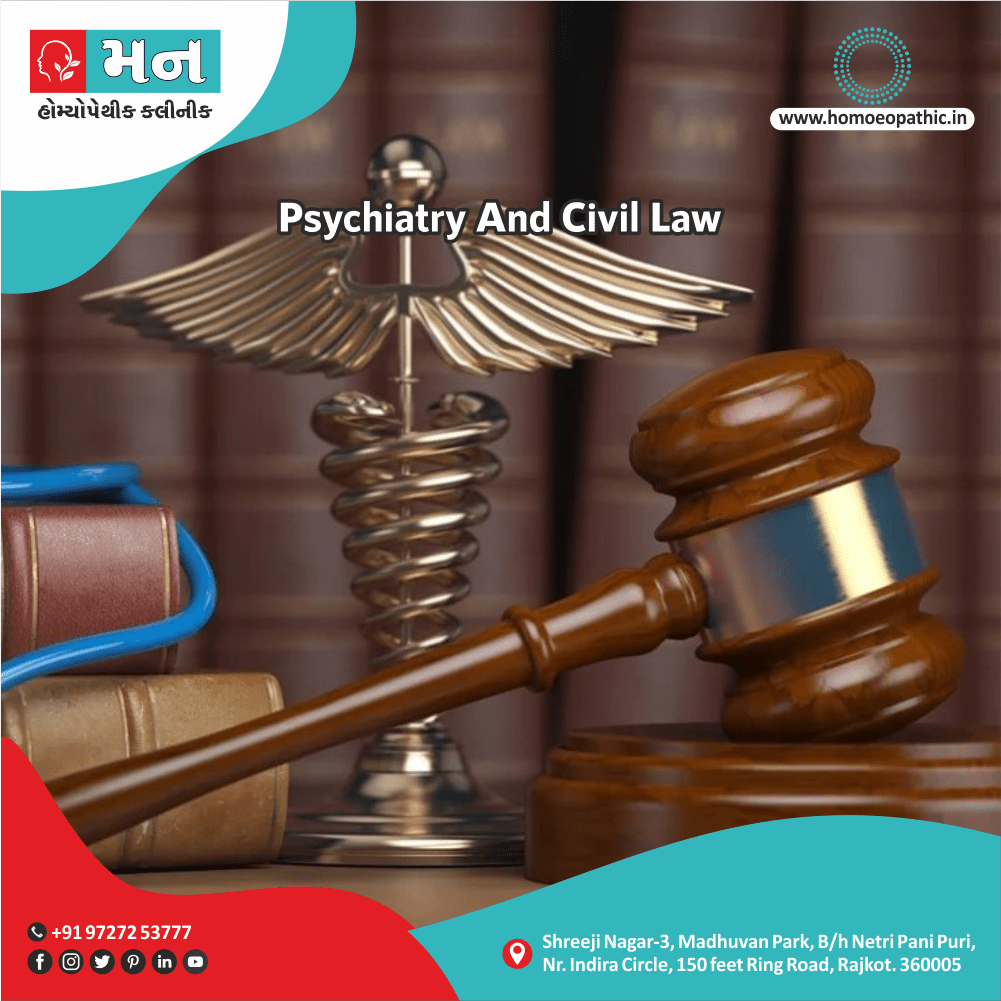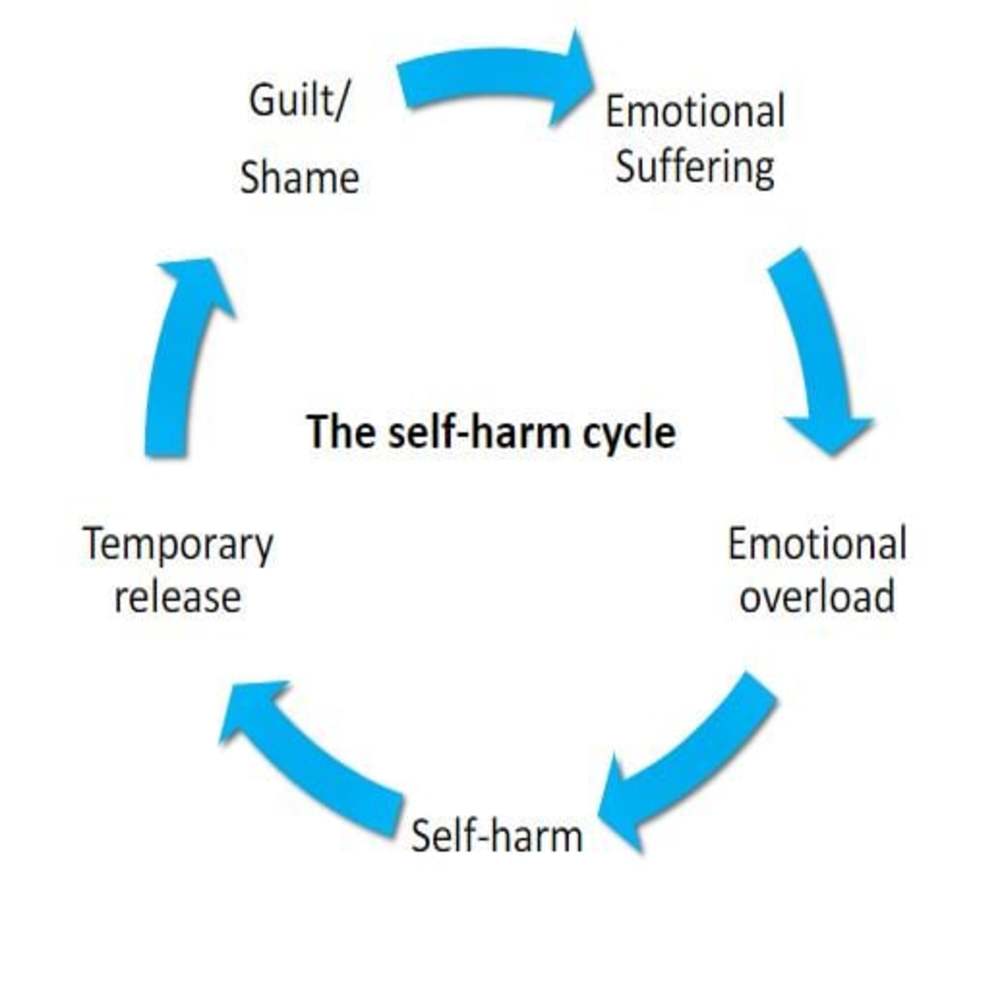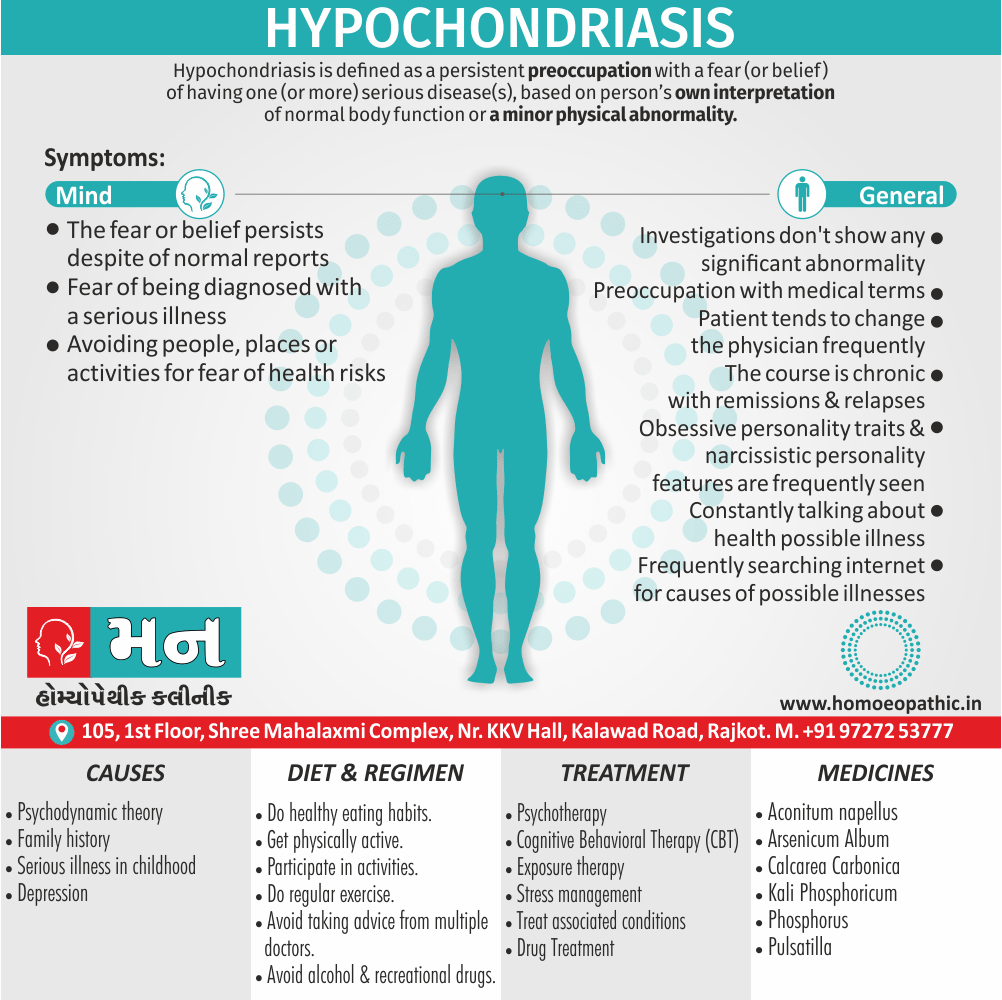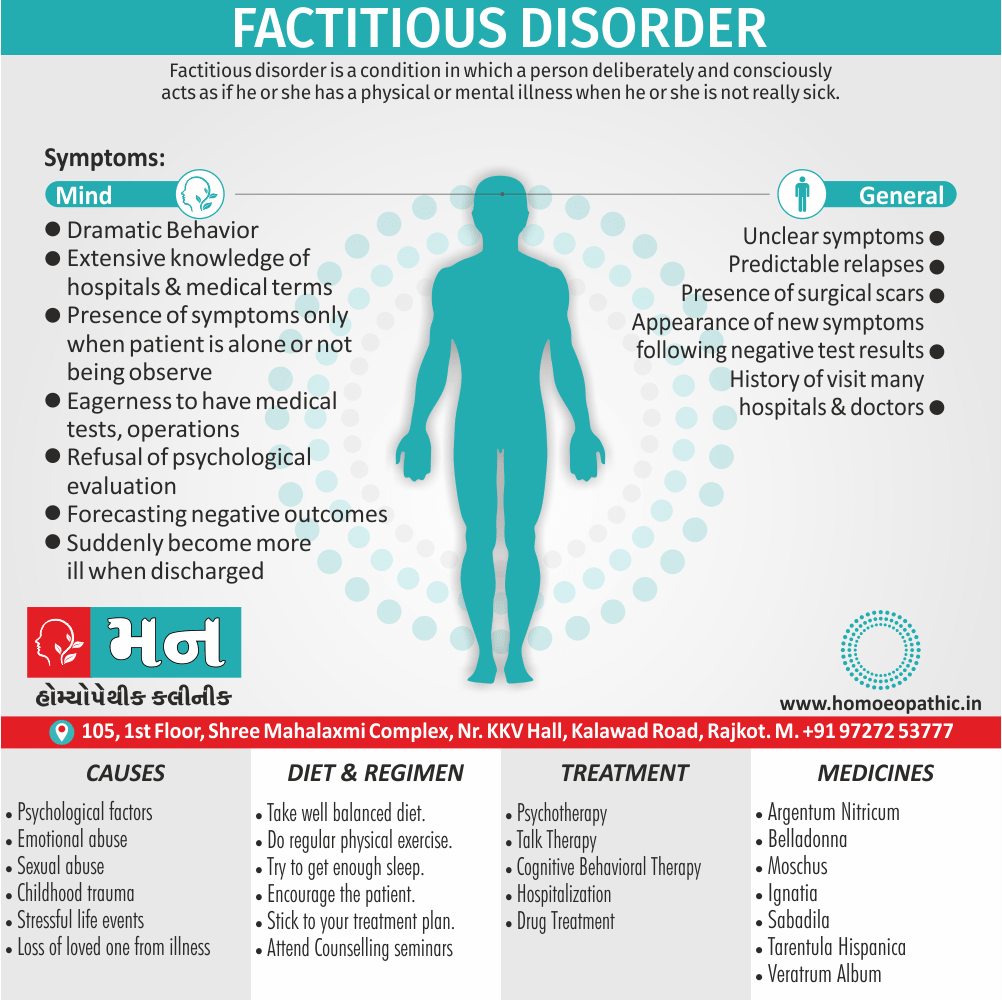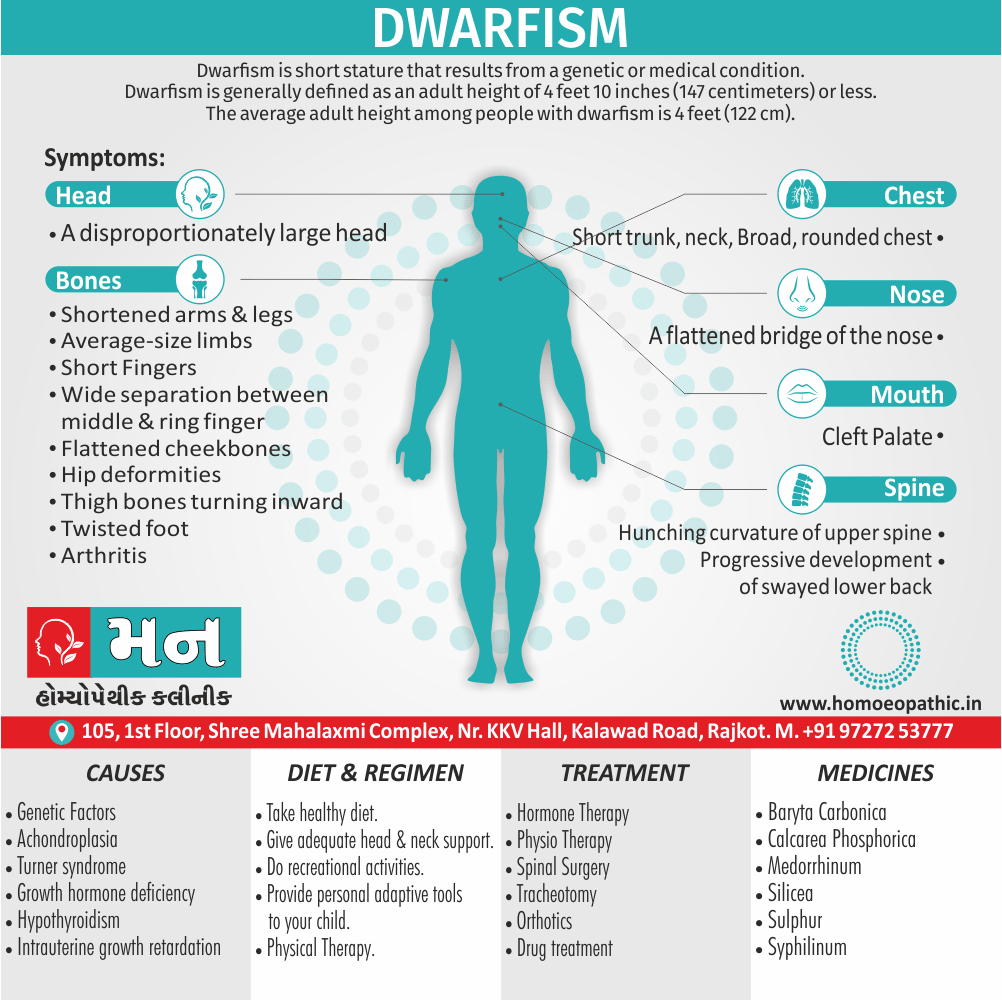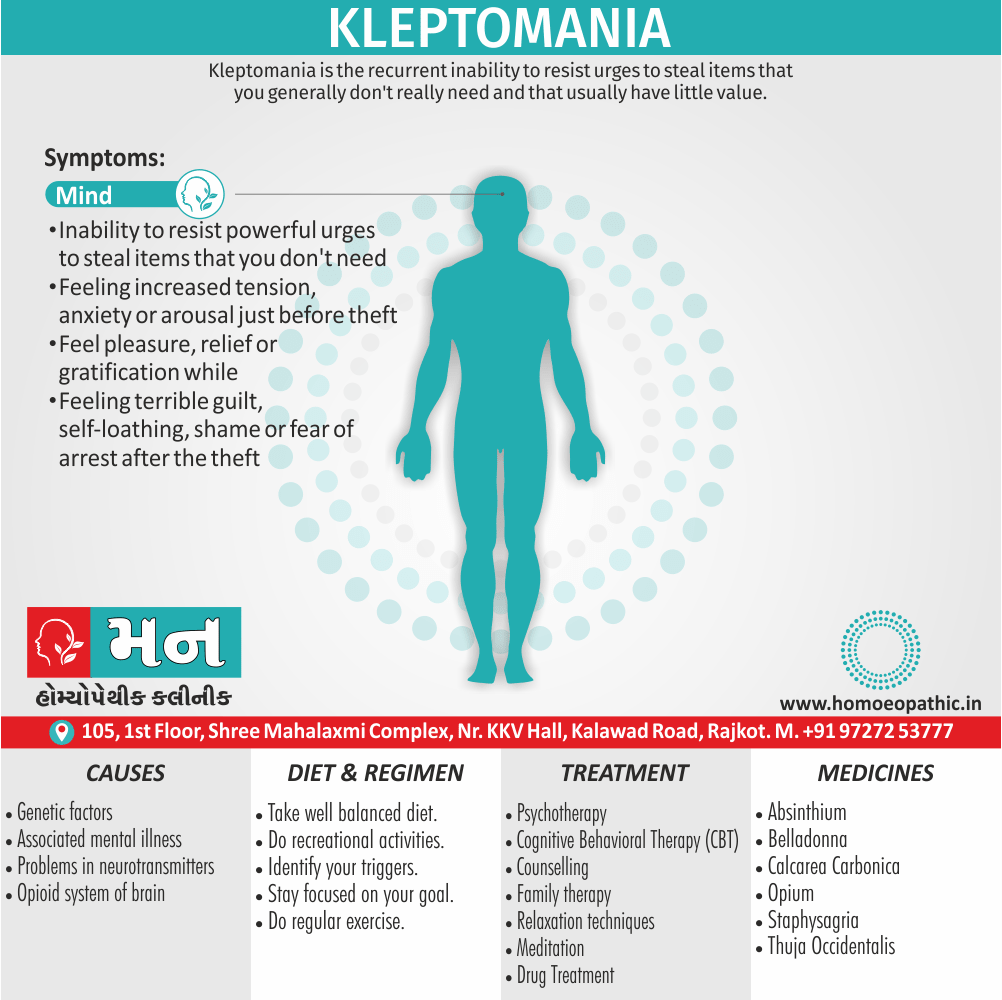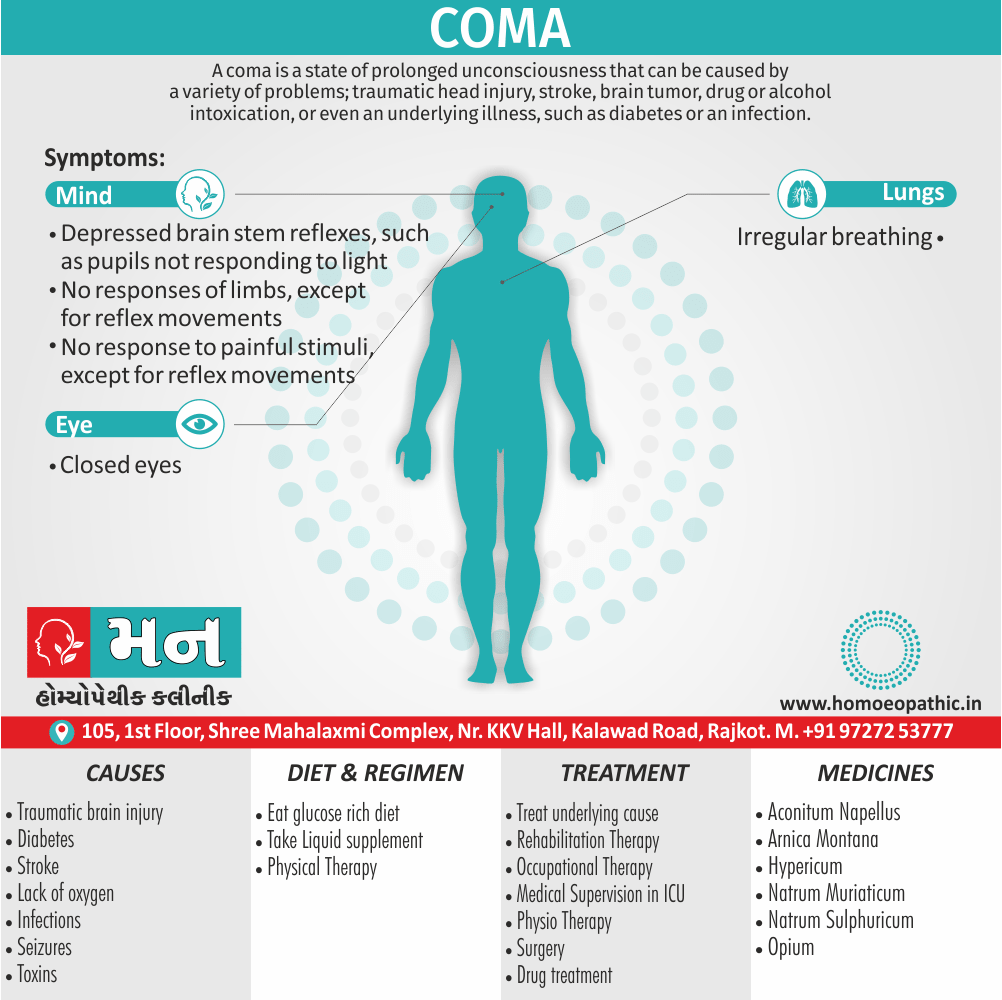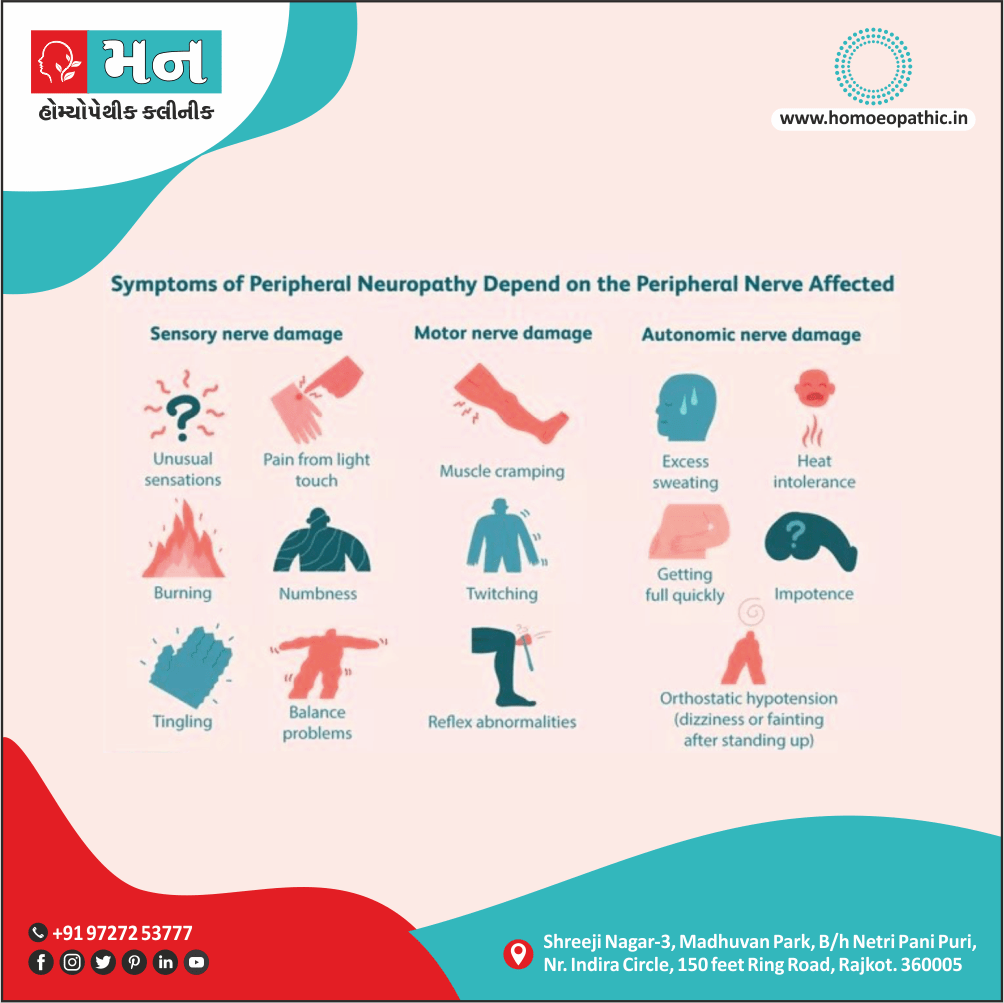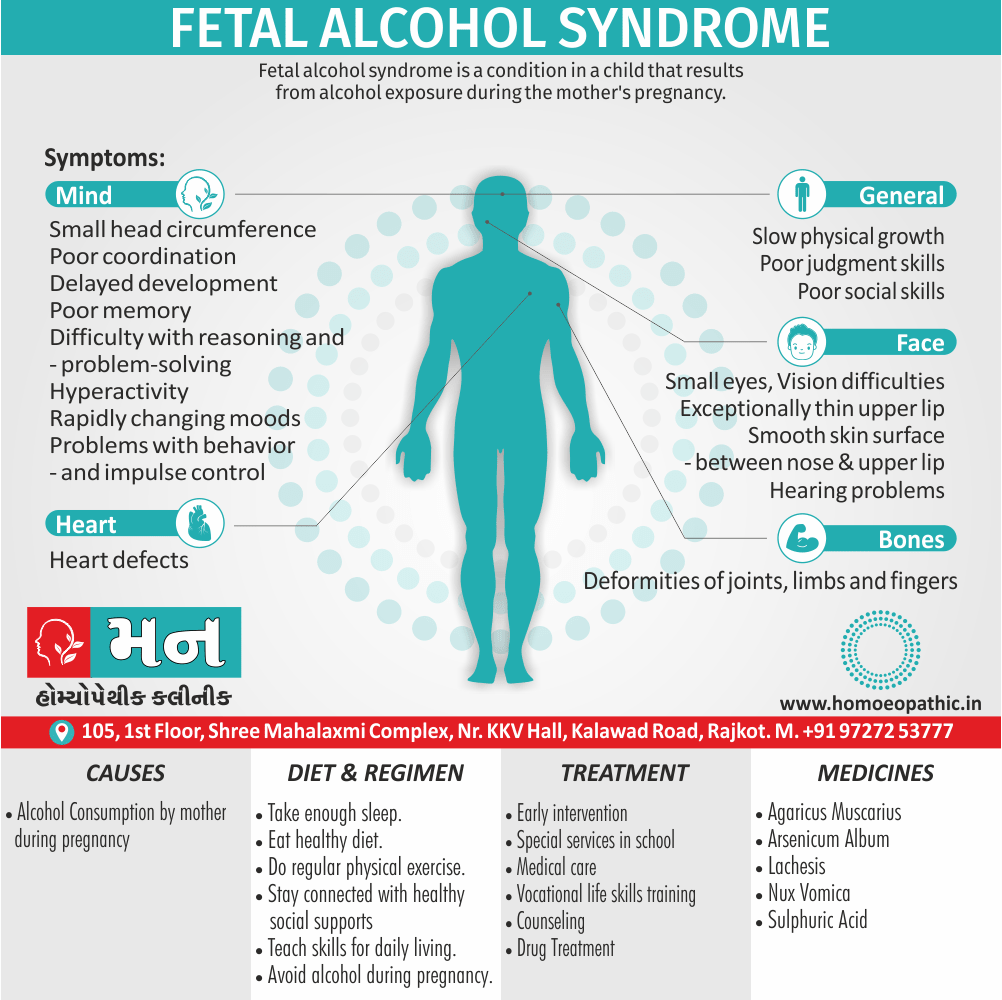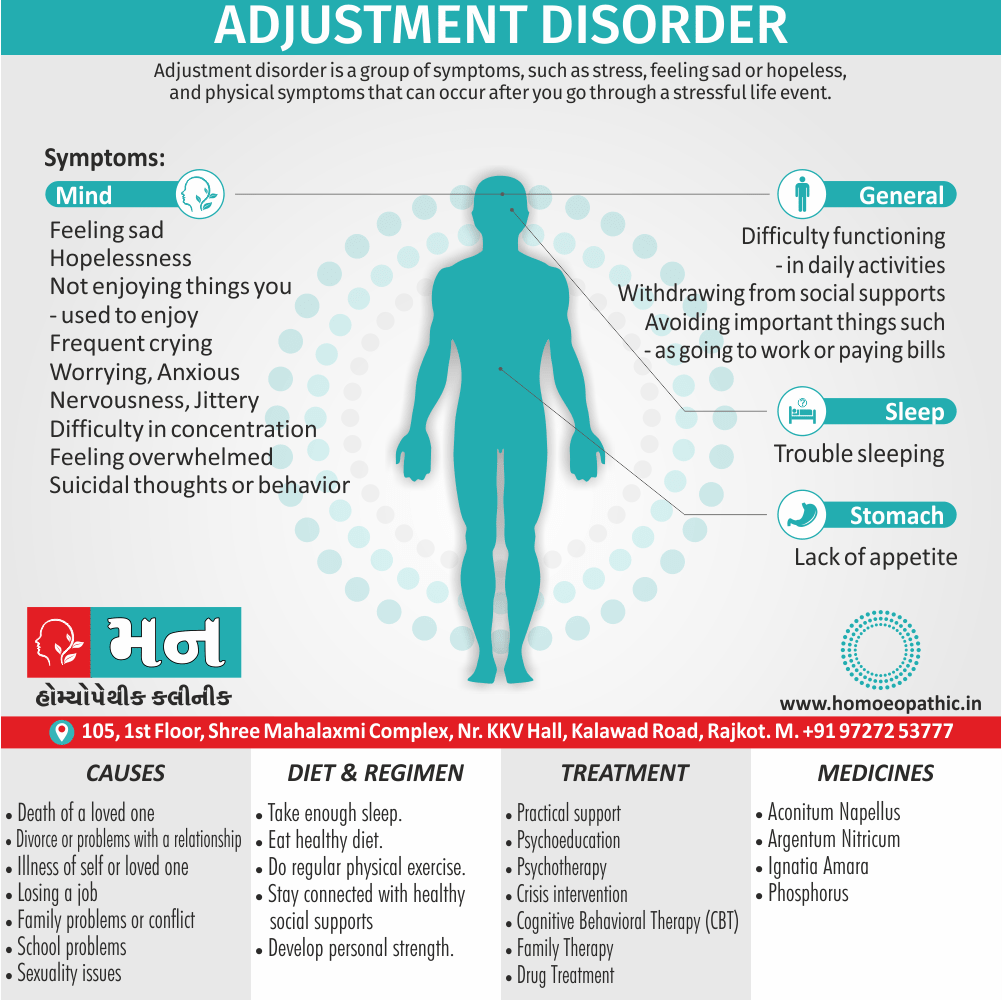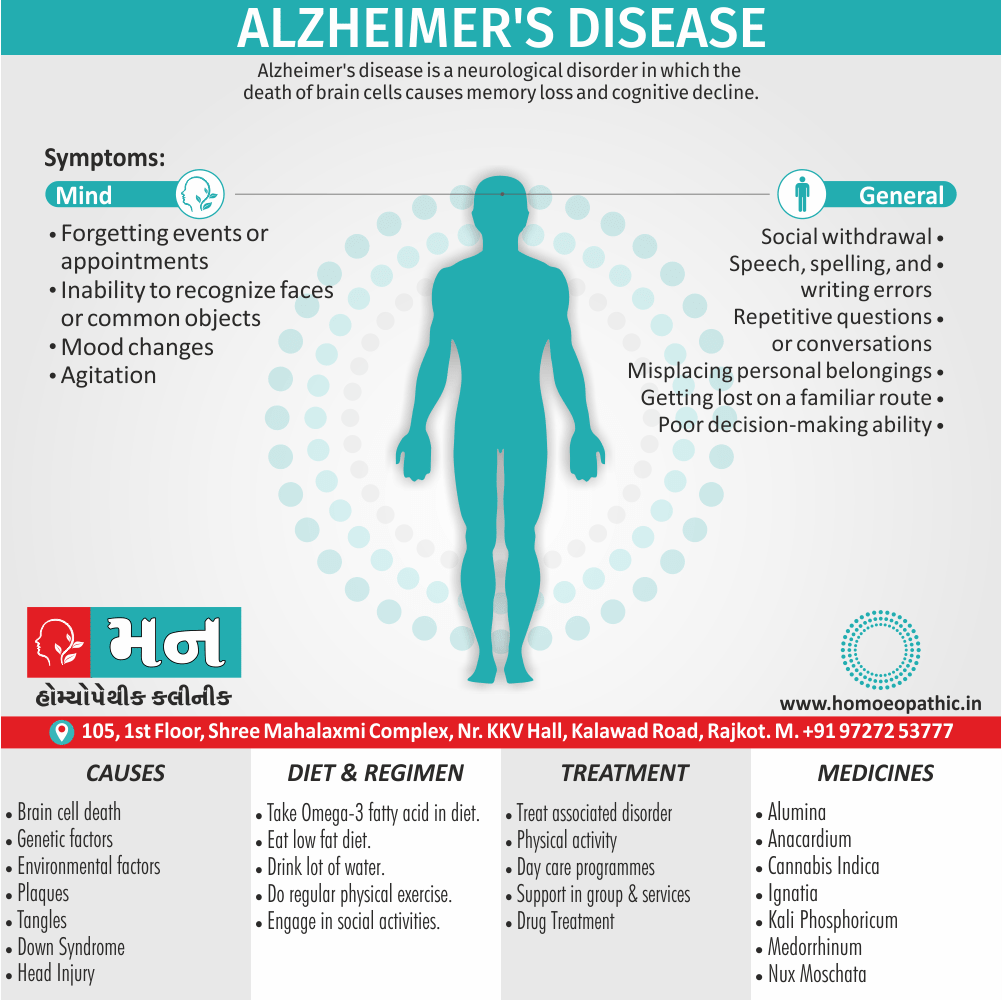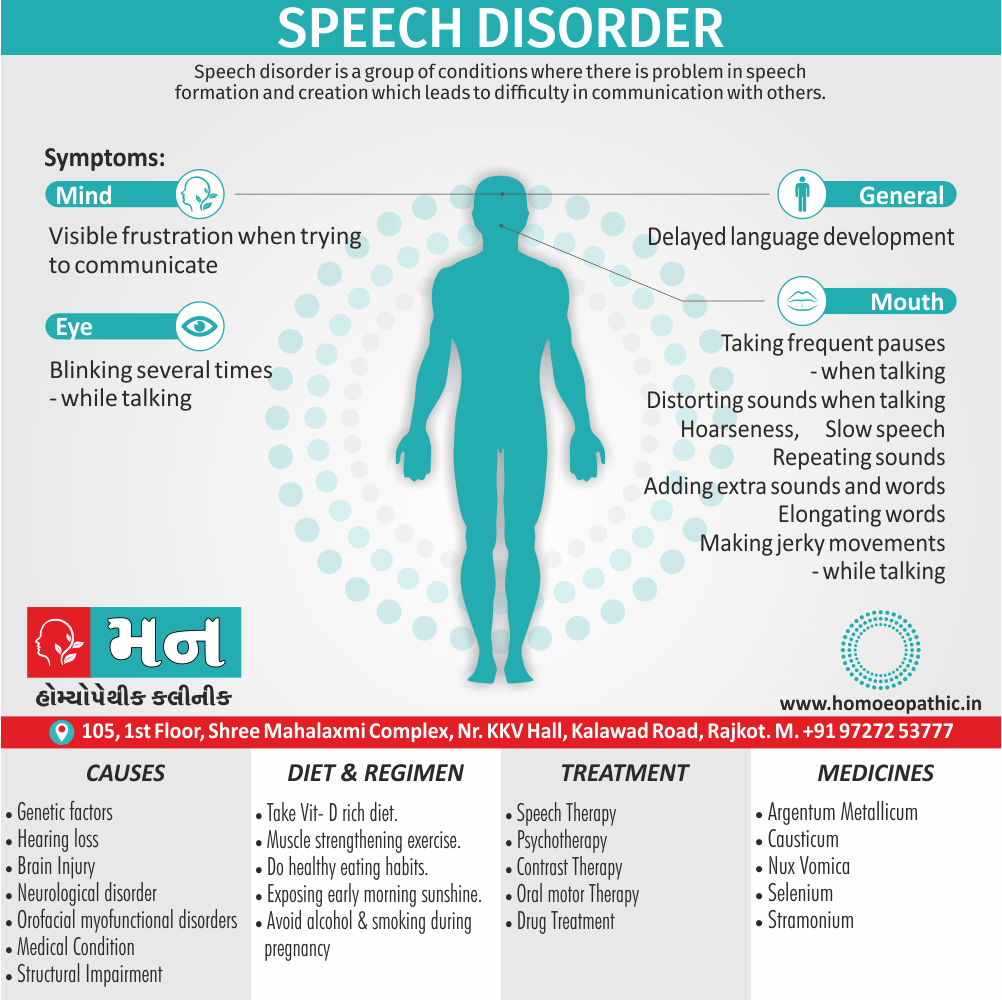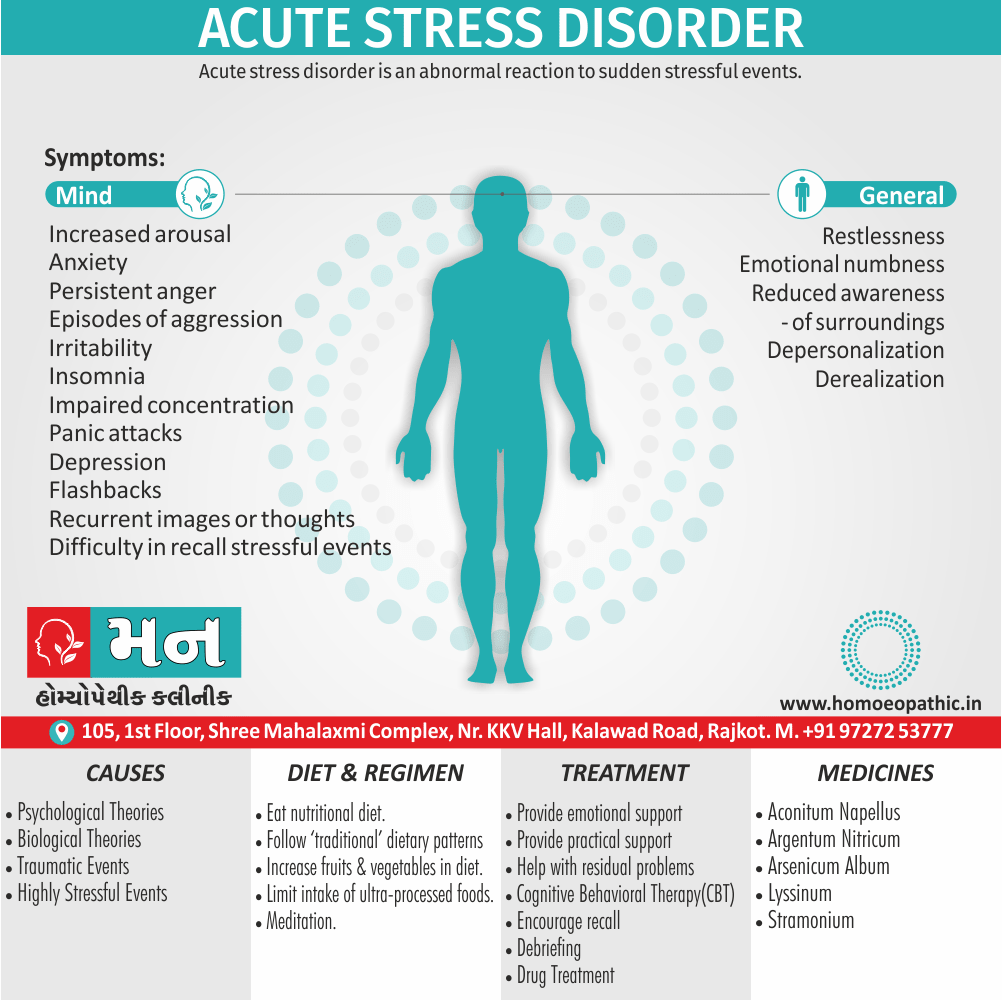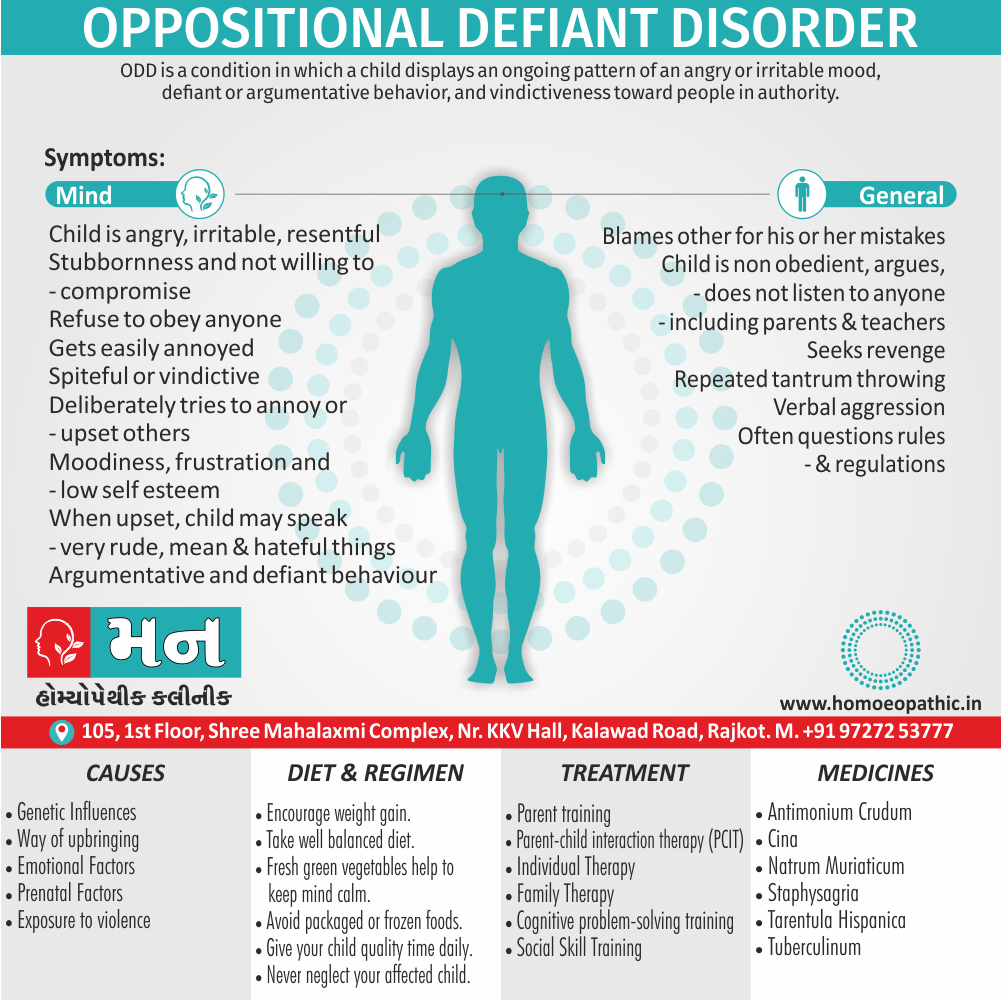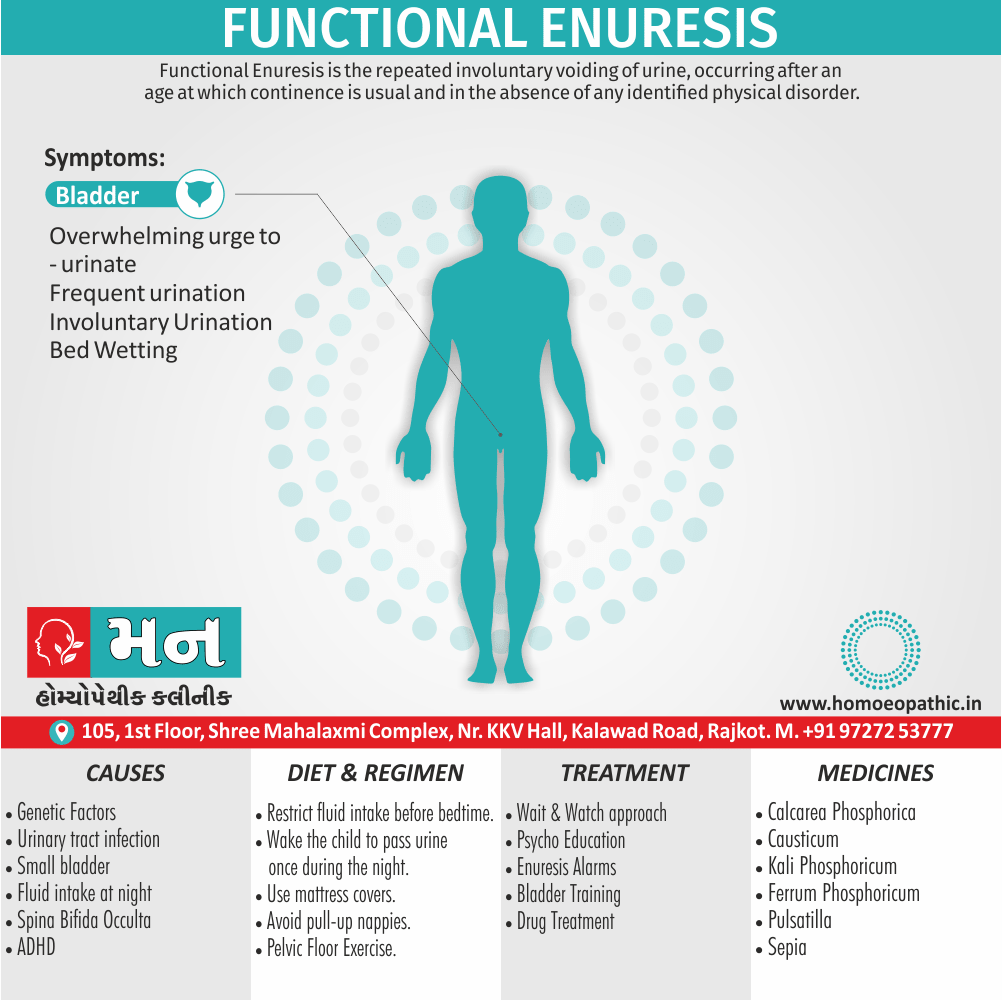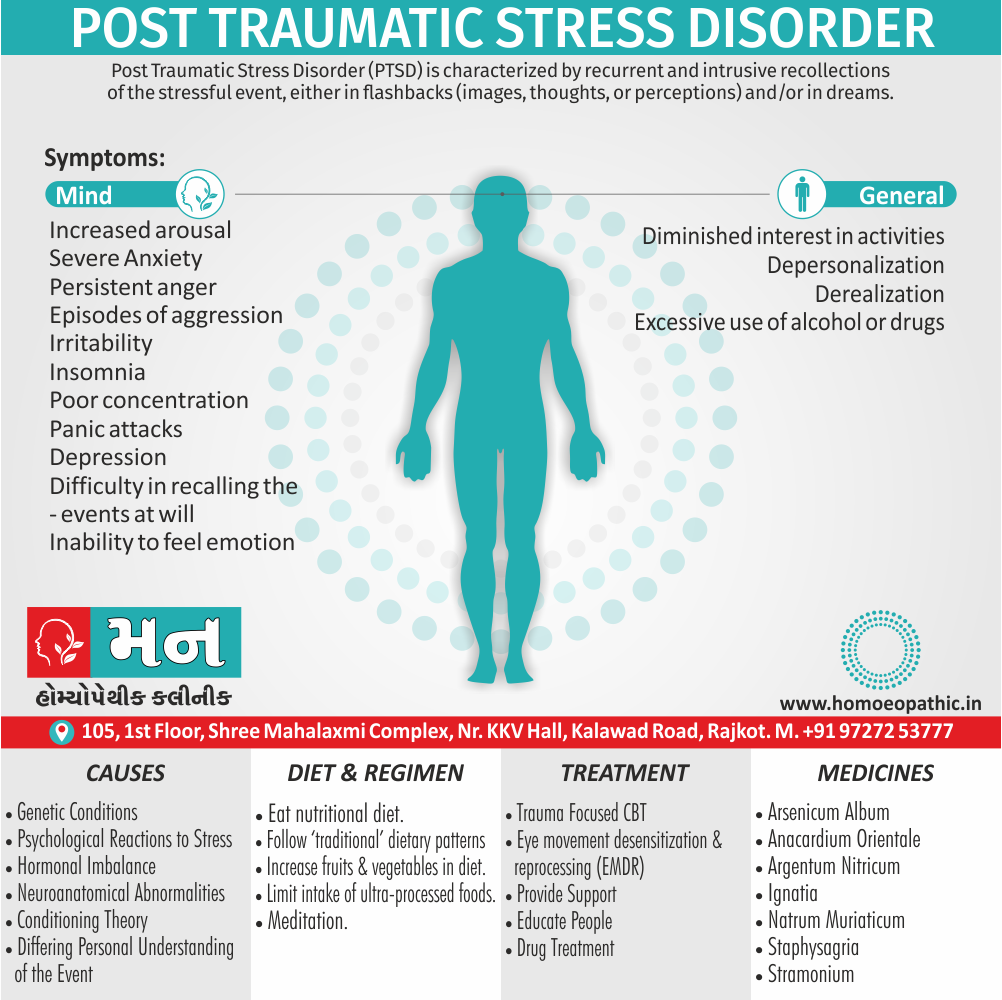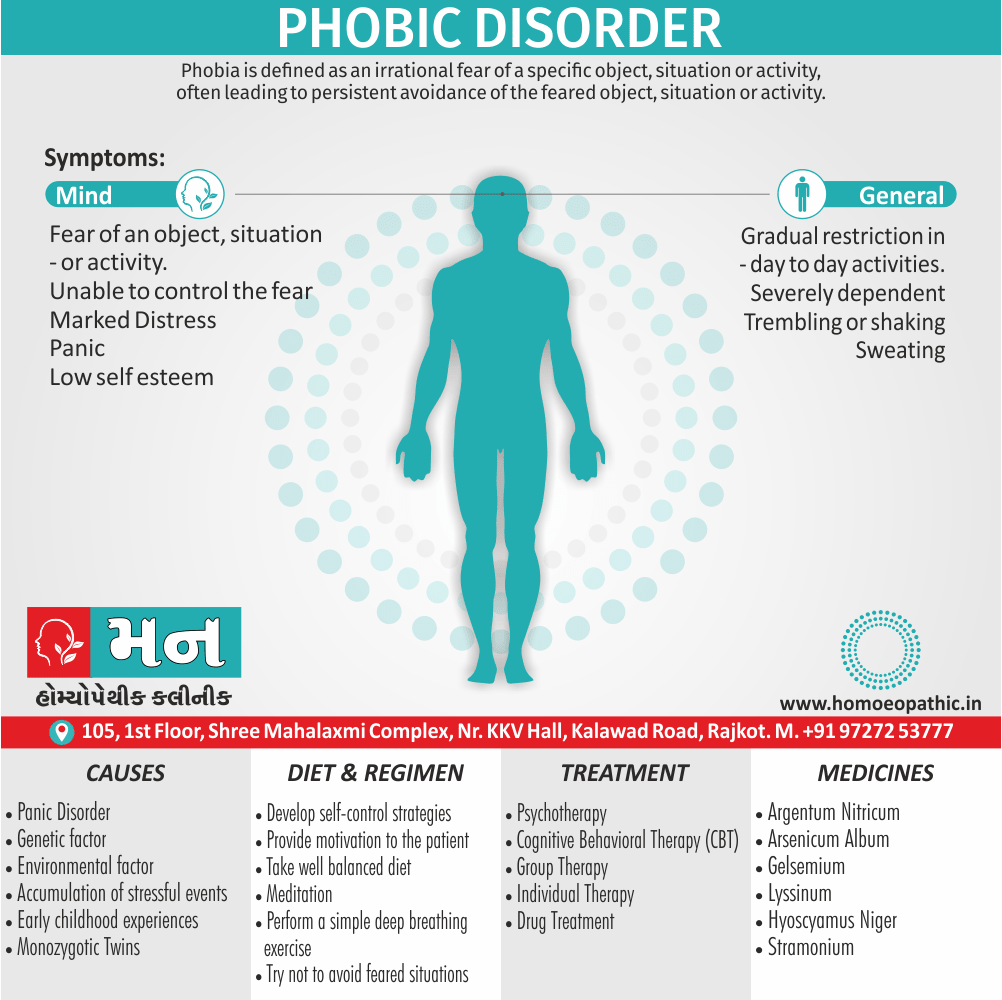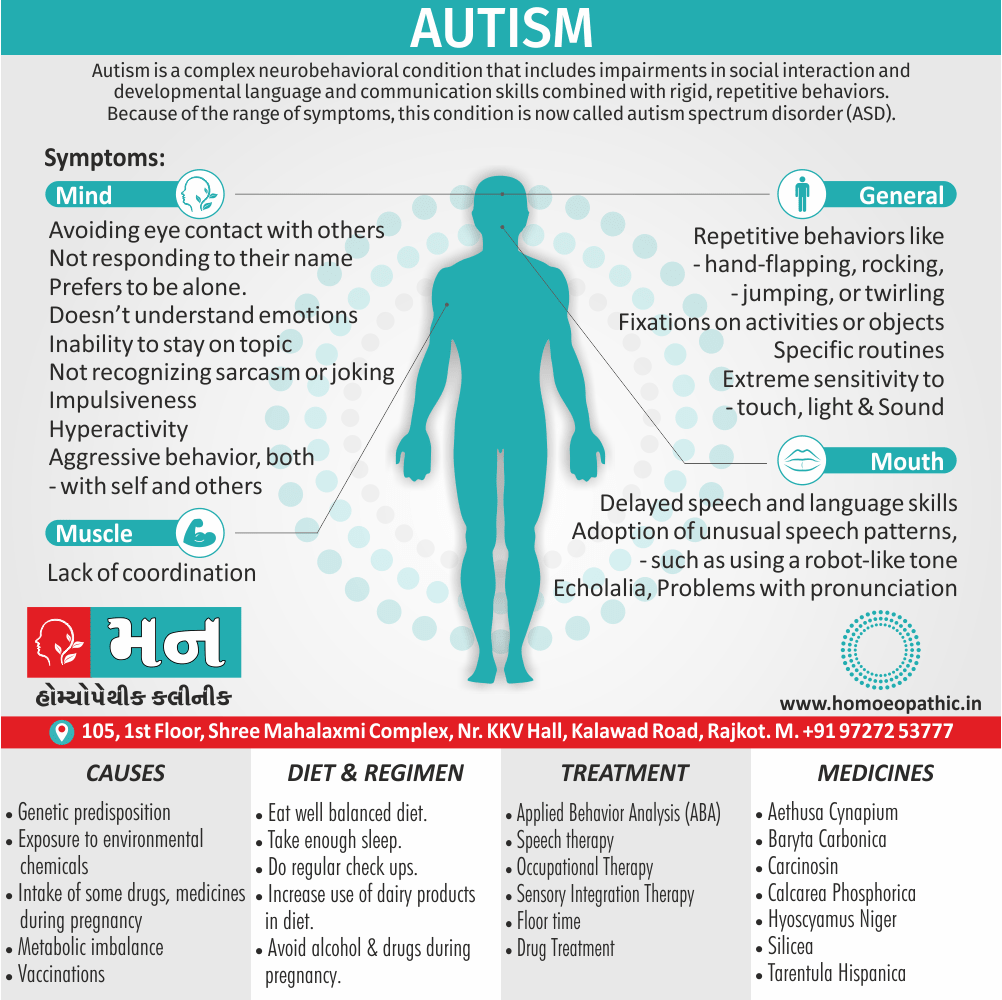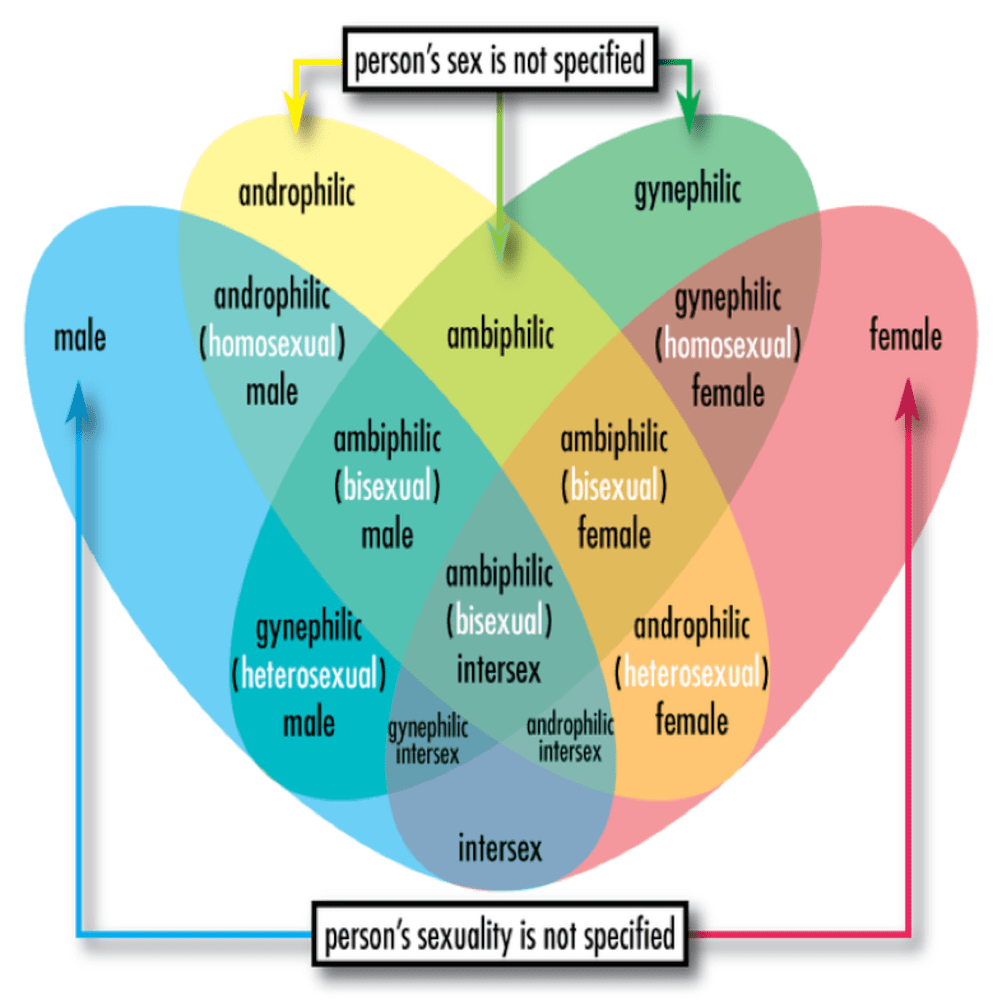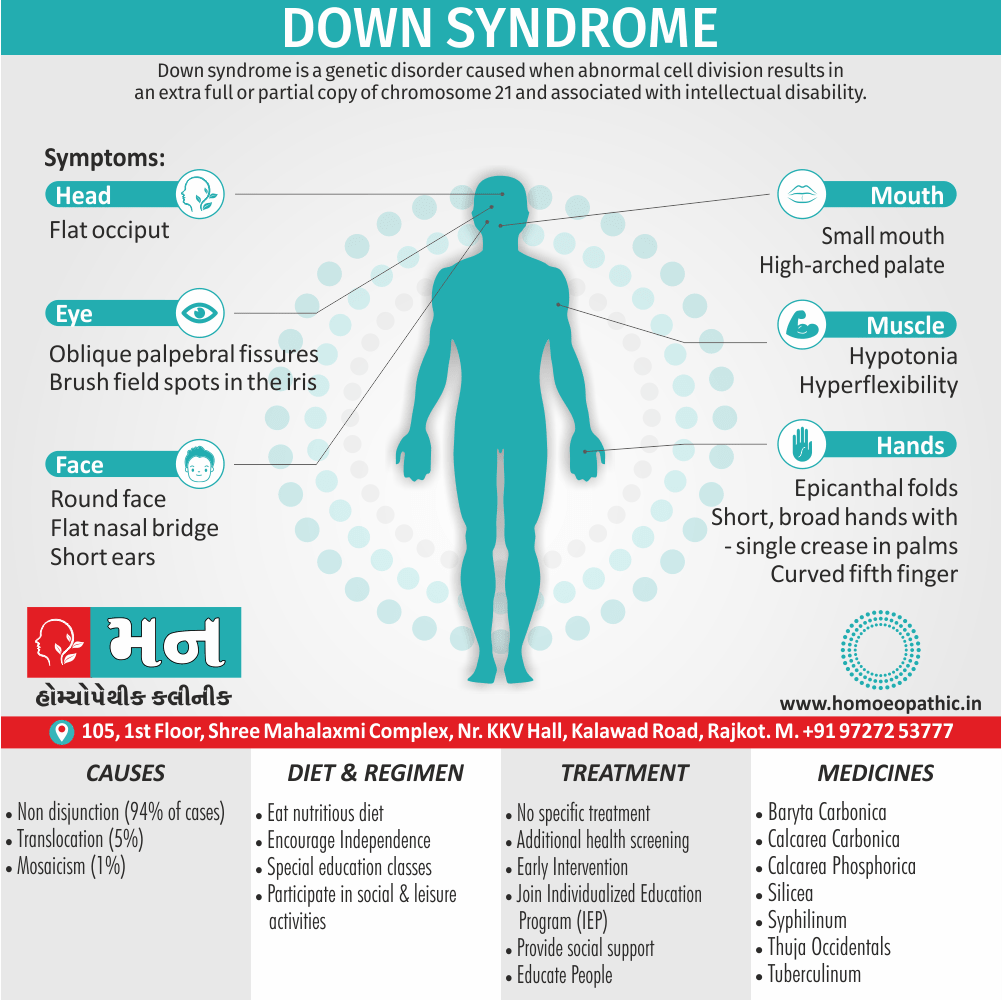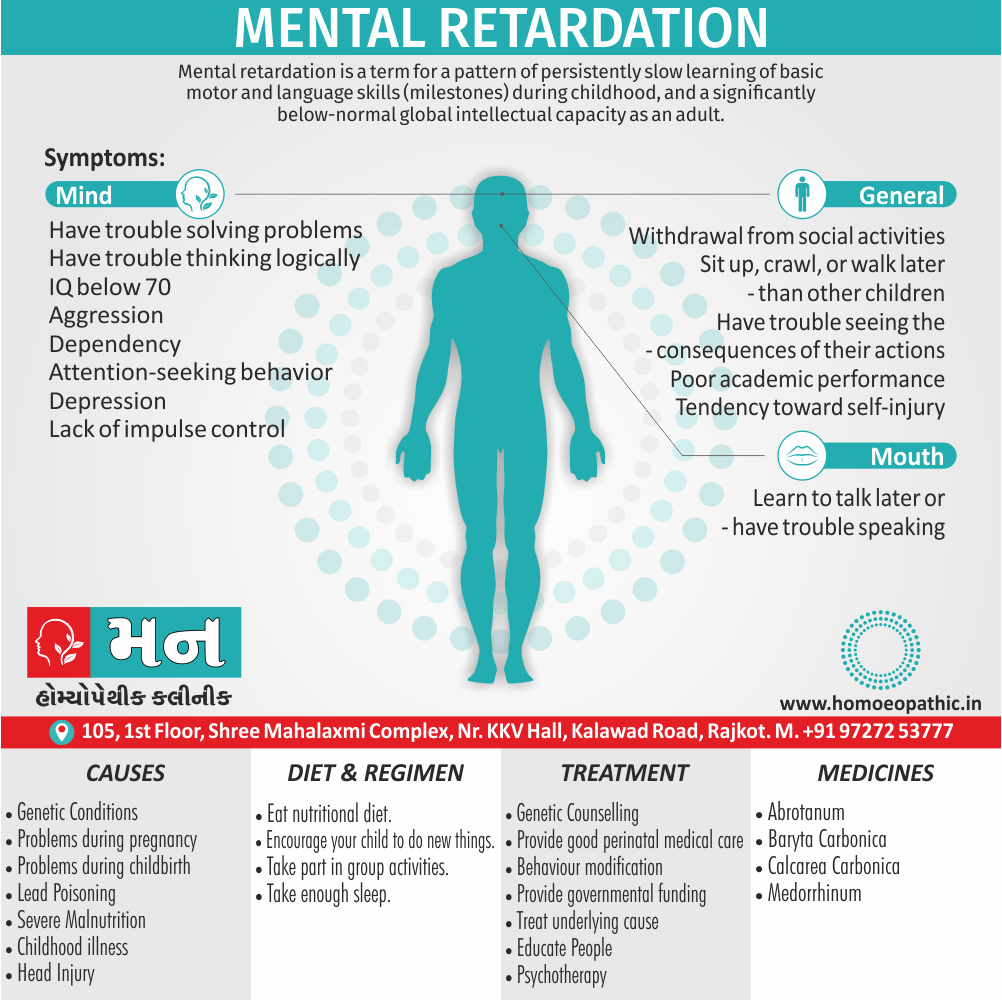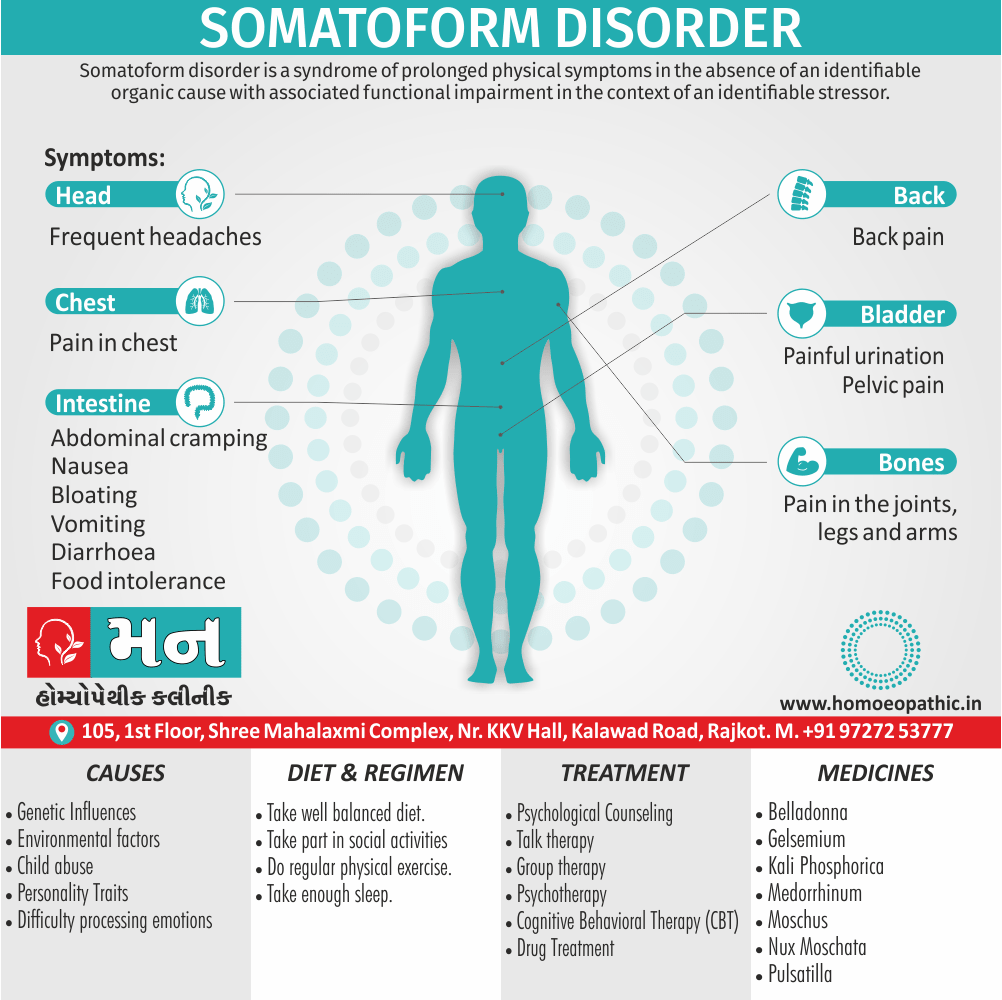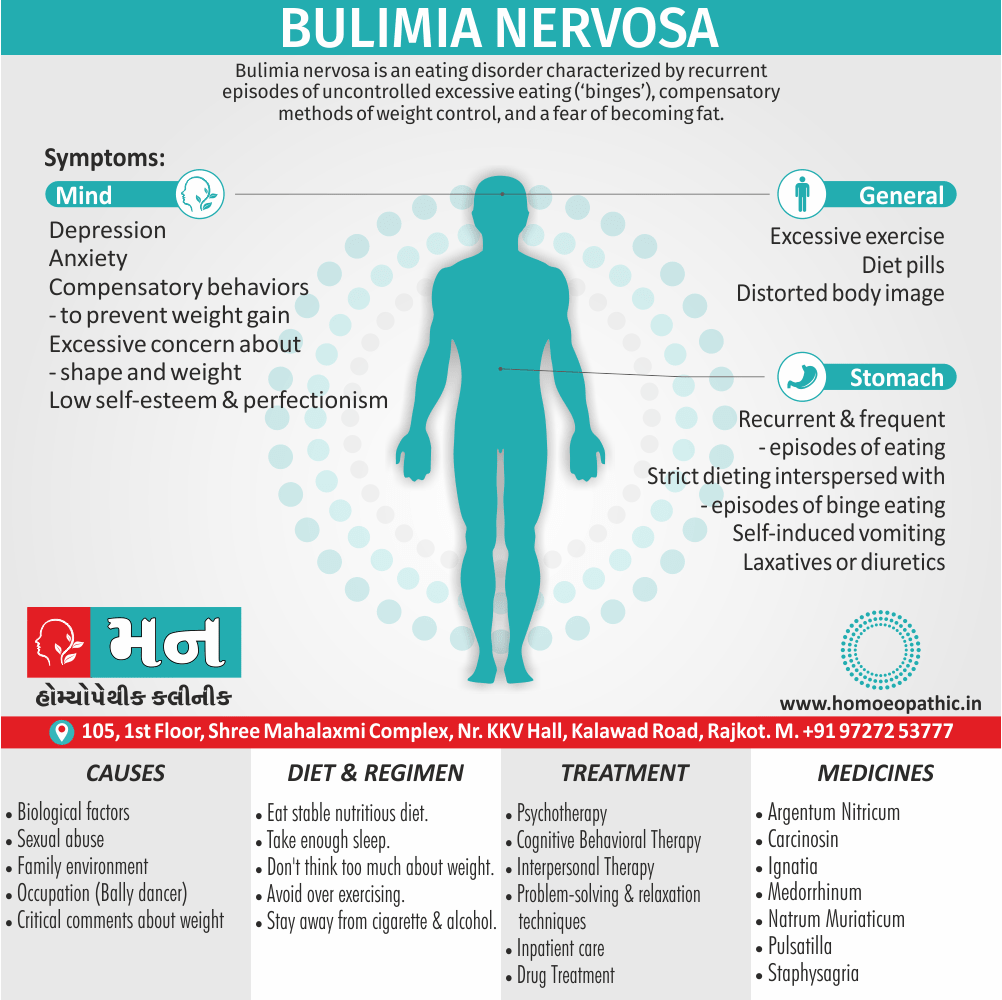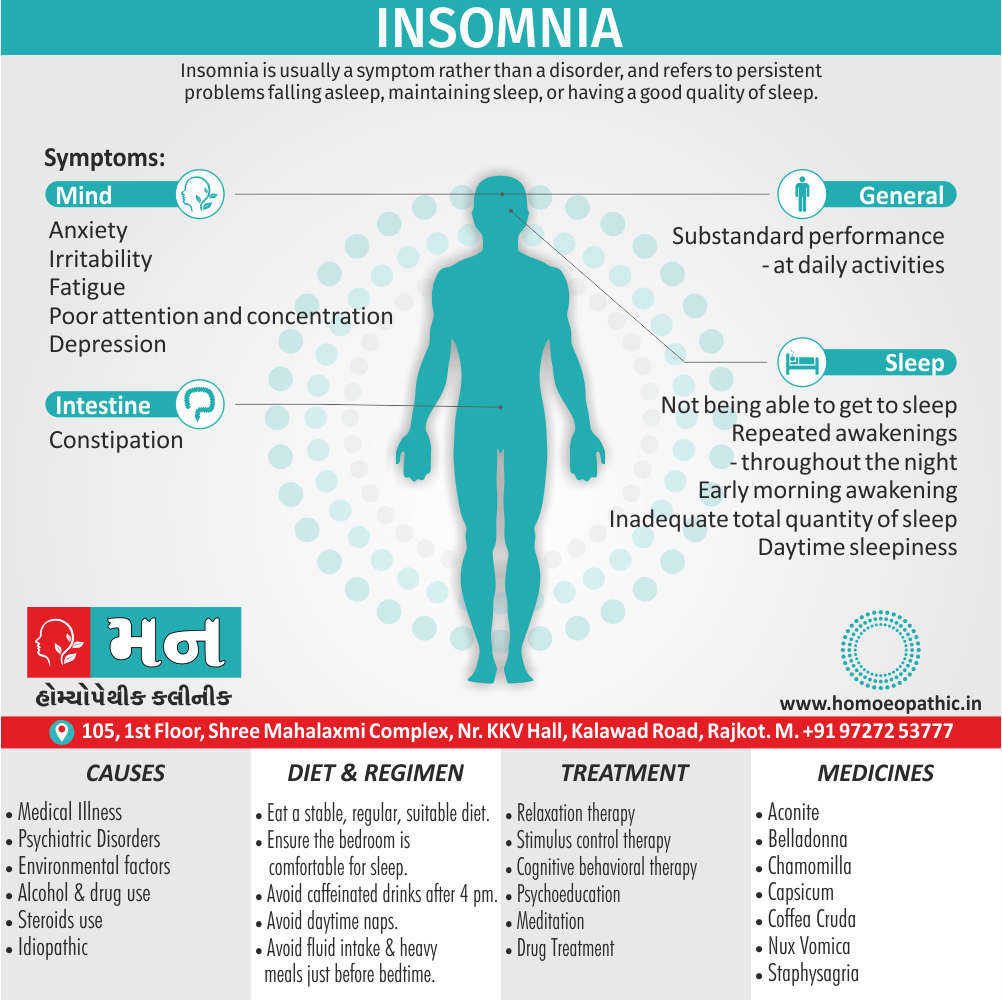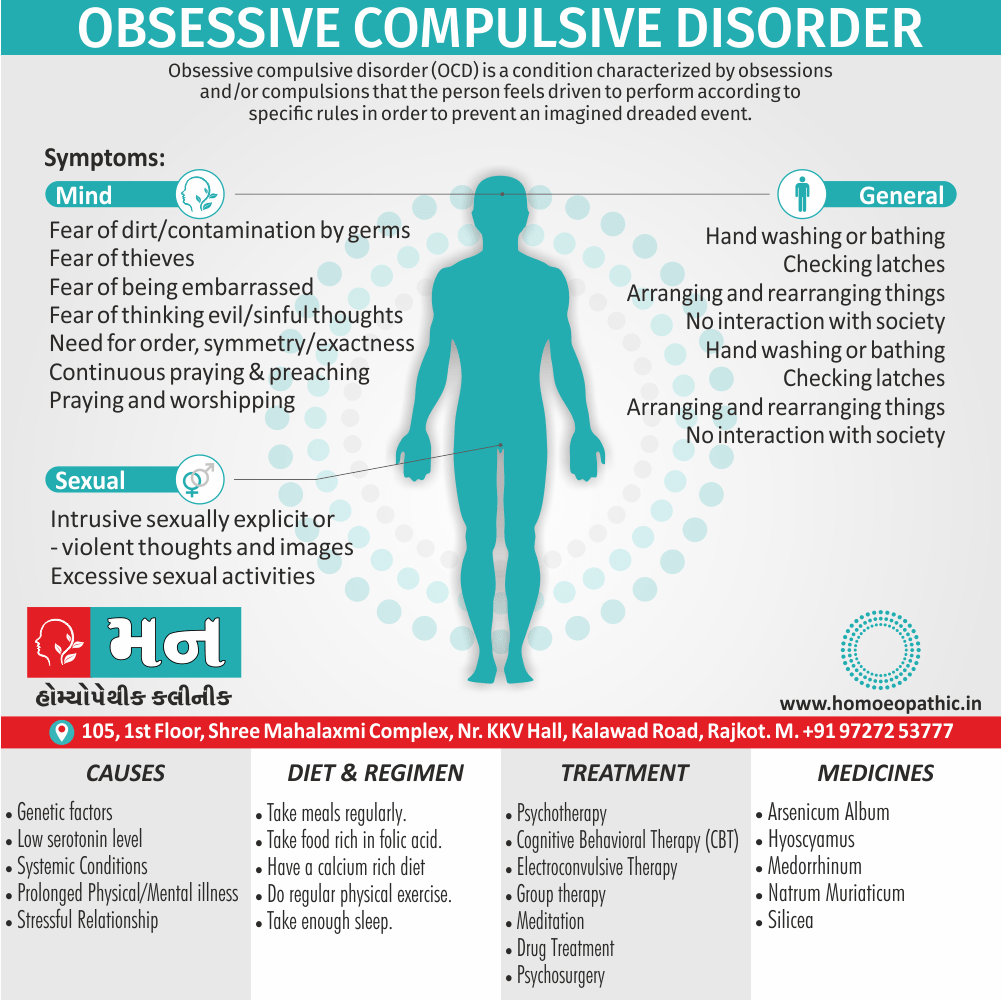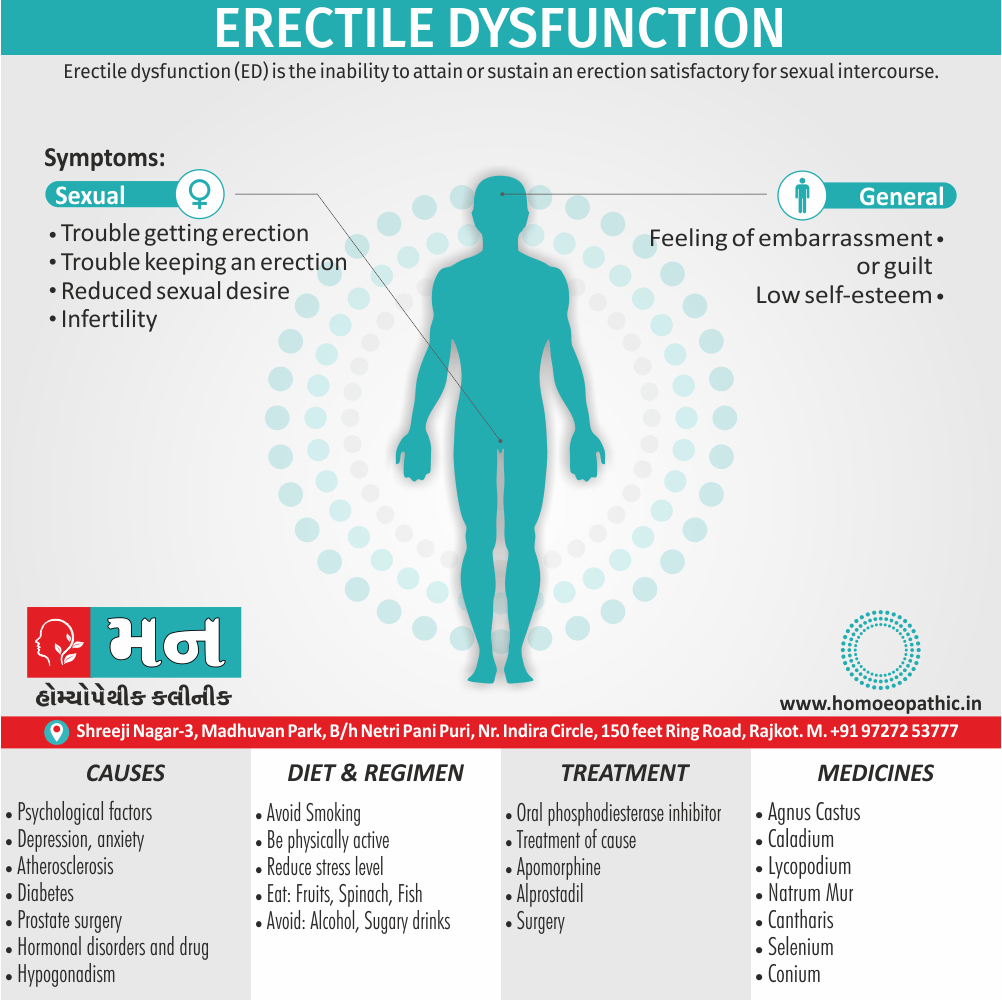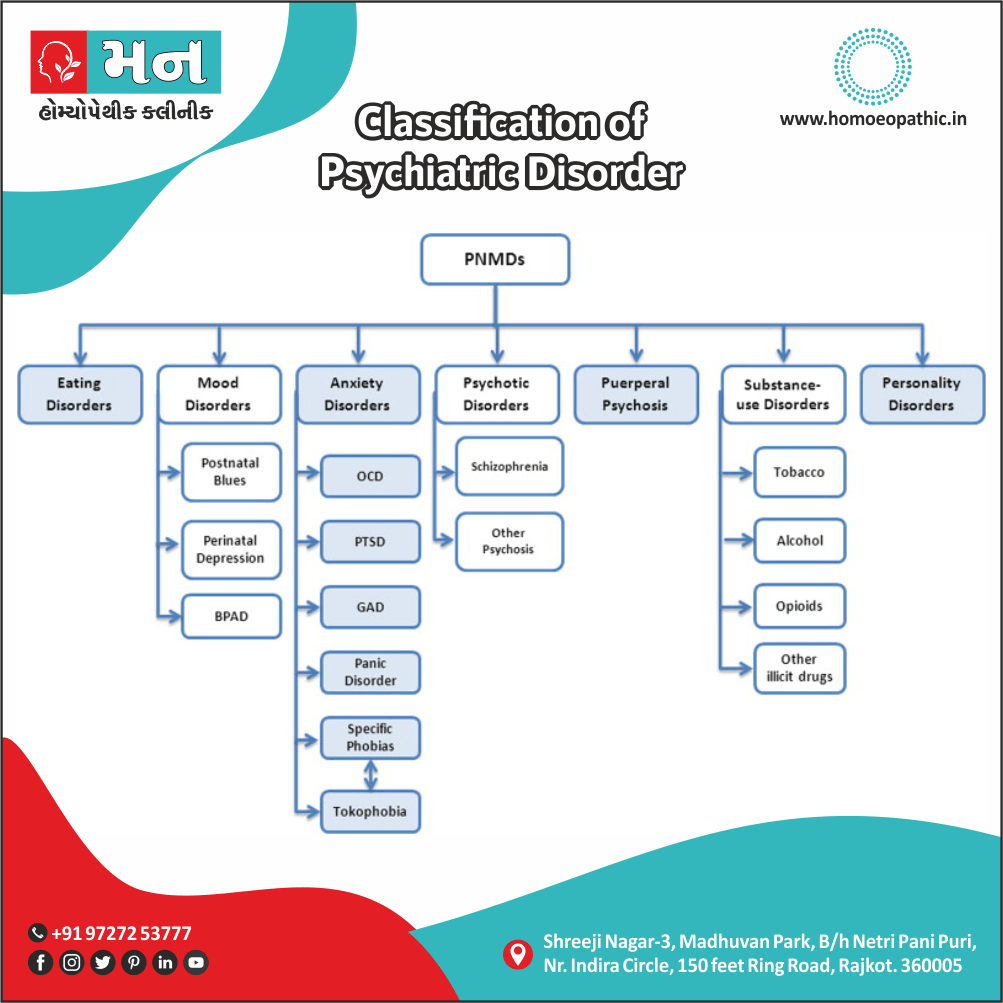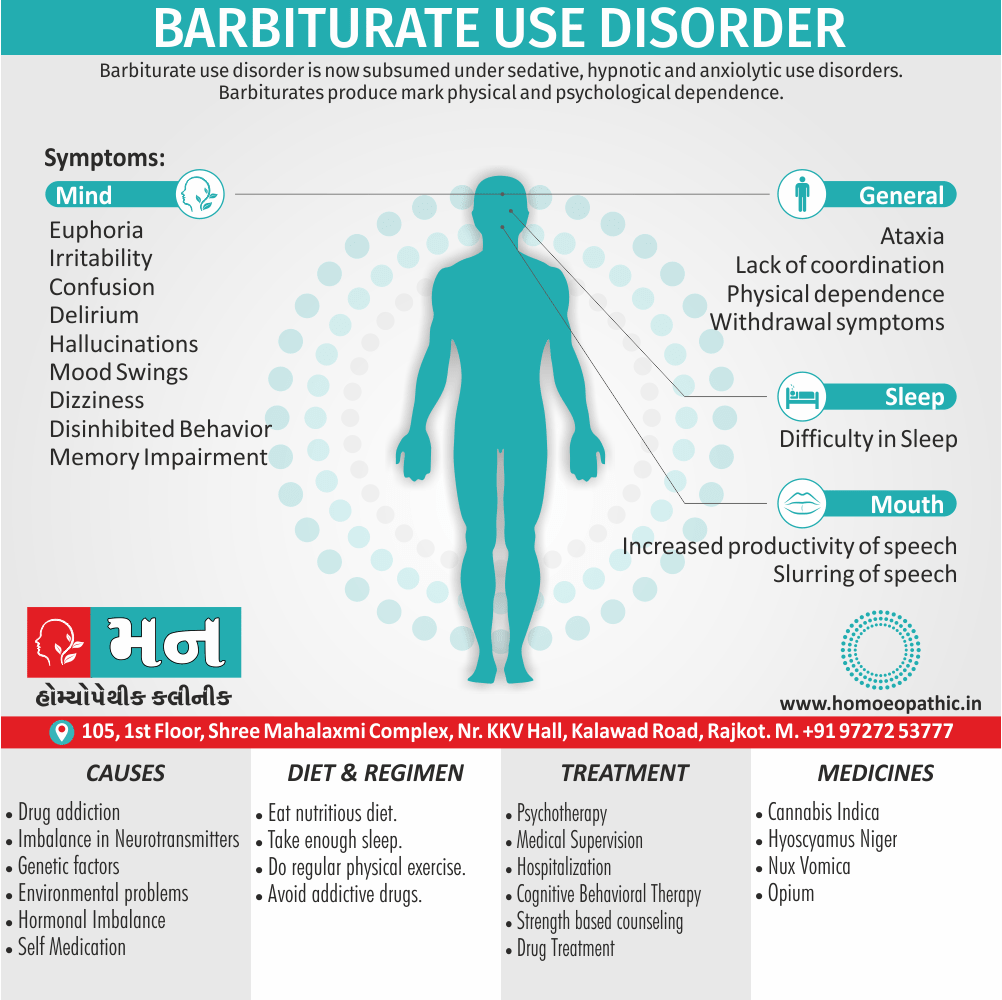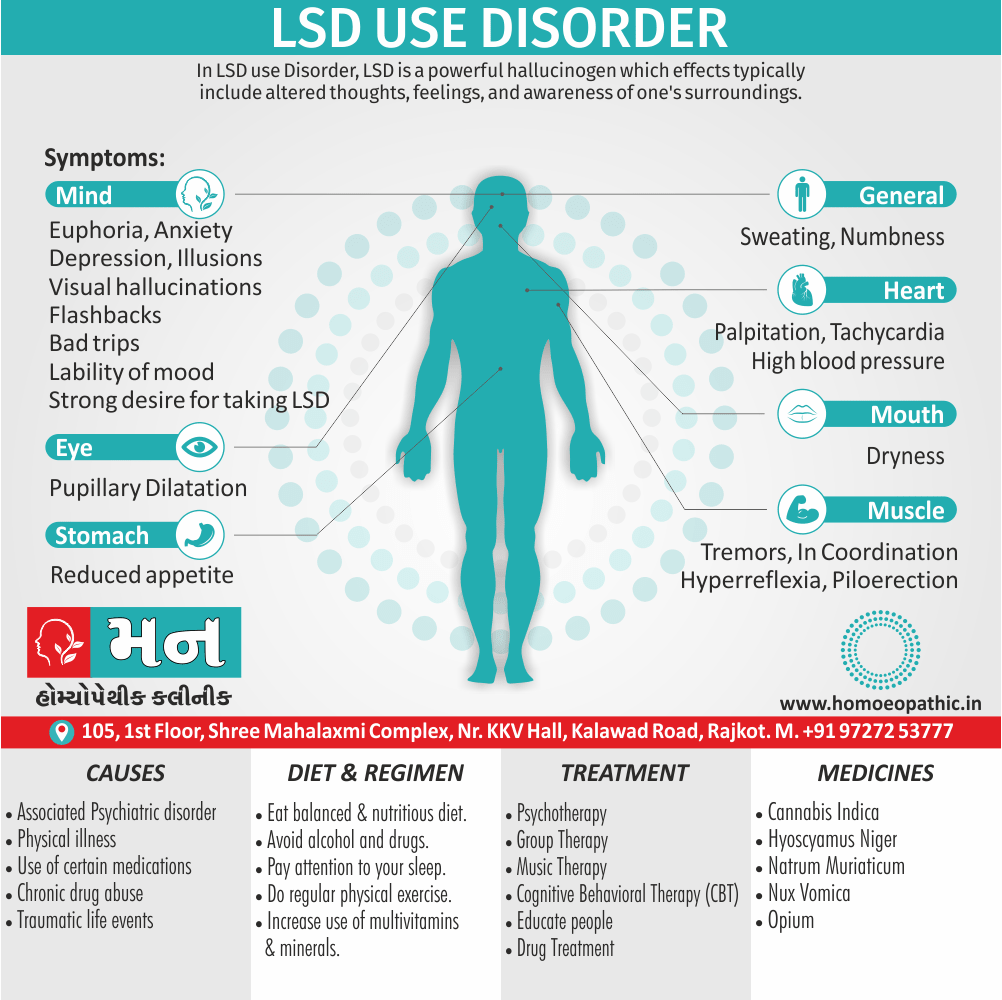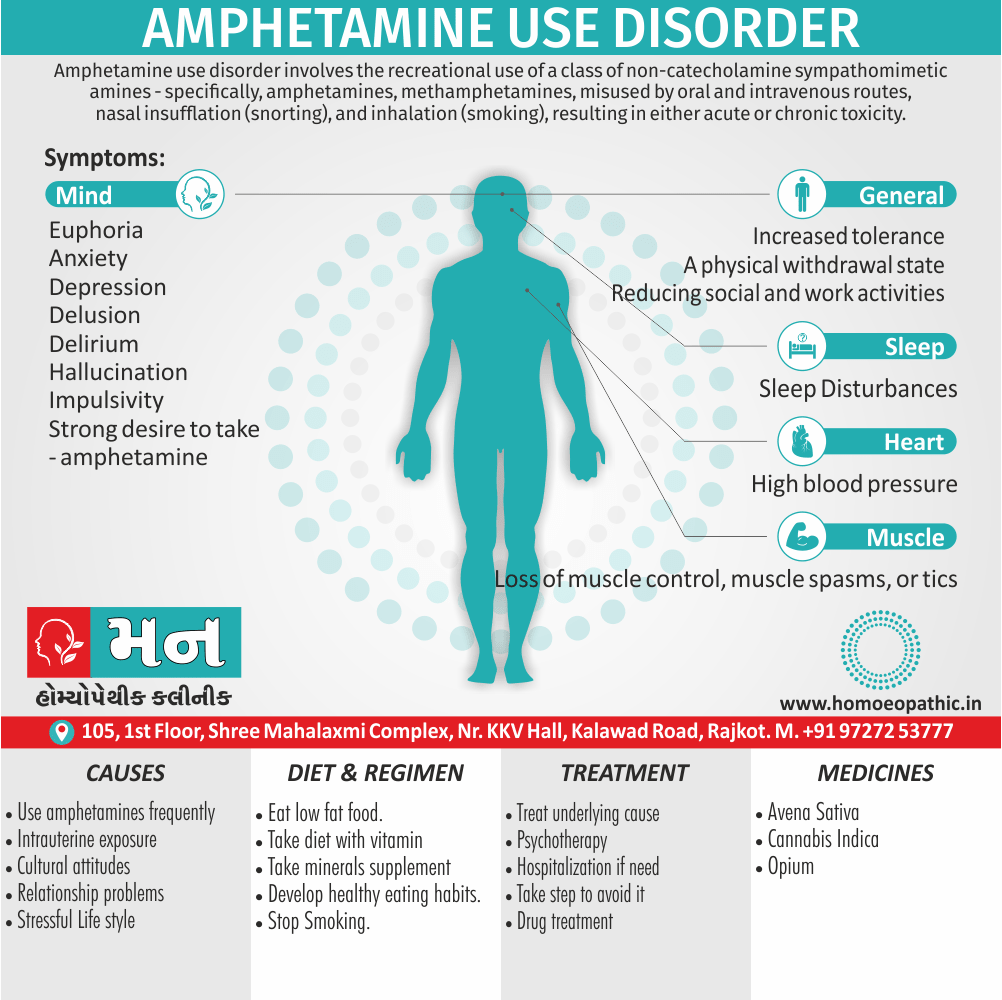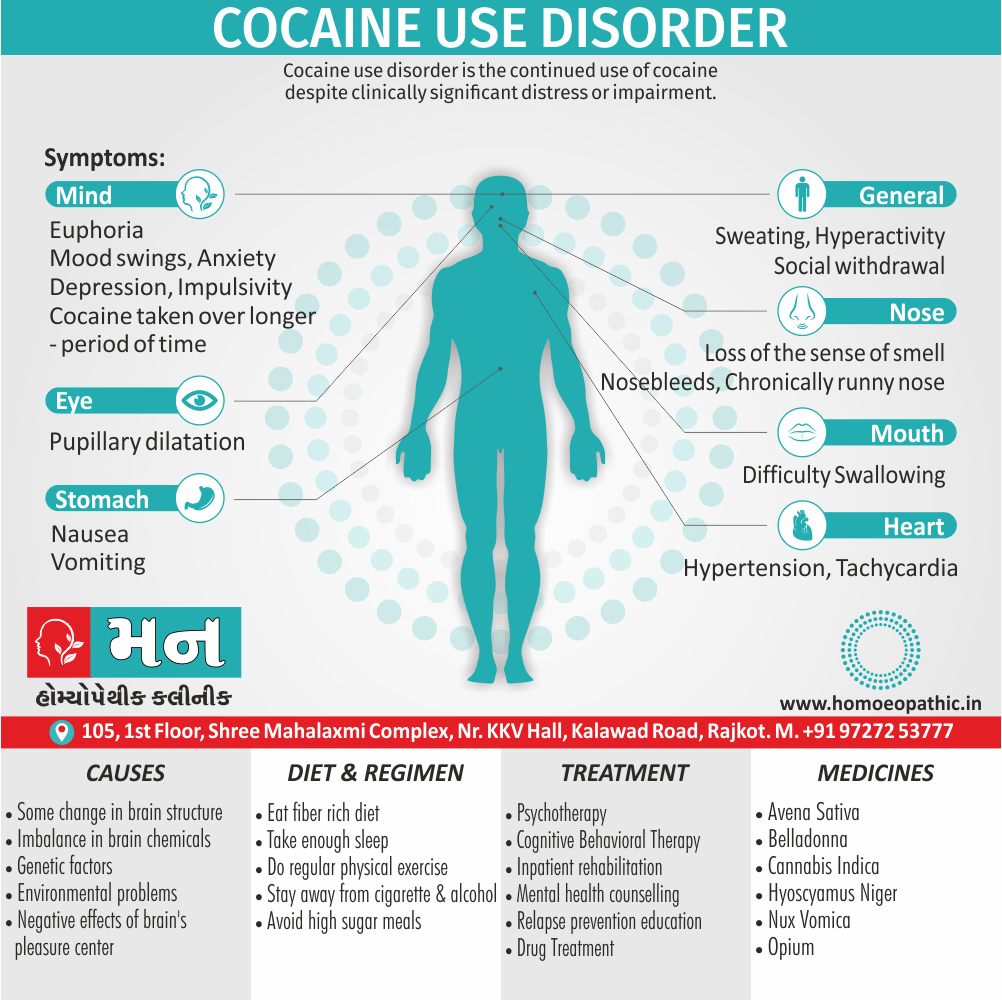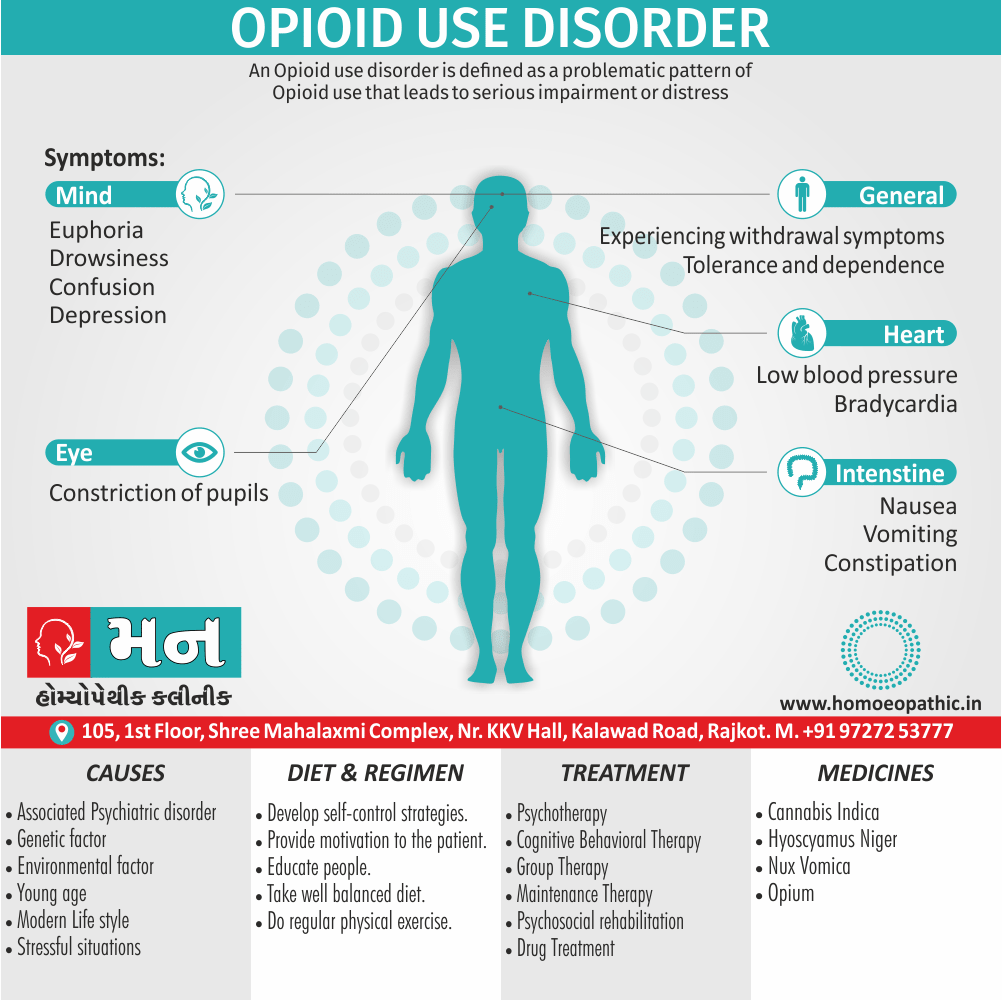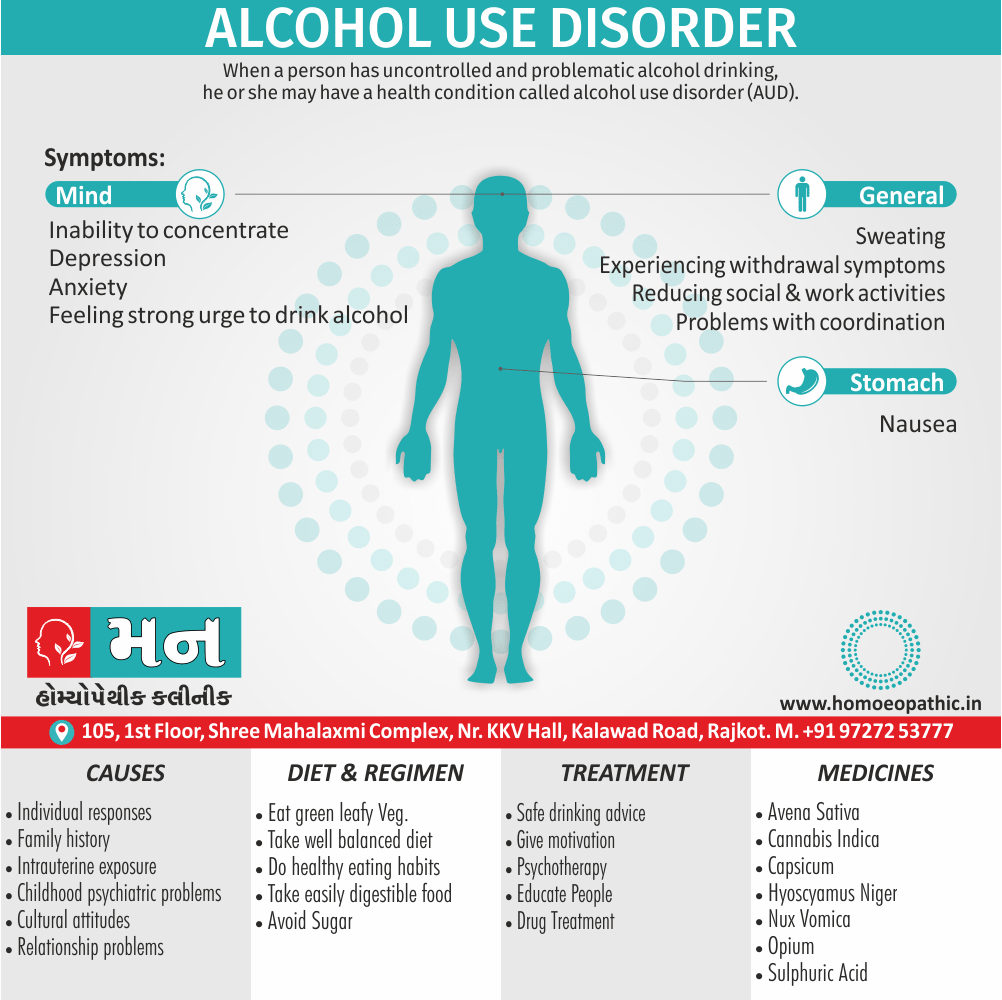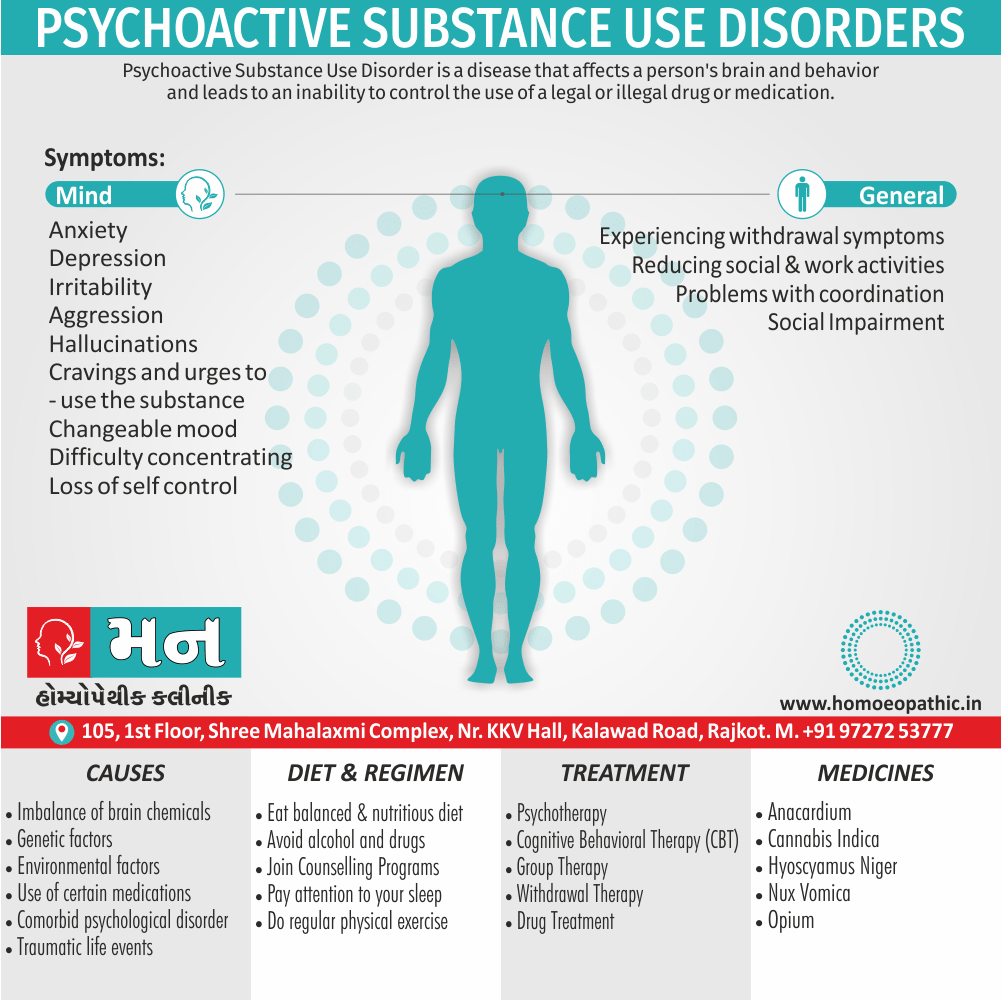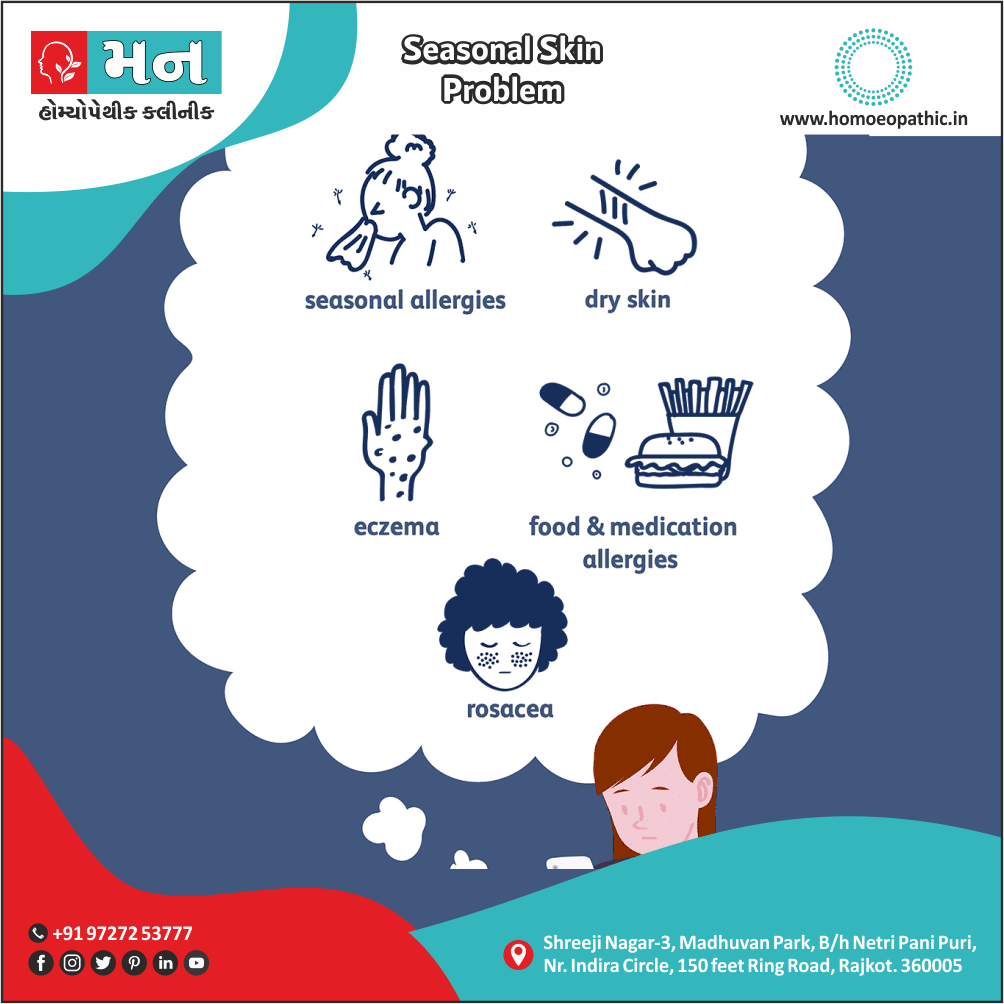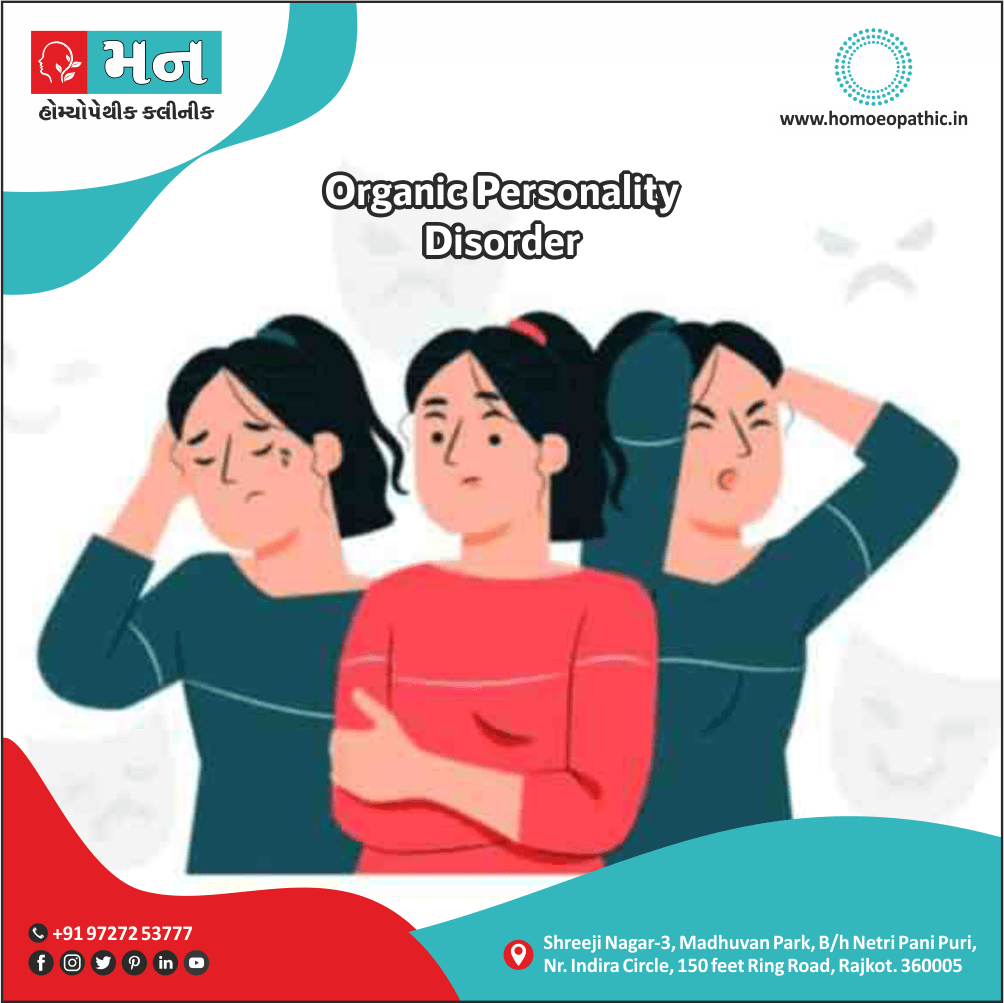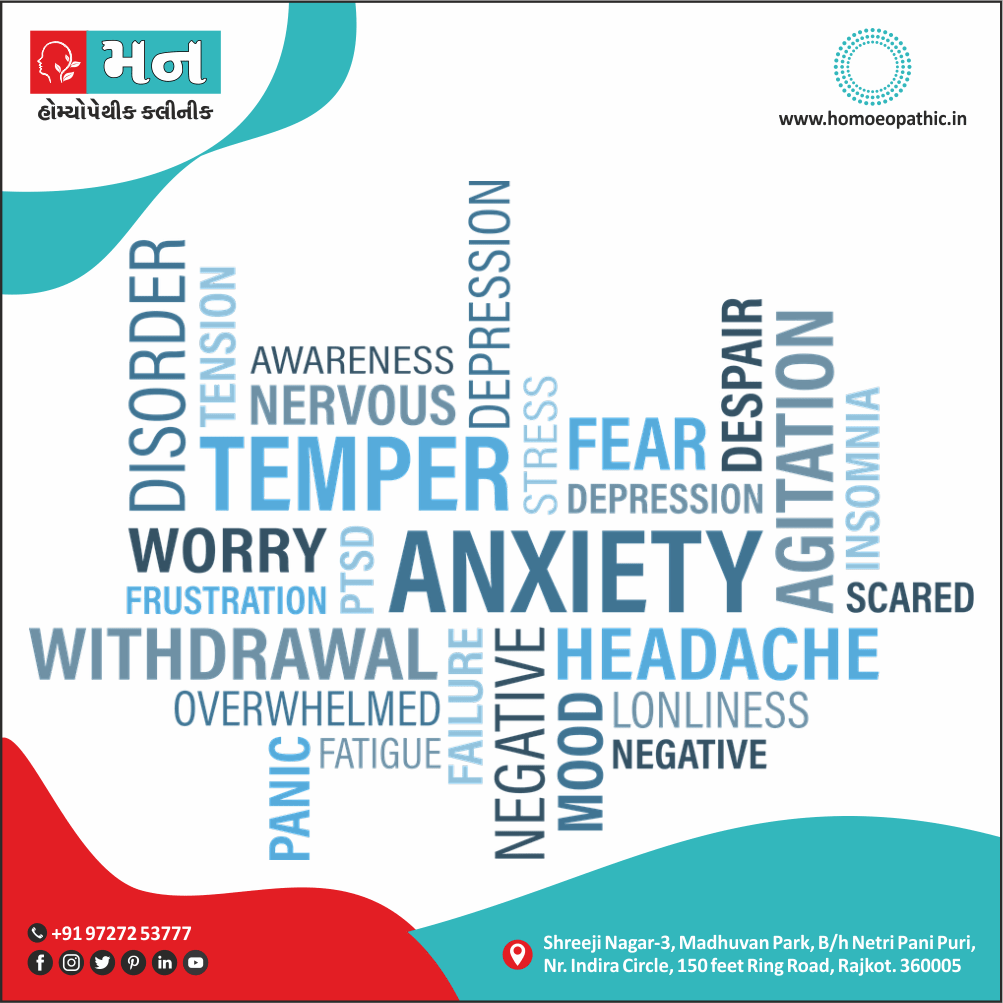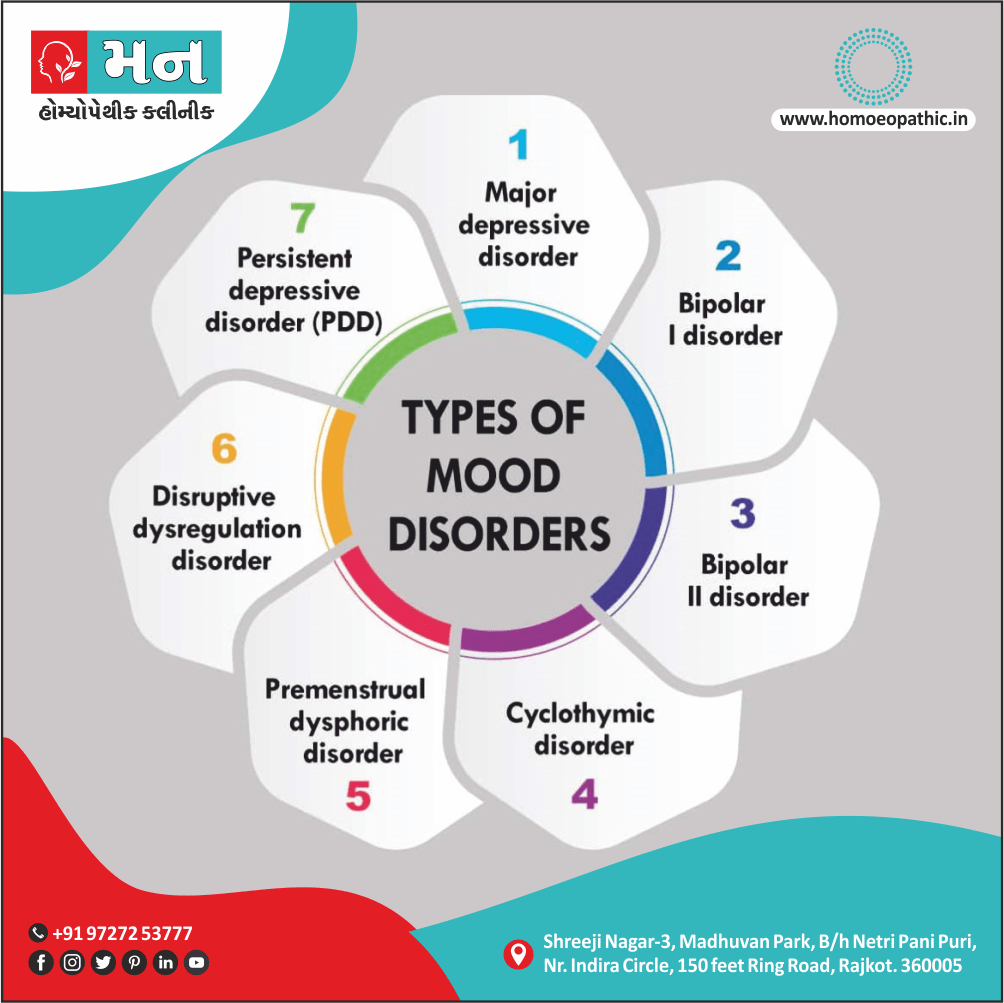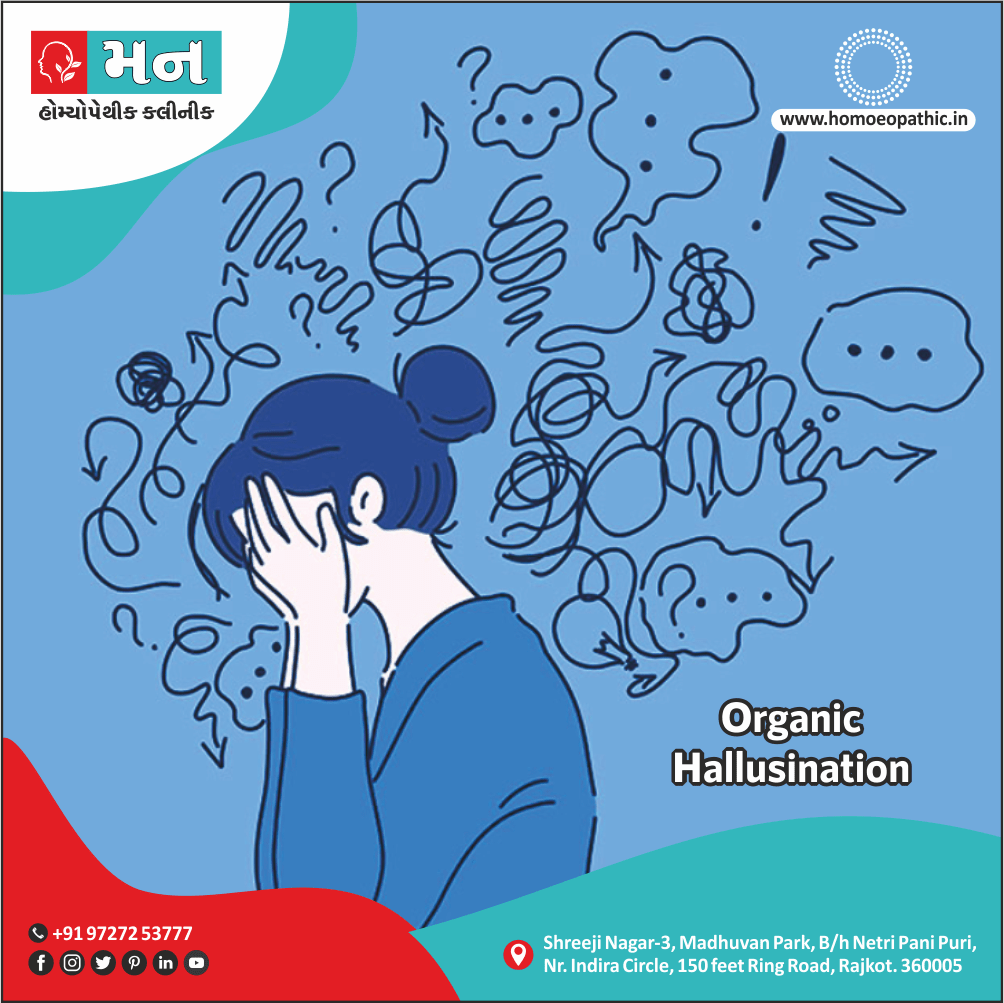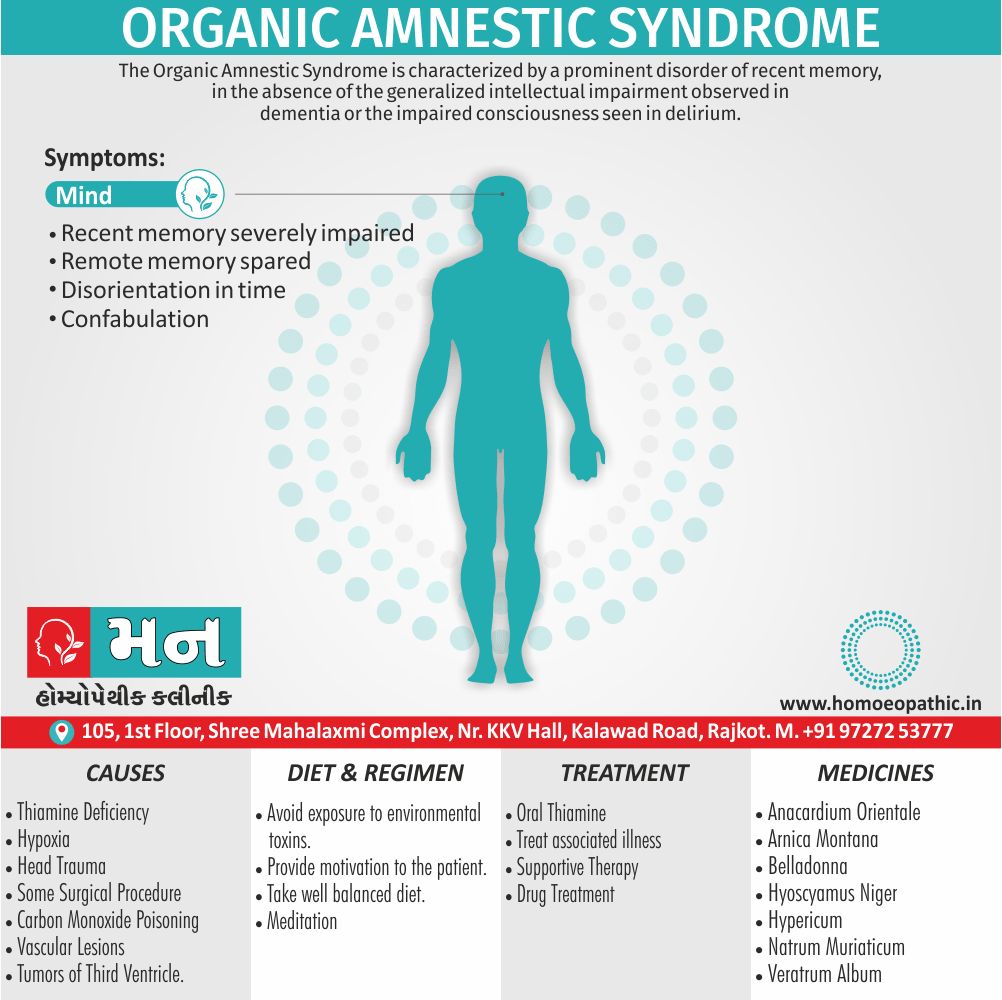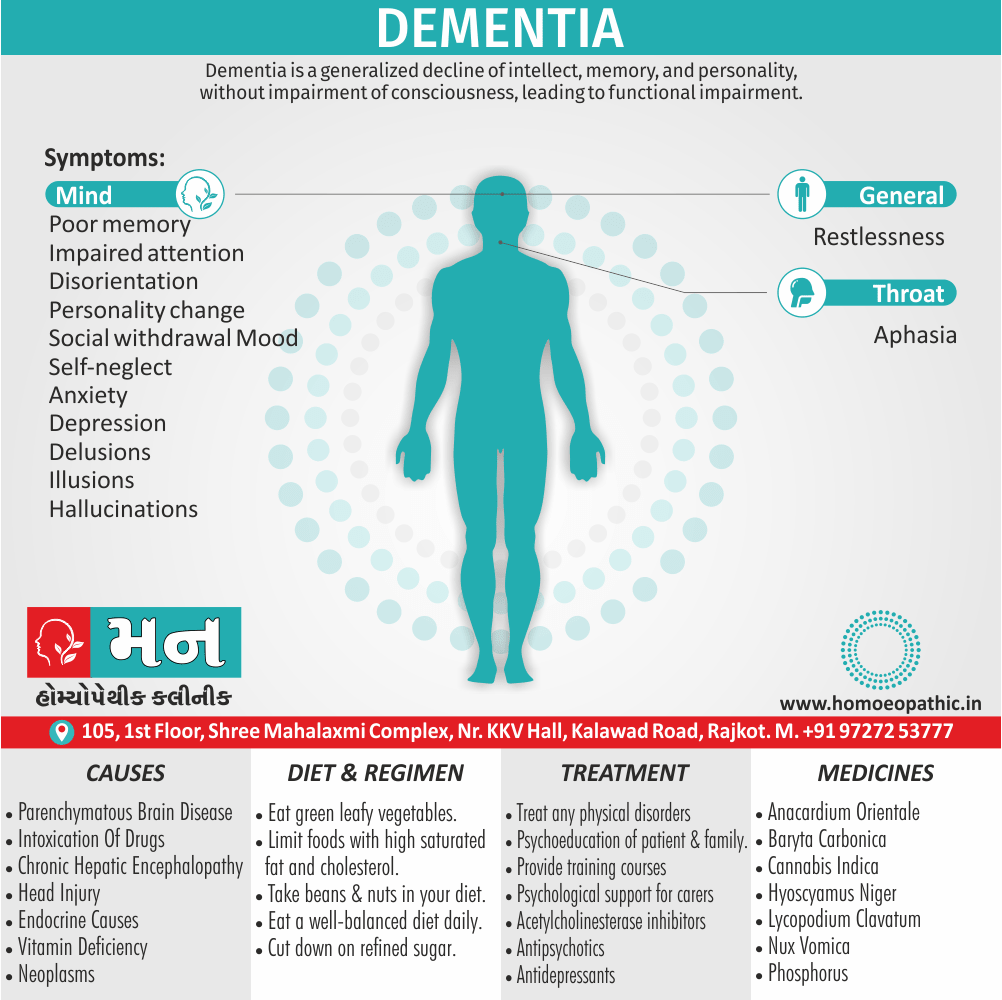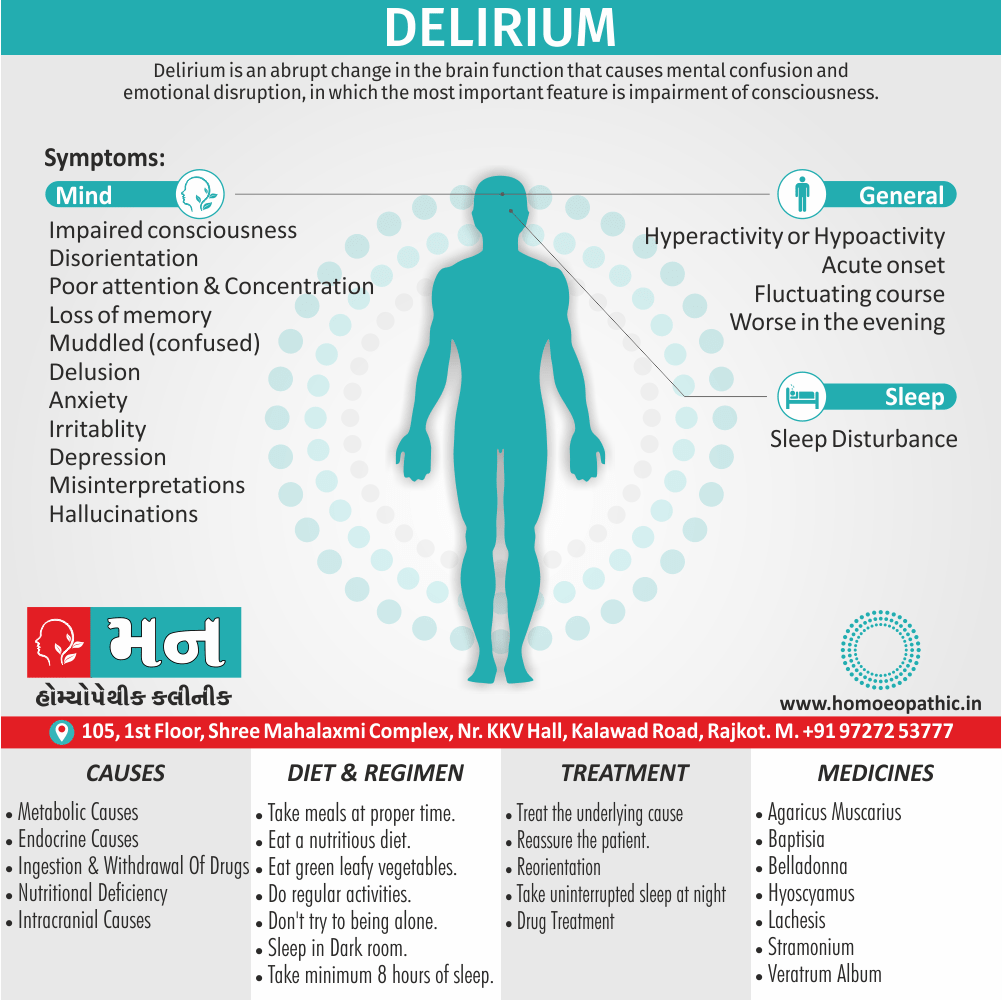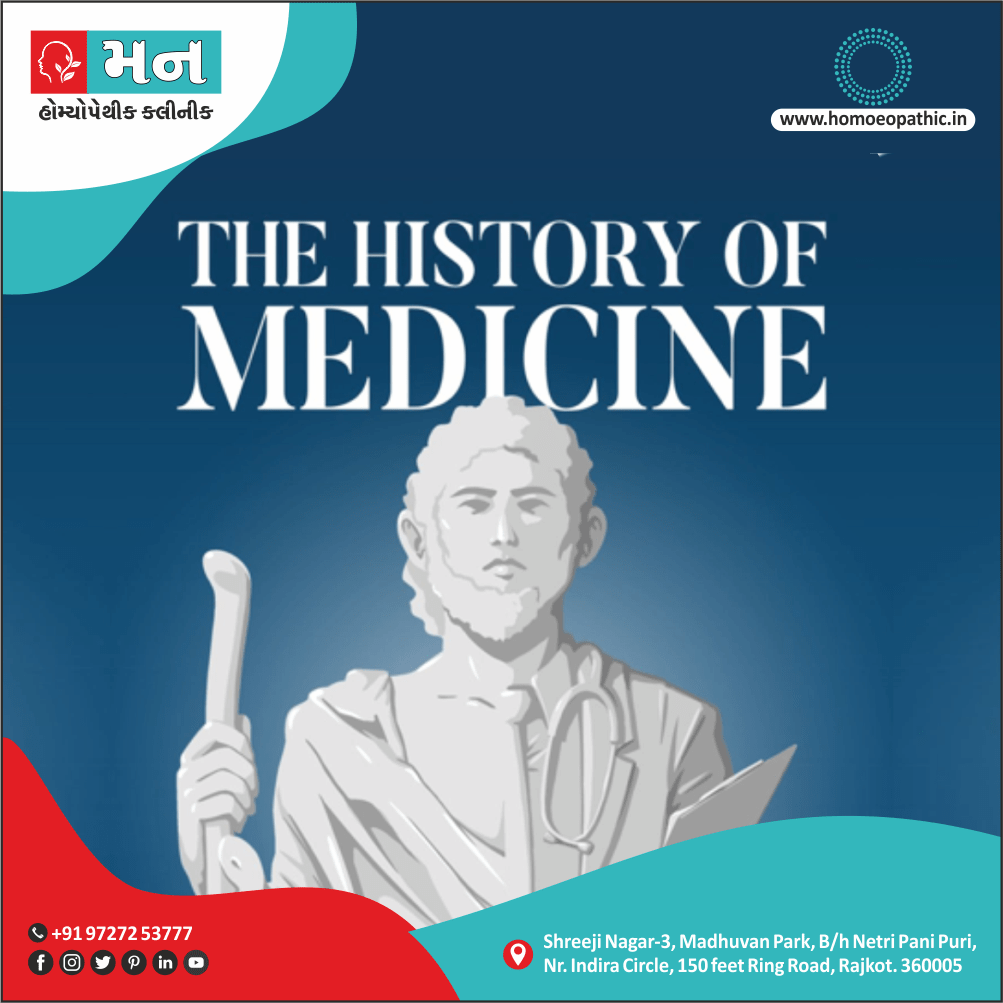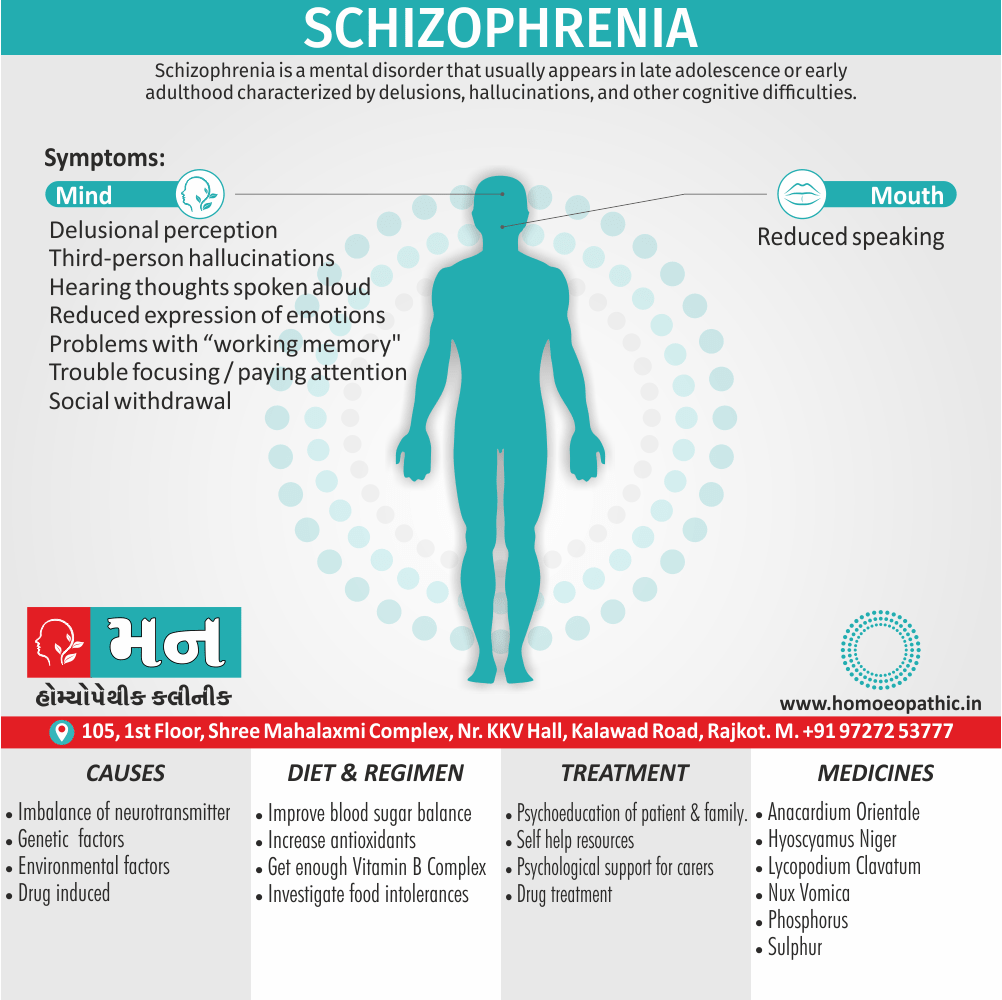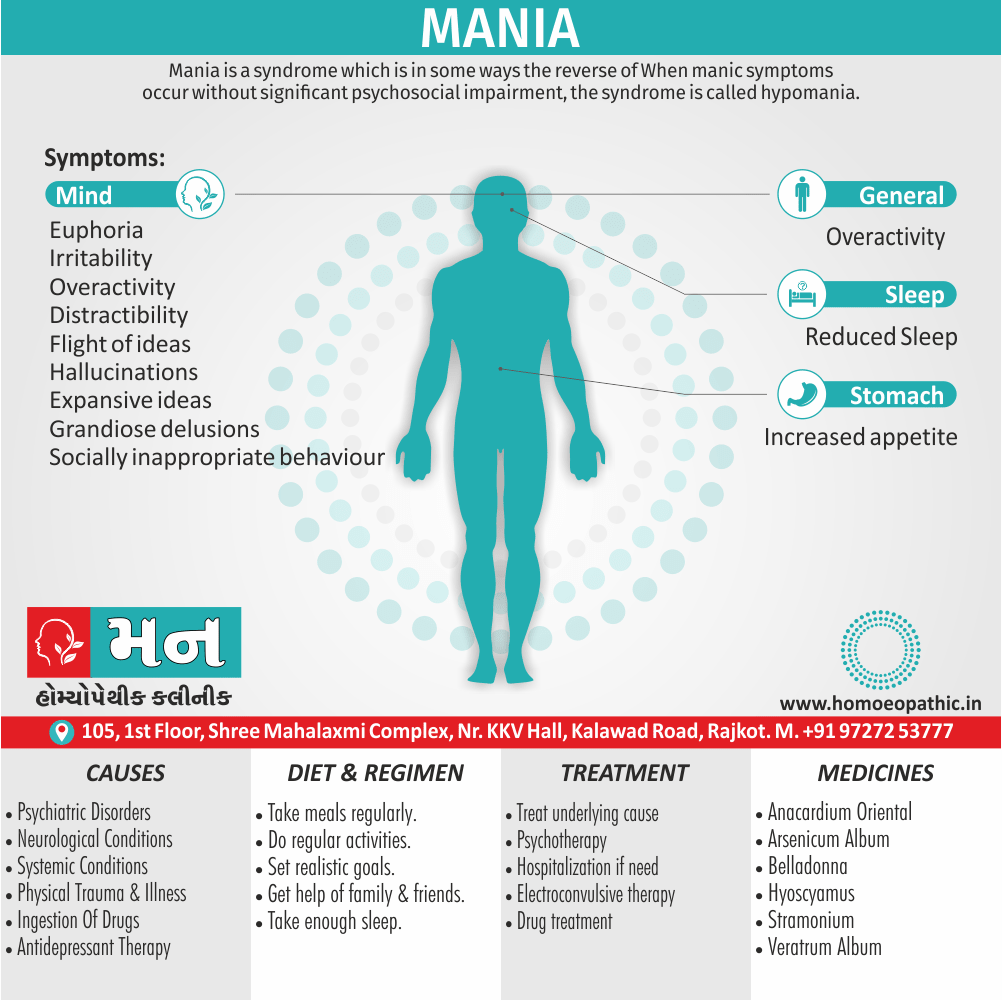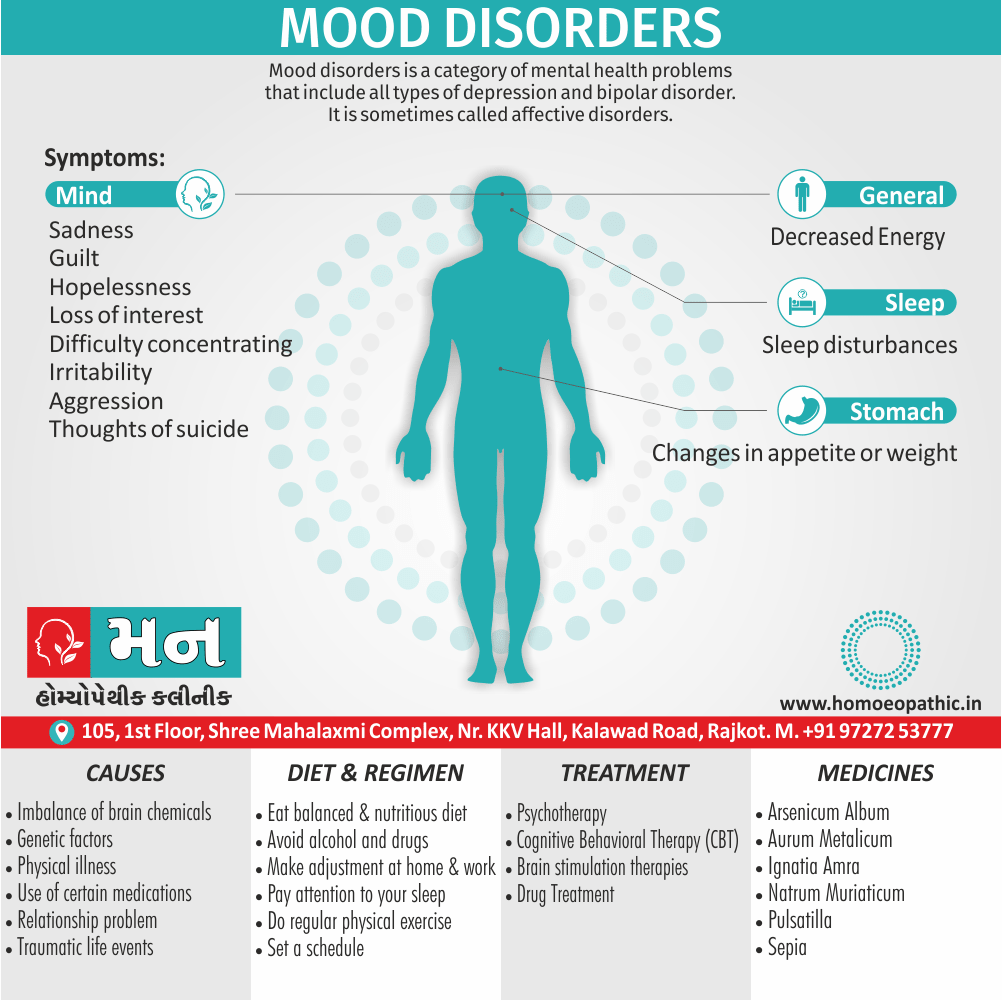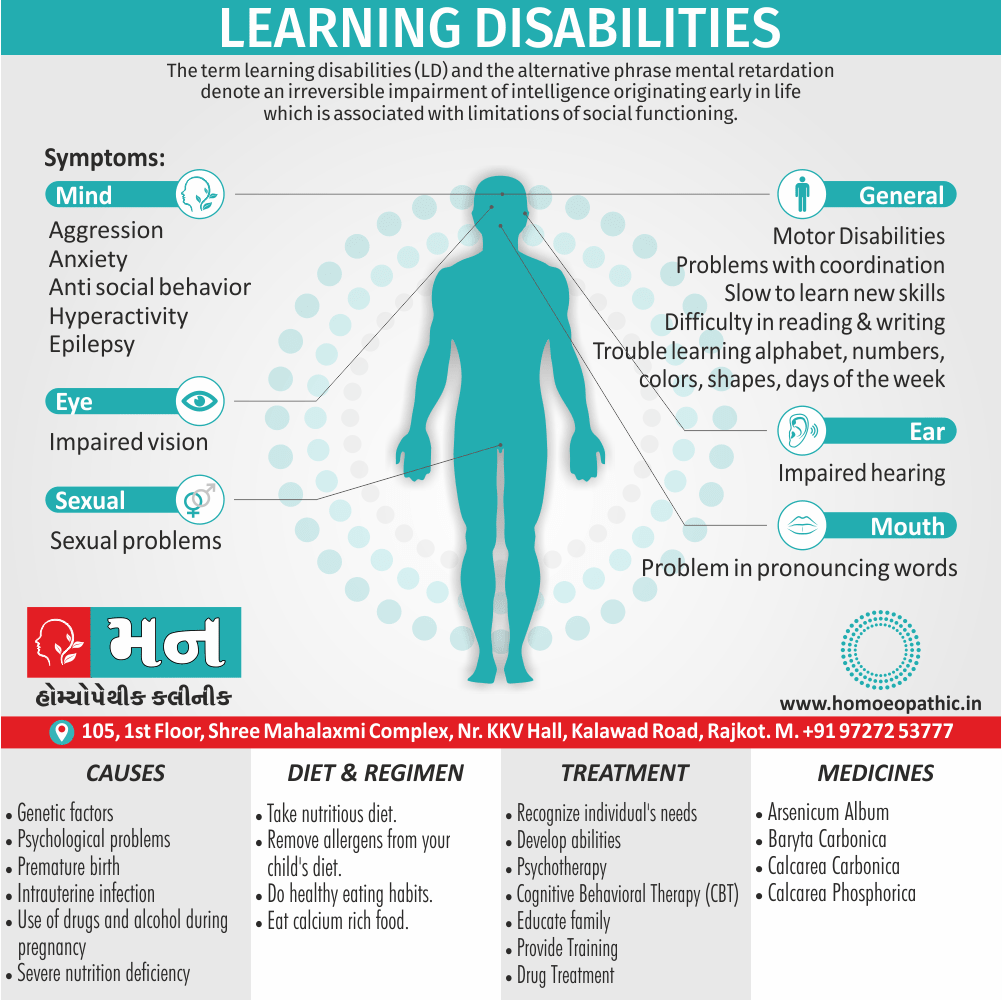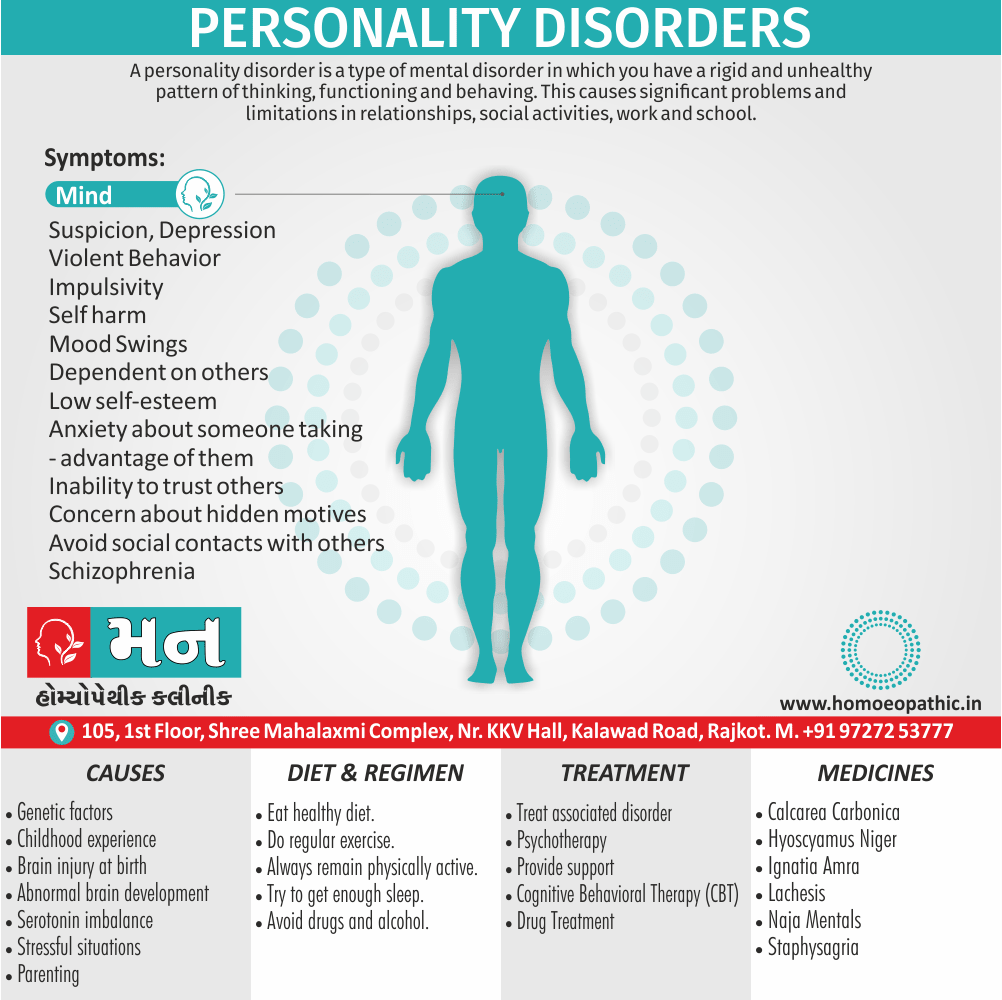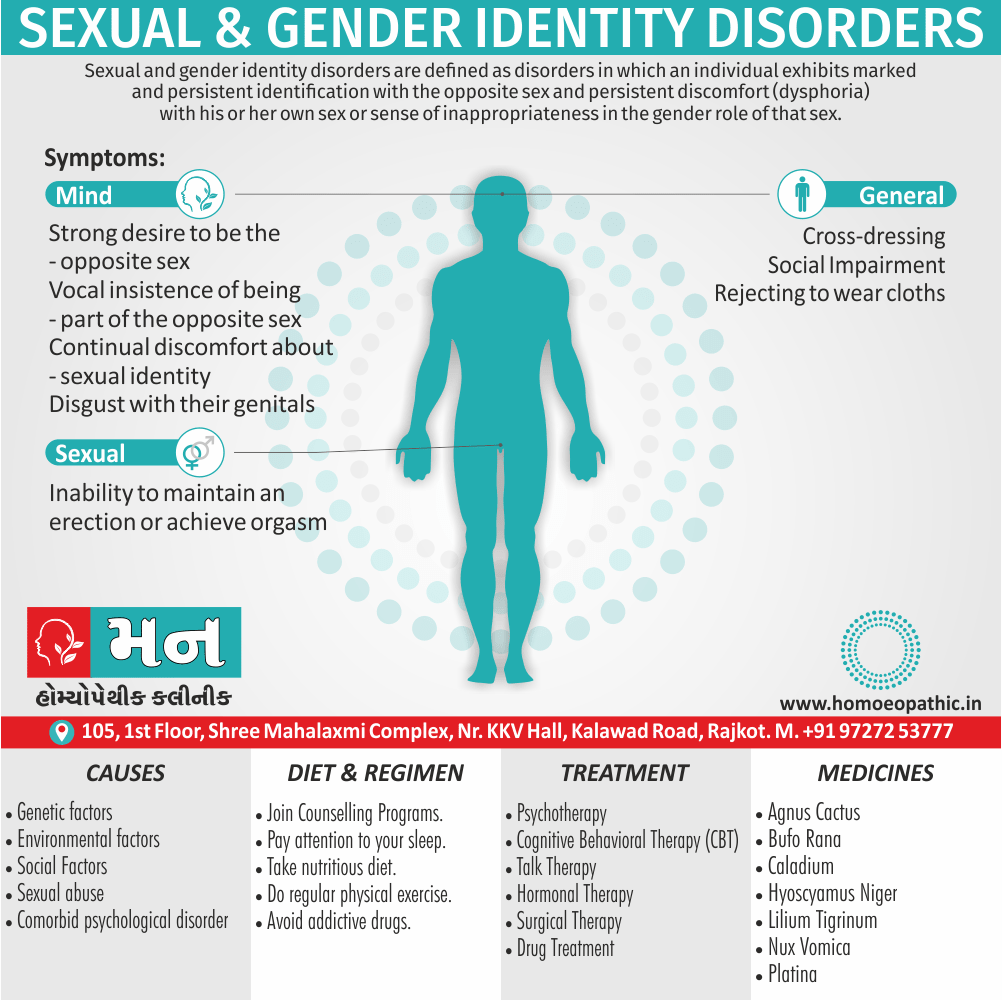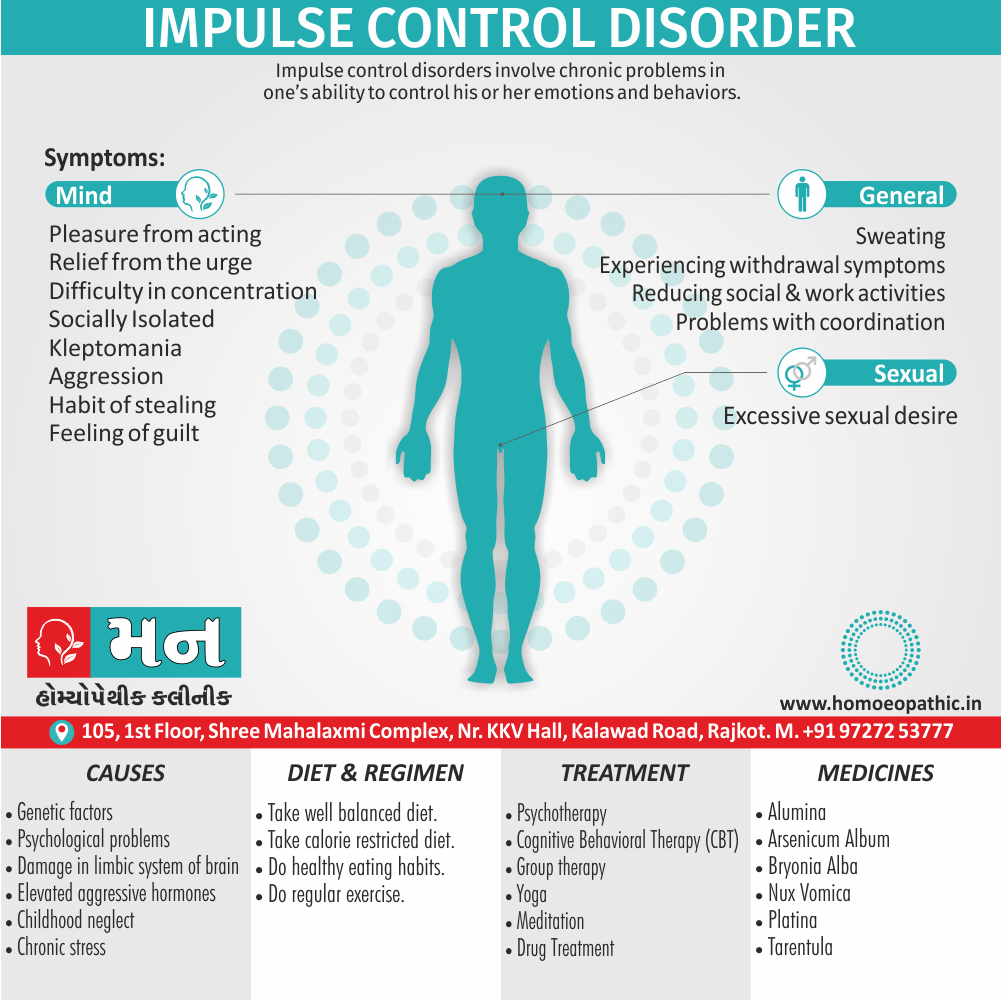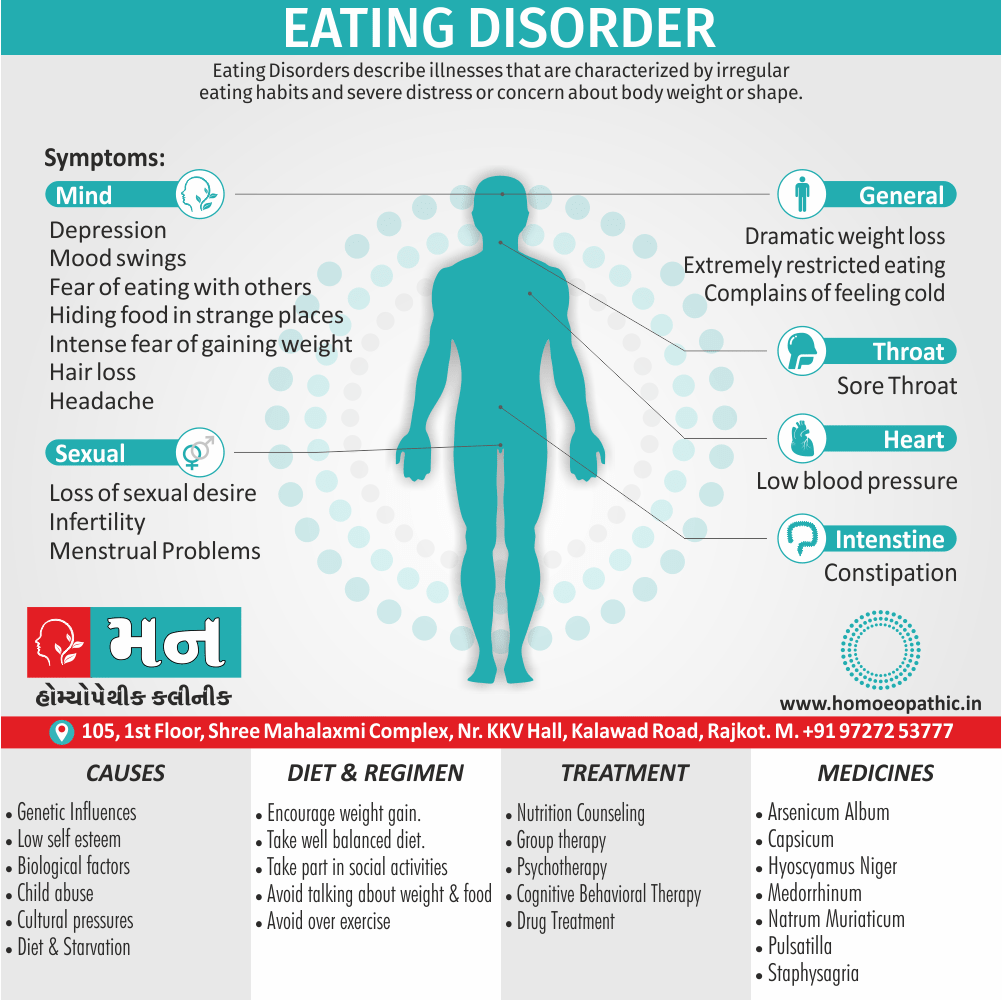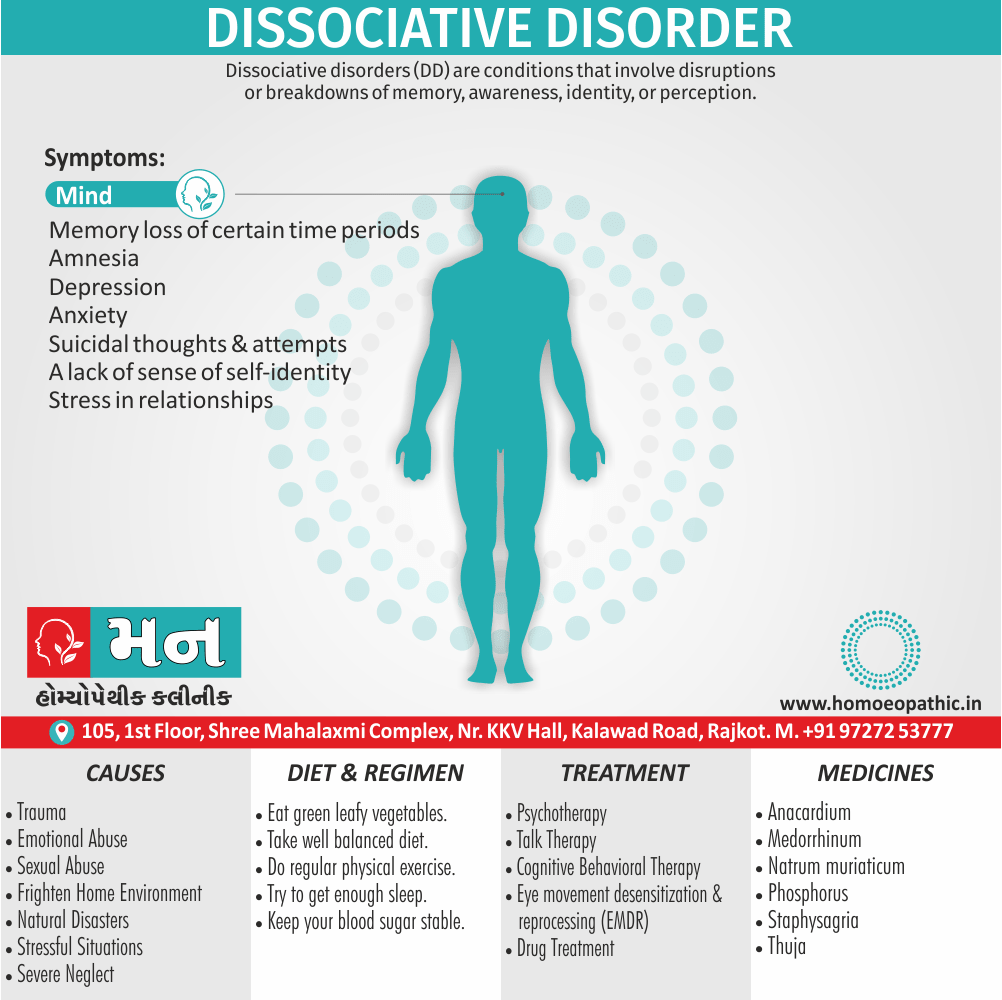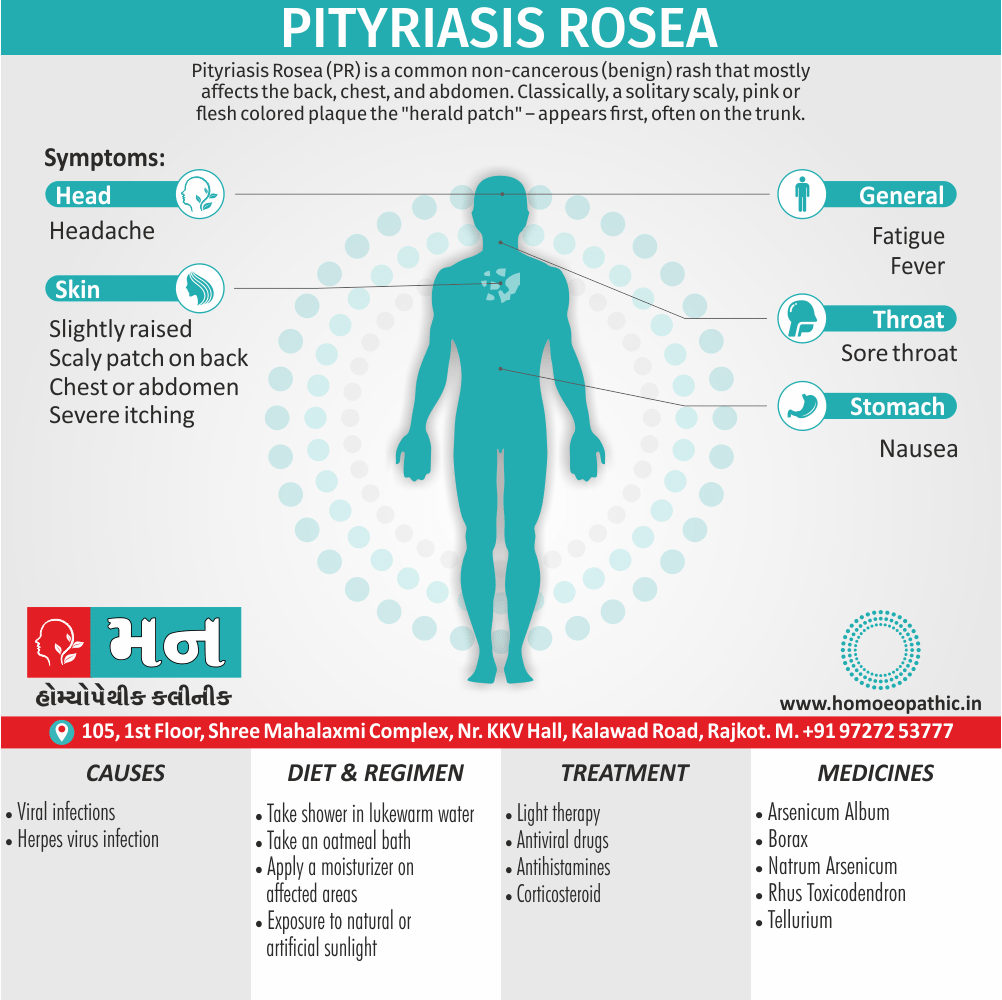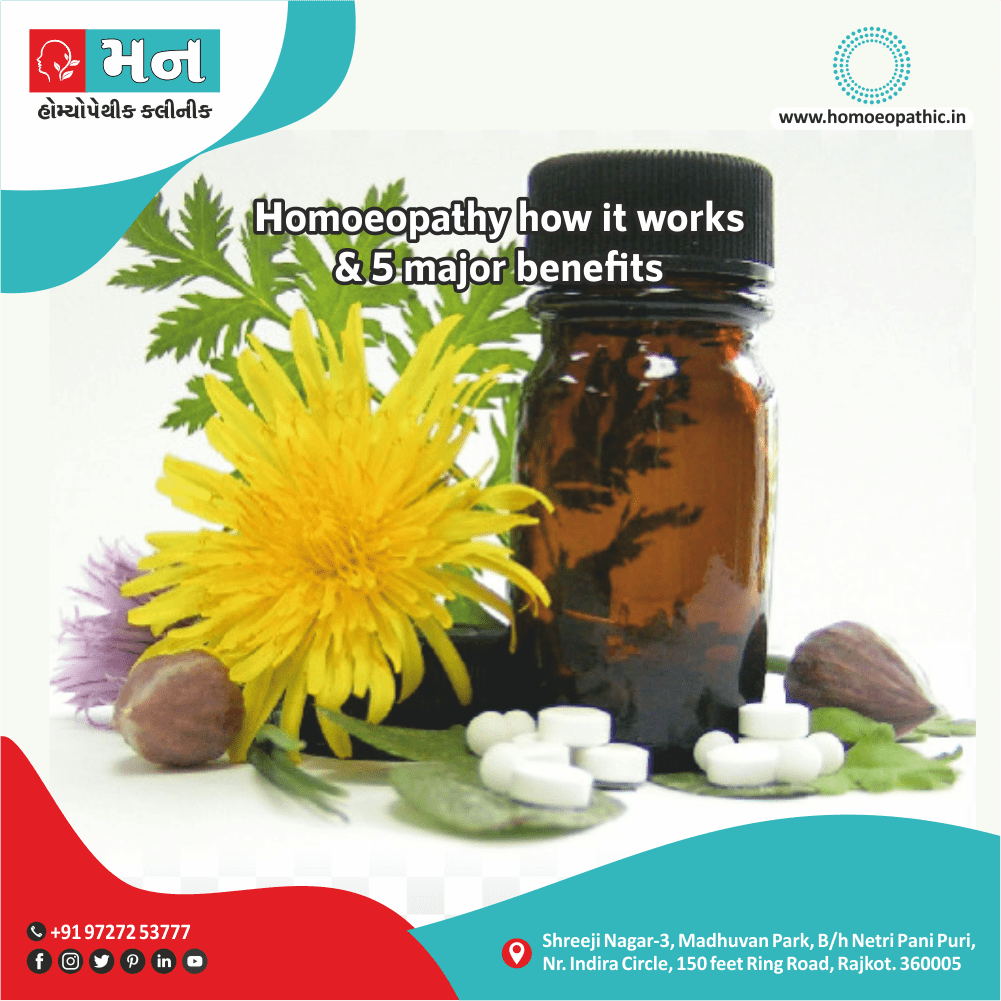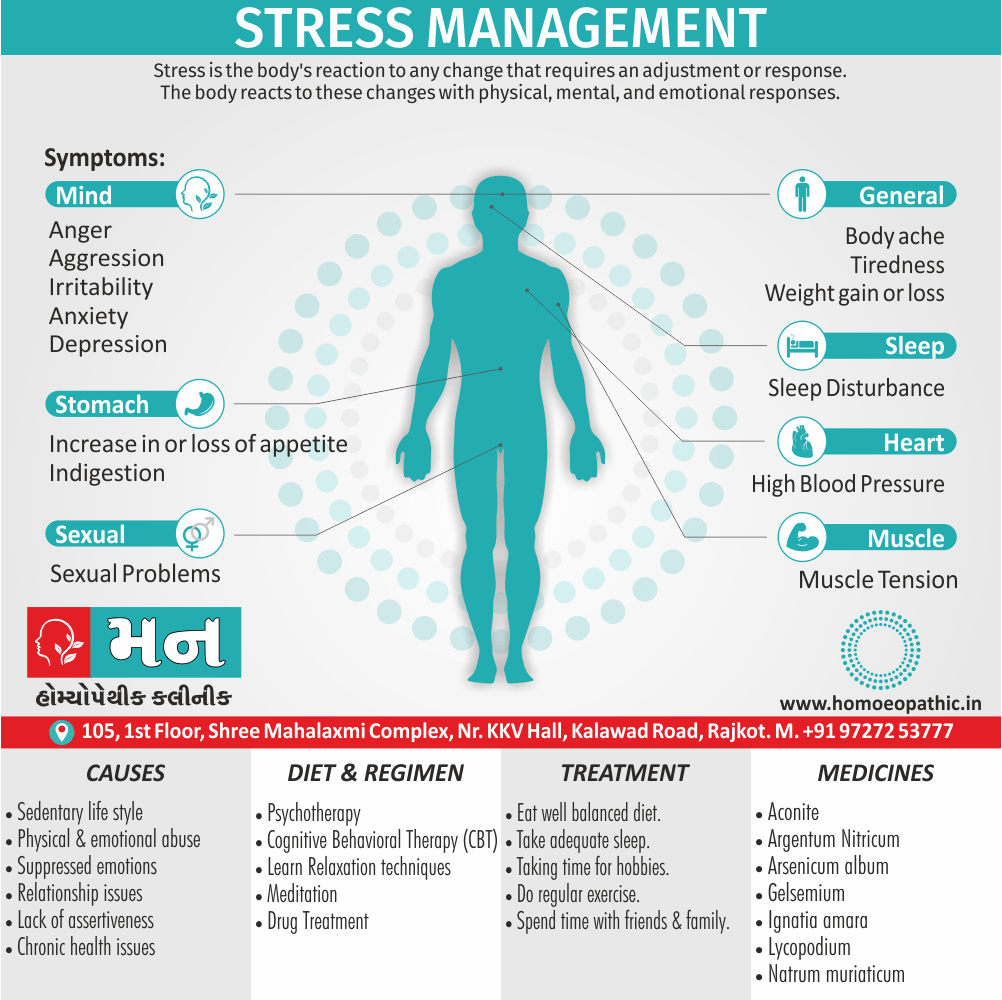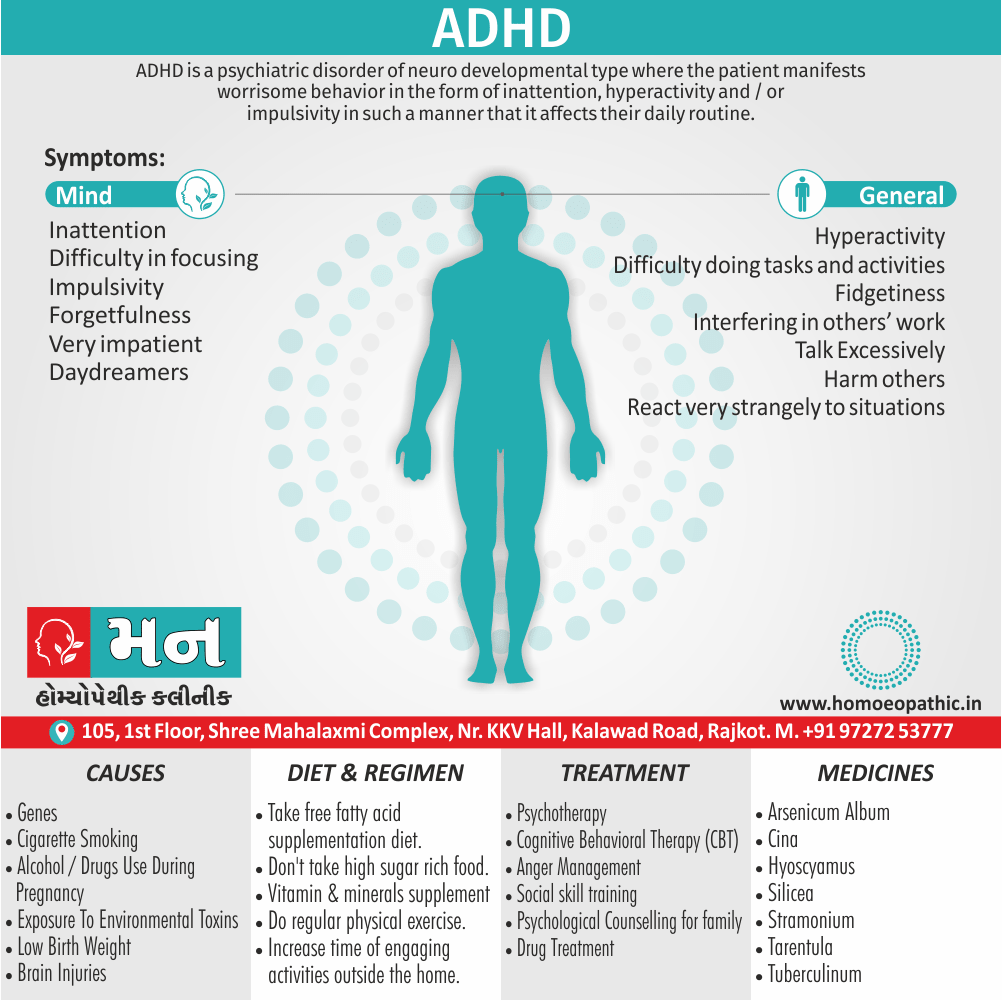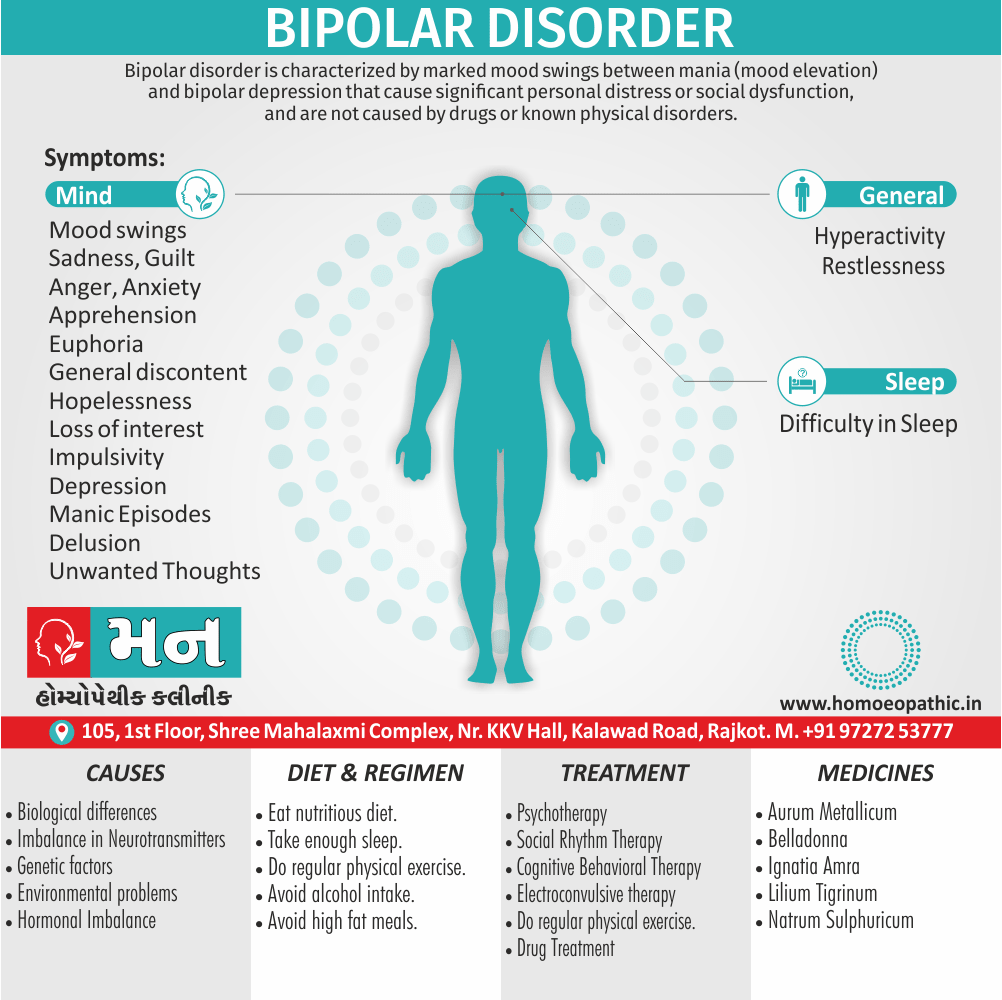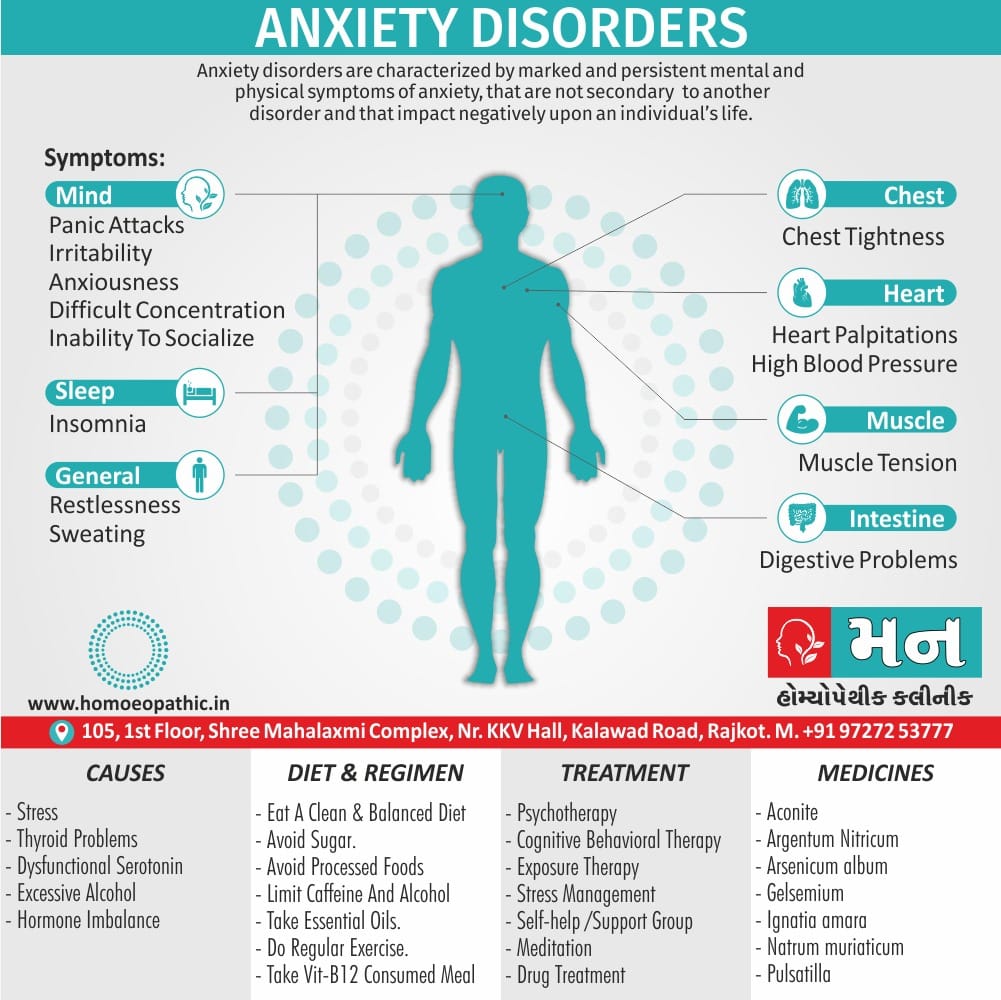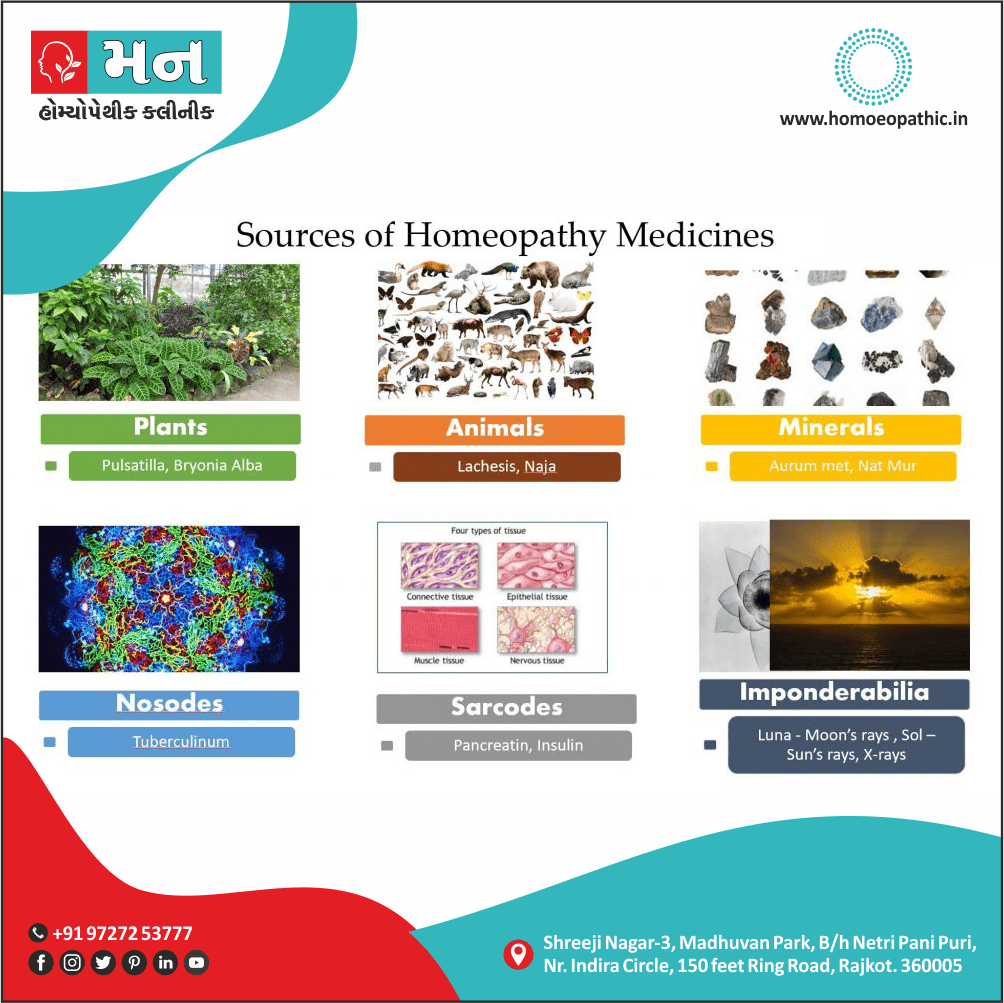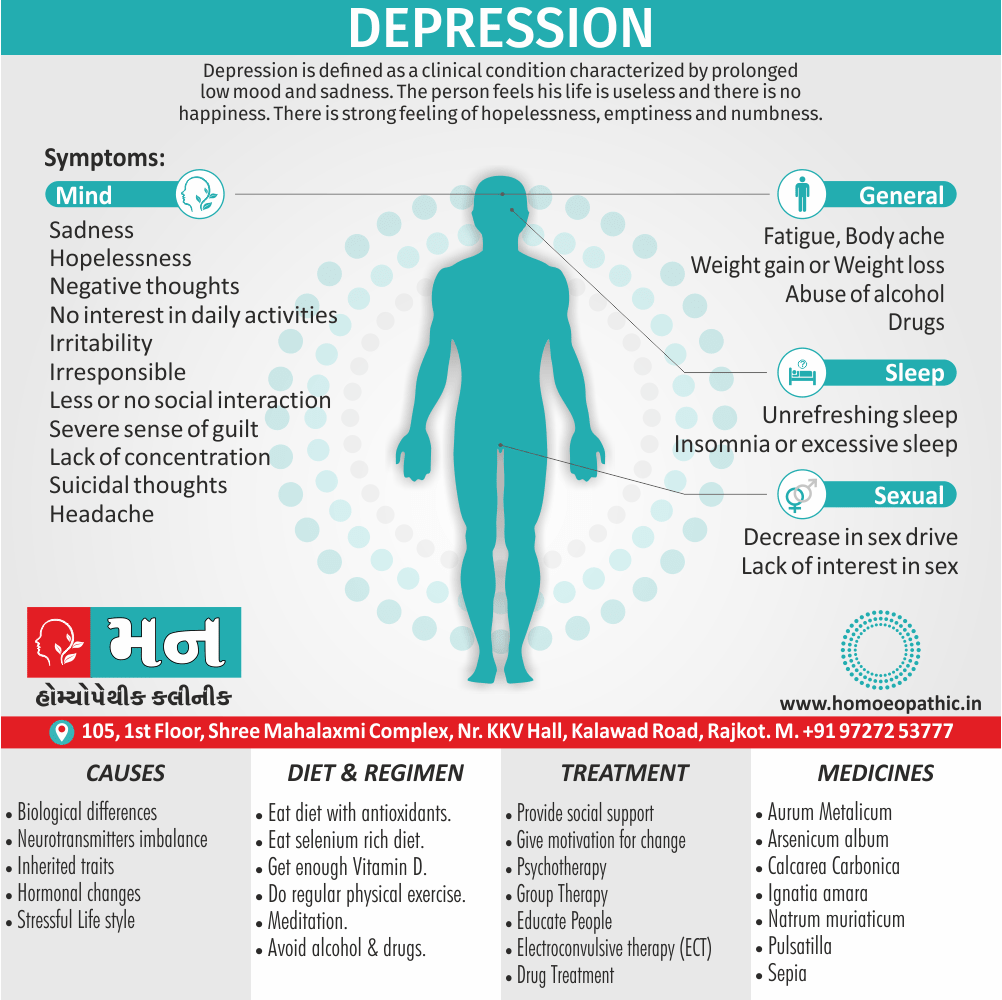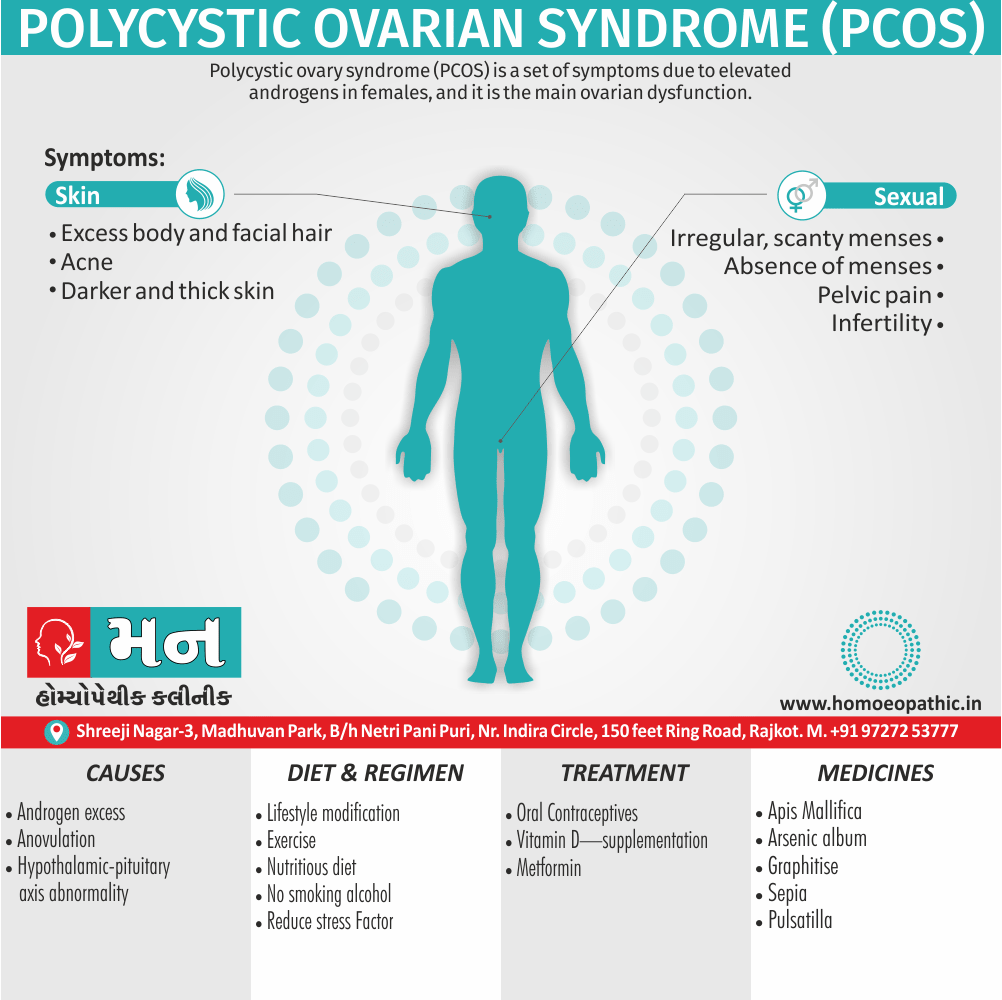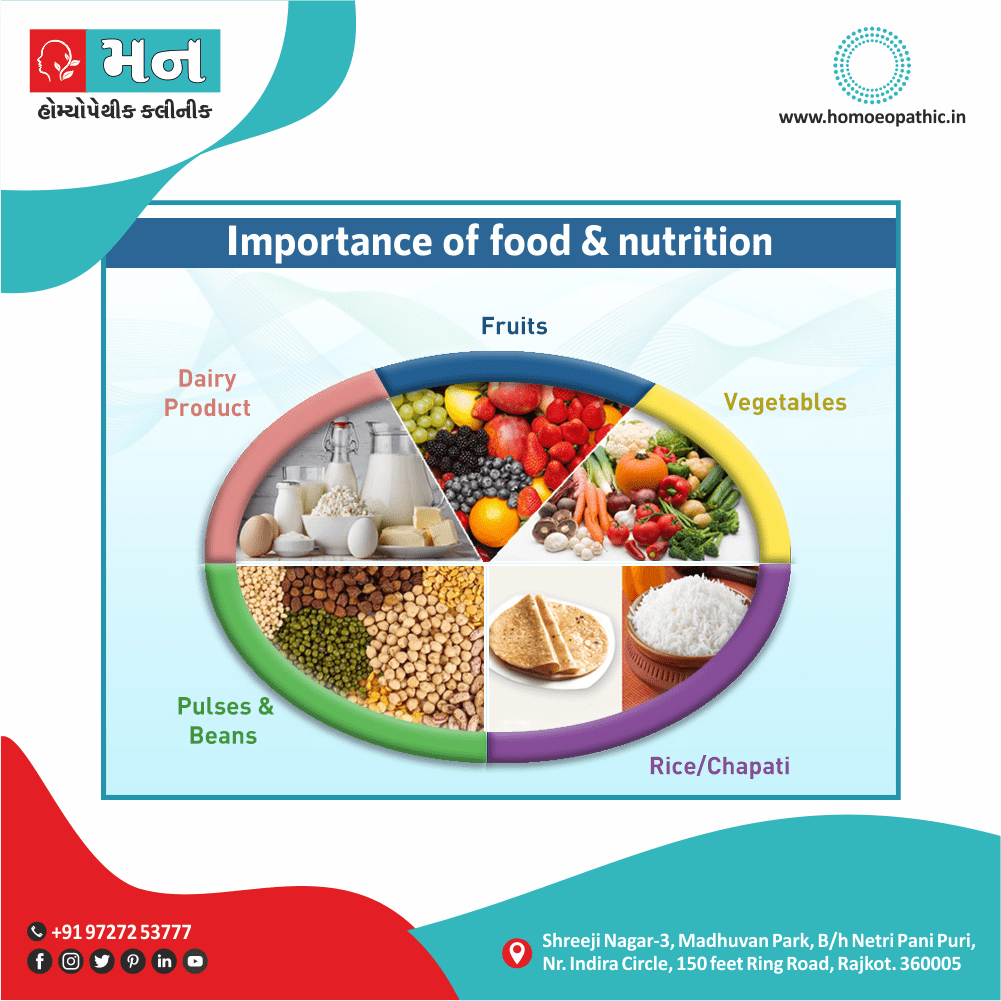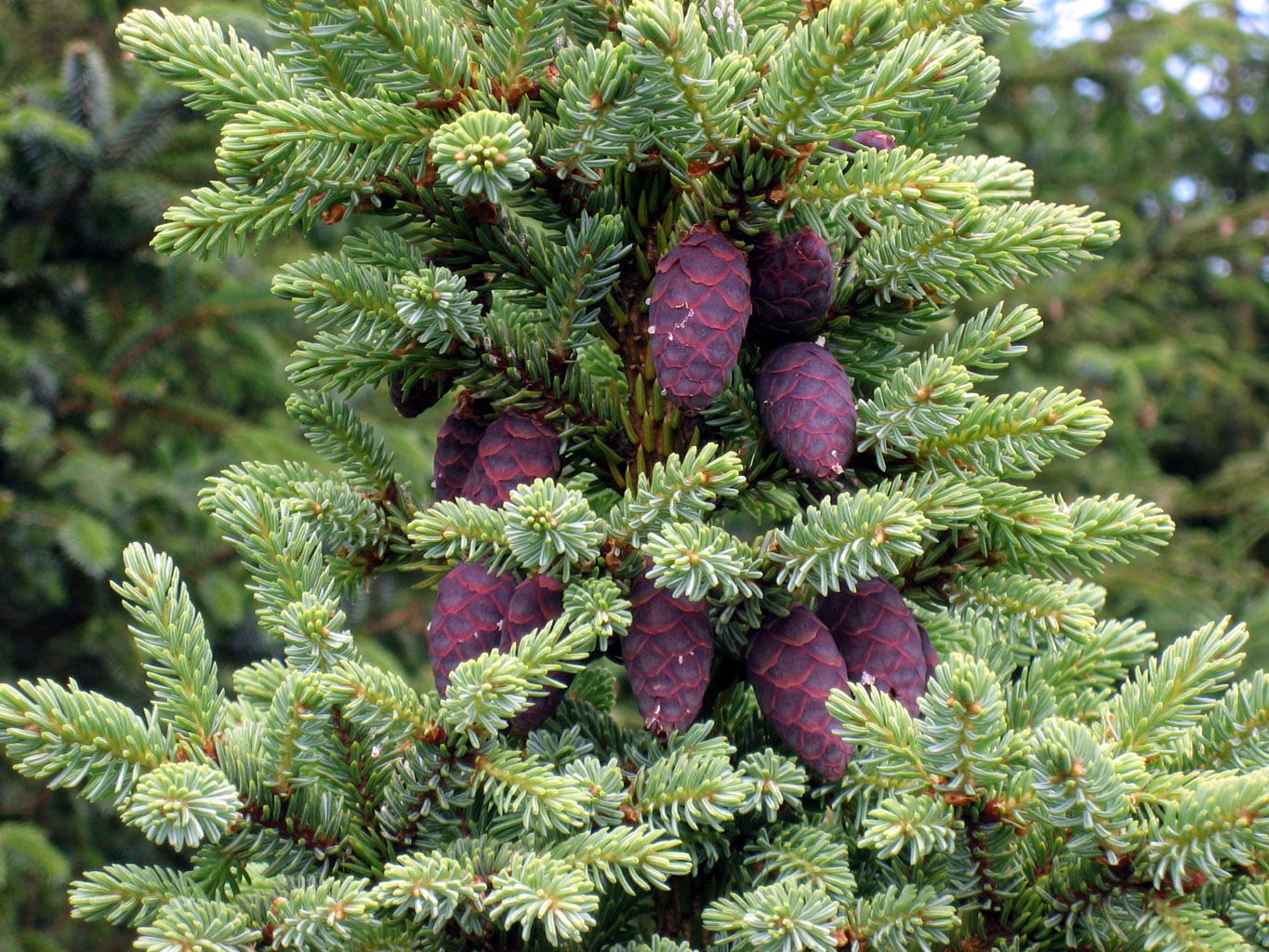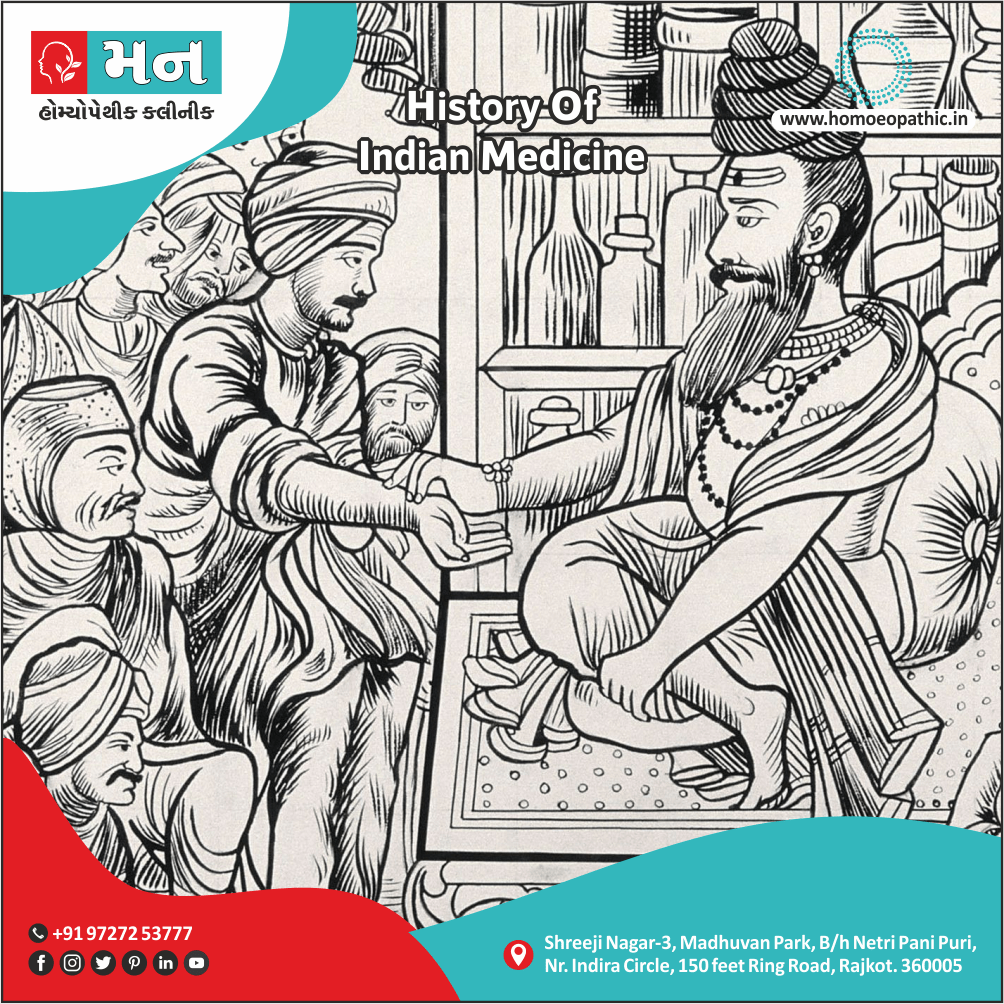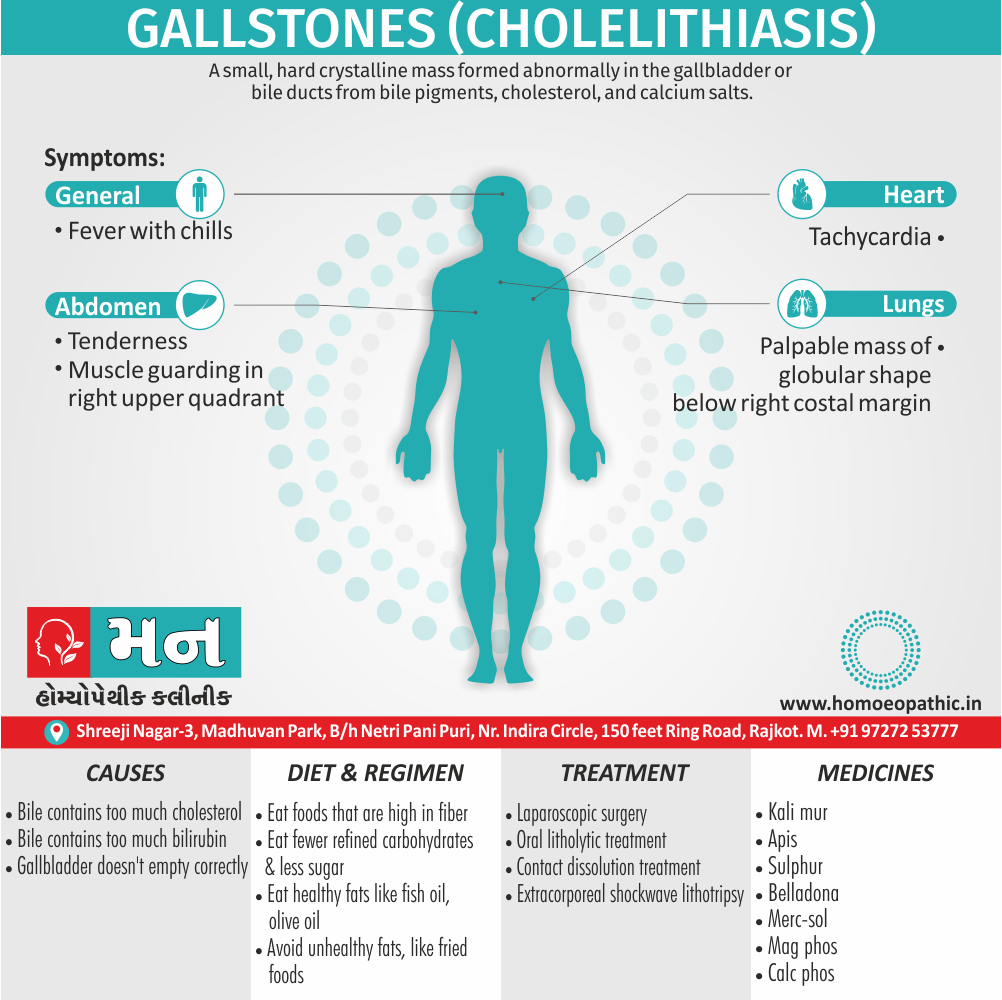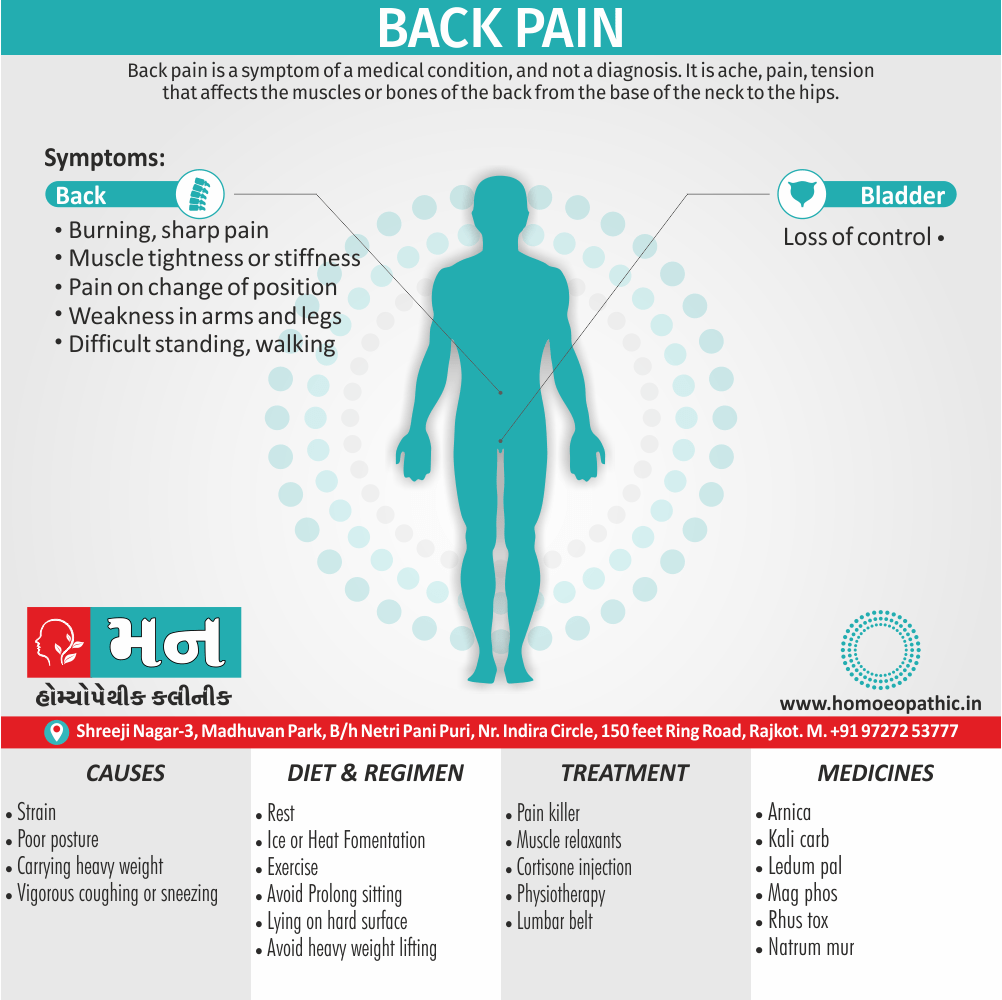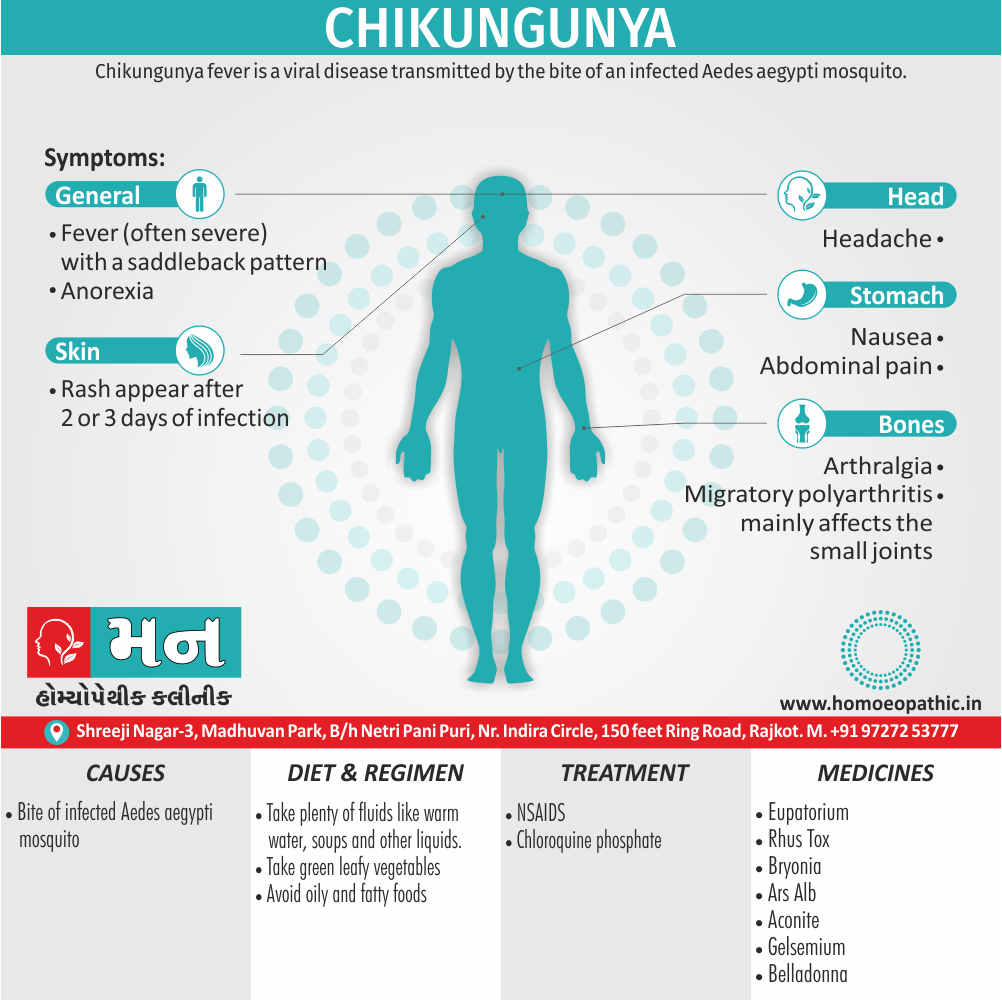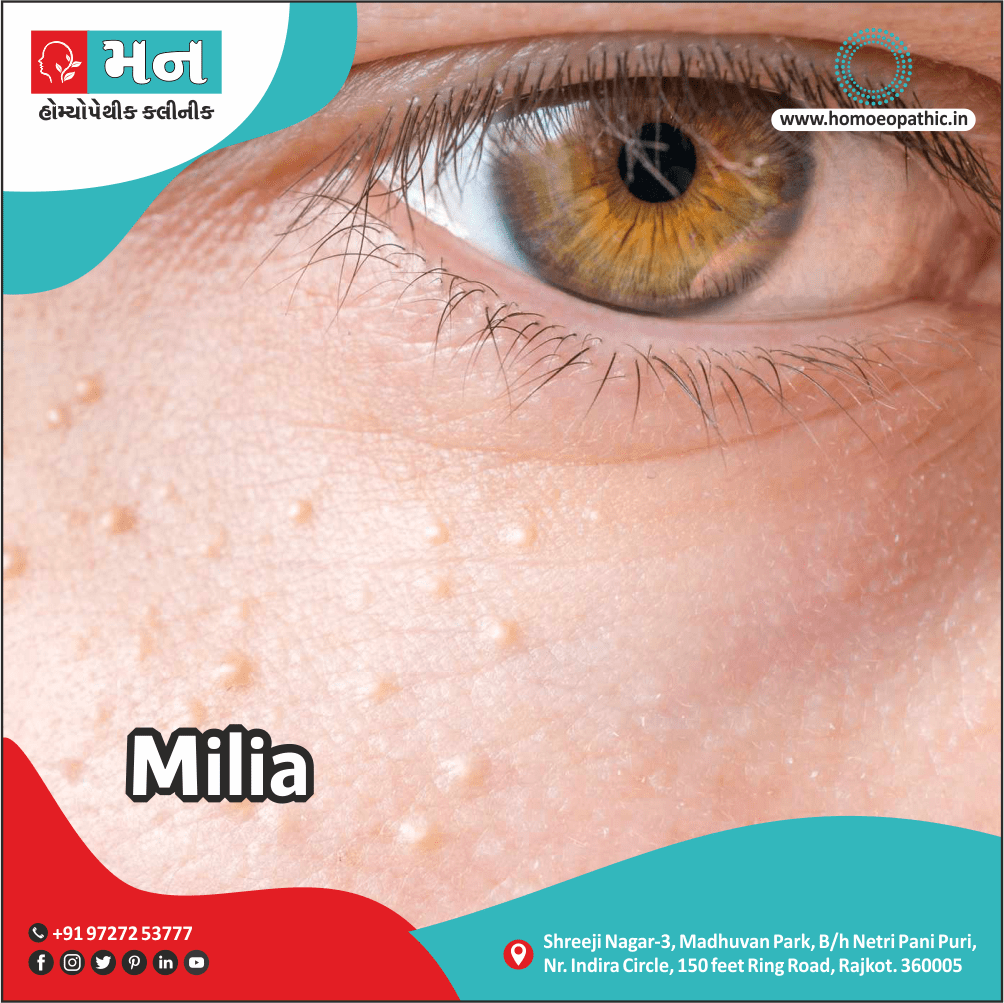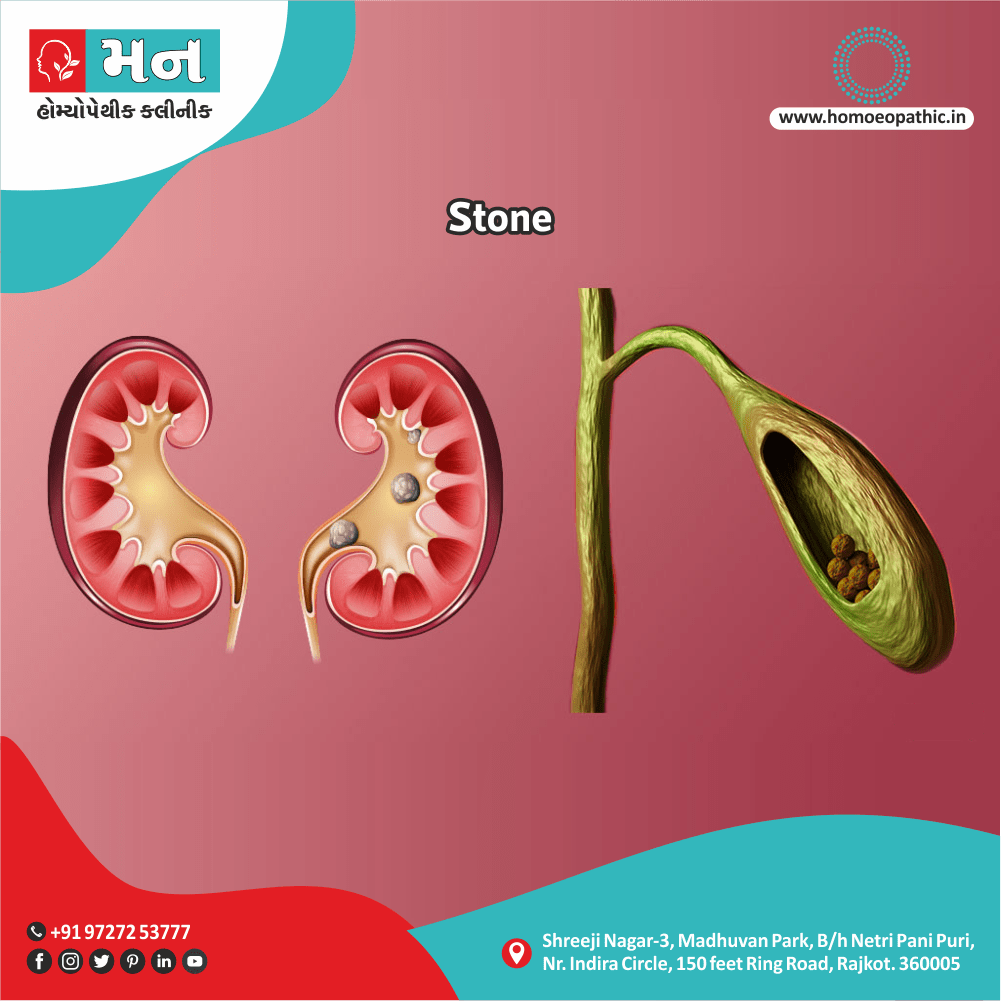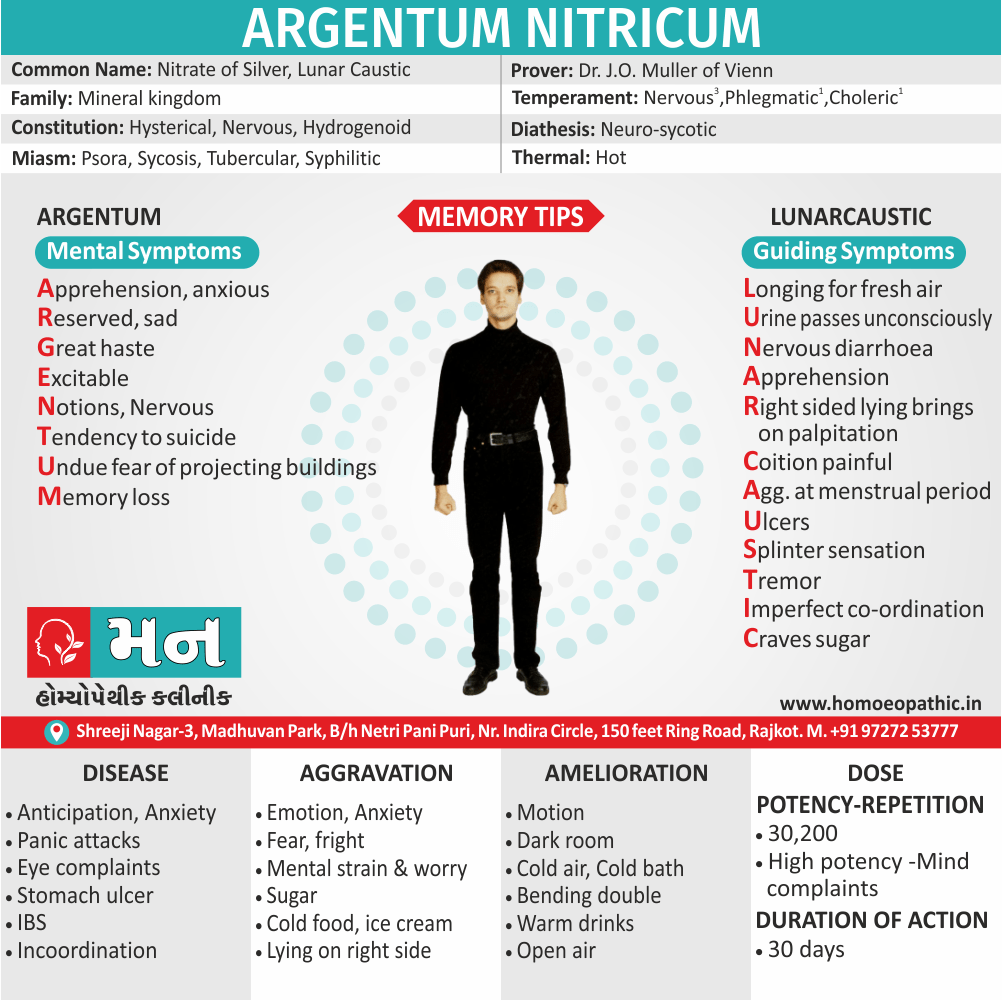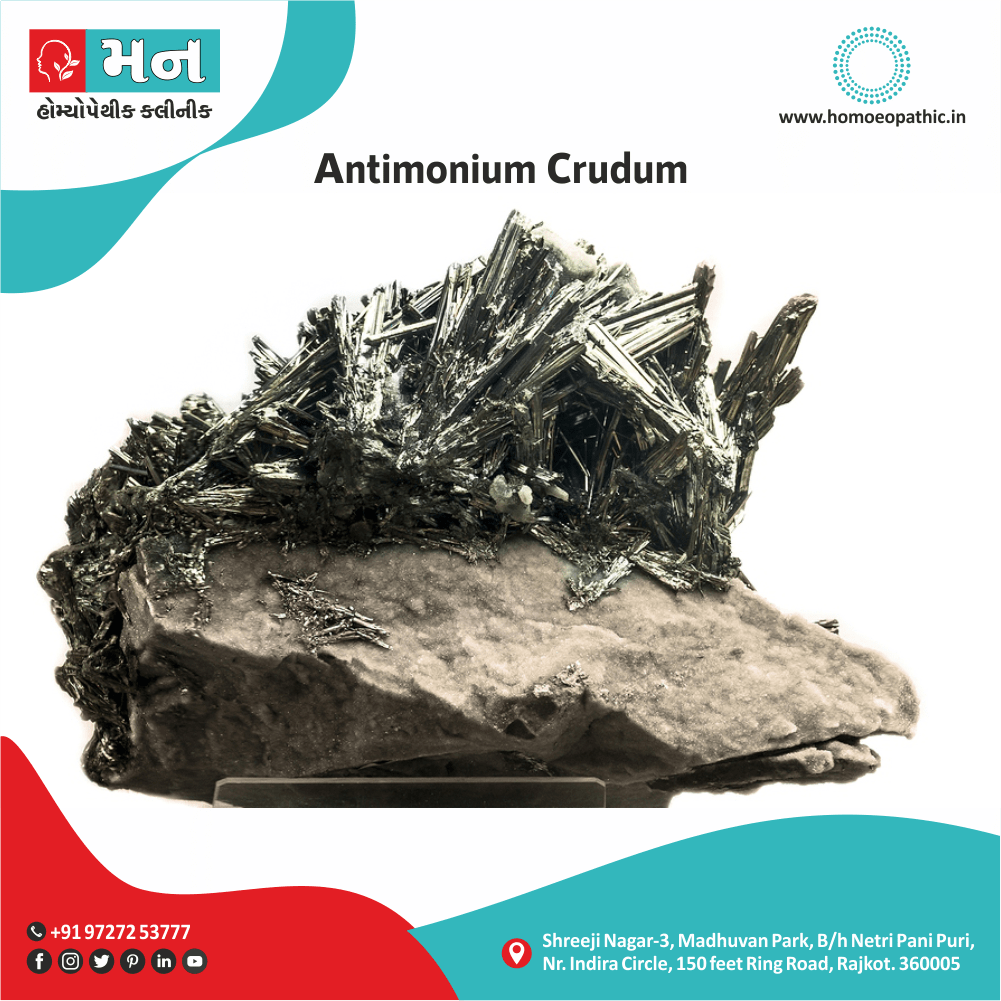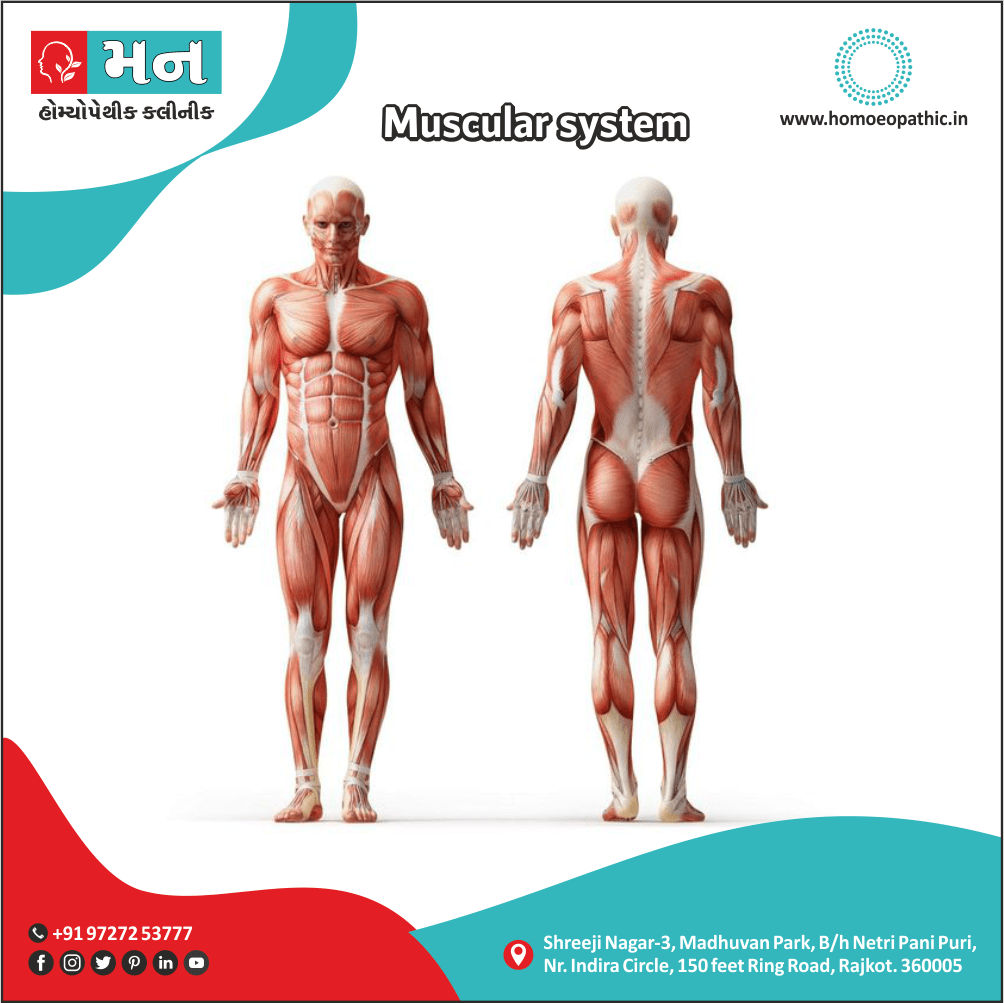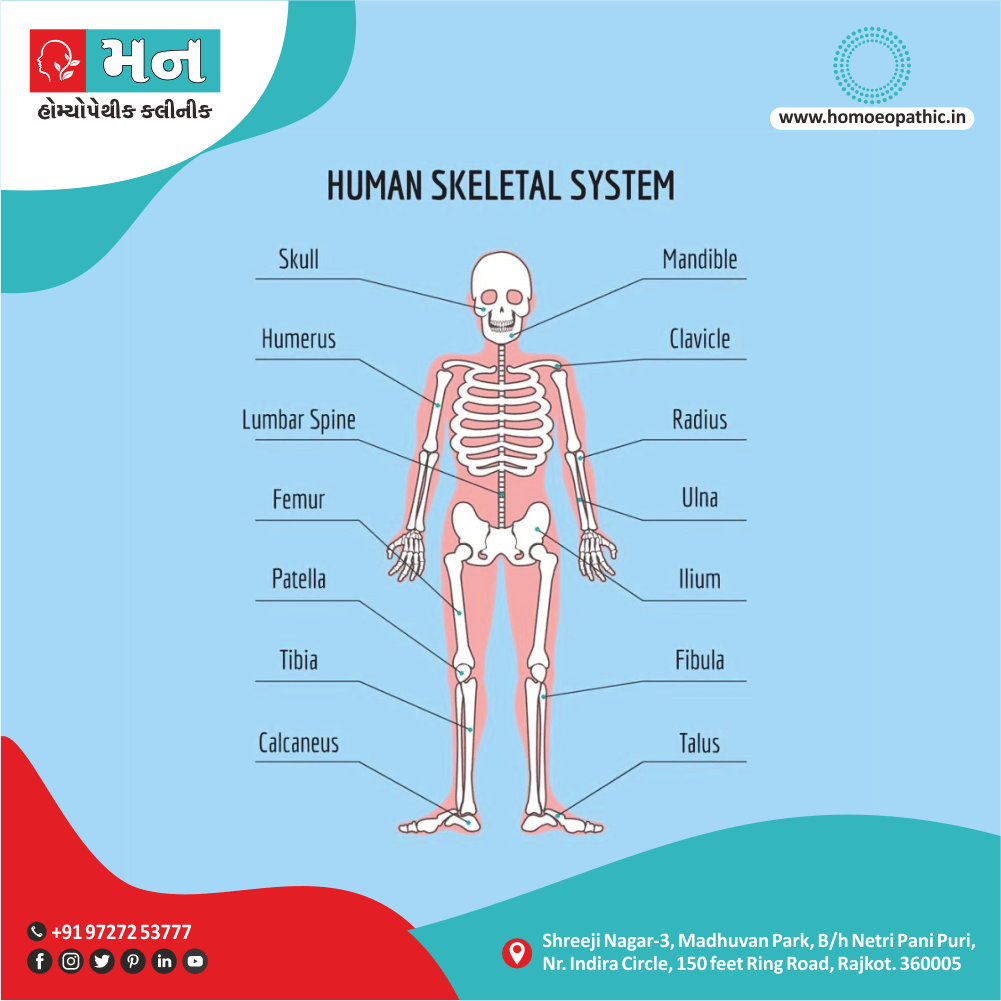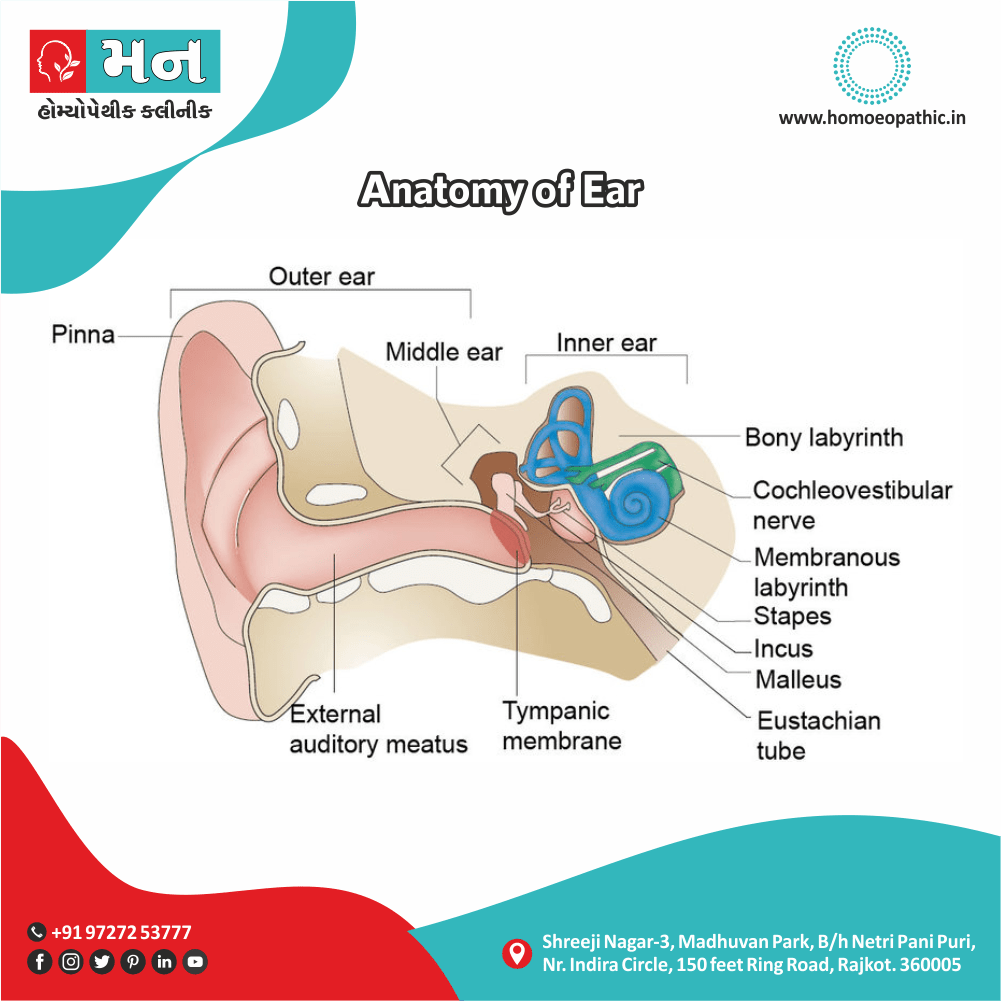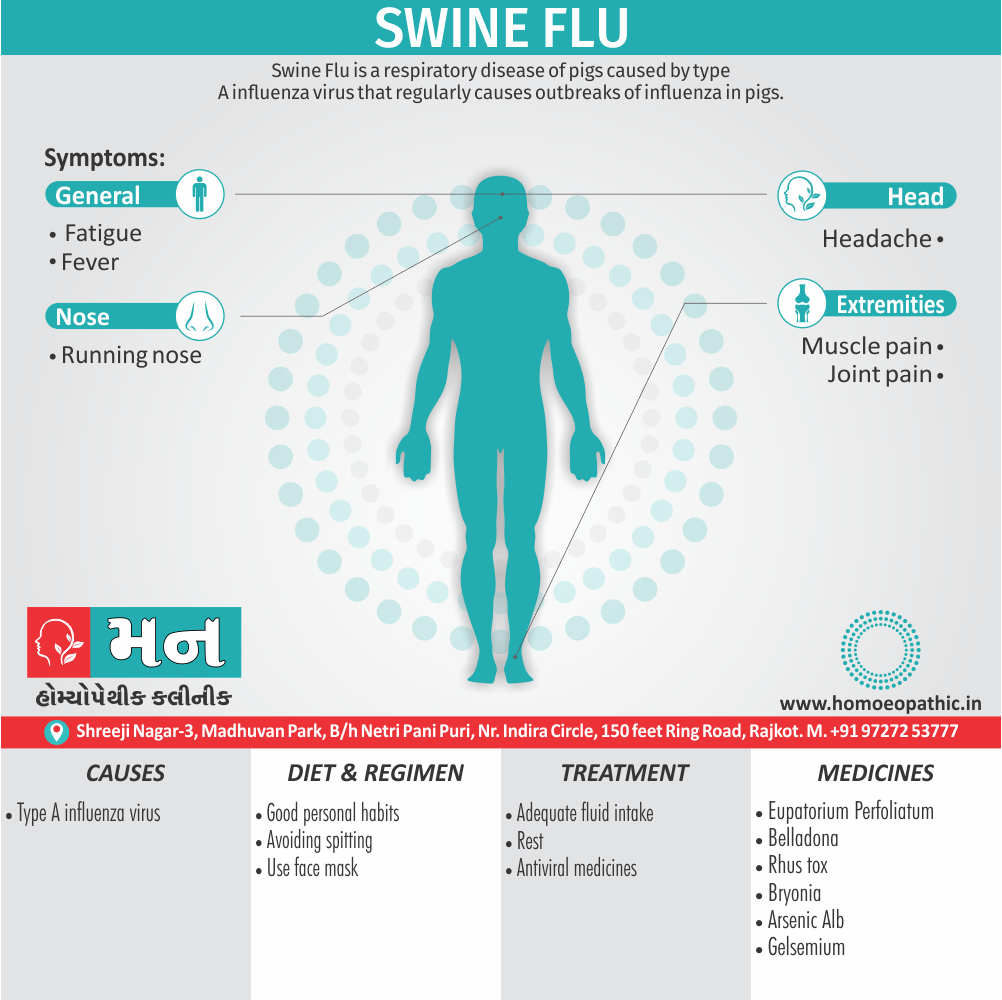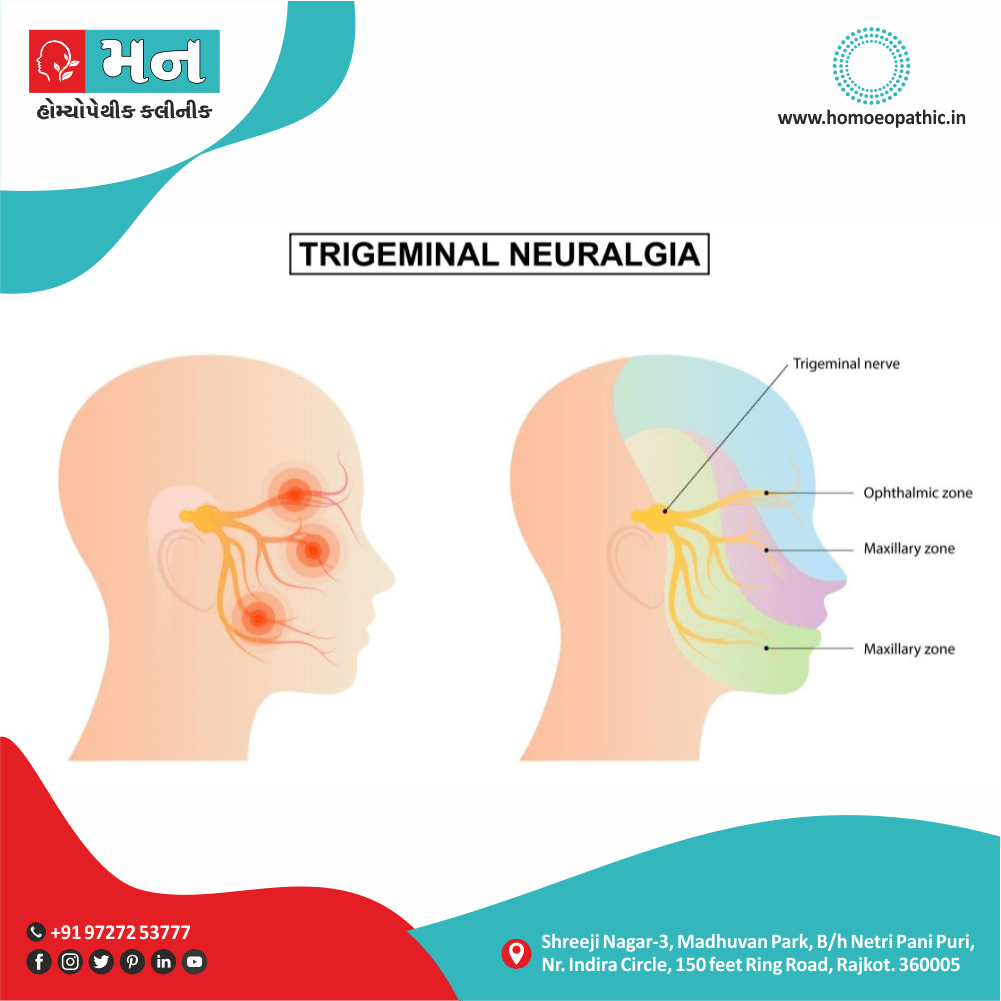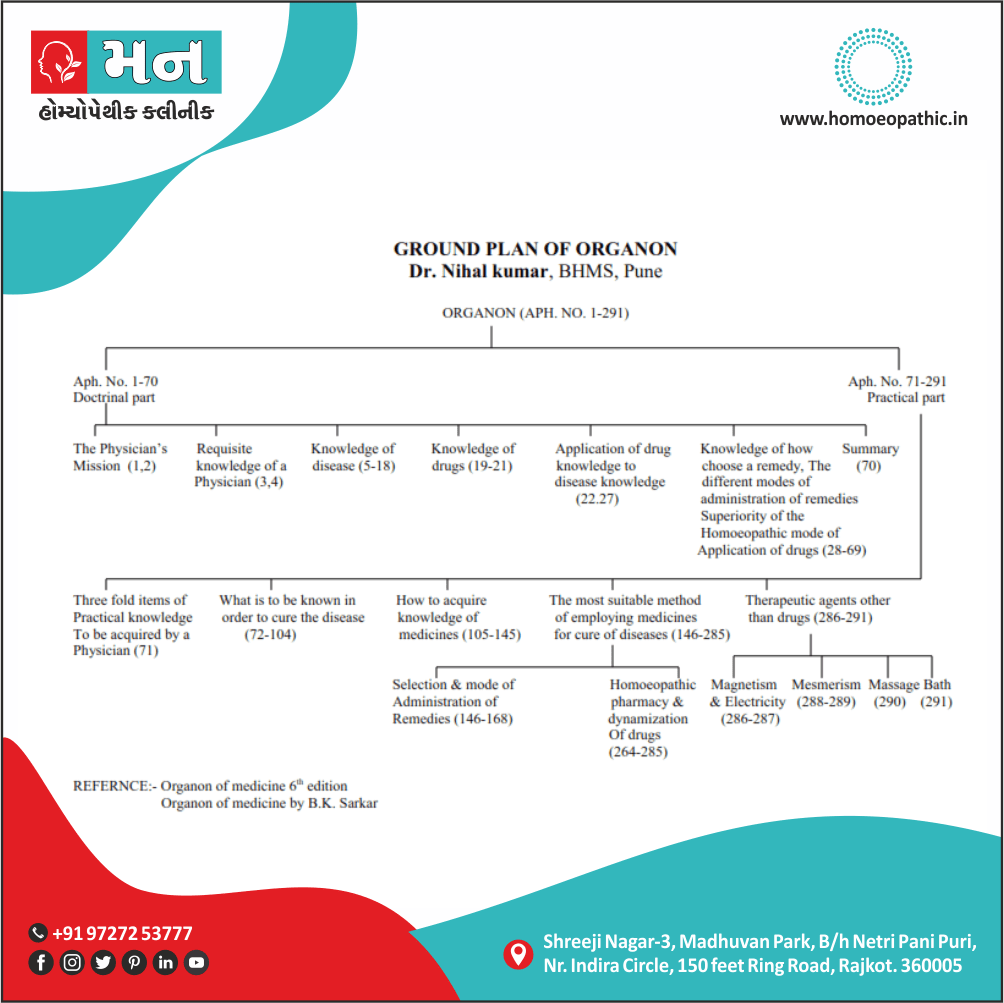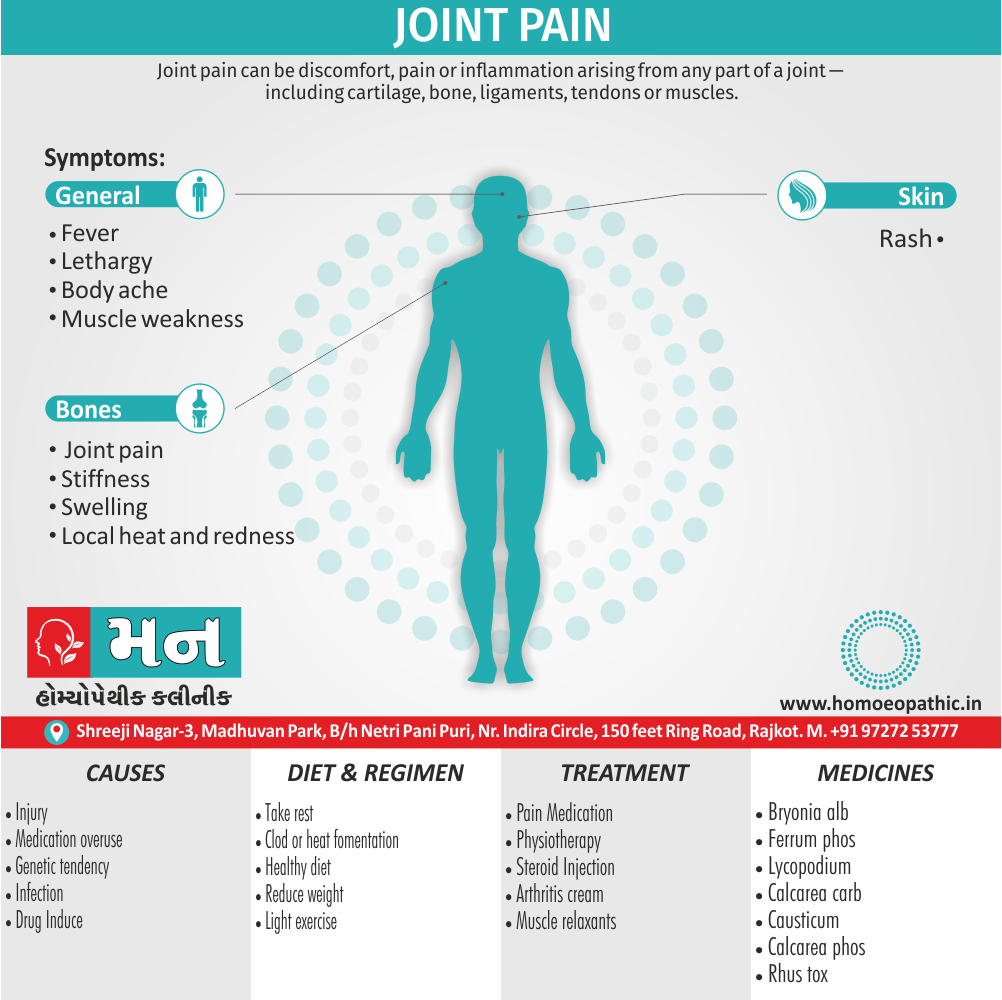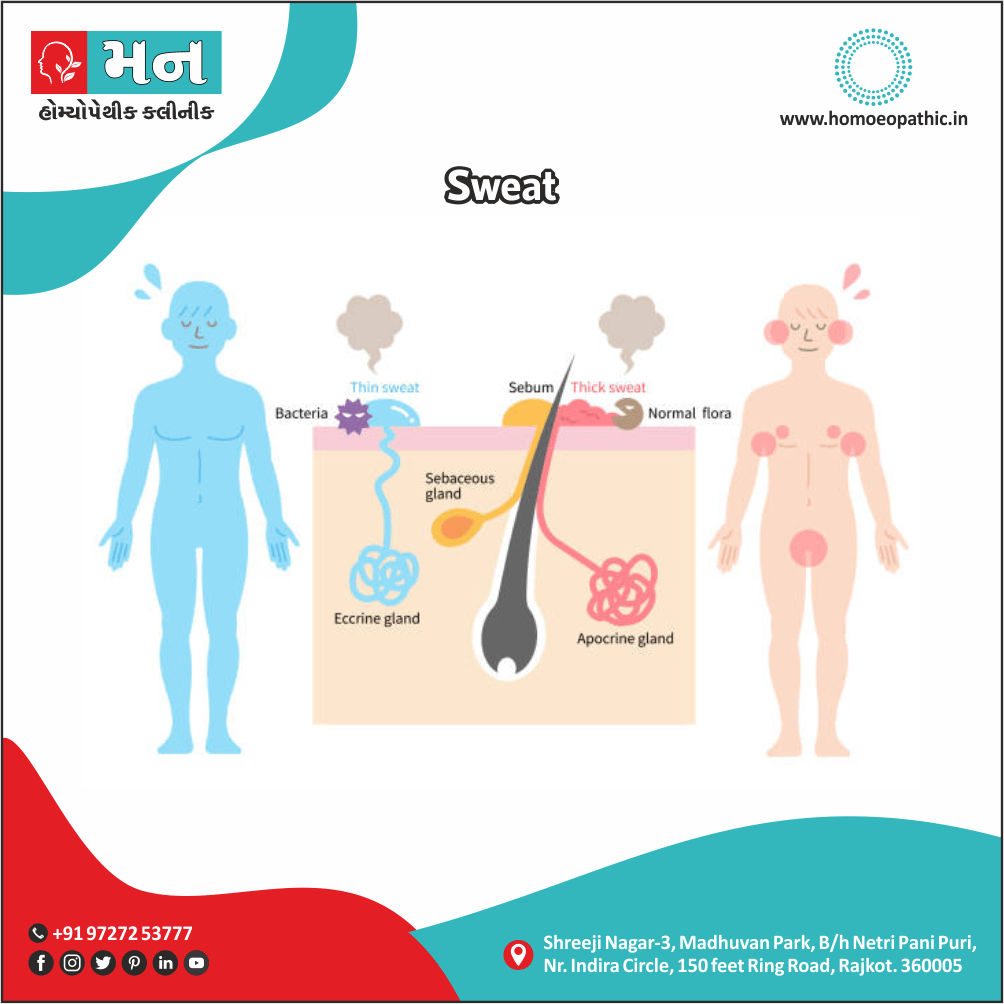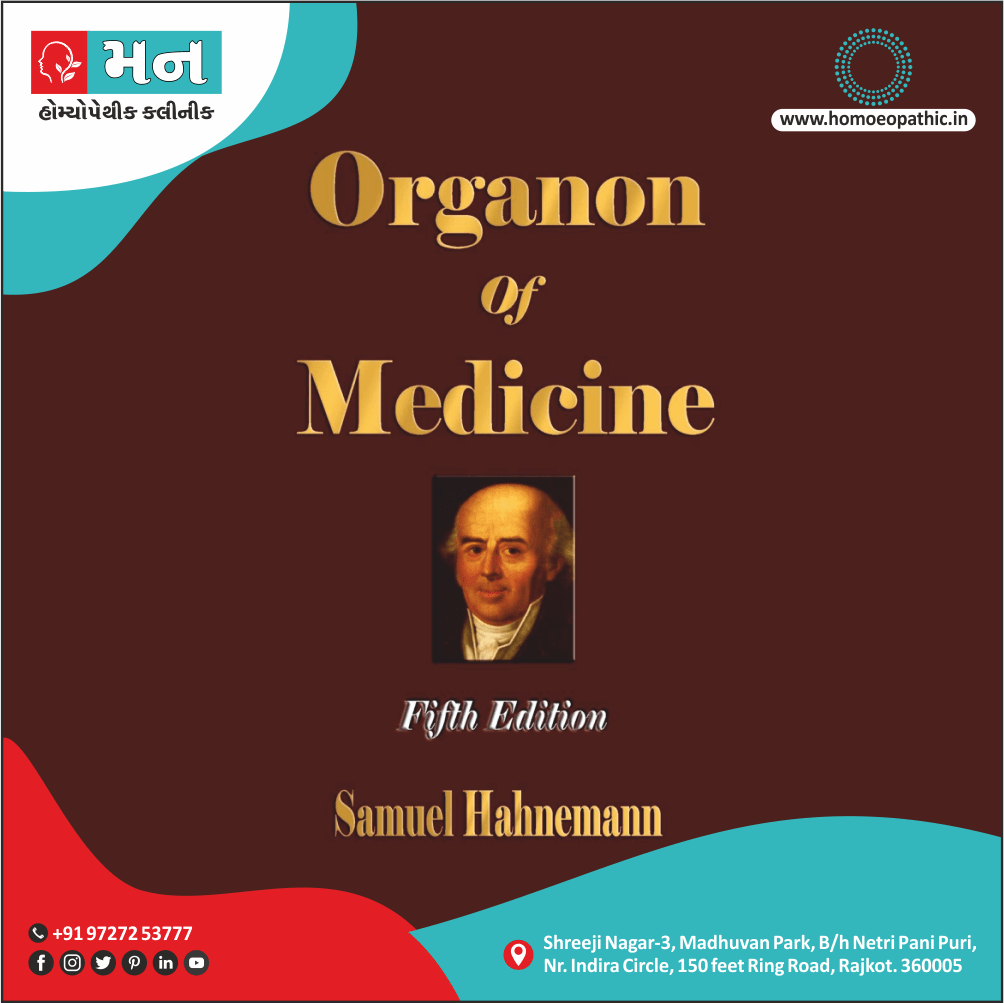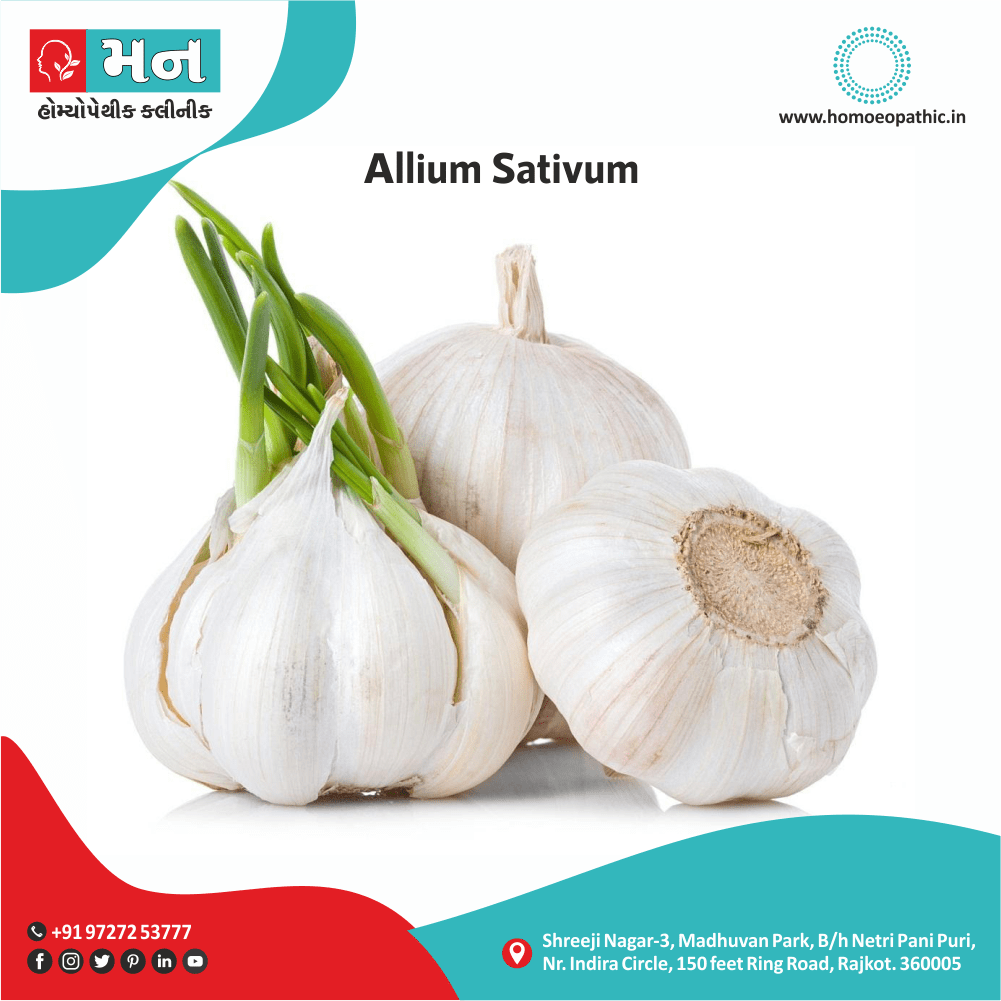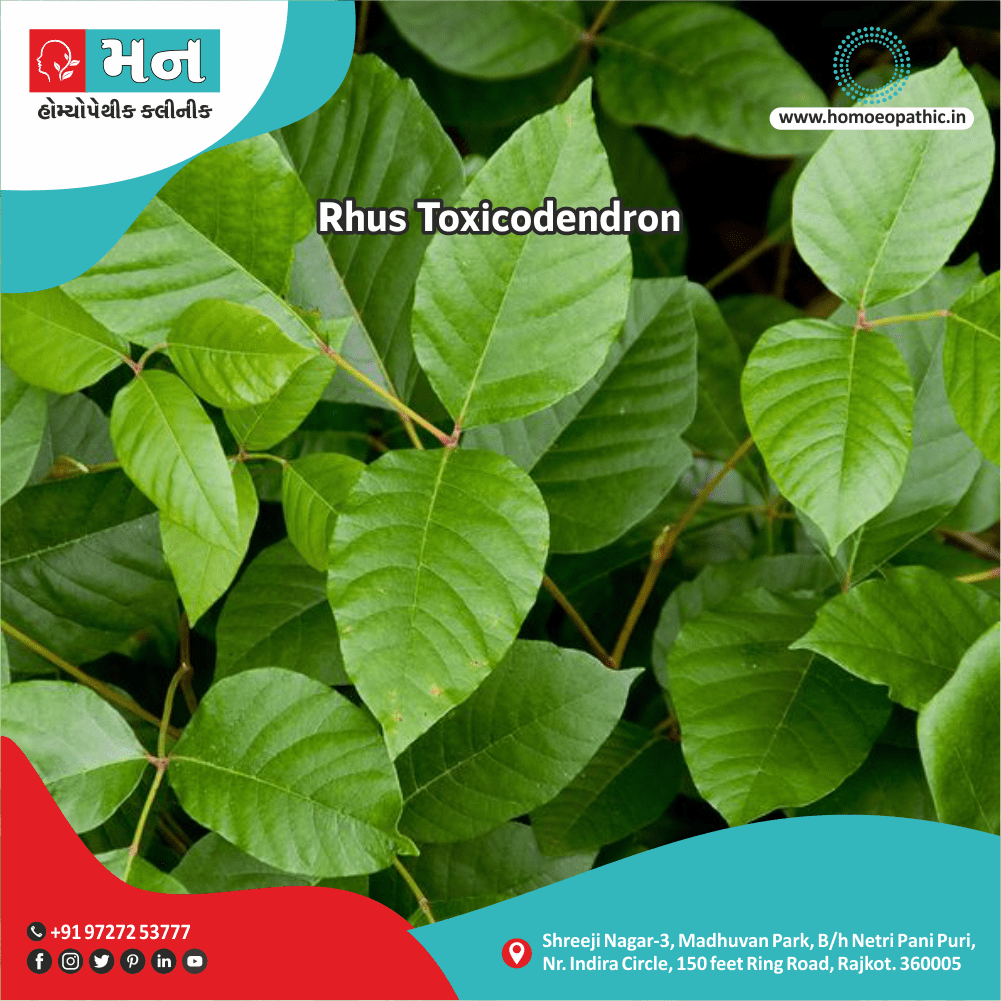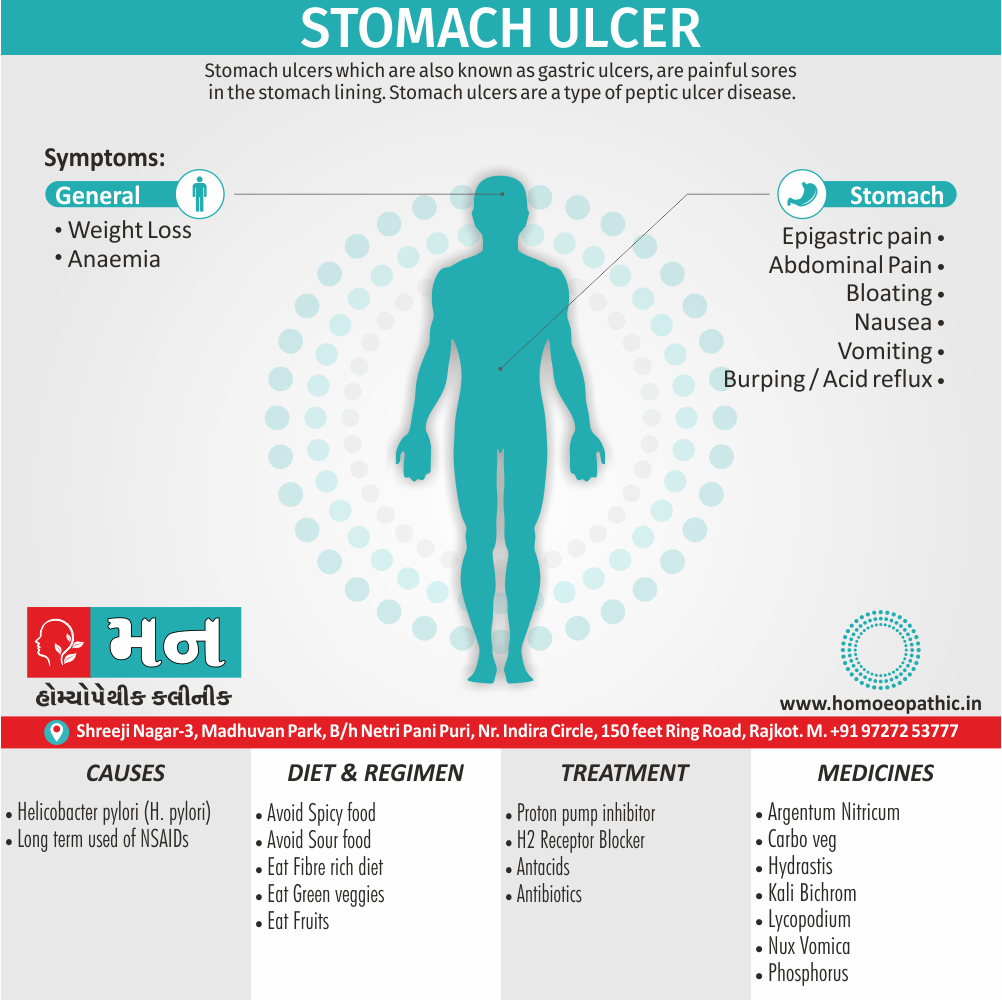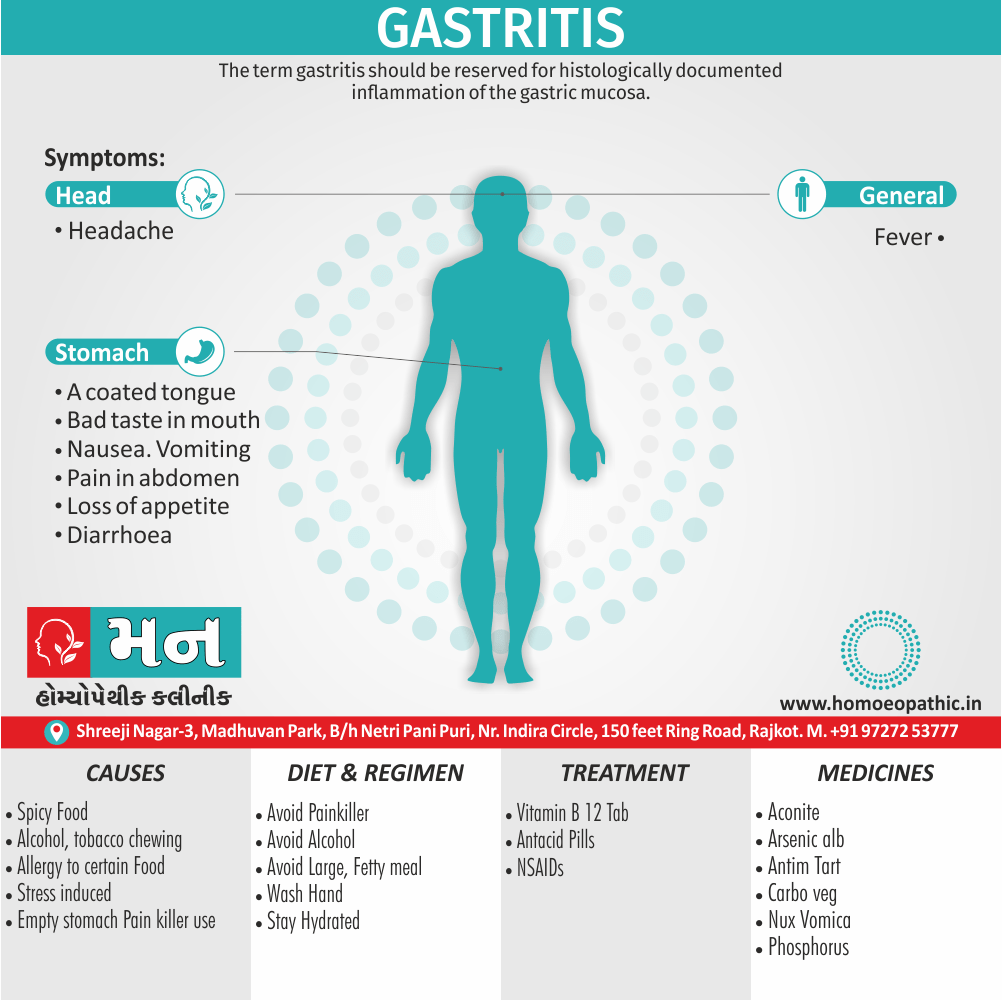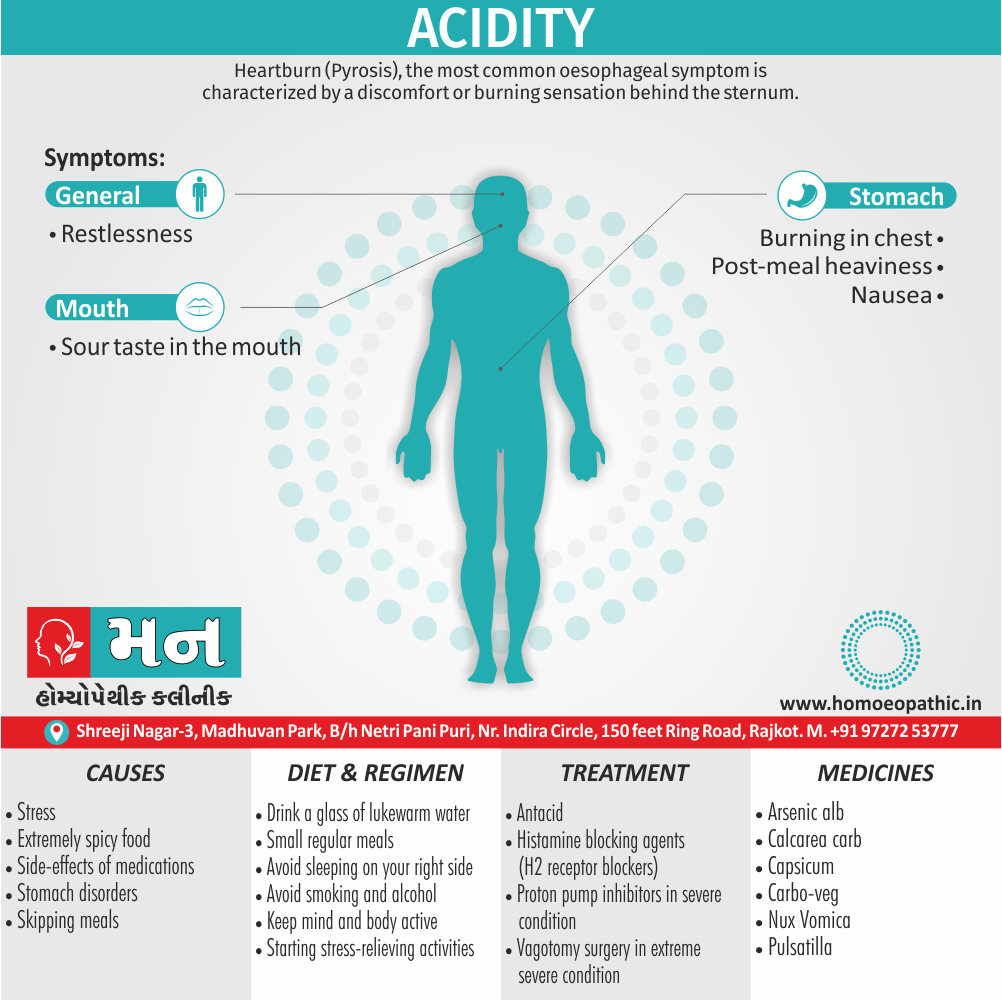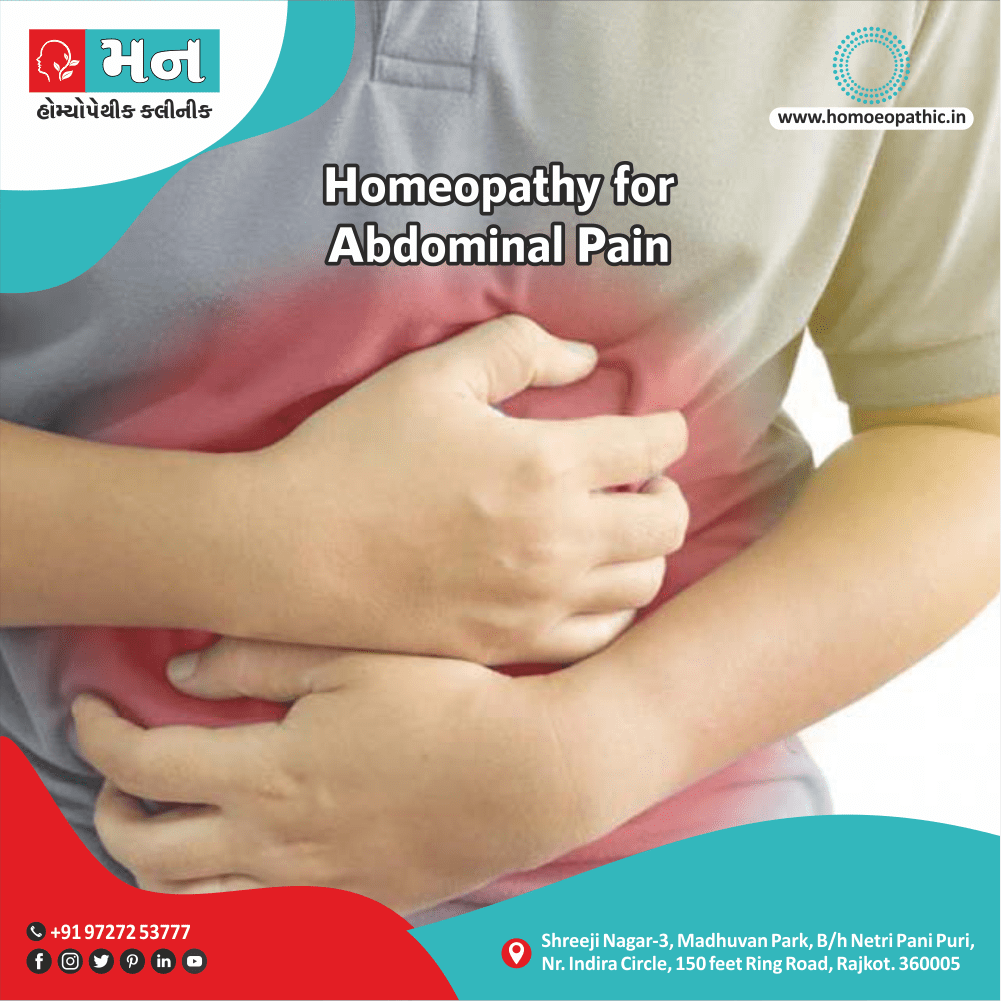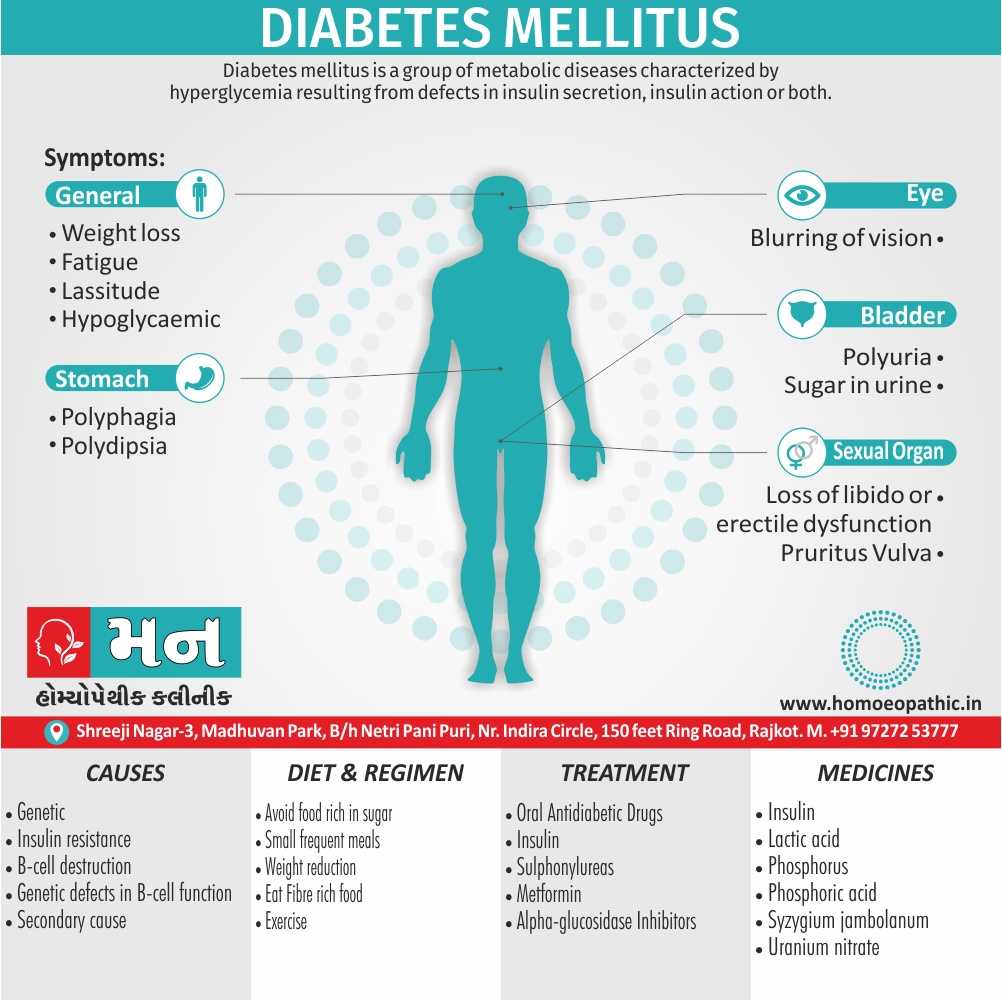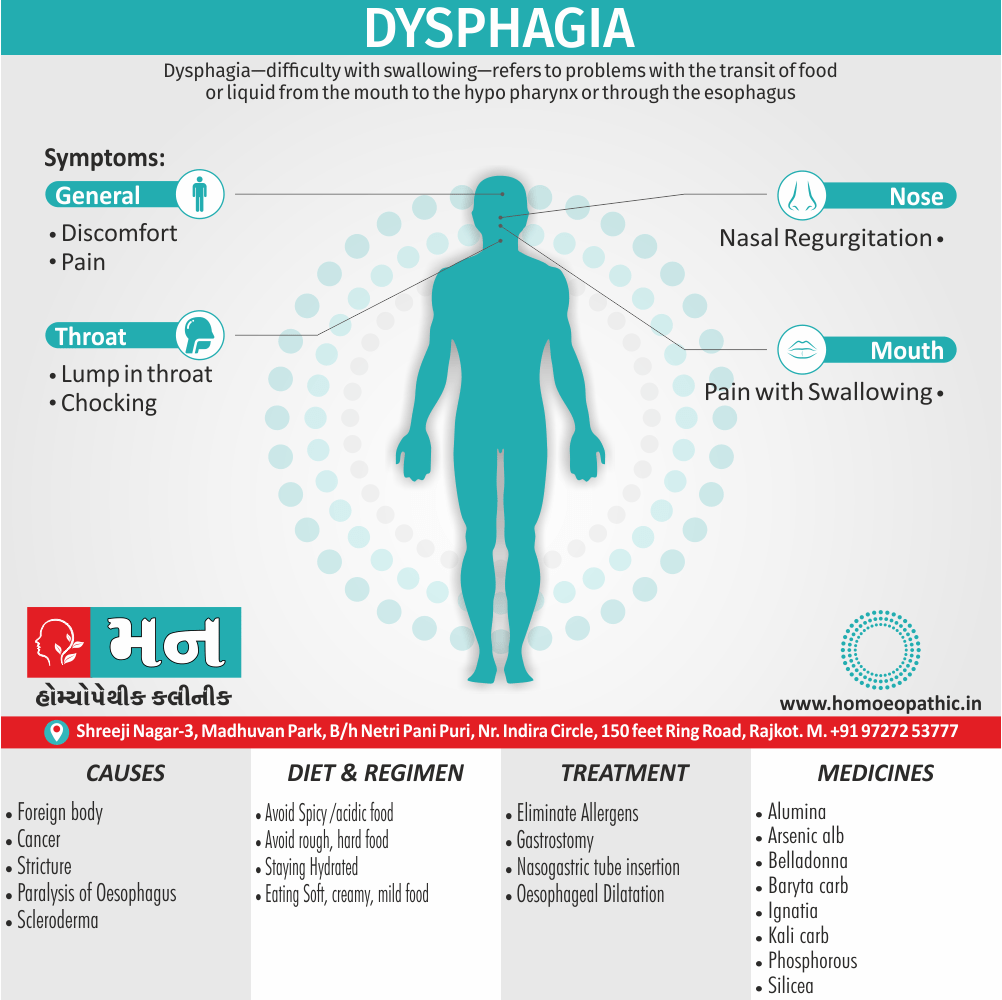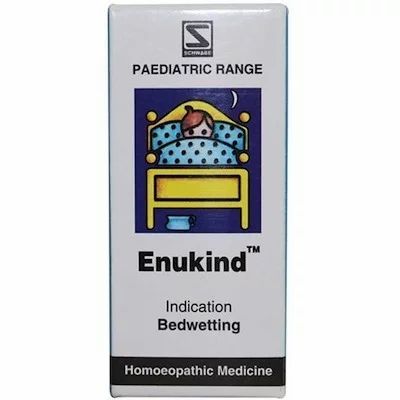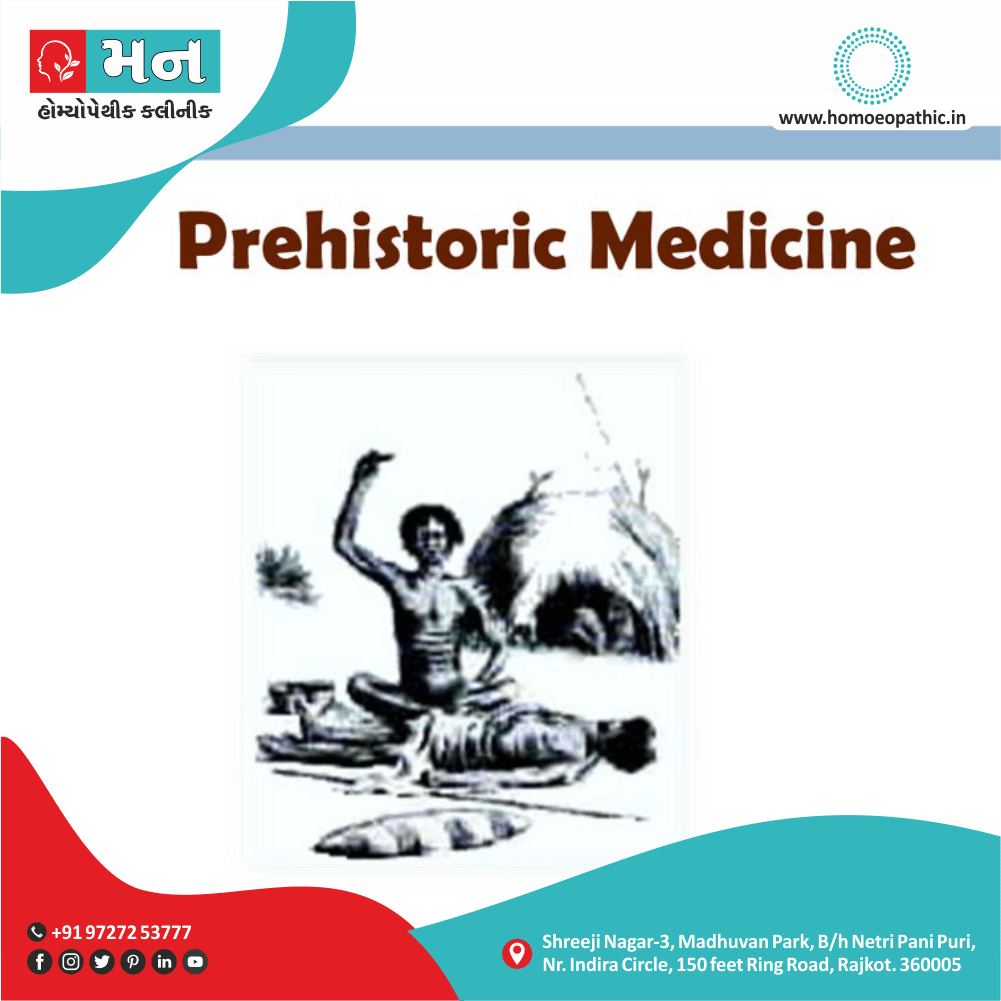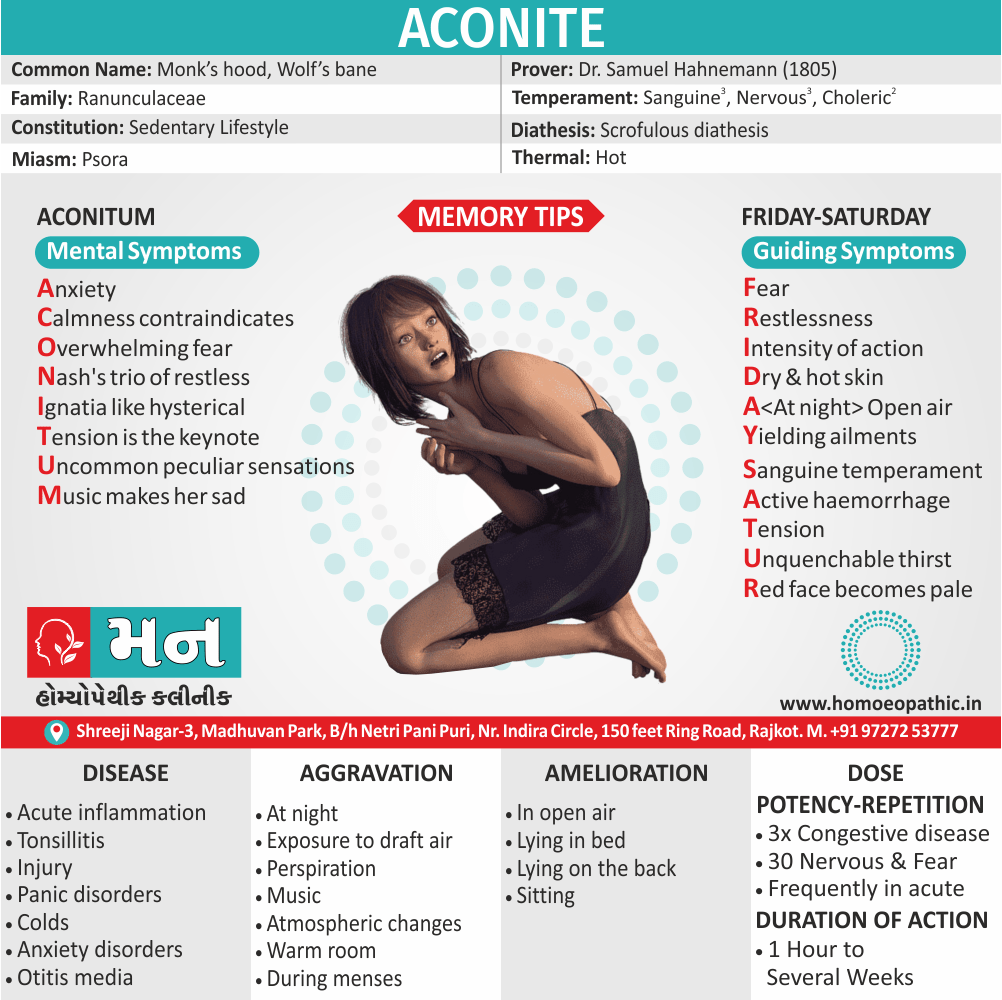Overview
- It is affects approximately 1.5–3% of Caucasians and is less common in Asian, South American and African populations.
- It occurs equally in both sexes and at any age; although it is uncommon under the age of 5 years, more than 50% present before the age of 30 years.
- Furthermore, The age of onset follows a bimodal distribution, with an early-onset type in the teenage or early adult years, often with a family history of psoriasis and more severe disease course. [1]
- It is an autoimmune condition that causes cells to develop rapidly on the skin.
- This overgrowth can lead to thick, scaly plaques that may either itch or cause discomfort.
- In detail, there are several different types of psoriasis that vary, depending on the appearance of the scales and their location on the body.
- In the United States, over 8 million people have psoriasis.
- Environmental triggers often cause symptoms of psoriasis to flare.
- While a person cannot cure these symptoms, additionally recent developments in psoriasis treatment mean that they can reduce the number of flares, and their severity. [2]
Other factors
- Inflammation also redness around the scales is fairly common.
- Typical psoriatic scales are whitish-silver and develop in thick, red patches.
- Sometimes, these patches will crack and bleed.
- Besides this, It is the result of a speed-up skin production process.
- Typically, skin cells grow deep in the skin also slowly rise to the surface.
- Eventually, they fall off.
- The typical life cycle of a skin cell is one month.
- In people with this disease, this production process may occur in just a few days.
- All in all, Because of this, skin cells don’t have time to fall off. This rapid overproduction leads to the buildup of skin cells. [3]
There are several forms of psoriasis, as described below.
Plaque psoriasis:
Plaque Psoriasis
- Basically, About 80–90% of people with psoriasis have plaque psoriasis.
- Moreover, It usually shows as raised, inflamed, red lesions, covered by silvery, white scales, most often on the elbows, knees, scalp, and lower back. [2]
- Besides this, On skin of color, the discoloration is darker and thicker, more of a purple or grayish color or darker brown.
- They range from coin-size to palm-size.
- Lastly, They are often itchy and painful, and they can crack and bleed. [3]
Sites:
The most common sites are the extensor surfaces, notably elbows also knees, and the lower back.
Others include:
Scalp:
- Involvement is seen in approximately 60% of patients.
- Typically, easily palpable, erythematous scaly plaques are evident within hair-bearing scalp also there is clear demarcation at or beyond the hair margin.
- Occipital involvement is common also difficult to treat.
- Less often, fine diffuse scaling may be present also difficult to distinguish from seborrhoeic dermatitis.
- In detail, Involvement of other ‘seborrhoeic sites’, such as eyebrows, nasolabial folds and the pre-sternal area, is not uncommon and again may confuse with seborrhoeic dermatitis.
- Lastly, Temporary hair loss can occur but permanent loss is unusual.
Nails:
- Involvement is common, with ‘thimble pitting’, onycholysis (separation of the nail from the nail bed), subungual hyperkeratosis and periungual involvement.
Flexures:
- It is of the natal cleft and submammary and axillary folds is usually symmetrical, erythematous and smooth, without scale.
Palms:
It is of the palms can be difficult to distinguish from eczema. [1]
Inverse psoriasis:
https://www.psoriasis.org/about-psoriasis
- https://www.drhomeo.com/homeopathy-for-skin/psoriasis-and-its-homeopathic-treatment/
Definition:
Psoriasis is a chronic inflammatory, auto immune, hyperproliferative skin disease, characterised by well-defined, erythematous scaly plaques, particularly affecting extensor surfaces and scalp, and usually follows a relapsing and remitting course. [1]
Overview
Epidemiology
Causes
Risk Factors
Pathogenesis
Pathophysiology
Types
Clinical Features
Sign & Symptoms
Clinical Examination
Diagnosis
Differential Diagnosis
Complications
Investigations
Treatment
Prevention
Homeopathic Treatment
Diet & Regimen
Do’s and Dont’s
Terminology
References
FAQ
Also Search As
Overview
Overview
- It is affects approximately 1.5–3% of Caucasians and is less common in Asian, South American and African populations.
- It occurs equally in both sexes and at any age; although it is uncommon under the age of 5 years, more than 50% present before the age of 30 years.
- Furthermore, The age of onset follows a bimodal distribution, with an early-onset type in the teenage or early adult years, often with a family history of psoriasis and more severe disease course. [1]
- It is an autoimmune condition that causes cells to develop rapidly on the skin.
- This overgrowth can lead to thick, scaly plaques that may either itch or cause discomfort.
- In detail, there are several different types of psoriasis that vary, depending on the appearance of the scales and their location on the body.
- In the United States, over 8 million people have psoriasis.
- Environmental triggers often cause symptoms of psoriasis to flare.
- While a person cannot cure these symptoms, additionally recent developments in psoriasis treatment mean that they can reduce the number of flares, and their severity. [2]
Other factors
- Inflammation also redness around the scales is fairly common.
- Typical psoriatic scales are whitish-silver and develop in thick, red patches.
- Sometimes, these patches will crack and bleed.
- Besides this, It is the result of a speed-up skin production process.
- Typically, skin cells grow deep in the skin also slowly rise to the surface.
- Eventually, they fall off.
- The typical life cycle of a skin cell is one month.
- In people with this disease, this production process may occur in just a few days.
- All in all, Because of this, skin cells don’t have time to fall off. This rapid overproduction leads to the buildup of skin cells. [3]
Epidemiology
Indian epidemiology then other
Causes
This refers to the initiating factors that trigger a disease process.
- Examples of causes include:
- Pathogens: Viruses, bacteria, fungi, parasites (infectious diseases)
- Genetic mutations: Inherited or spontaneous changes in genes (genetic diseases)
- Environmental factors: Toxins, radiation, nutritional deficiencies
- Lifestyle choices: Smoking, unhealthy diet, lack of exercise (contributing factors)
Risk Factors
Risk factors are things that make you more likely to develop a disease in the first place.
Pathogenesis
Pathogenesis refers to the development of a disease. It’s the story of how a disease gets started and progresses.
This is the entire journey of a disease, encompassing the cause but going beyond it.
Pathophysiology
Pathophysiology, on the other hand, focuses on the functional changes that occur in the body due to the disease. It explains how the disease disrupts normal physiological processes and how this disruption leads to the signs and symptoms we see.
Imagine a car accident. Pathogenesis would be like understanding how the accident happened – what caused it, the sequence of events (e.g., one car ran a red light, then hit another car). Pathophysiology would be like understanding the damage caused by the accident – the bent fenders, deployed airbags, and any injuries to the passengers.
In simpler terms, pathogenesis is about the "why" of a disease, while pathophysiology is about the "how" of the disease’s effects.
Types
There are several forms of psoriasis, as described below.
Plaque psoriasis:
Plaque Psoriasis
- Basically, About 80–90% of people with psoriasis have plaque psoriasis.
- Moreover, It usually shows as raised, inflamed, red lesions, covered by silvery, white scales, most often on the elbows, knees, scalp, and lower back. [2]
- Besides this, On skin of color, the discoloration is darker and thicker, more of a purple or grayish color or darker brown.
- They range from coin-size to palm-size.
- Lastly, They are often itchy and painful, and they can crack and bleed. [3]
Sites:
The most common sites are the extensor surfaces, notably elbows also knees, and the lower back.
Others include:
Scalp:
- Involvement is seen in approximately 60% of patients.
- Typically, easily palpable, erythematous scaly plaques are evident within hair-bearing scalp also there is clear demarcation at or beyond the hair margin.
- Occipital involvement is common also difficult to treat.
- Less often, fine diffuse scaling may be present also difficult to distinguish from seborrhoeic dermatitis.
- In detail, Involvement of other ‘seborrhoeic sites’, such as eyebrows, nasolabial folds and the pre-sternal area, is not uncommon and again may confuse with seborrhoeic dermatitis.
- Lastly, Temporary hair loss can occur but permanent loss is unusual.
Nails:
- Involvement is common, with ‘thimble pitting’, onycholysis (separation of the nail from the nail bed), subungual hyperkeratosis and periungual involvement.
Flexures:
- It is of the natal cleft and submammary and axillary folds is usually symmetrical, erythematous and smooth, without scale.
Palms:
It is of the palms can be difficult to distinguish from eczema. [1]
Inverse psoriasis:
https://www.psoriasis.org/about-psoriasis
- https://www.drhomeo.com/homeopathy-for-skin/psoriasis-and-its-homeopathic-treatment/
Clinical Features
Tab Content
Sign & Symptoms
Tab Content
Clinical Examination
Tab Content
Diagnosis
Tab Content
Differential Diagnosis
Complications
Complications are what happen after you have a disease. They are the negative consequences of the disease process.
Investigations
Tab Content
Treatment
Tab Content
Prevention
Tab Content
Homeopathic Treatment
Diet & Regimen
Do’s and Dont’s
Tab Content
Terminology
Tab Content
References
FAQ
Also Search As
Frequently Asked Questions (FAQ)
XYZ
XXX
XYZ
XXX
XYZ
XXX
How can I find reputable homeopathy clinics or homeopathic doctors in my area?
You can found Homeopathic Clinic For XXXX by searching for
Specific city Examples are
You can also search for near you Examples are
